Close
+
Fisheries
+
Silica Sand
+
Phosphate Rock
+
Carbon
HREEs
LREEs
Germanium
Borate
Strontium
Natural Graphite
Bauxite
Indium
Lithium
Coking coal
Flourspar
Baryte
Gallium
Hafnium
Tantalum
Silicon
Phosphate rock
Natural rubber
Titanium
Vanadium
Antimony
Bismuth
Berylium
PGMs
Cobalt
Tungsten
Scandium
Phosphorous
Niobium
Magnesium
Supply risk
Economic importance
↓
Research
…
Tuna Watch Tower
Tuna Watch Tower
In the 16th century, the Duke of Medina Sidonia ordered the construction of towers with a dual function besides safeguarding: lookouts to aid pelagic fisheries such as anchovy, sardine, mackerel, or tuna. Such towers allowed the sighting of migratory species based on the ability to distinguish target species schools, either by the dark tone on daylight — pesca a la color — or by phosphorescence radiated by fish banks radiate at dark — pesca al arda or ardentía. Land and water crews were alerted with the use of flags and/or smoke in order to coordinate the kettling of fish schools into traps whose fishing rights were an exclusive monopoly of the duchy.



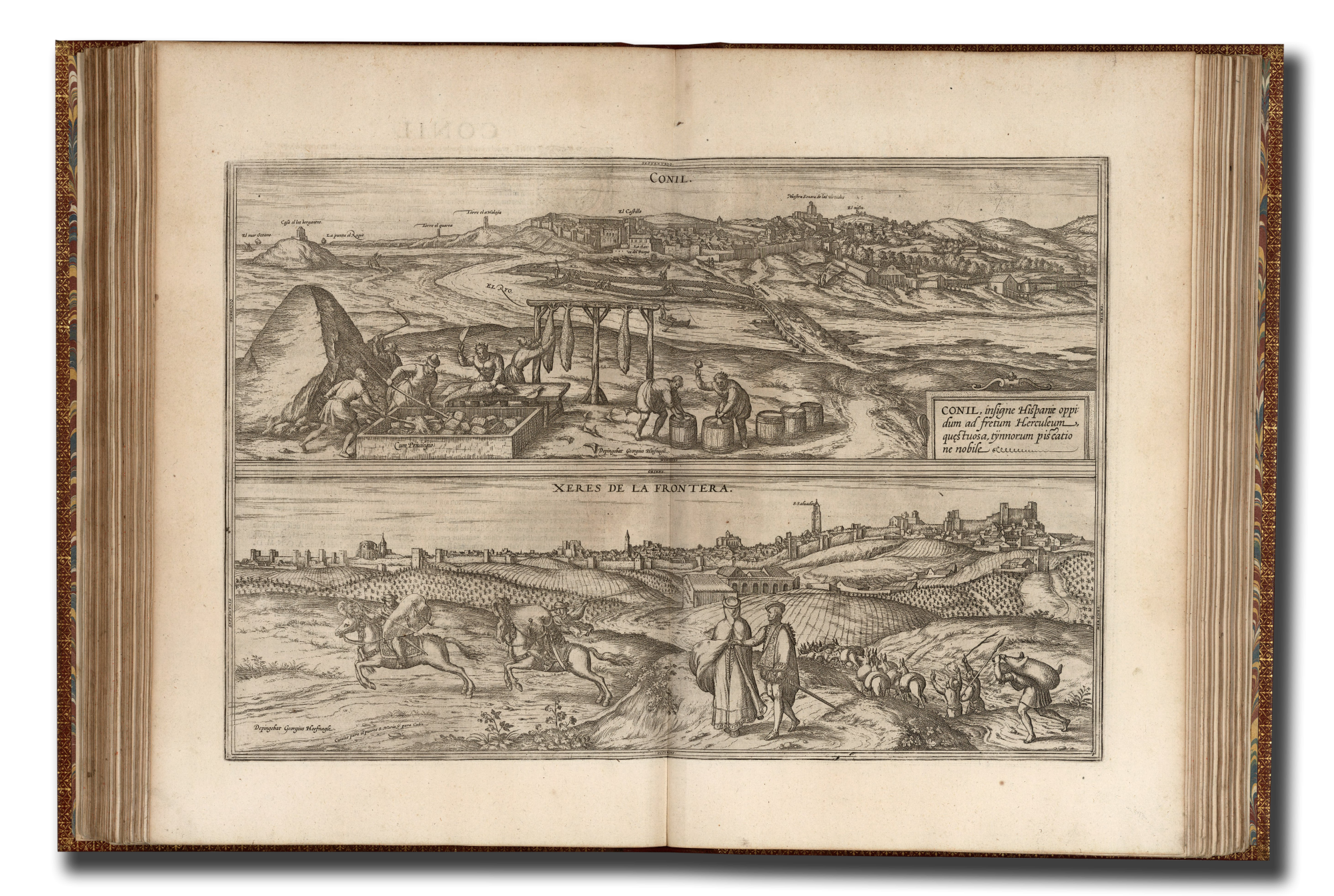

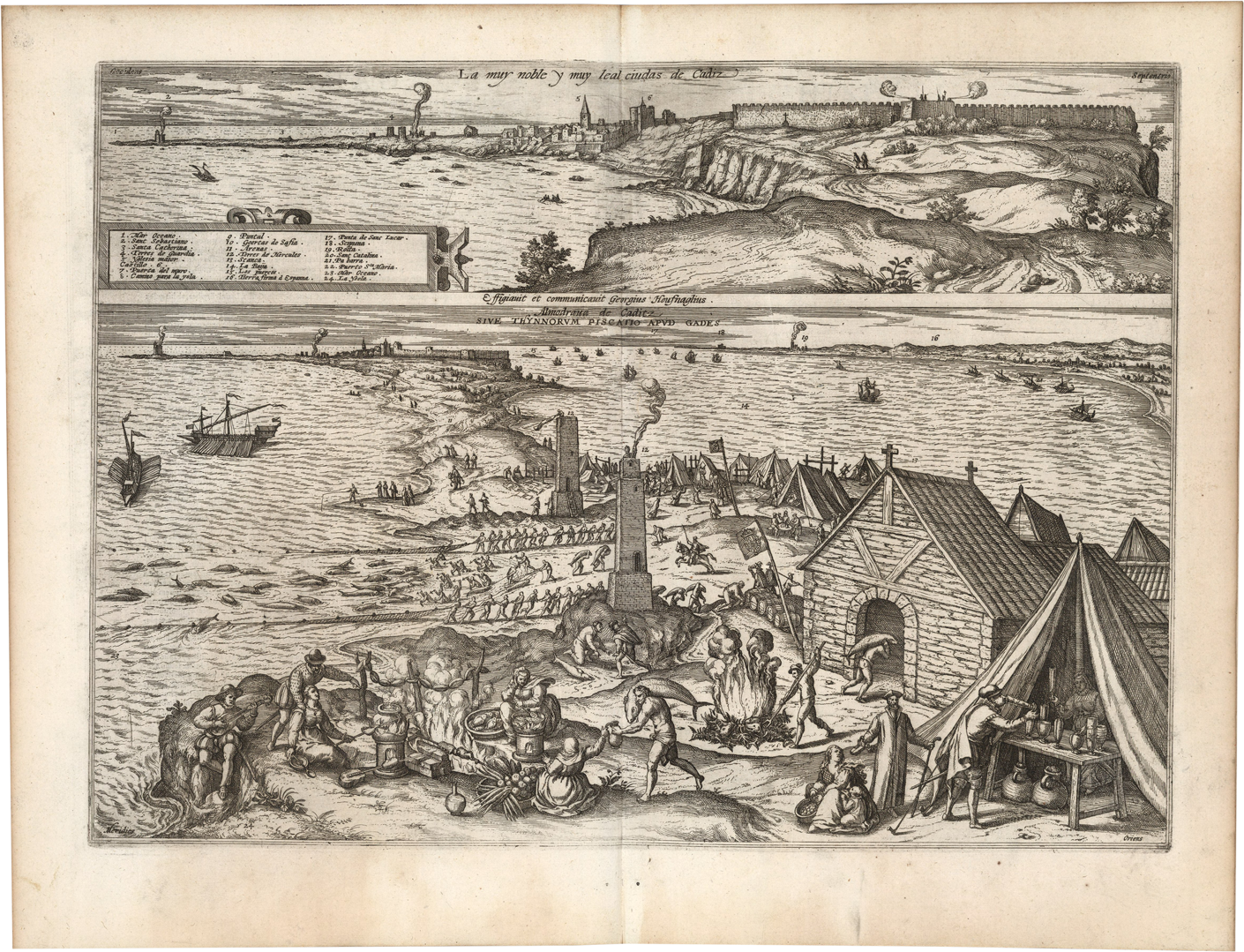
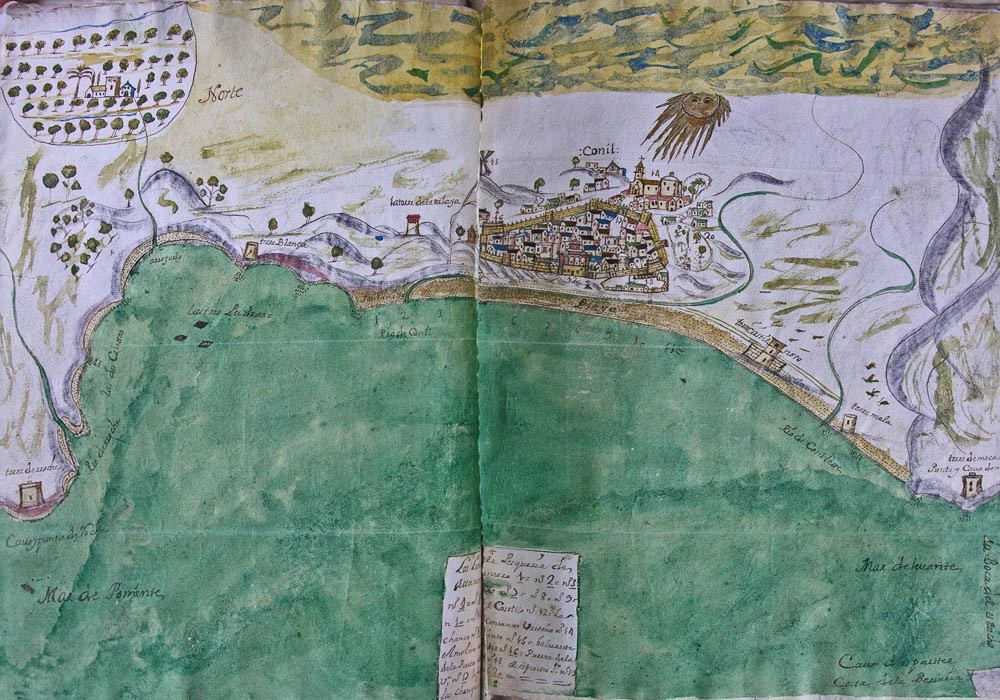
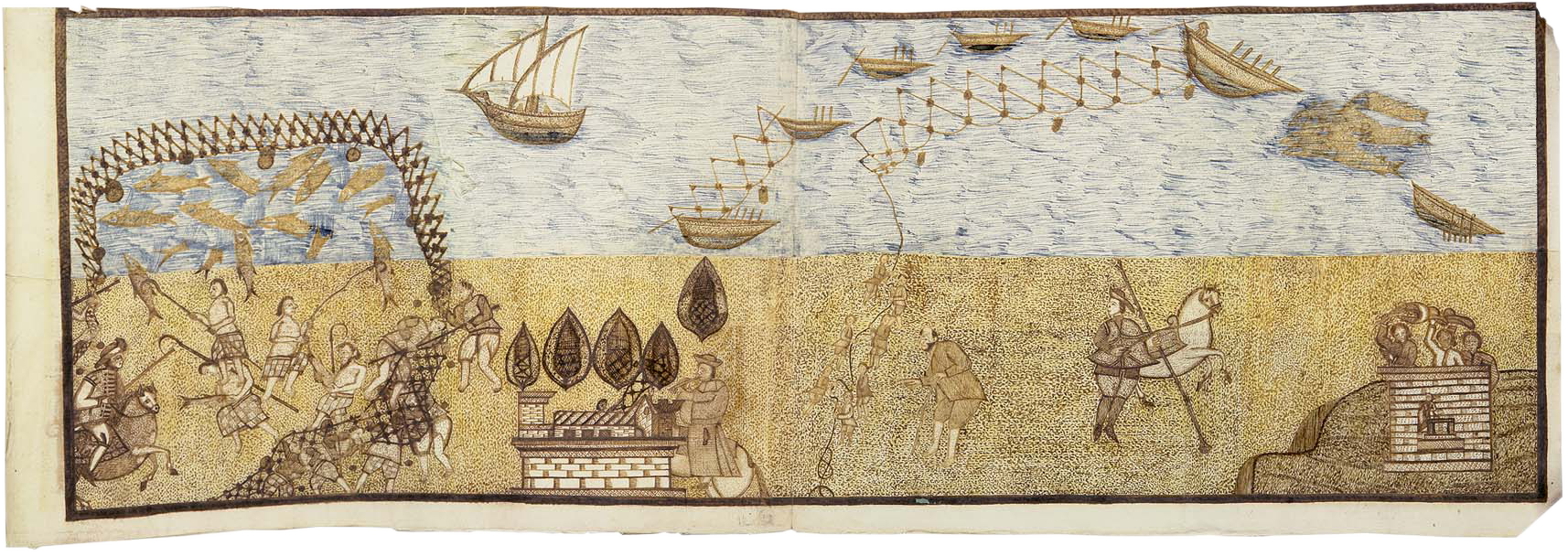
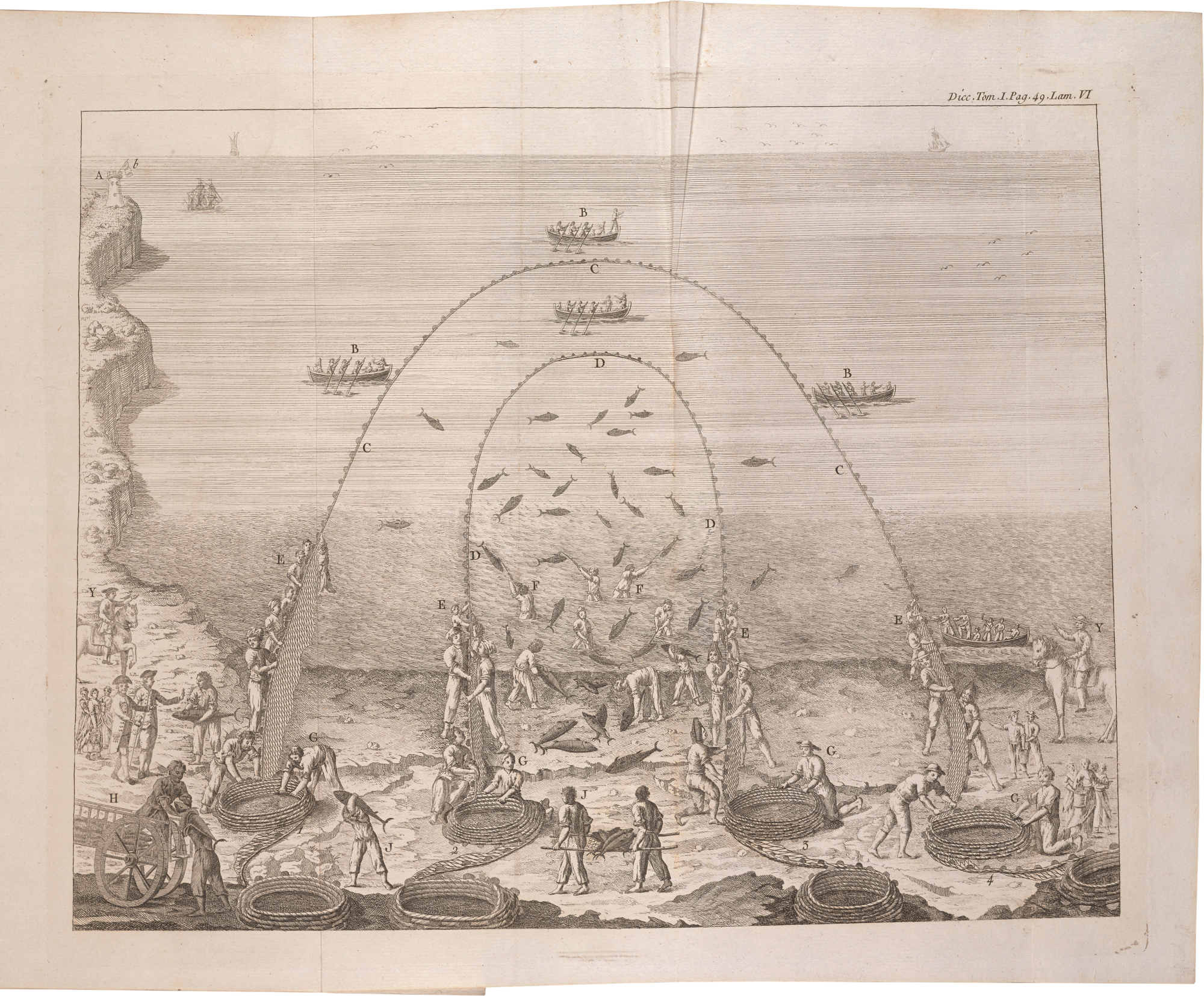
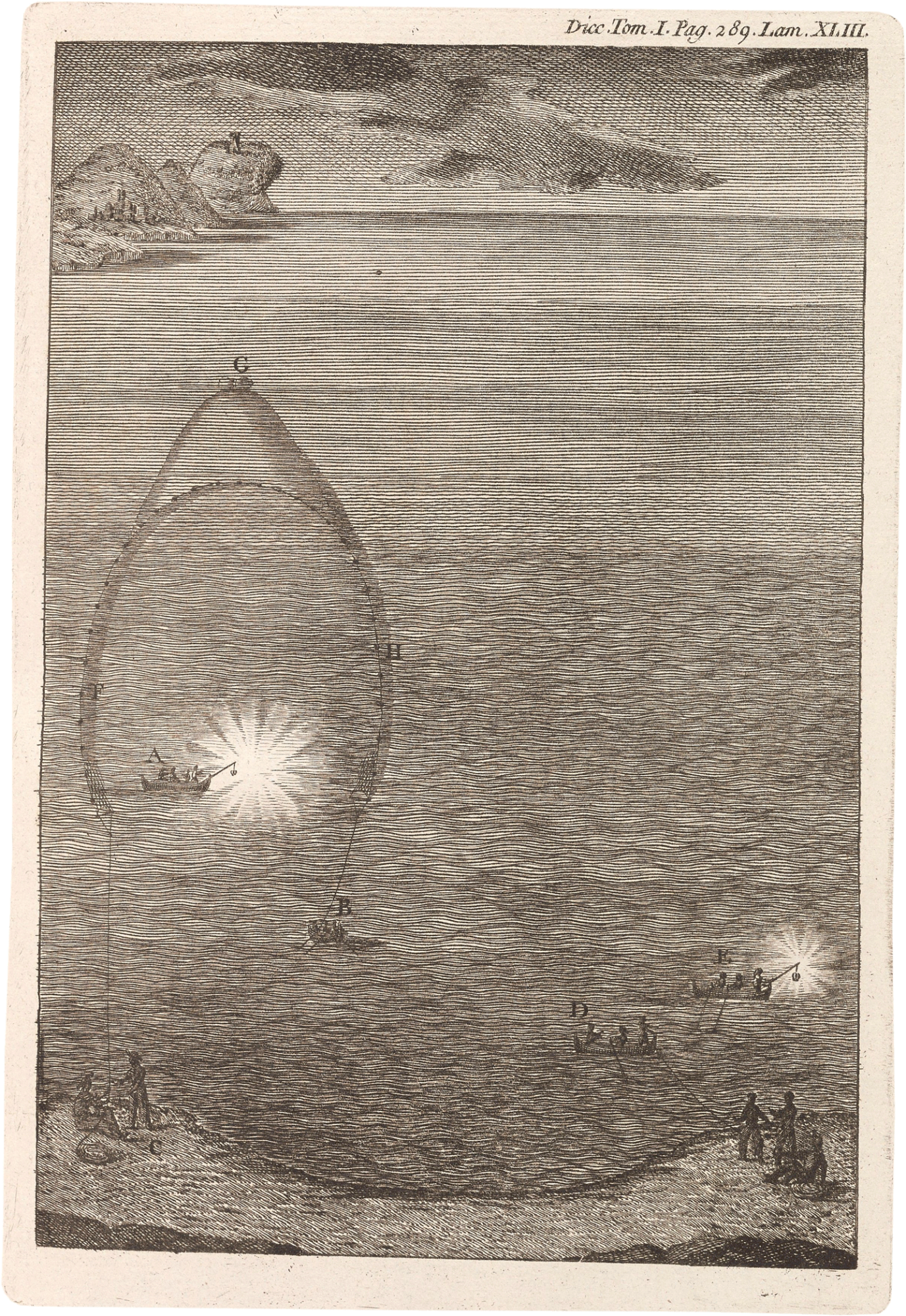
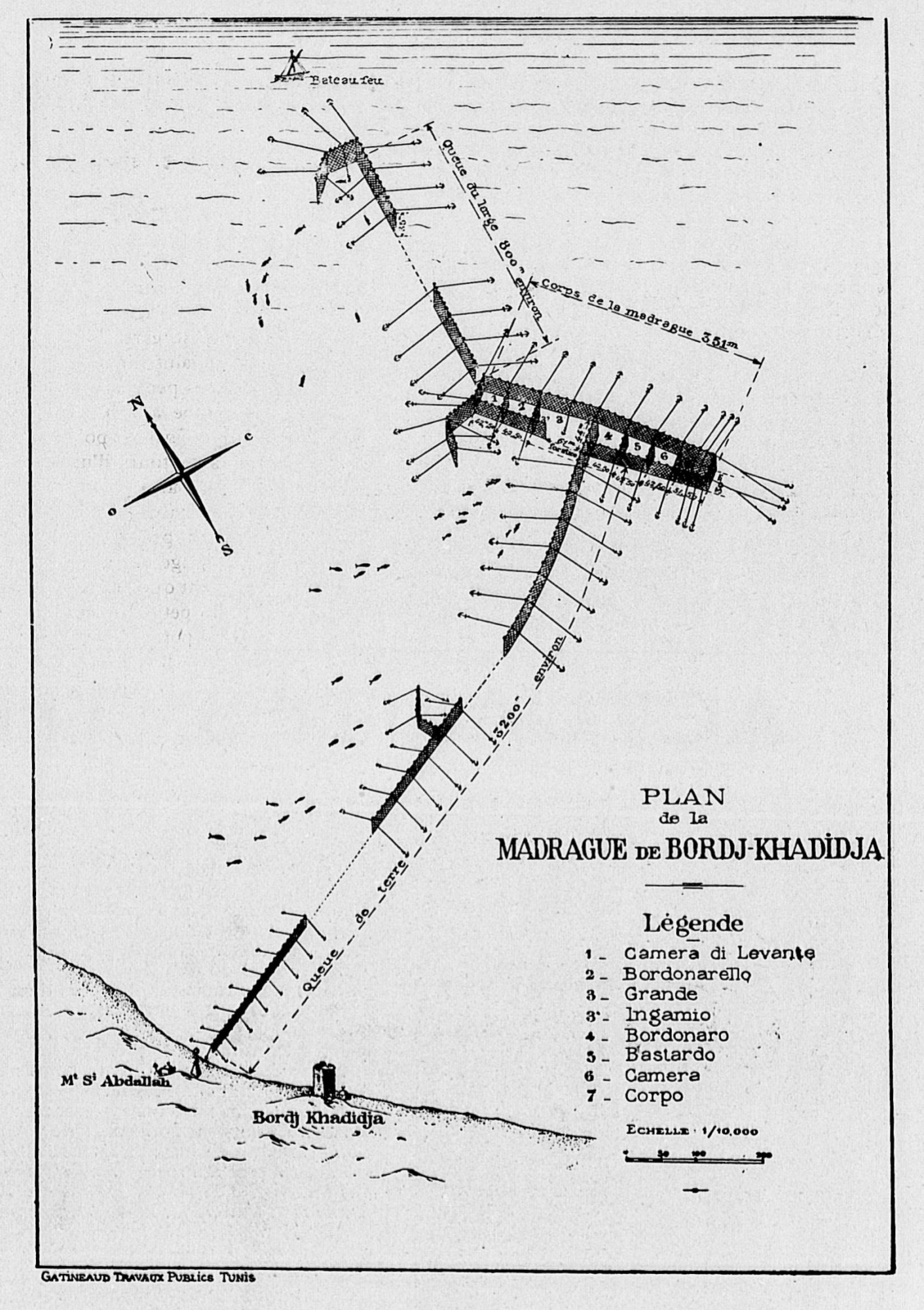
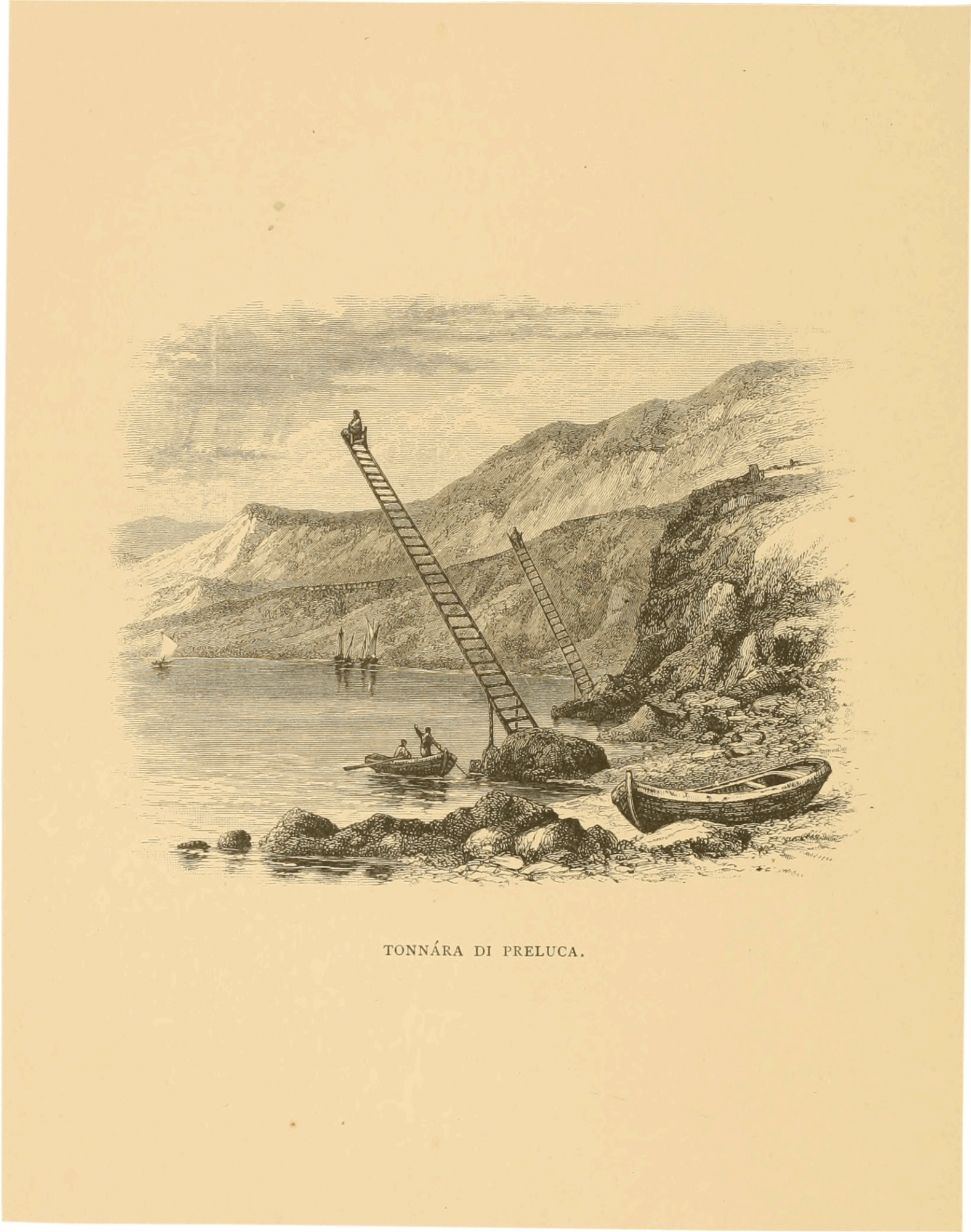
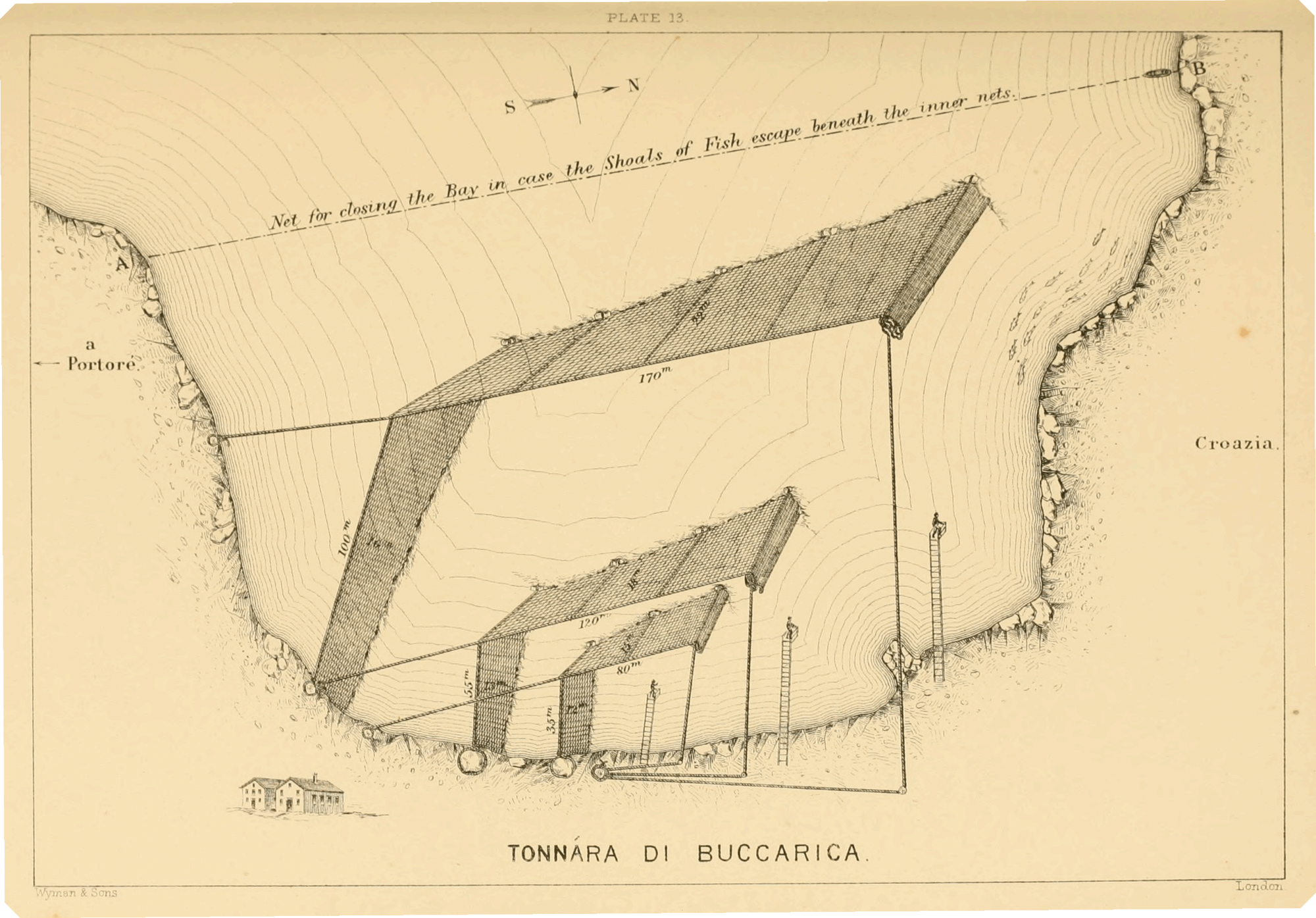
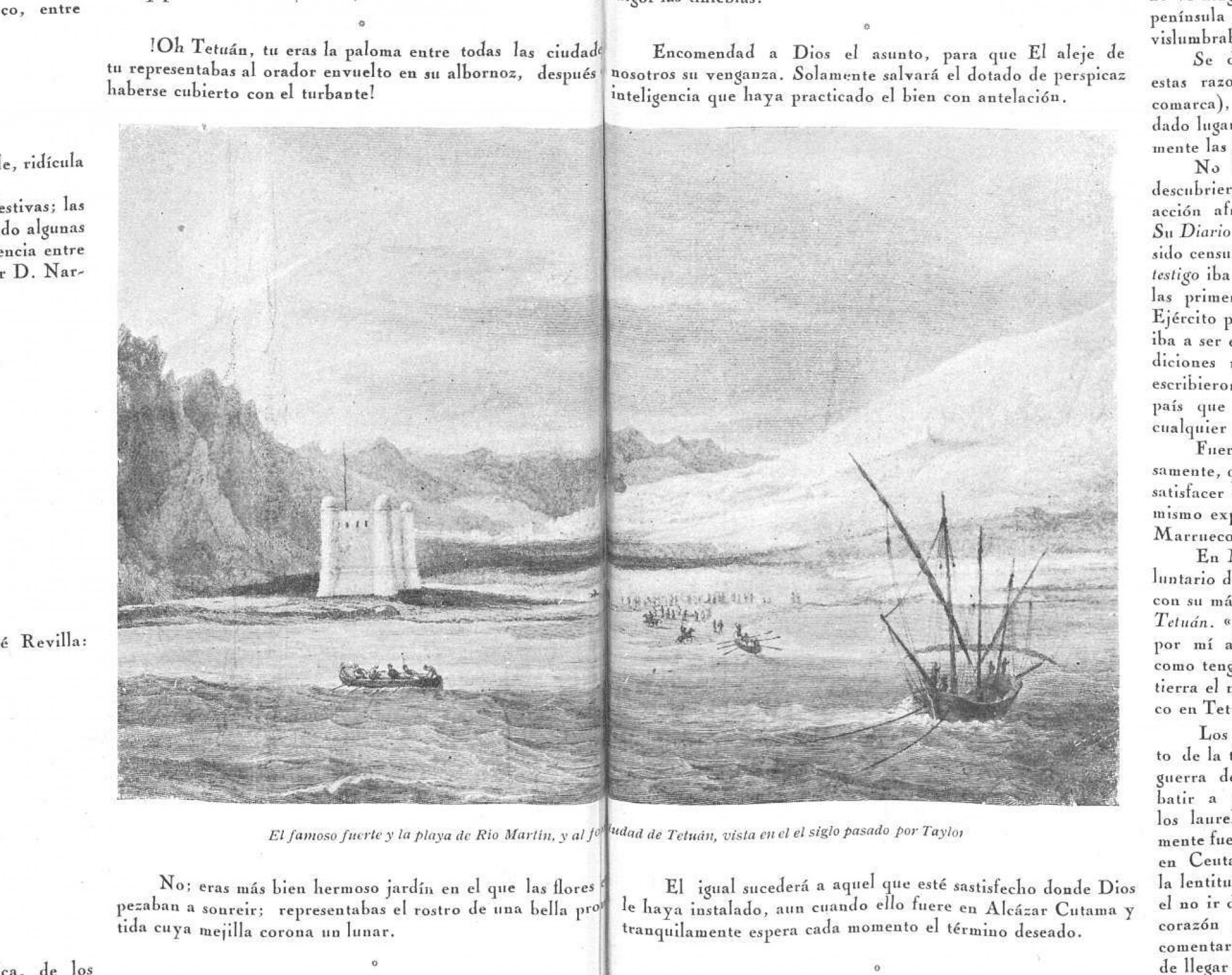
…
Genealogy
Genealogy
In 1479, the Treaty of Alcáçovas-Toledo formalized the Crown of Castille’s rights over Boujdour (in Western Sahara) up to Agadir (in Morocco). For decades, Portugal and Castille disputed over raid and fishing rights, or what Lino Camprubí has called “resource-based sovereignty,” which was temporarily resolved by the Treaty of Tordesillas in 1494, separating territory and water rights between the two crowns. Later, in 1860, Morocco’s defeat to Spain, decreed in the Ouad Ras treaty between the kingdoms, granted the victor the right to establish a fishery off the coast of a previous settlement in Santa Cruz de la Mar Pequeña (now Sidi Ifni in Western Sahara). In 1884, at the Berlin Conference, Spain’s claim over Western Sahara was granted, primarily due to its fishing potential. Thus, the right to fish in waters neighboring present-day Morocco and Western Sahara has been a source of contention and desire among various European powers, notably Spain and Portugal, for several centuries.
With the end of the civil war in Spain in 1939, marked by Franco’s victory, long-distance industrial fishing made a significant leap with the implementation of the Naval Credit Act. This act provided low-cost credit for fishing fleet construction and renewal with long-term repayment schemes. As a result, the fleet radically increased in size, leading to overfishing along the Spanish coasts. In this context, extraterritorial fishing was presented as a solution to overexploited peninsular waters and begins to explain how Spain became the largest fleet in Europe.
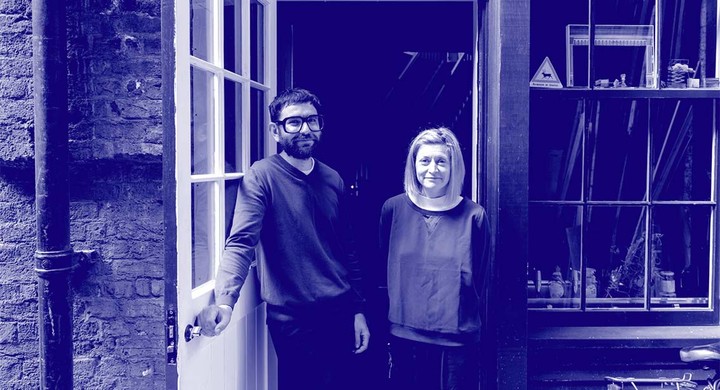
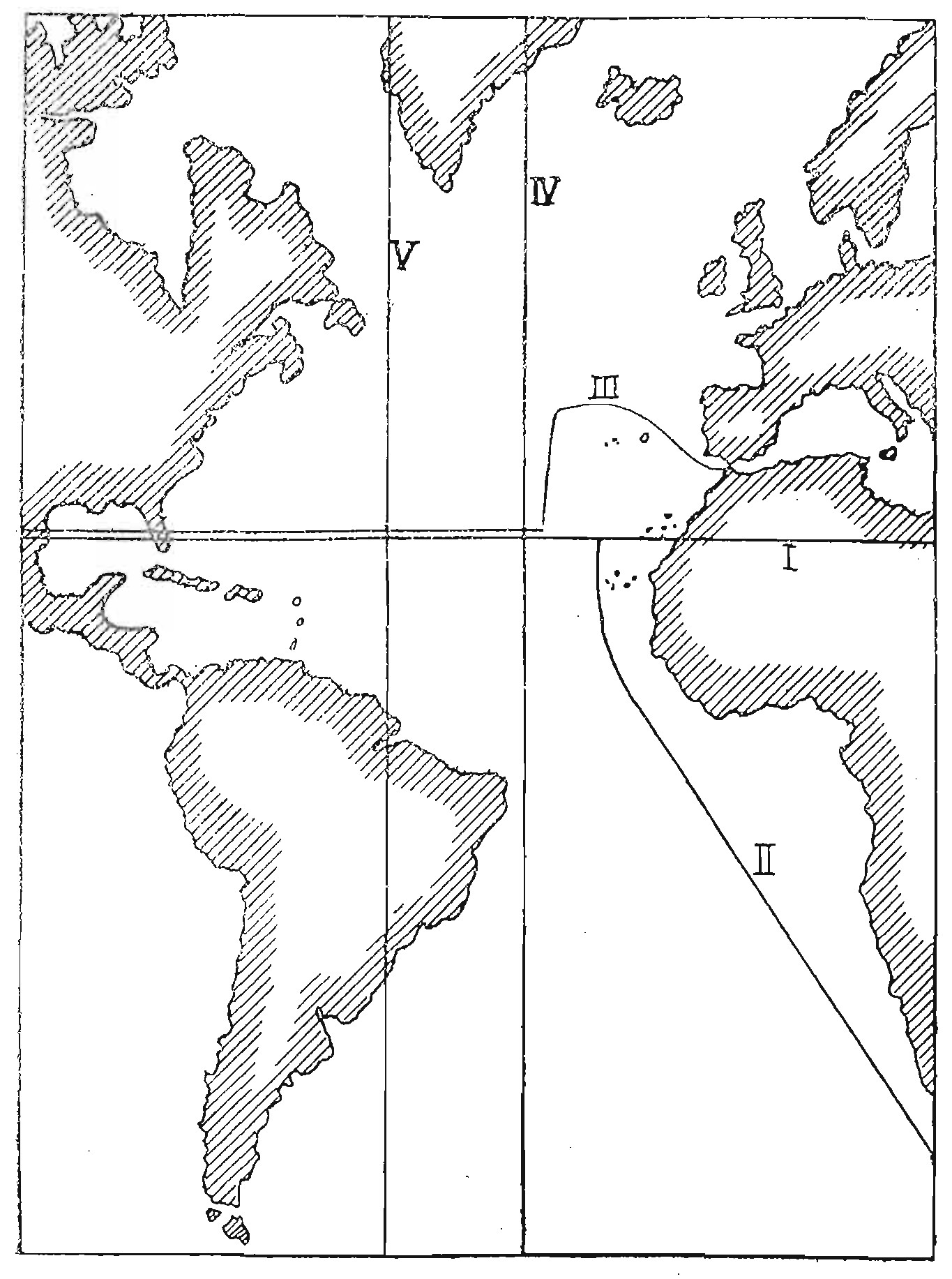
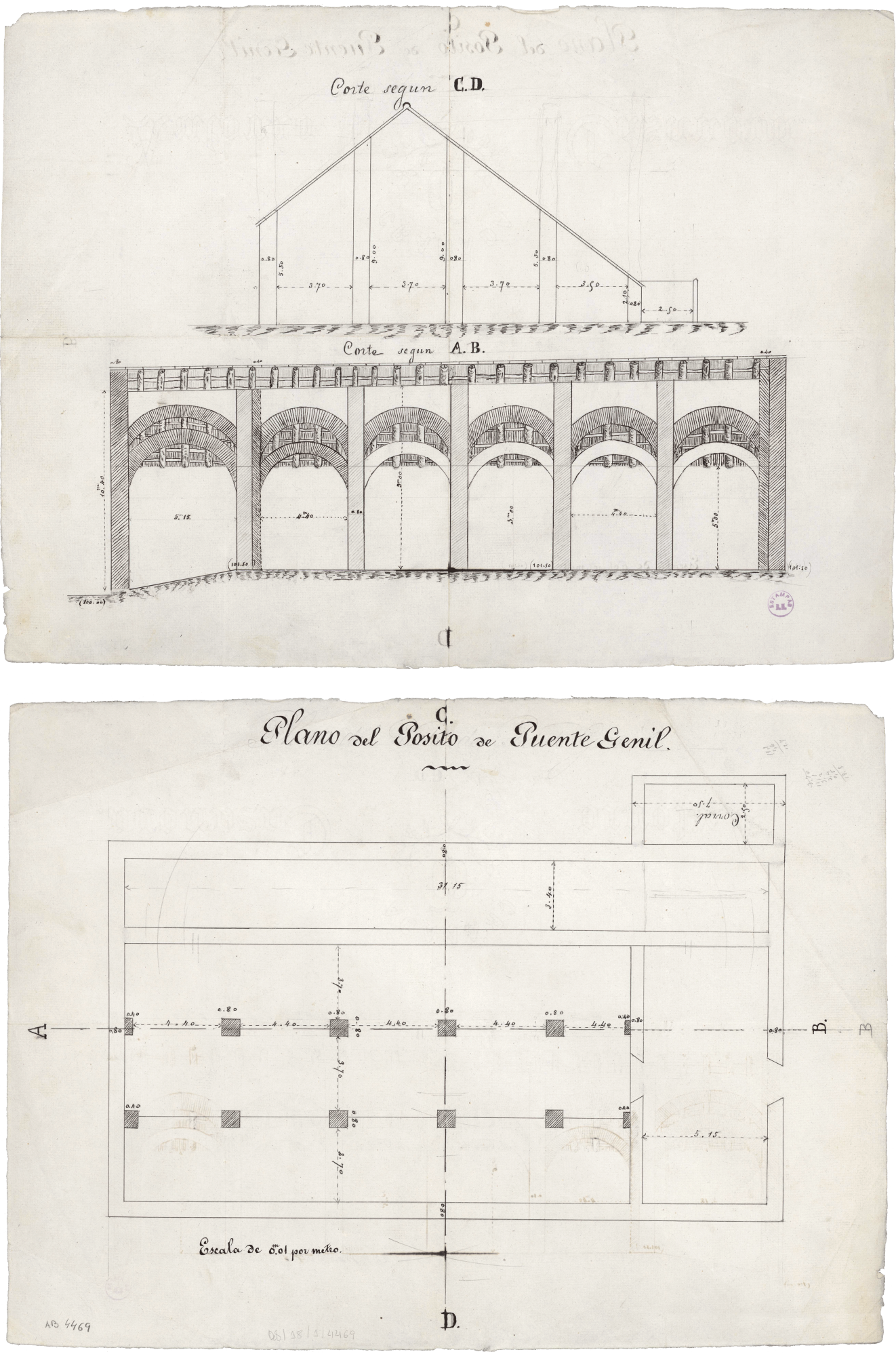
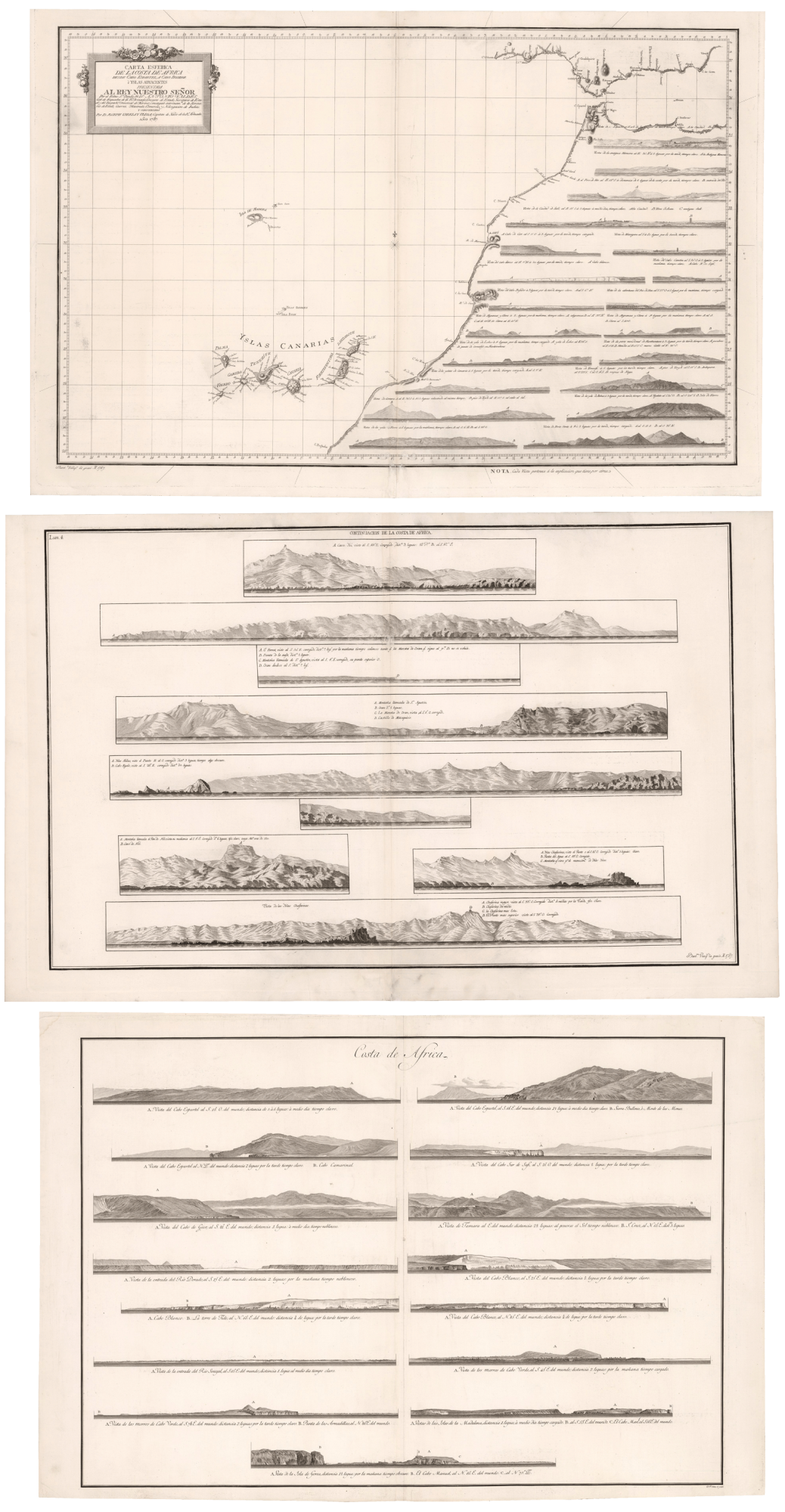
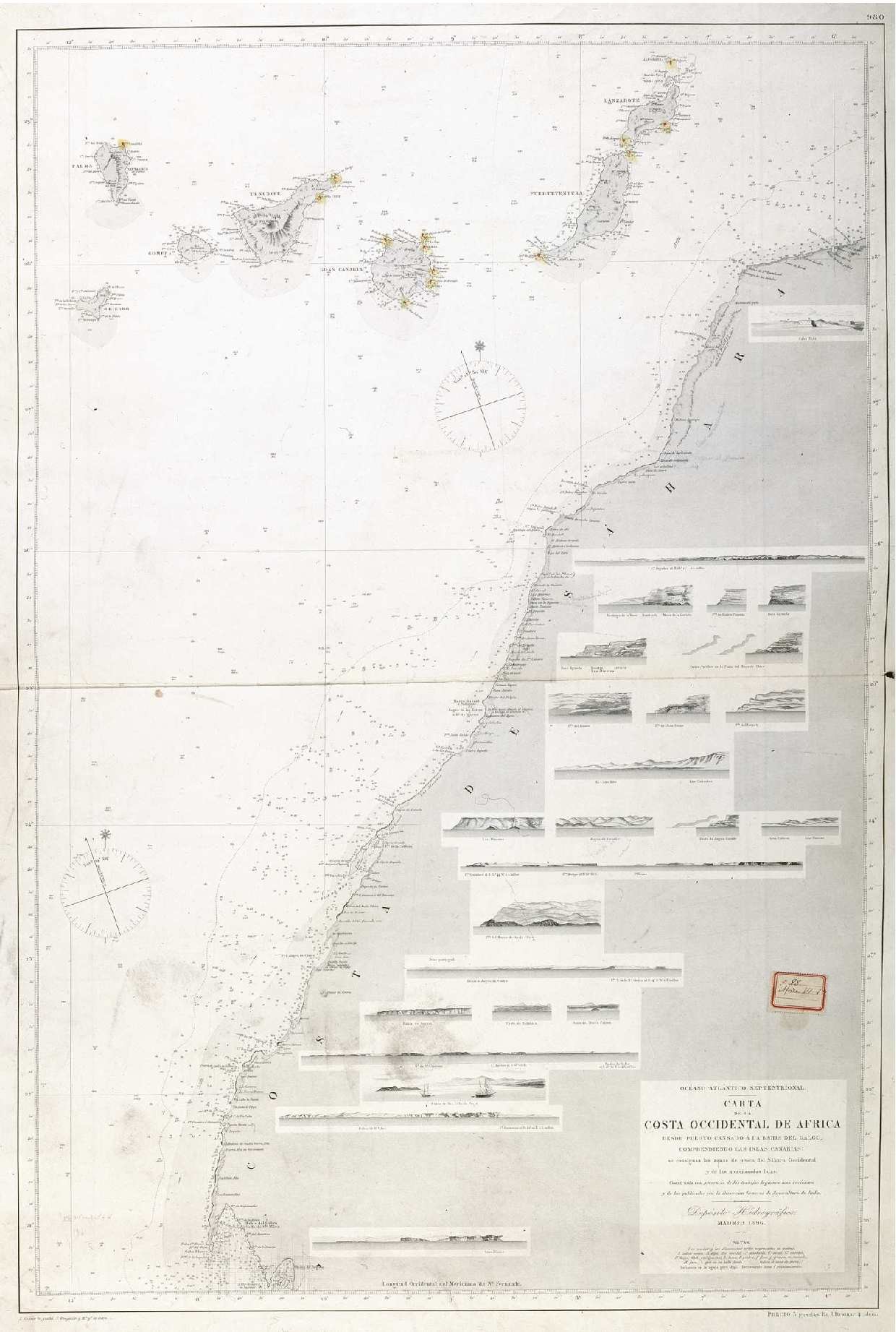
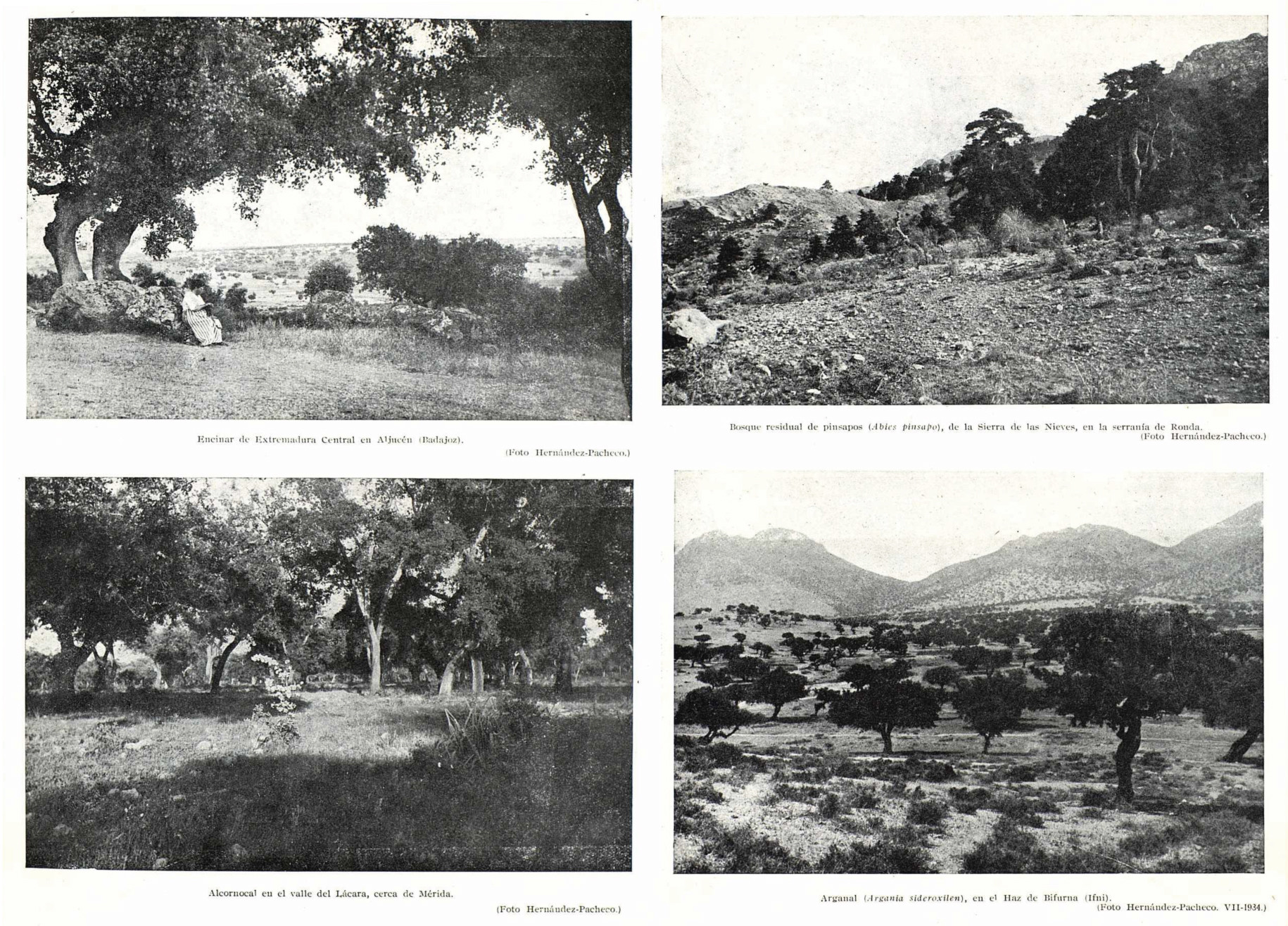
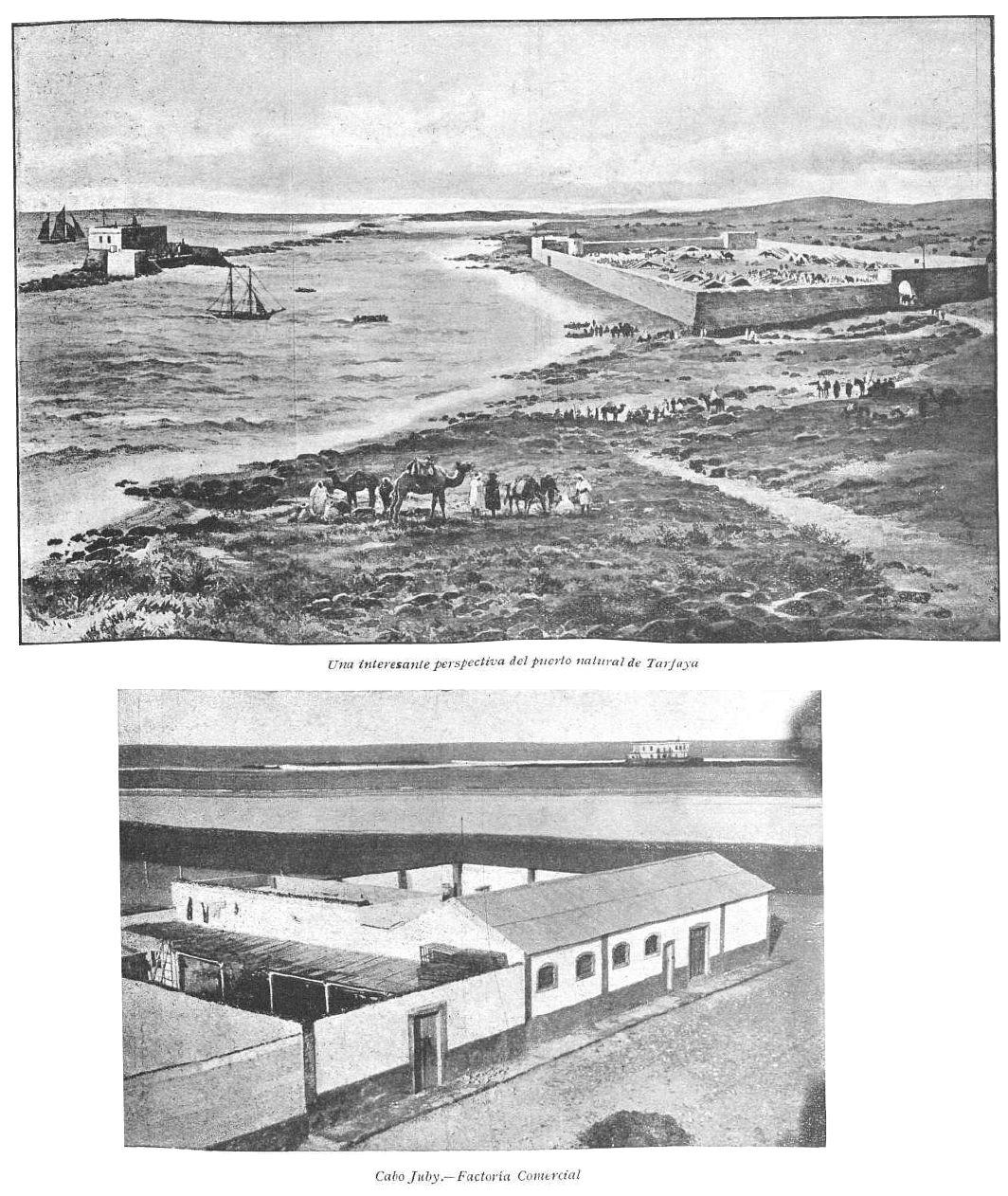
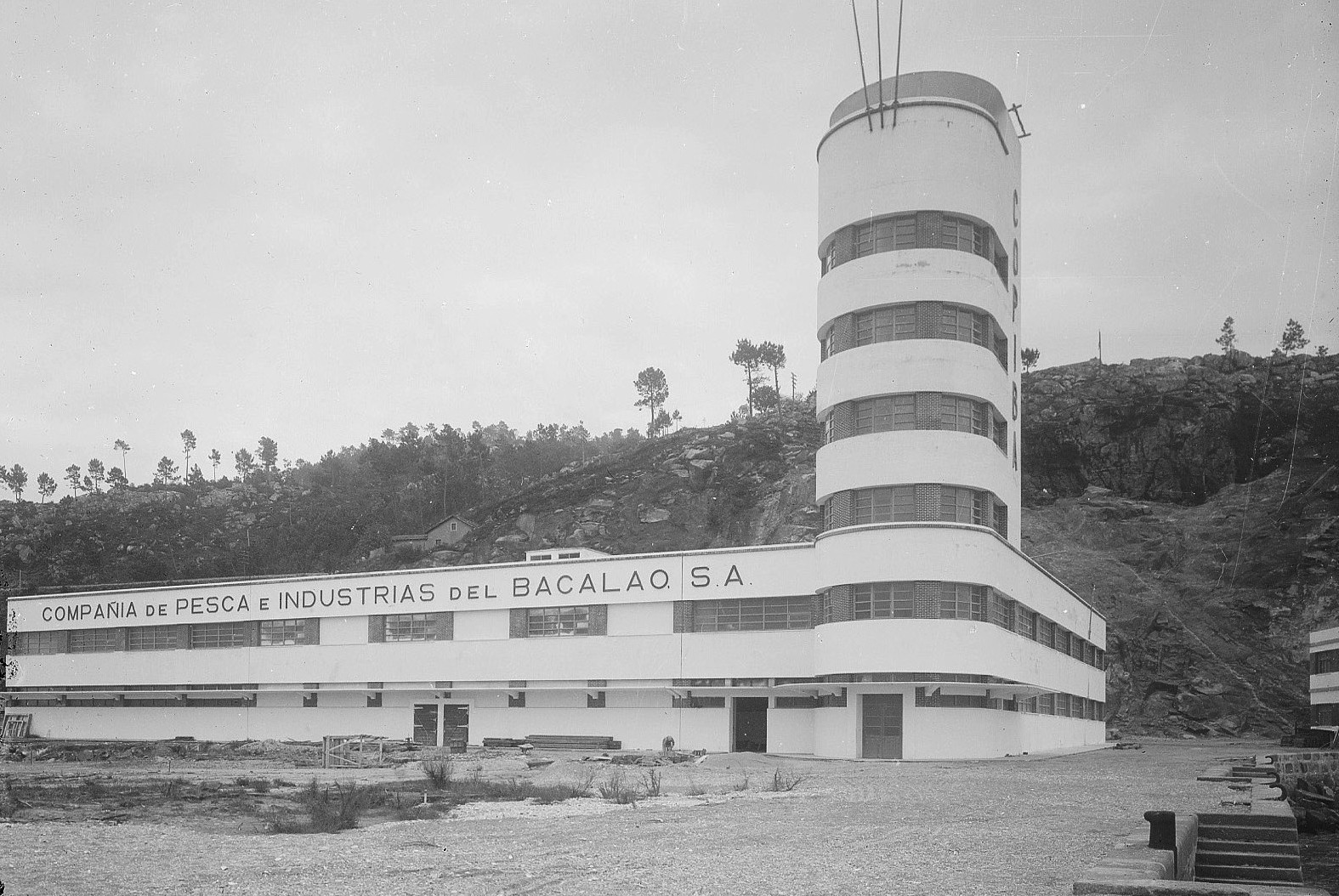
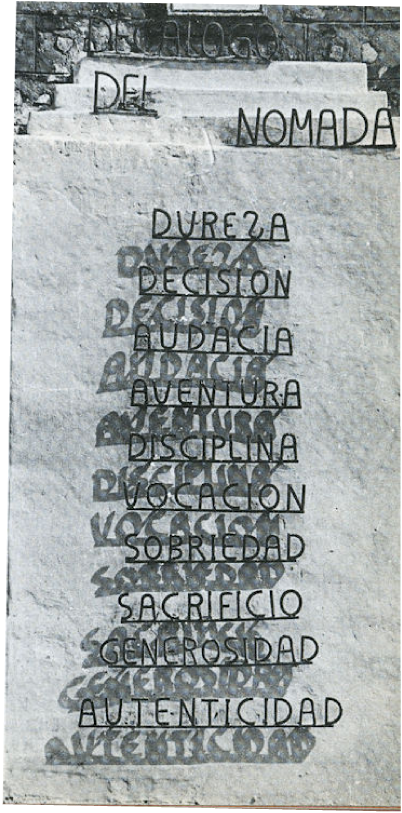
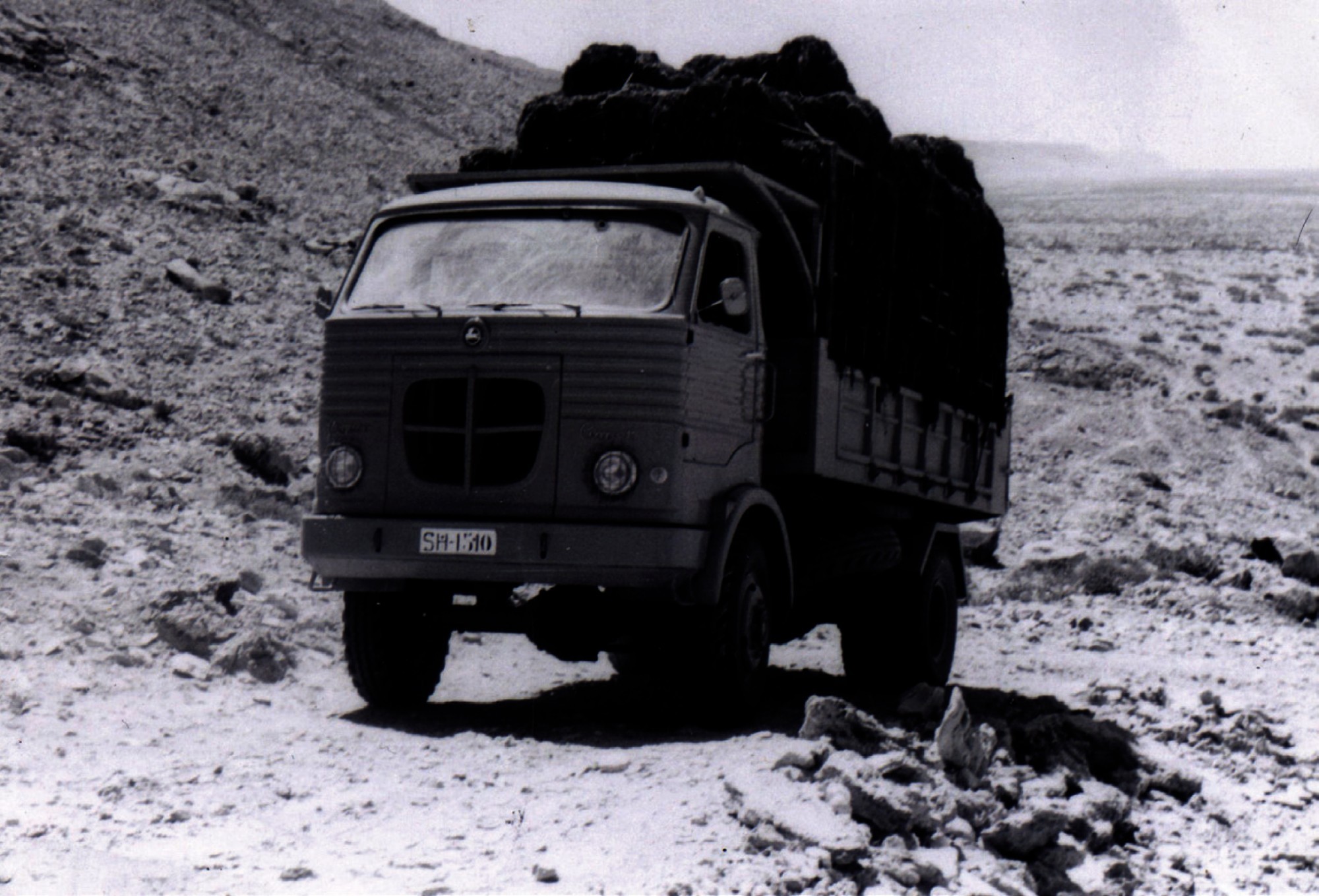
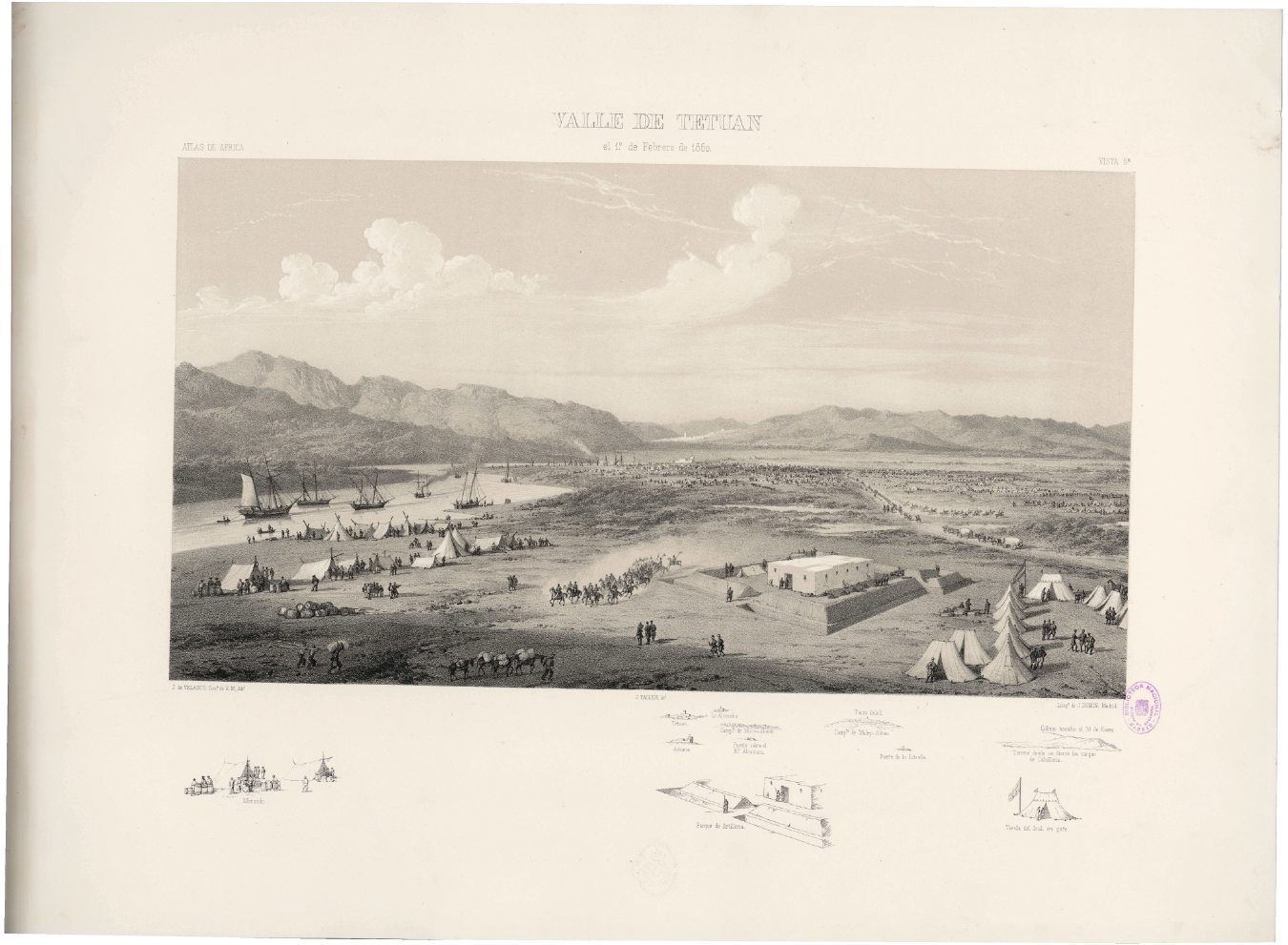
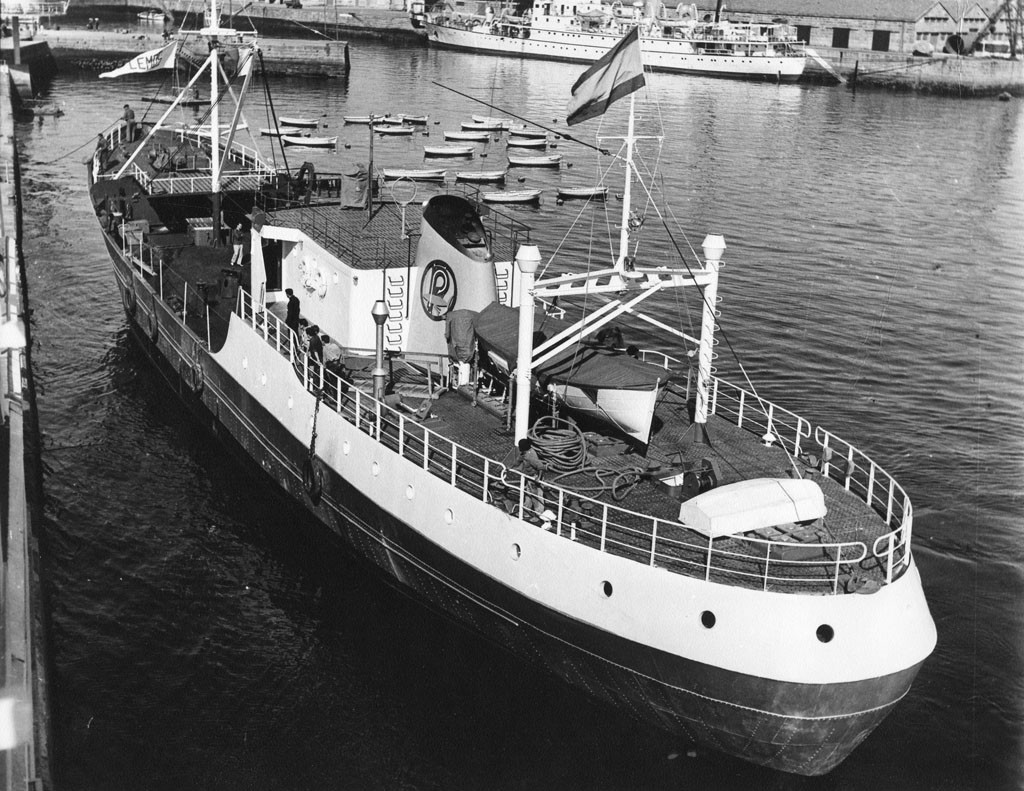
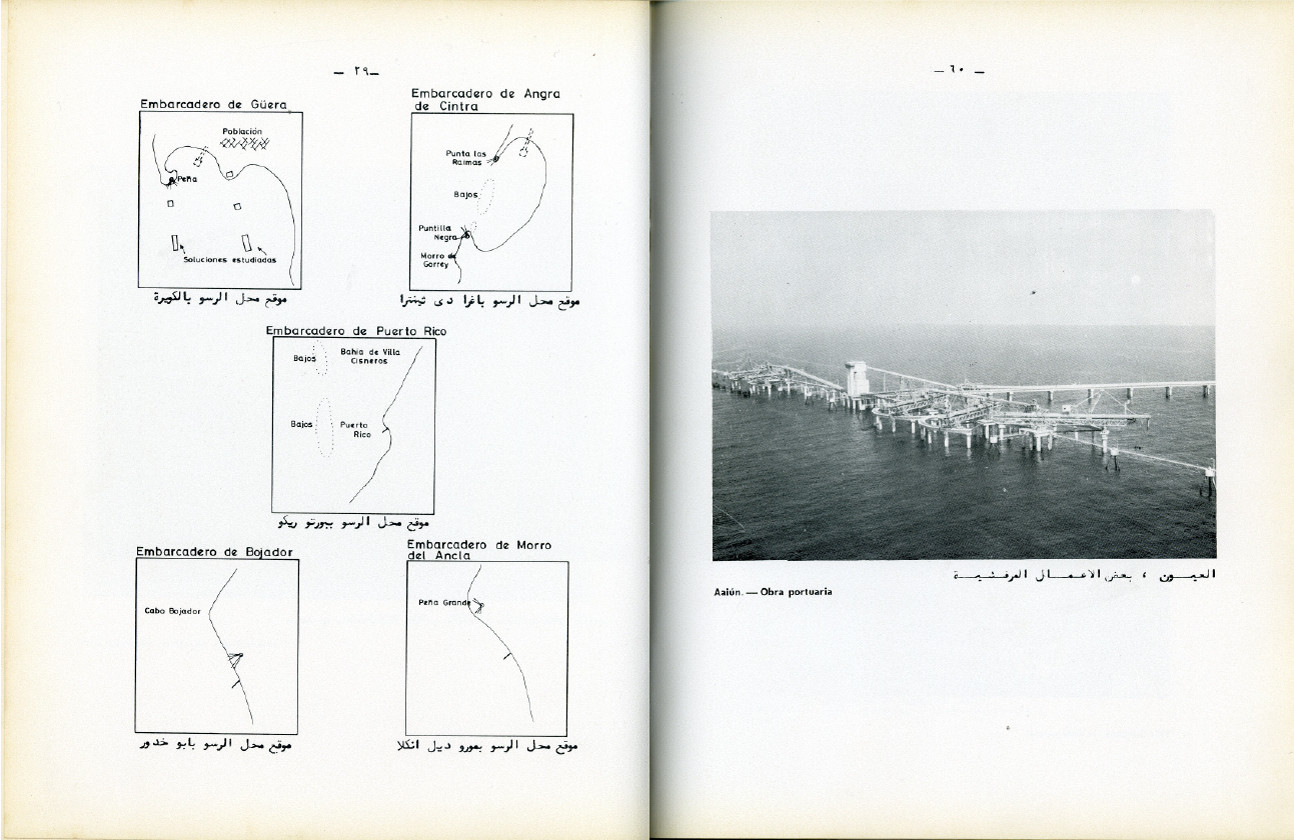
…
NO-DO
NO-DO
These NO-DOs, portraying the skilful fisherman Franco, functioned in juxtaposition with those documenting his presence at the inauguration of industrial fishing fleets, such as the Vimianzo, named after a city in Galicia. Other NO-DOs recounted Spain’s greatness as a fishing nation, namely showing the rail infrastructure that distributed the fish with such efficiency that it afforded the nicknaming of the landlocked capital Madrid: Puerto Pesquero (fishing port).
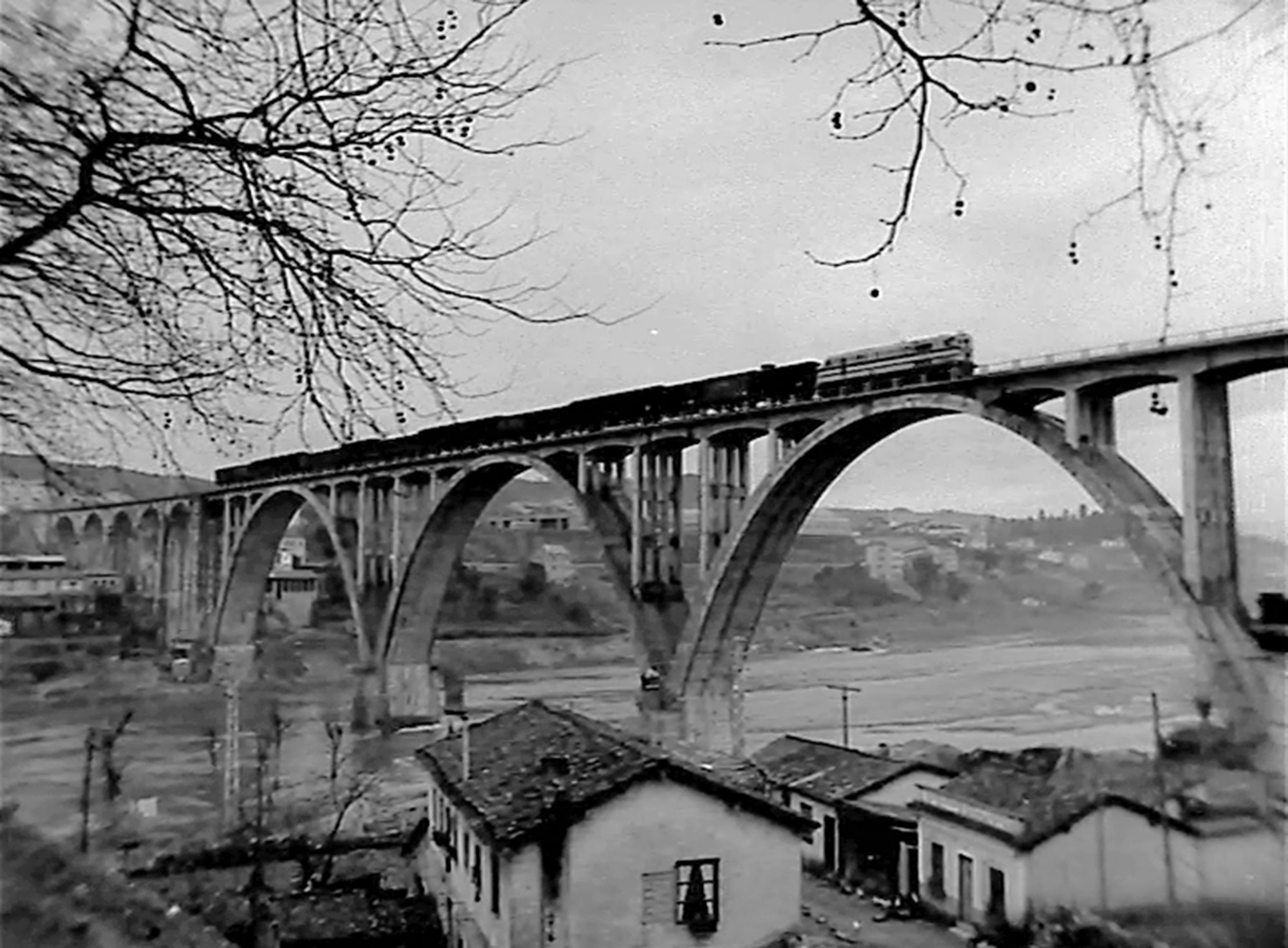
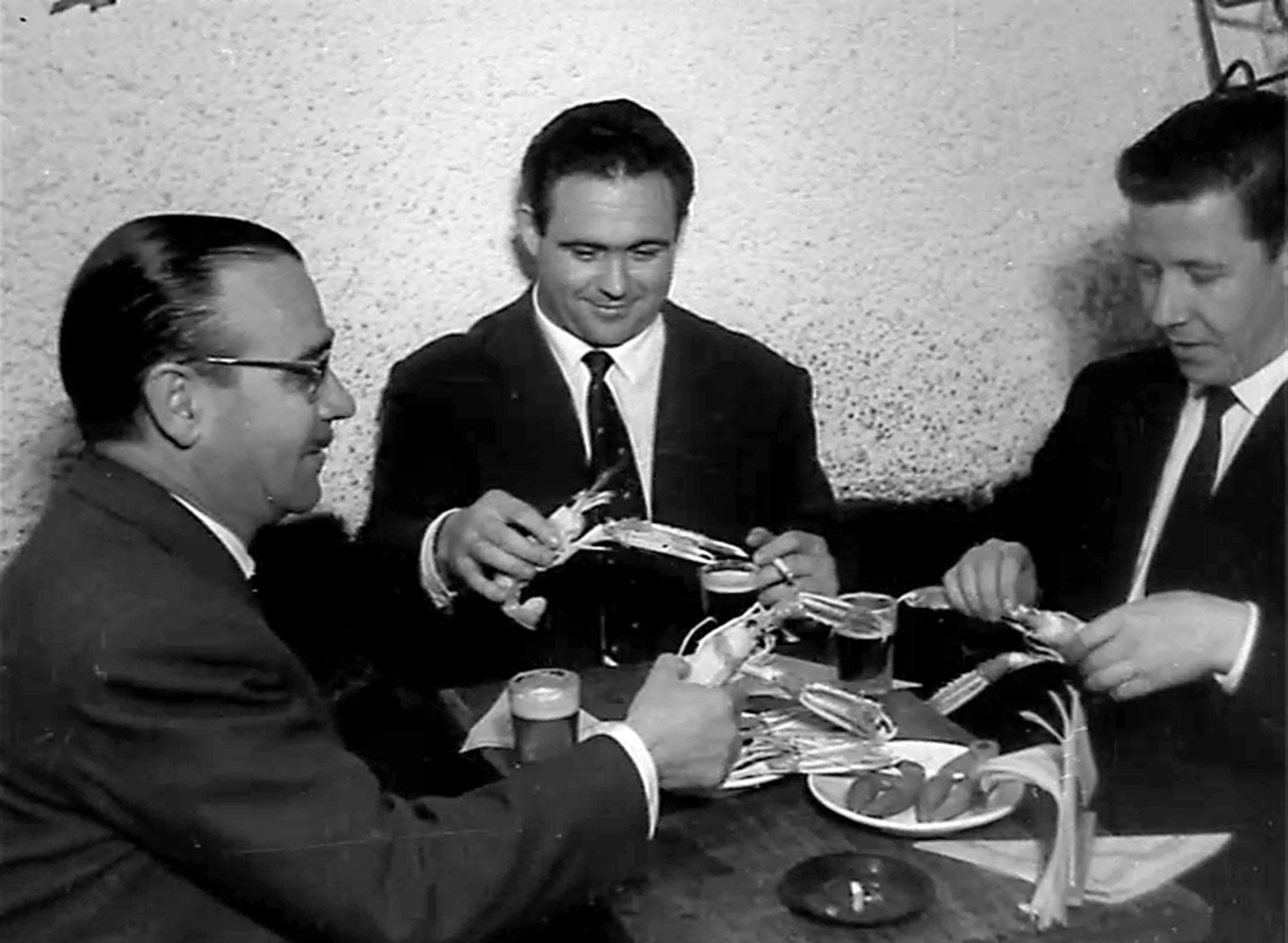
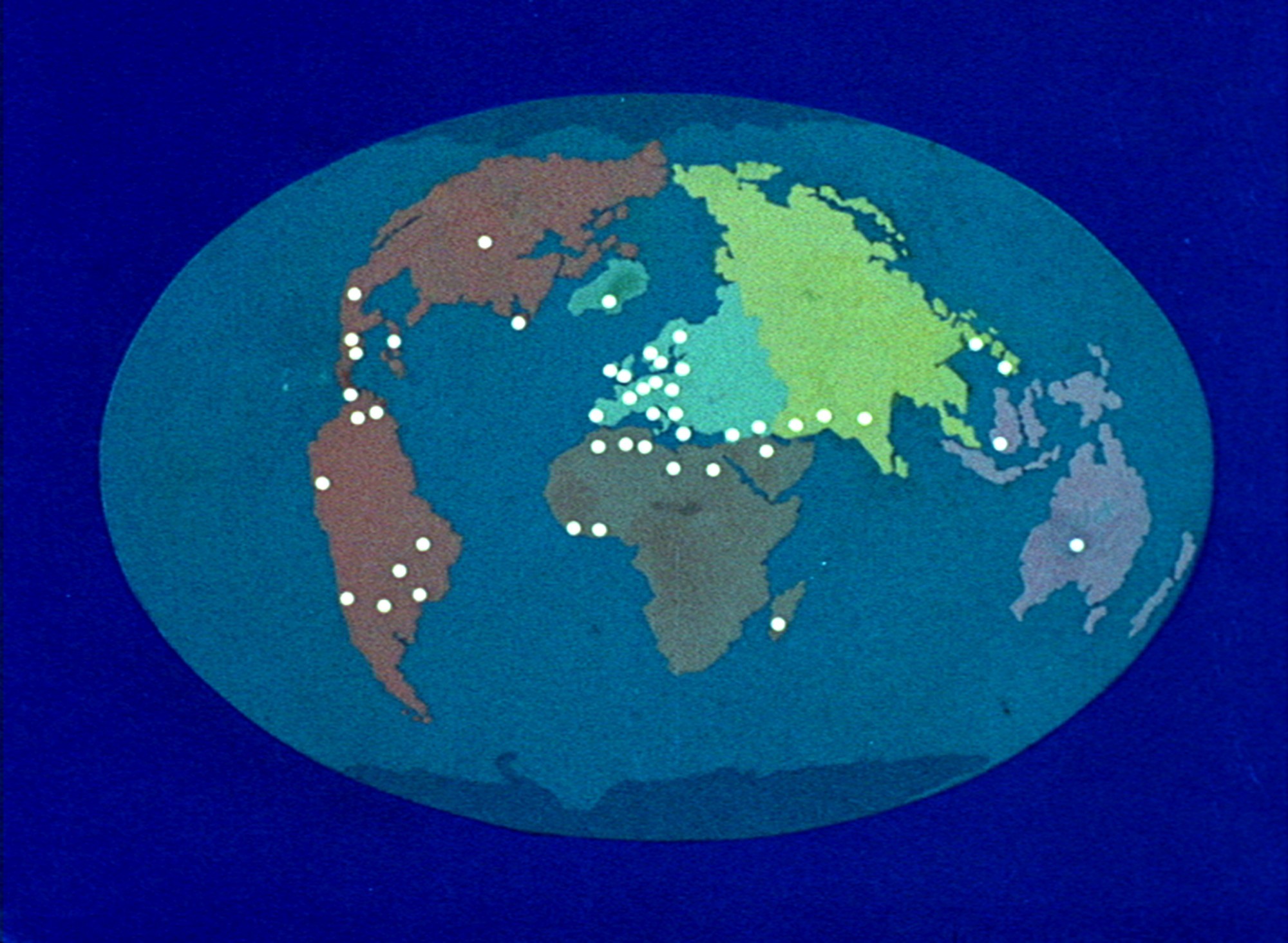
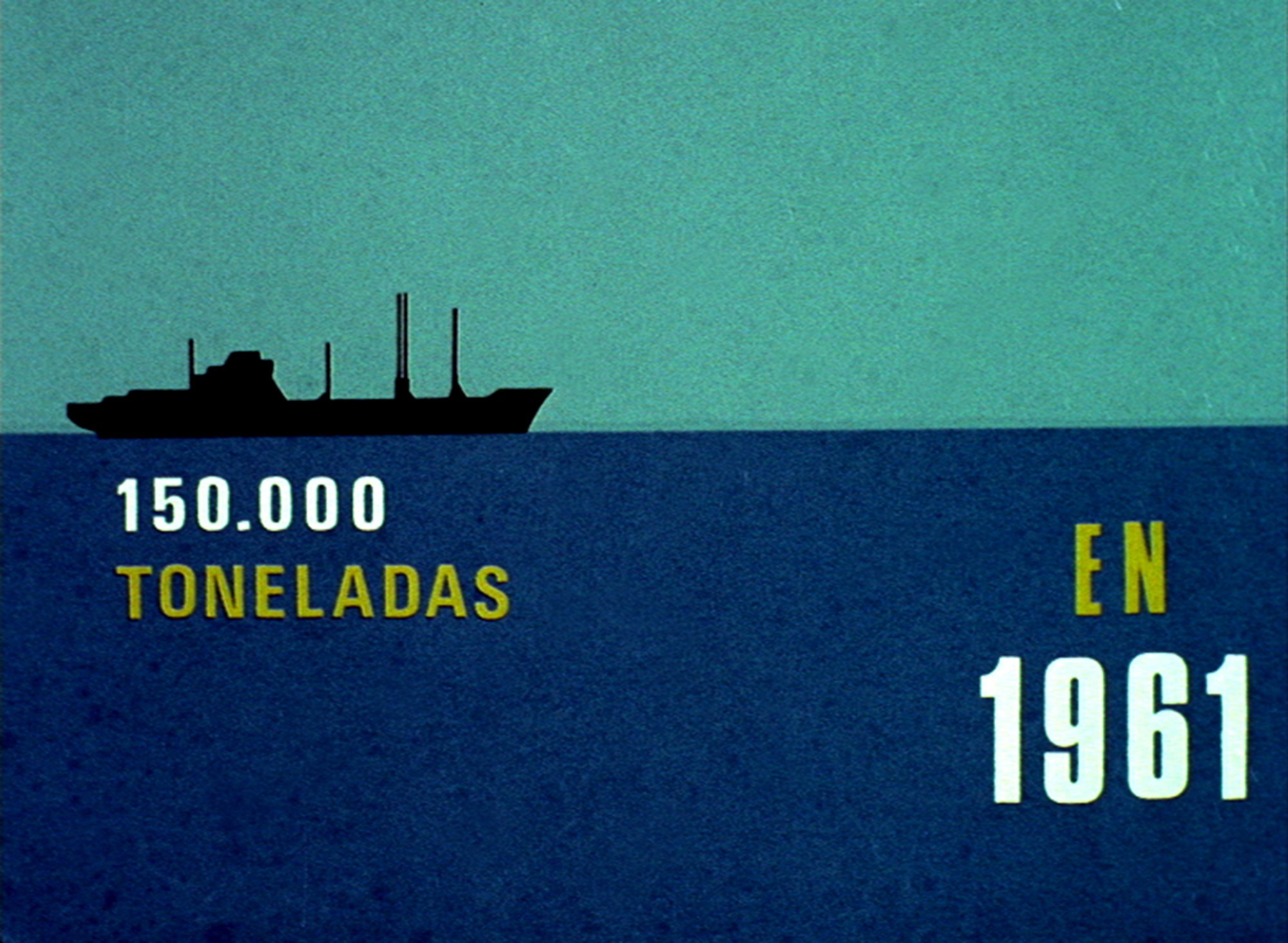
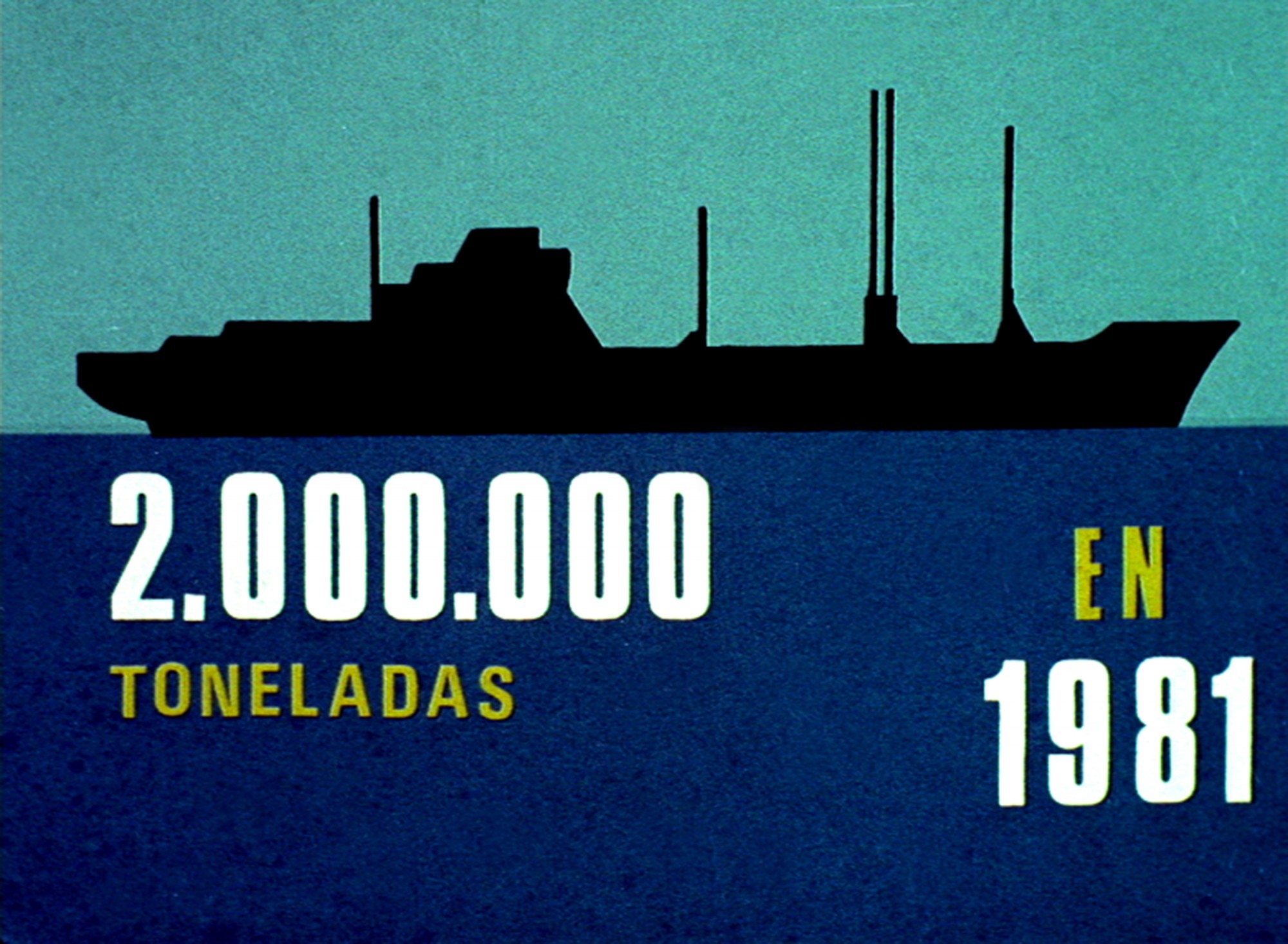
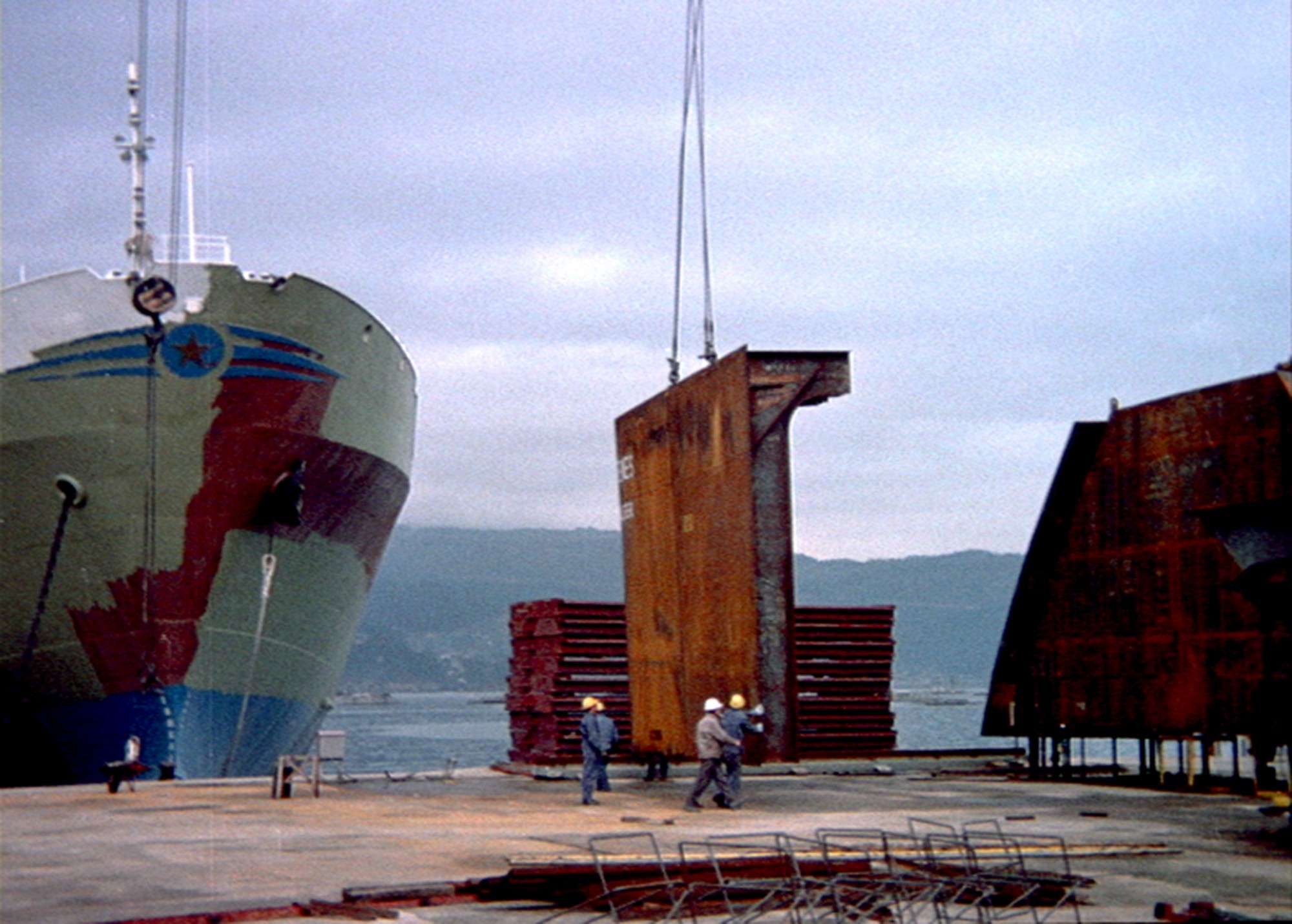
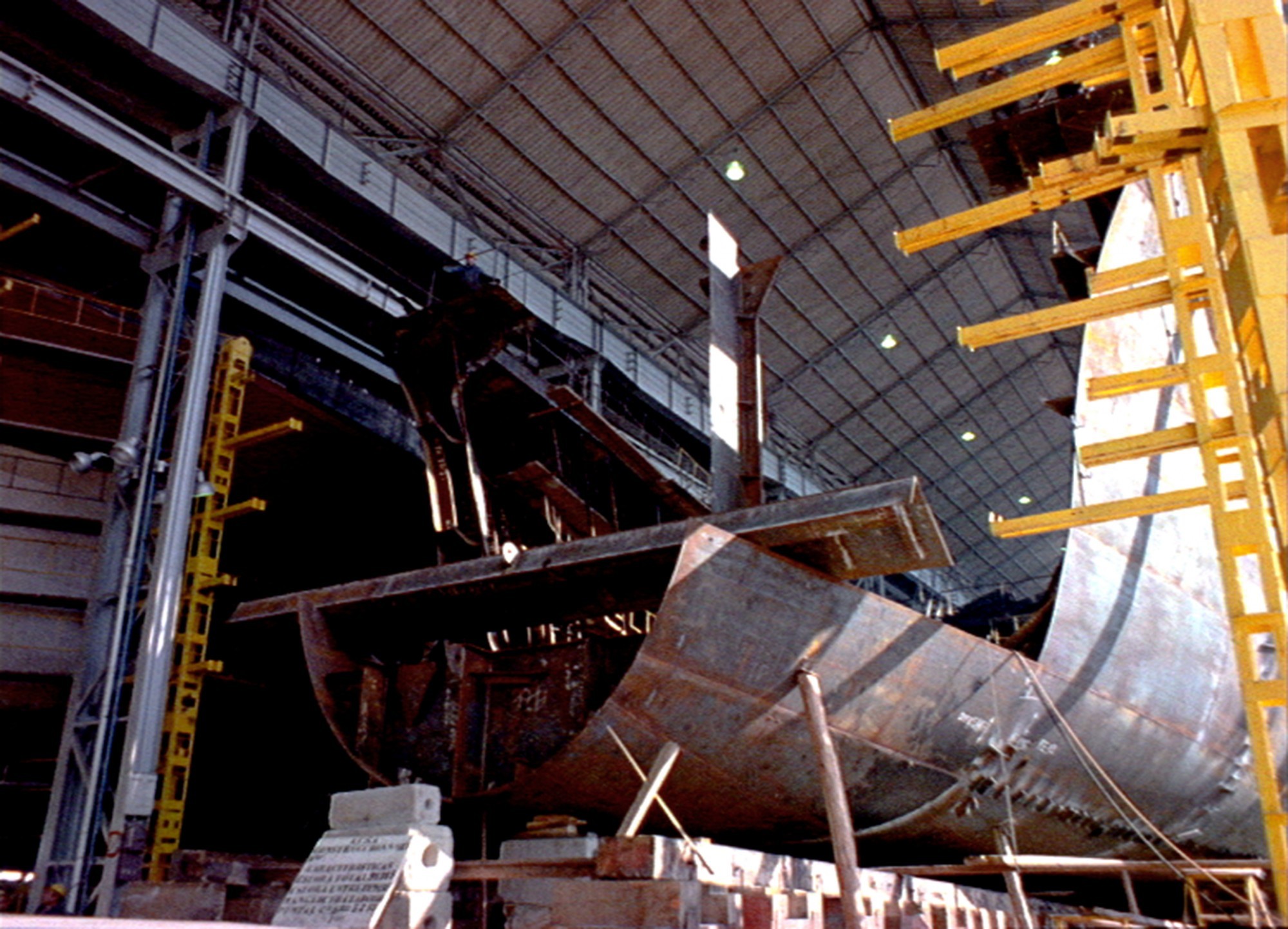
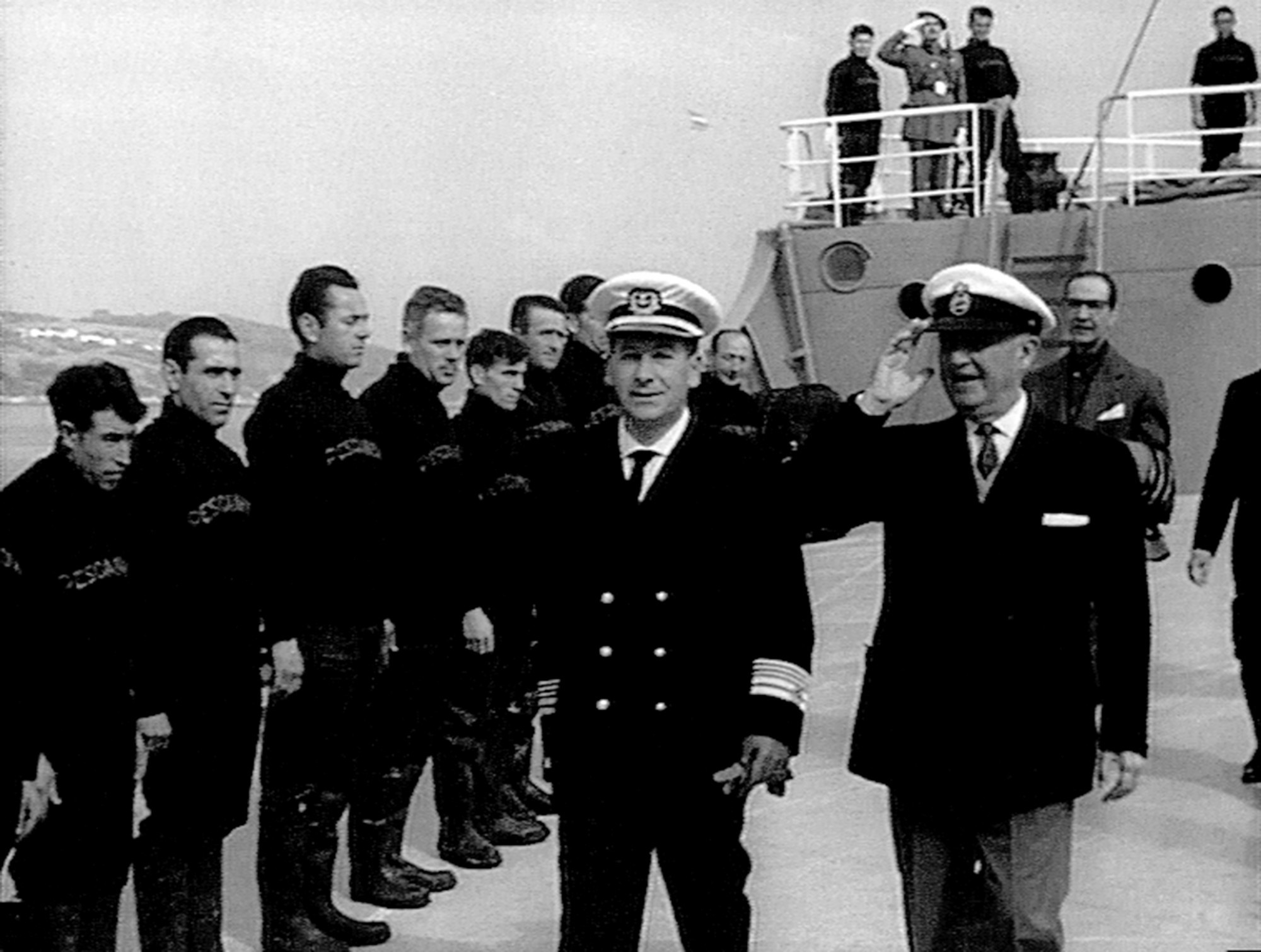
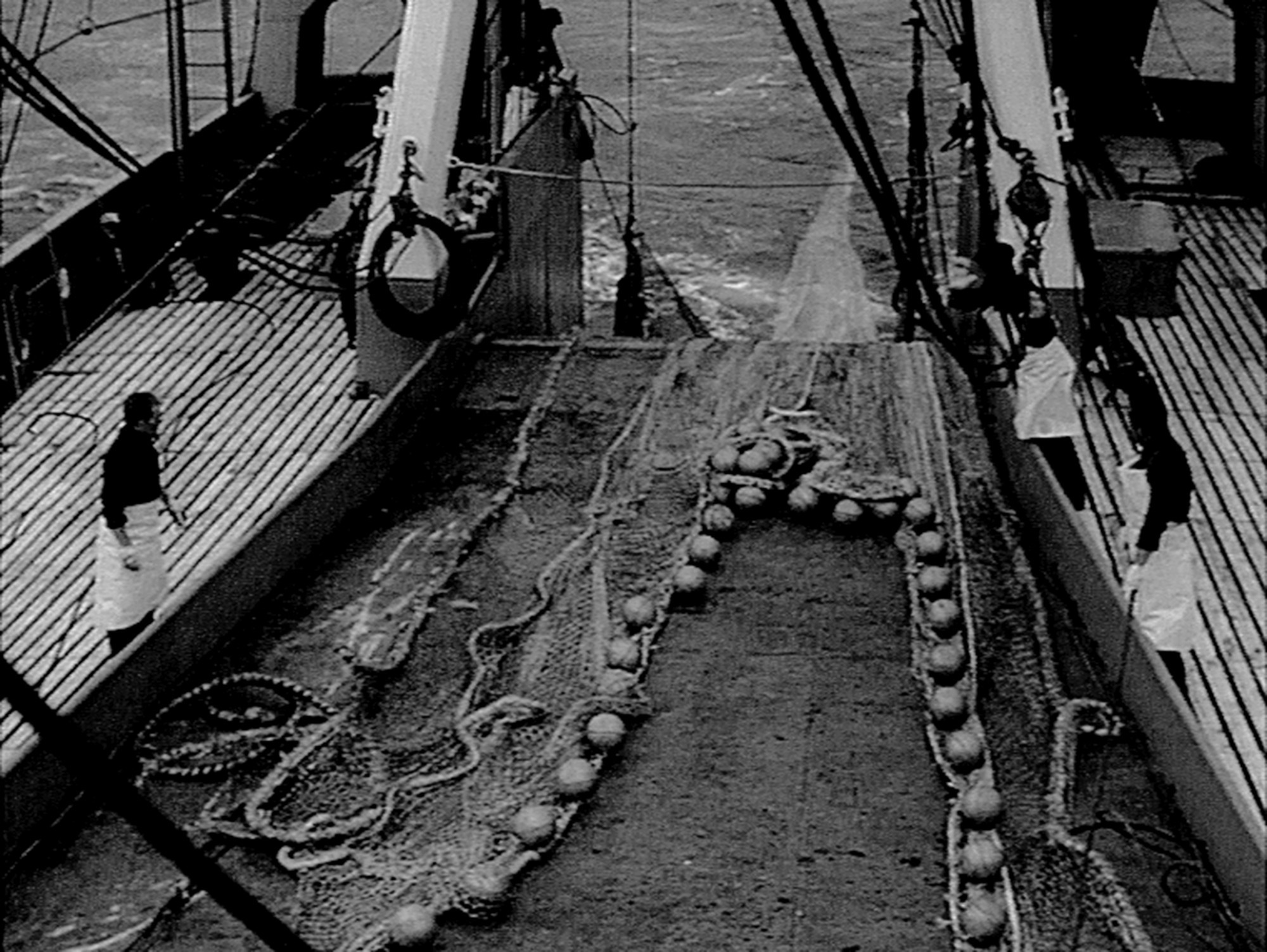
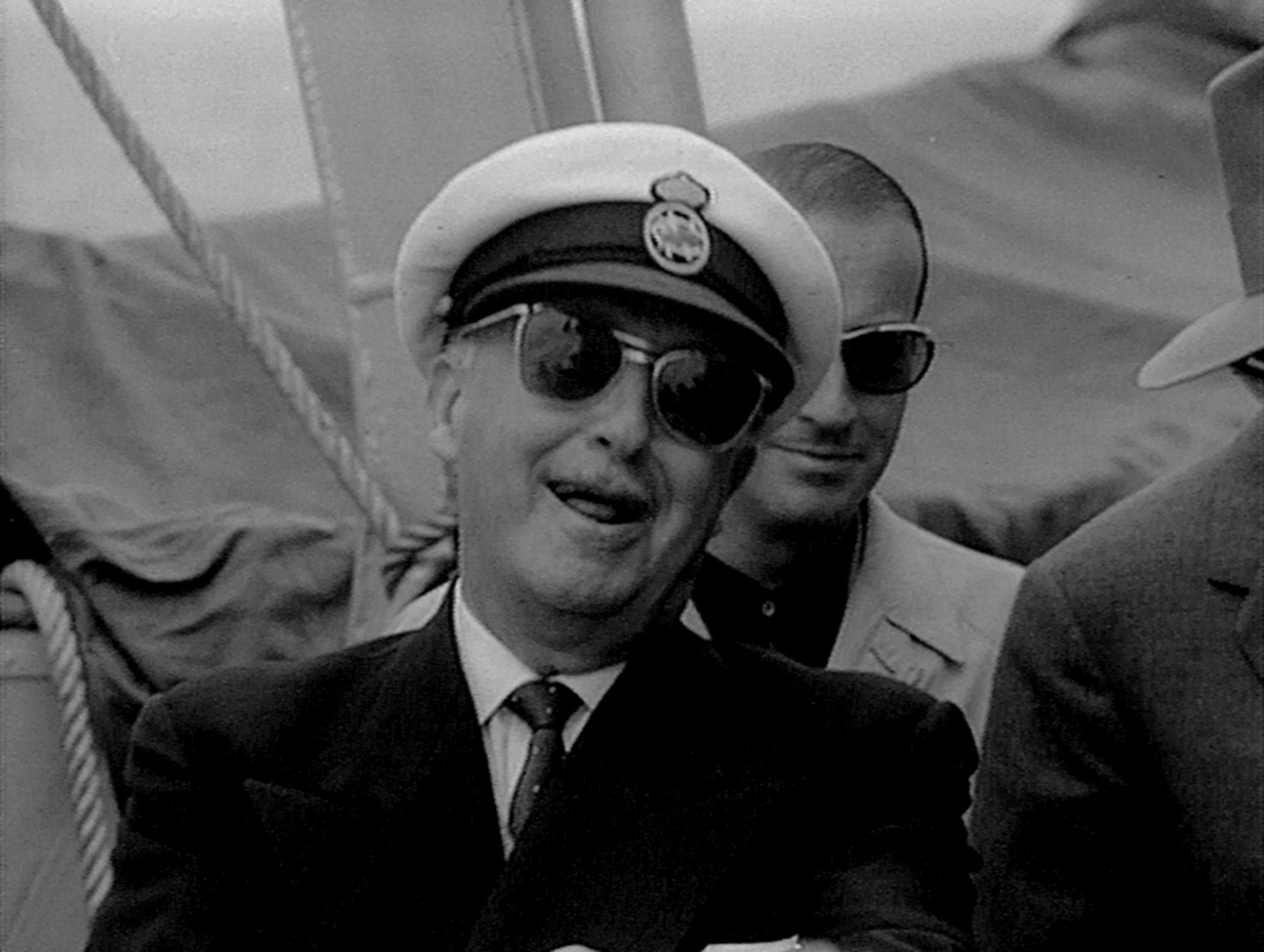
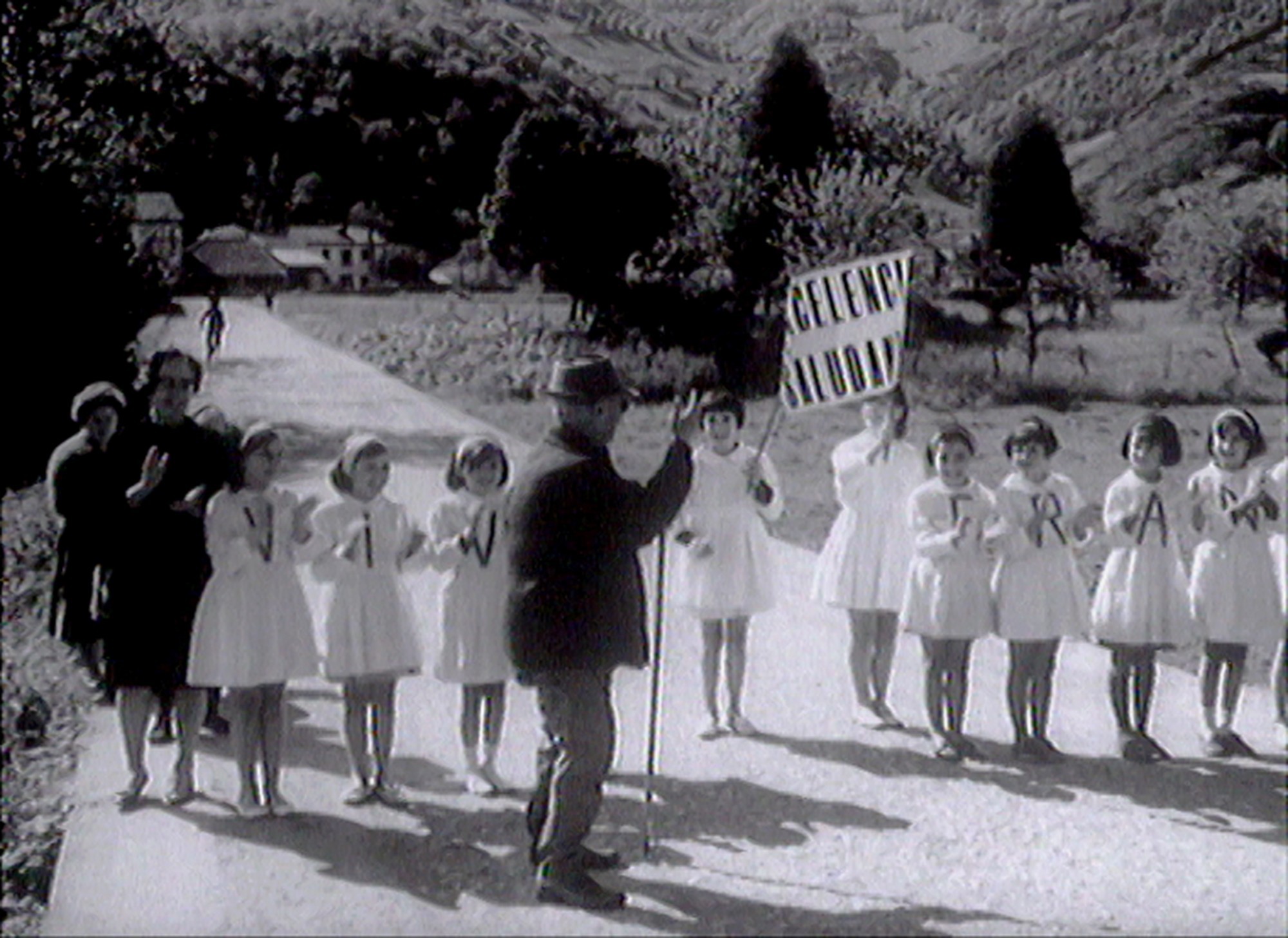
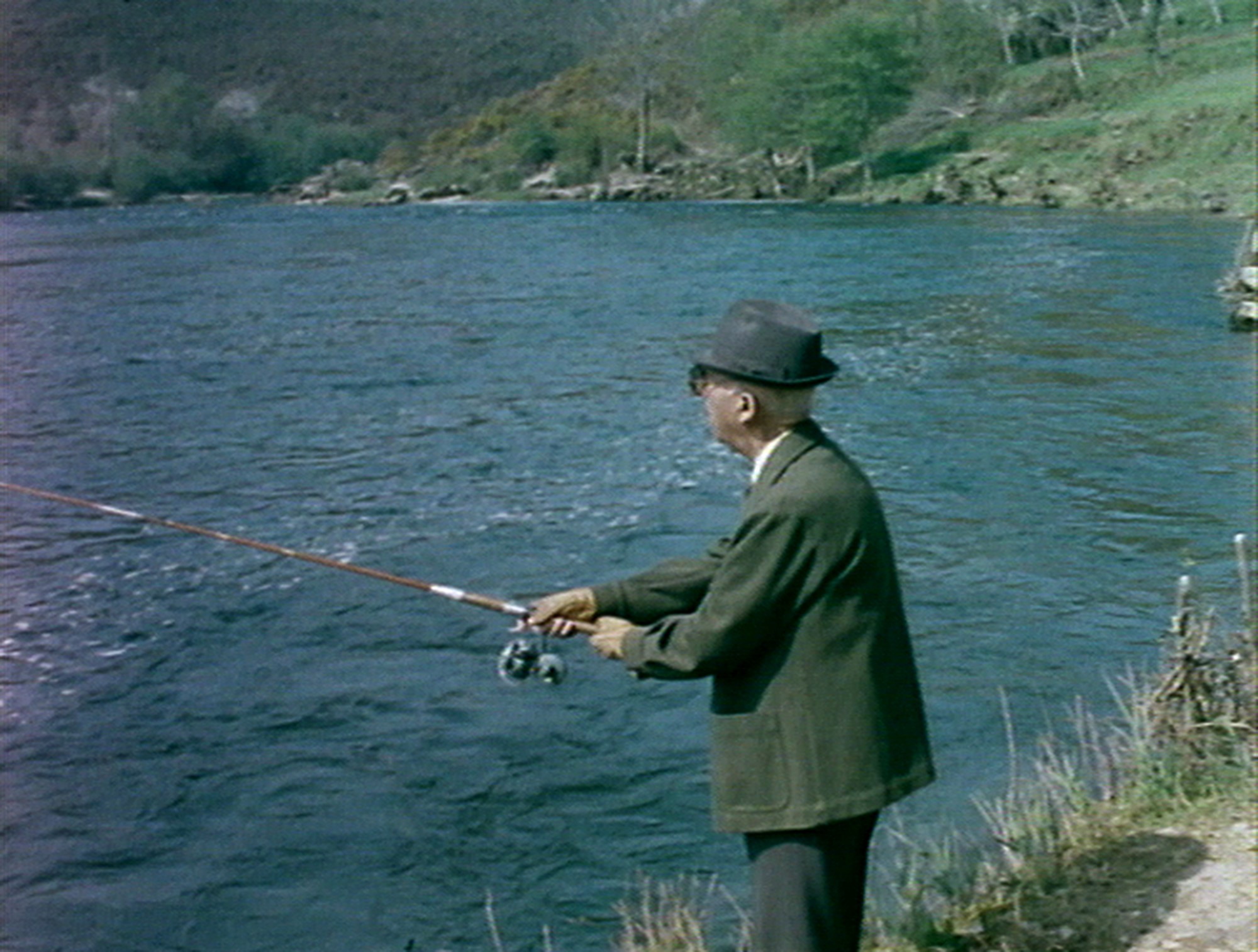
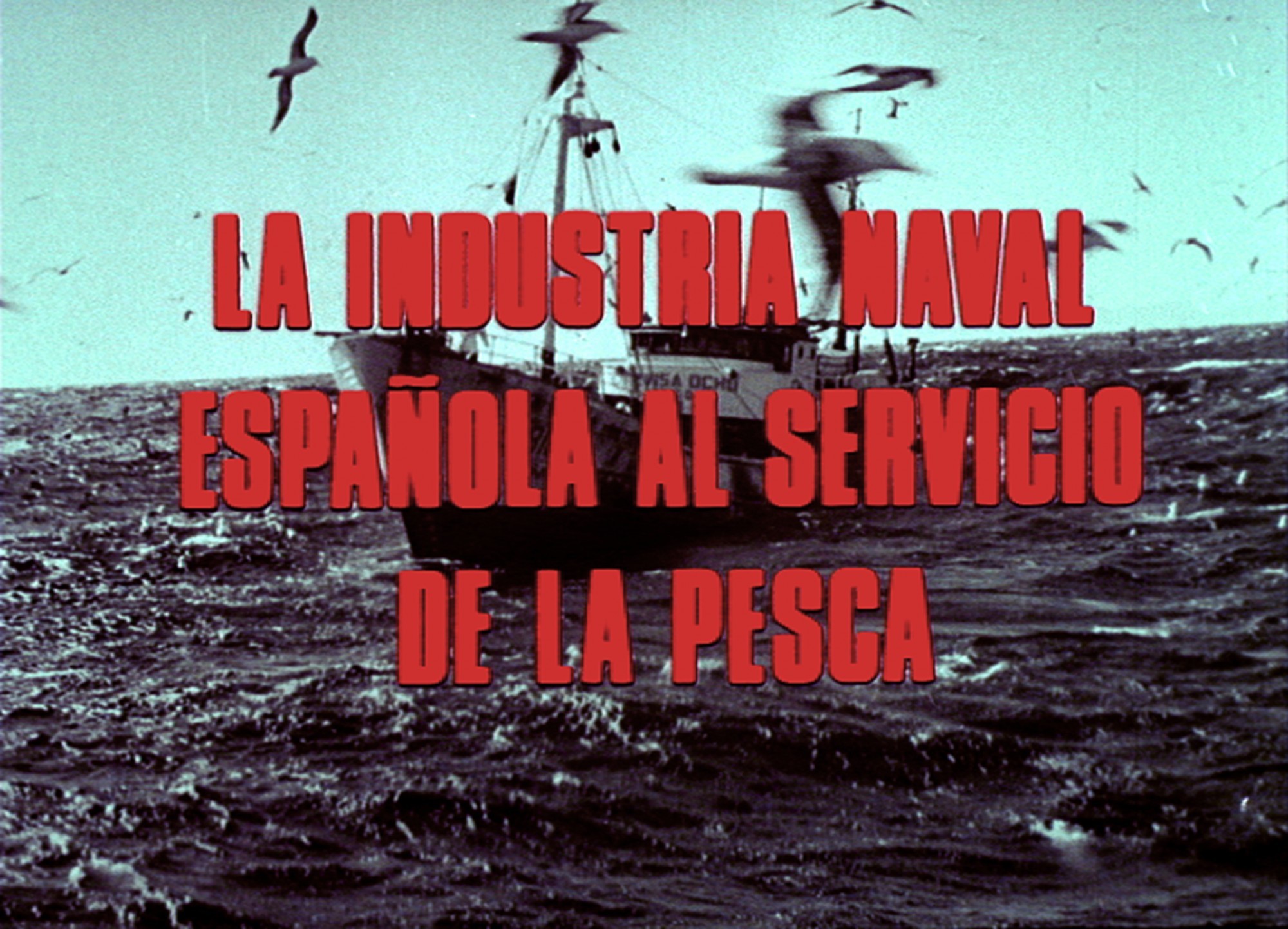
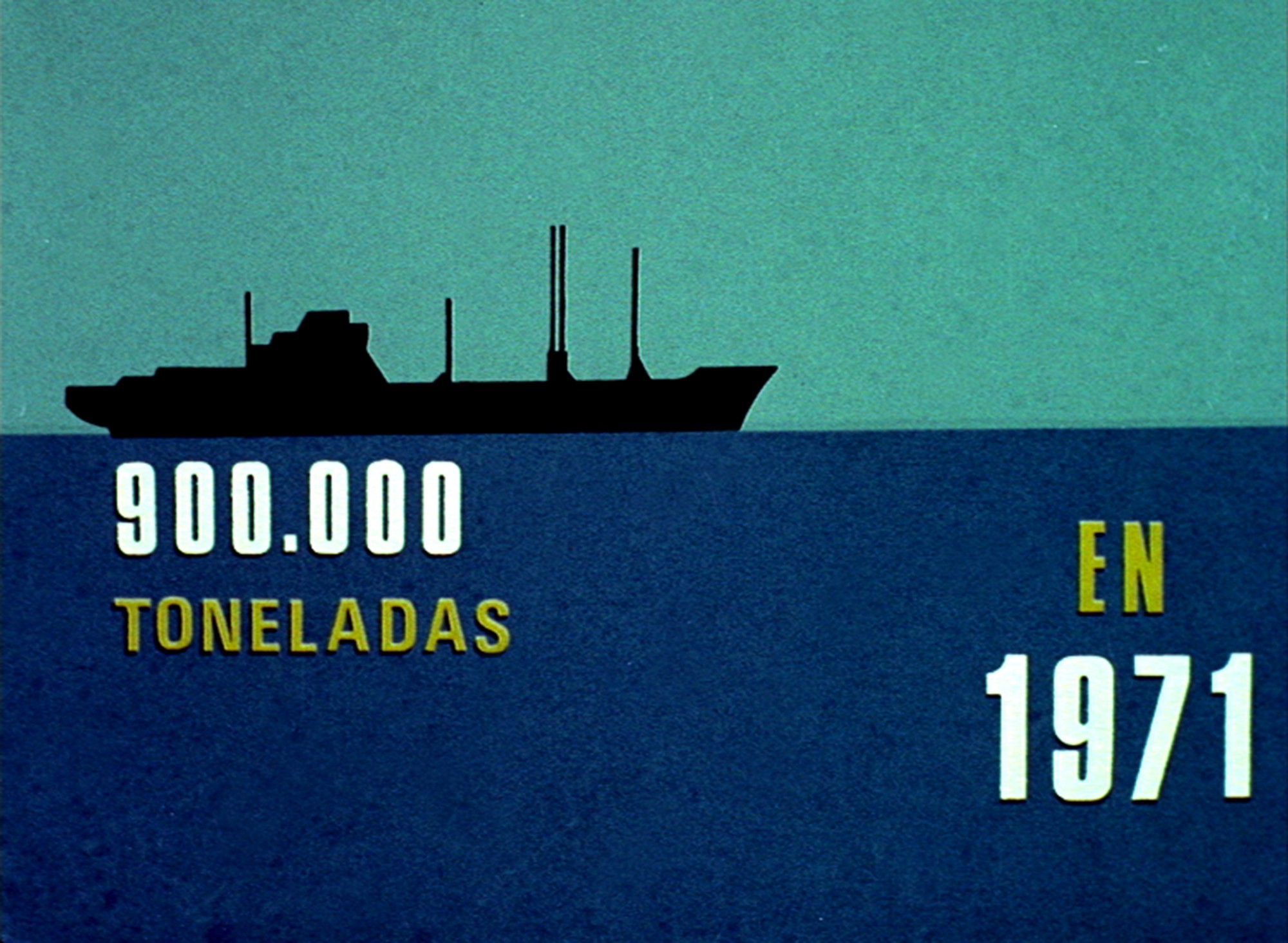
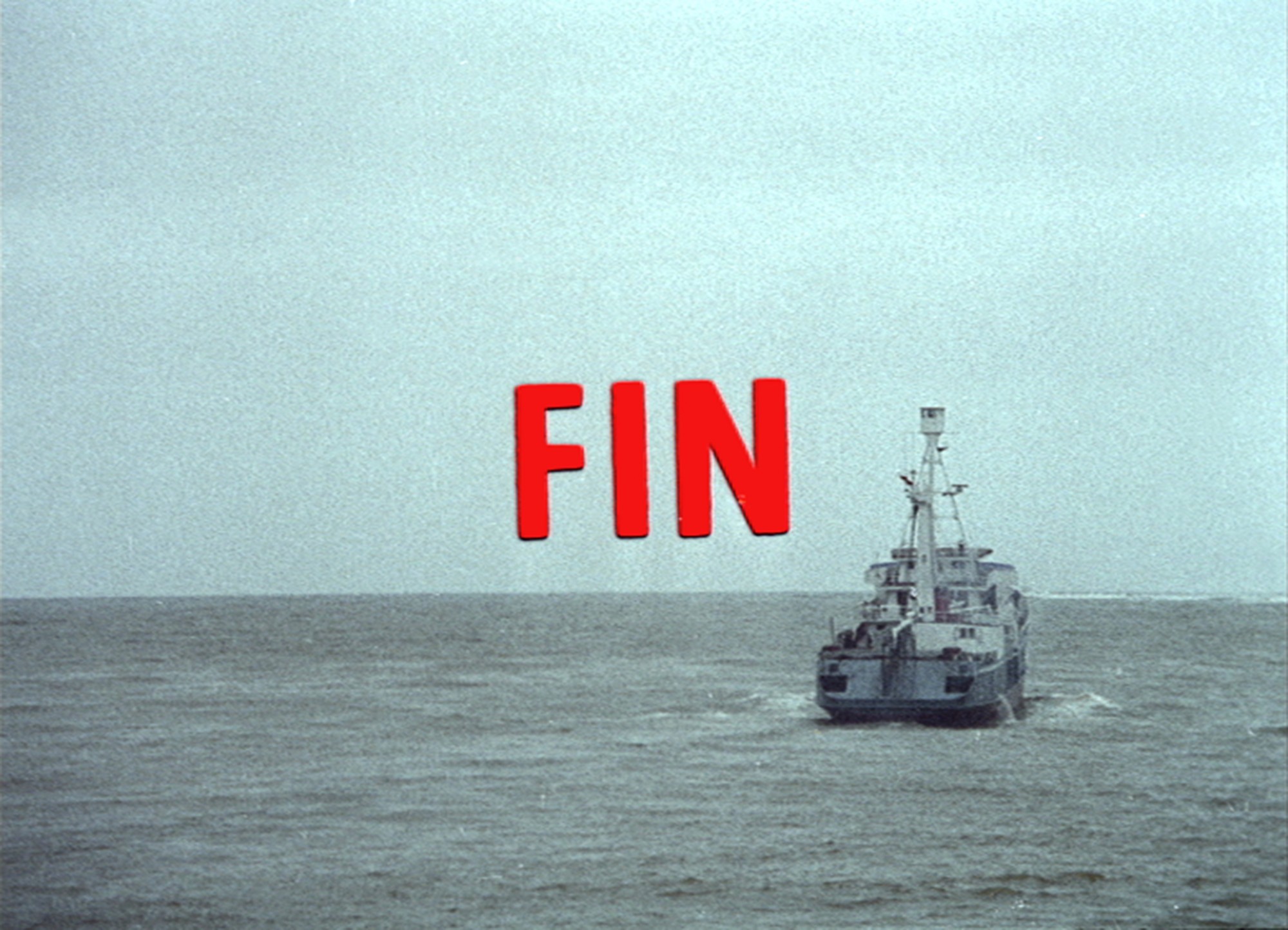
…
Francoist Archaeology
Francoist Archaeology
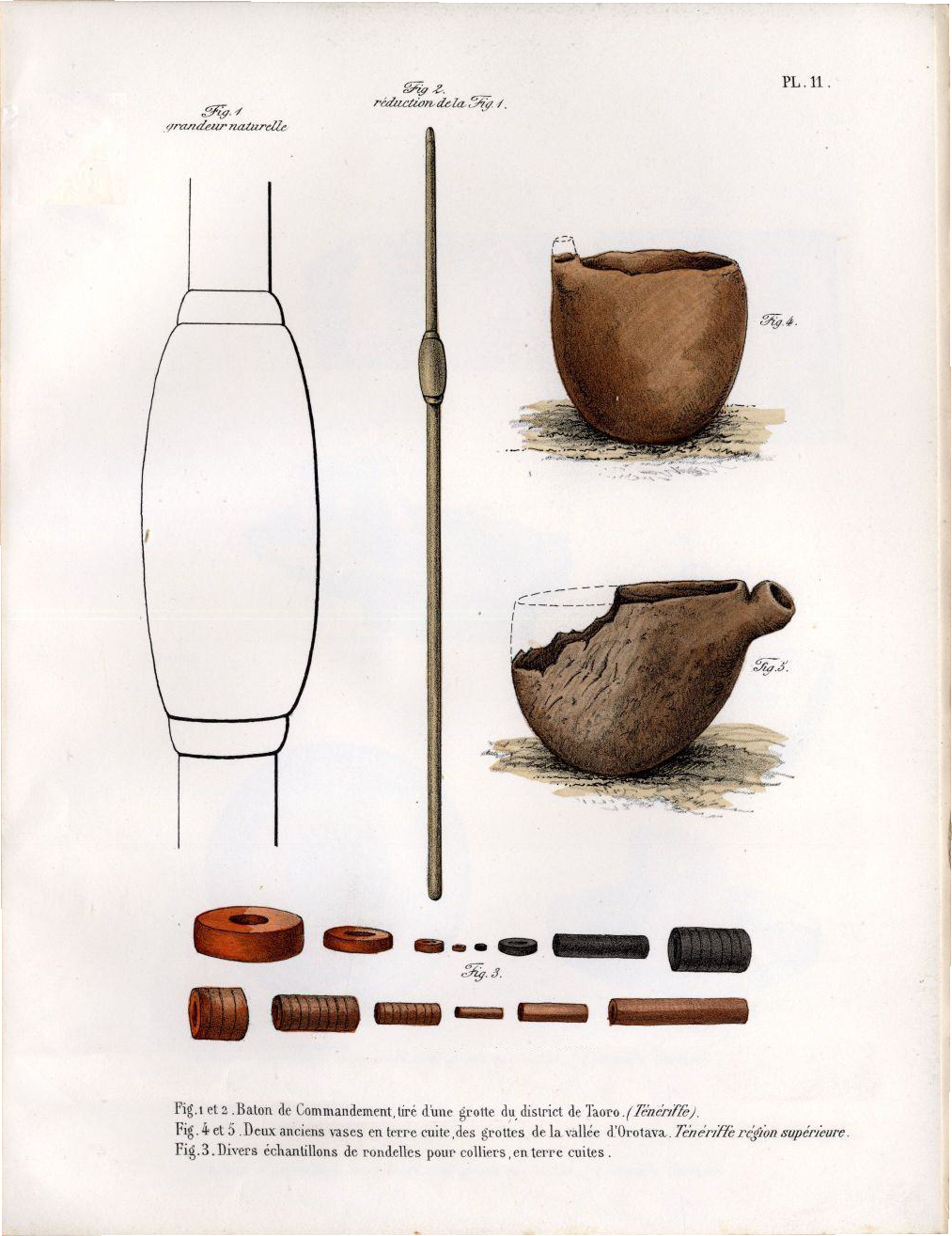
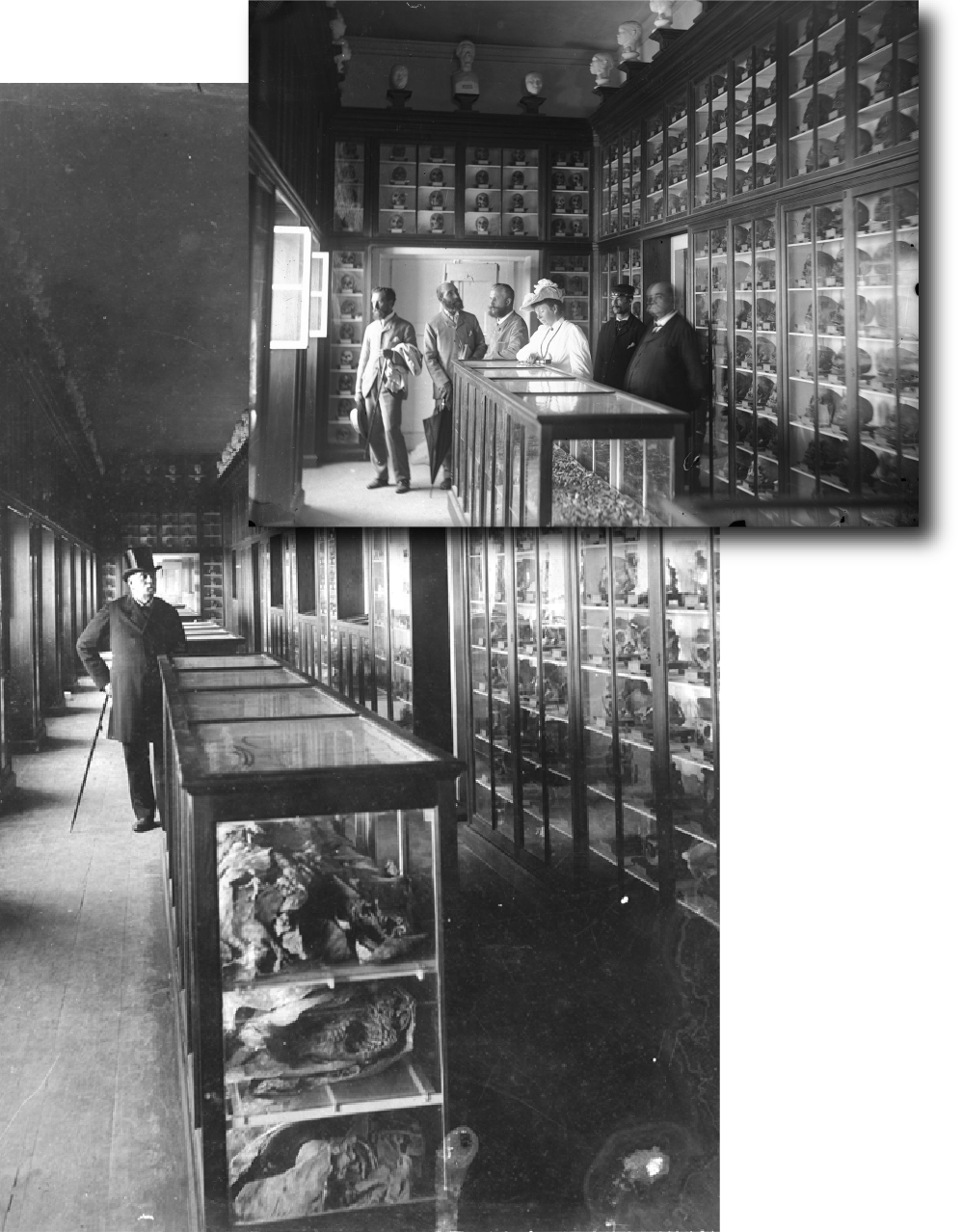
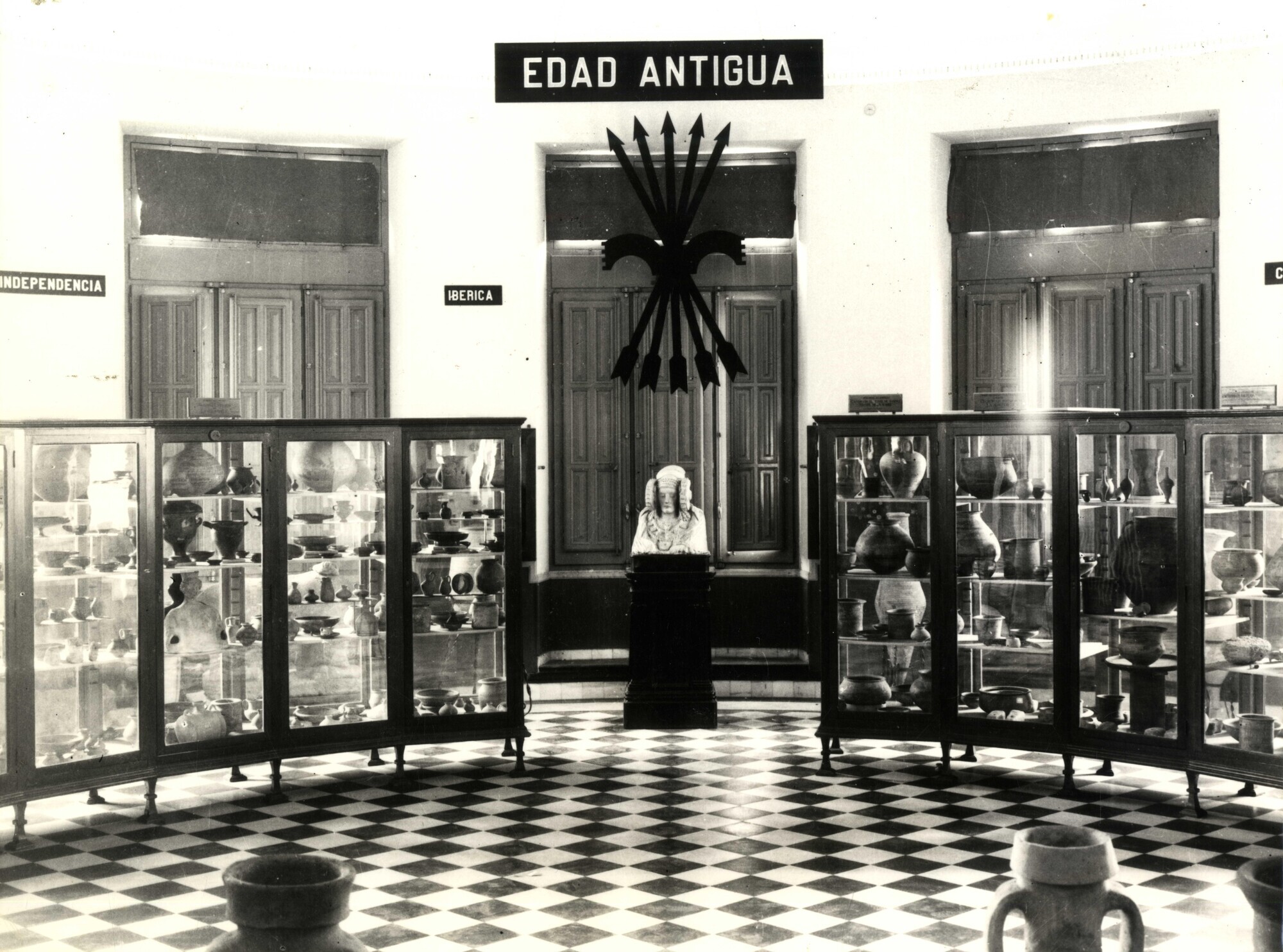
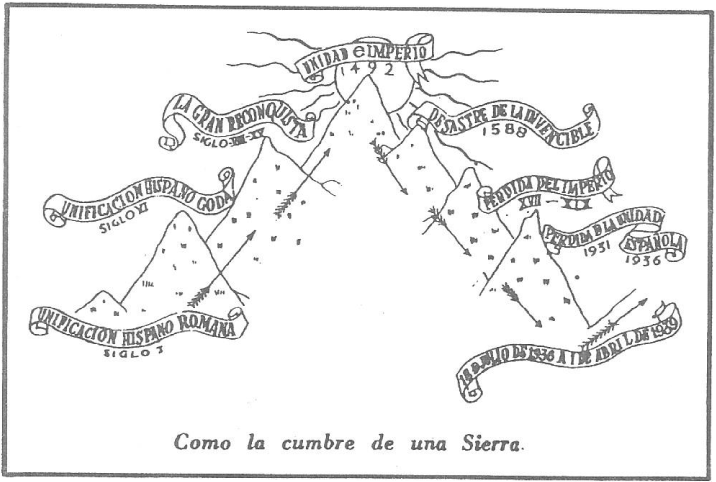
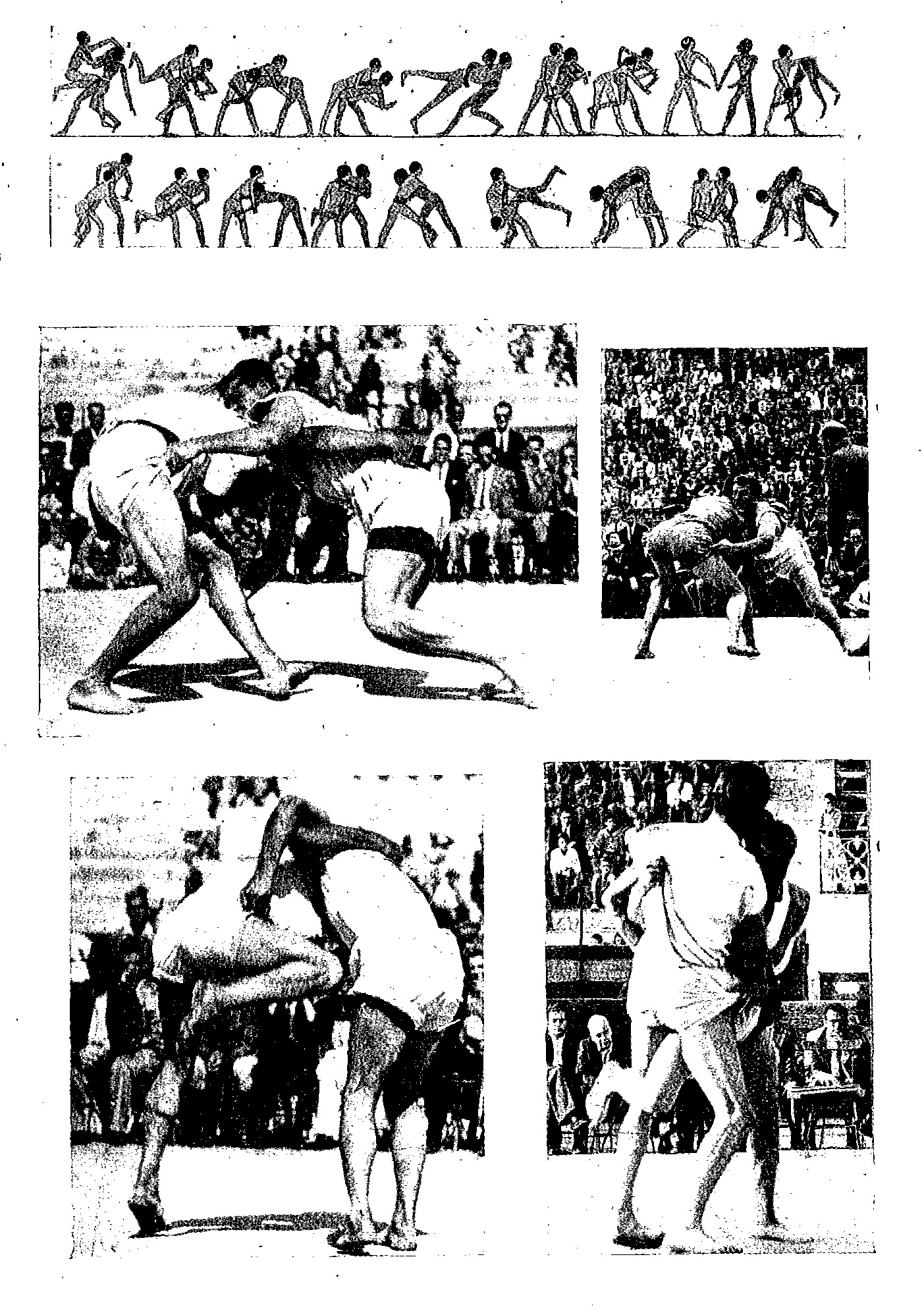
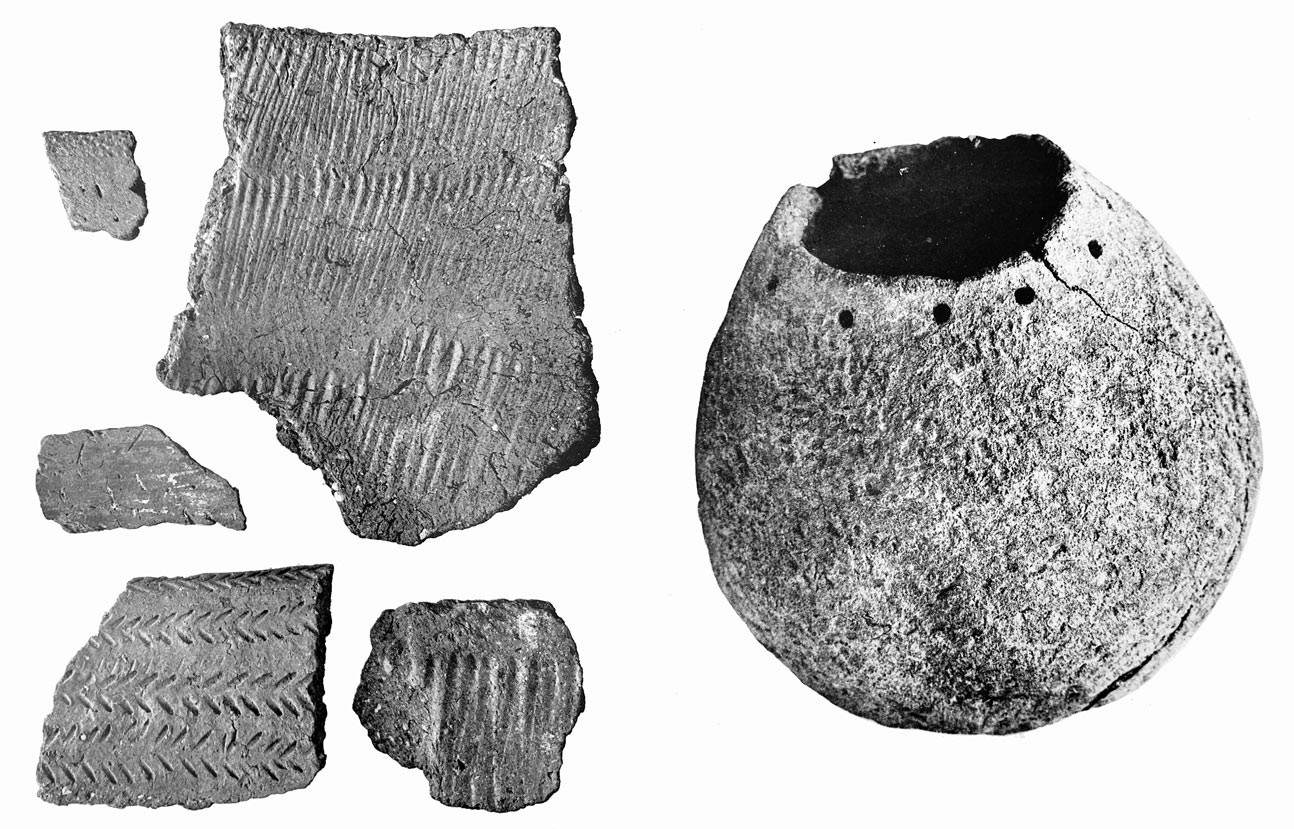
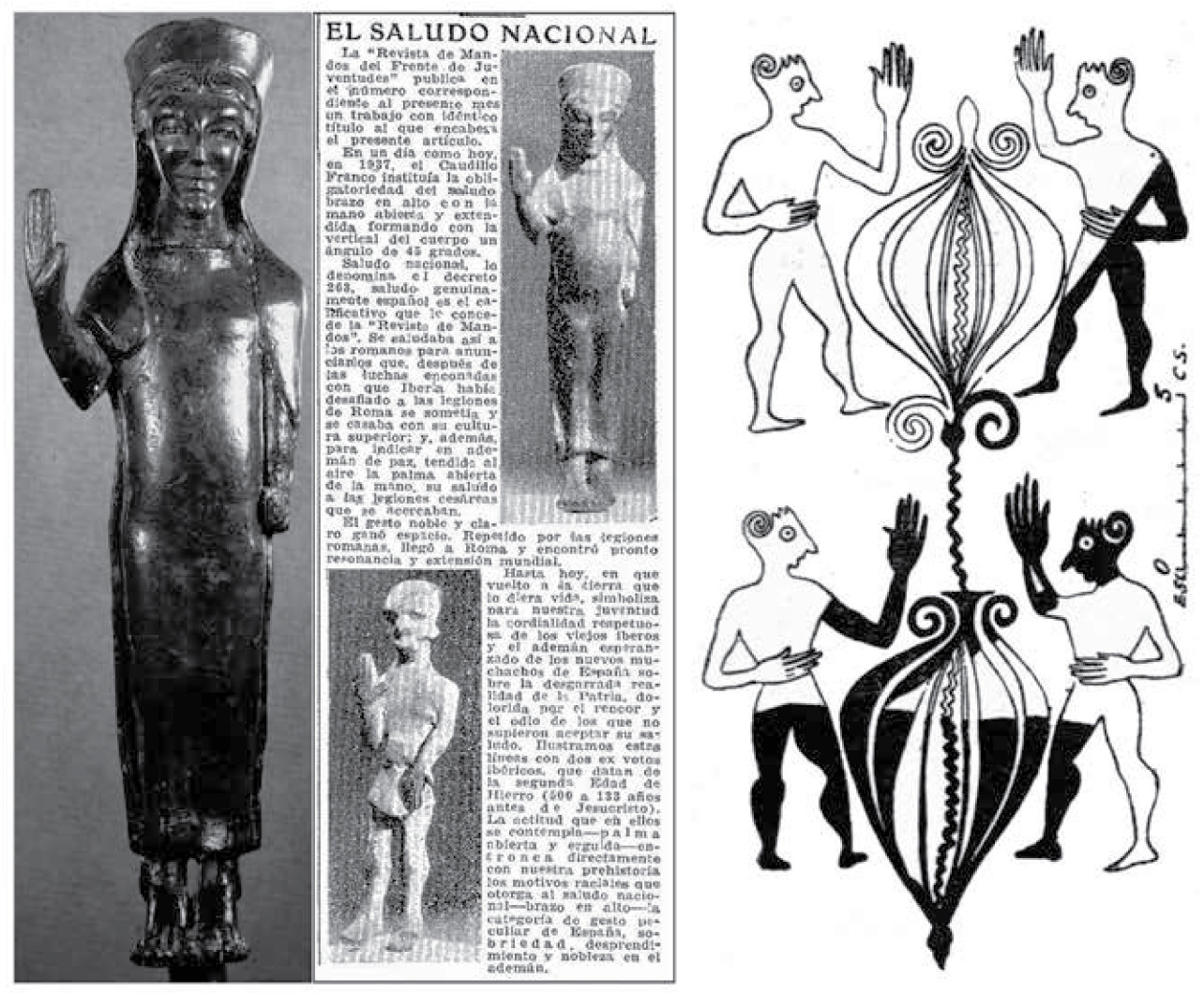
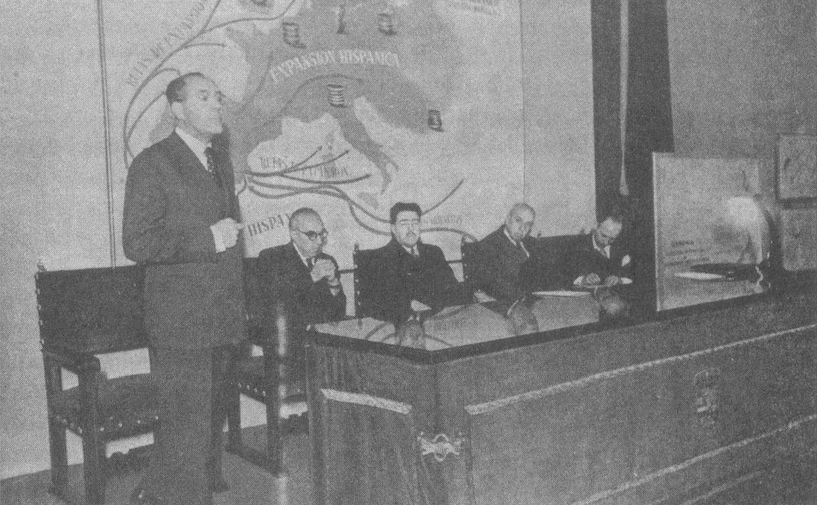
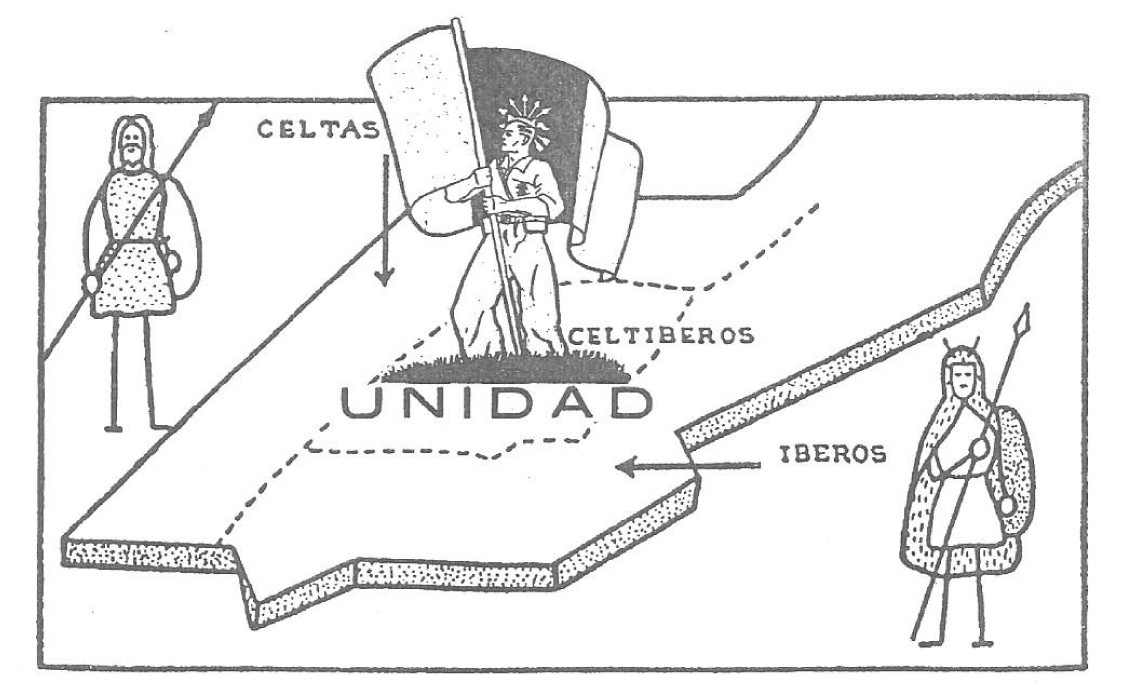
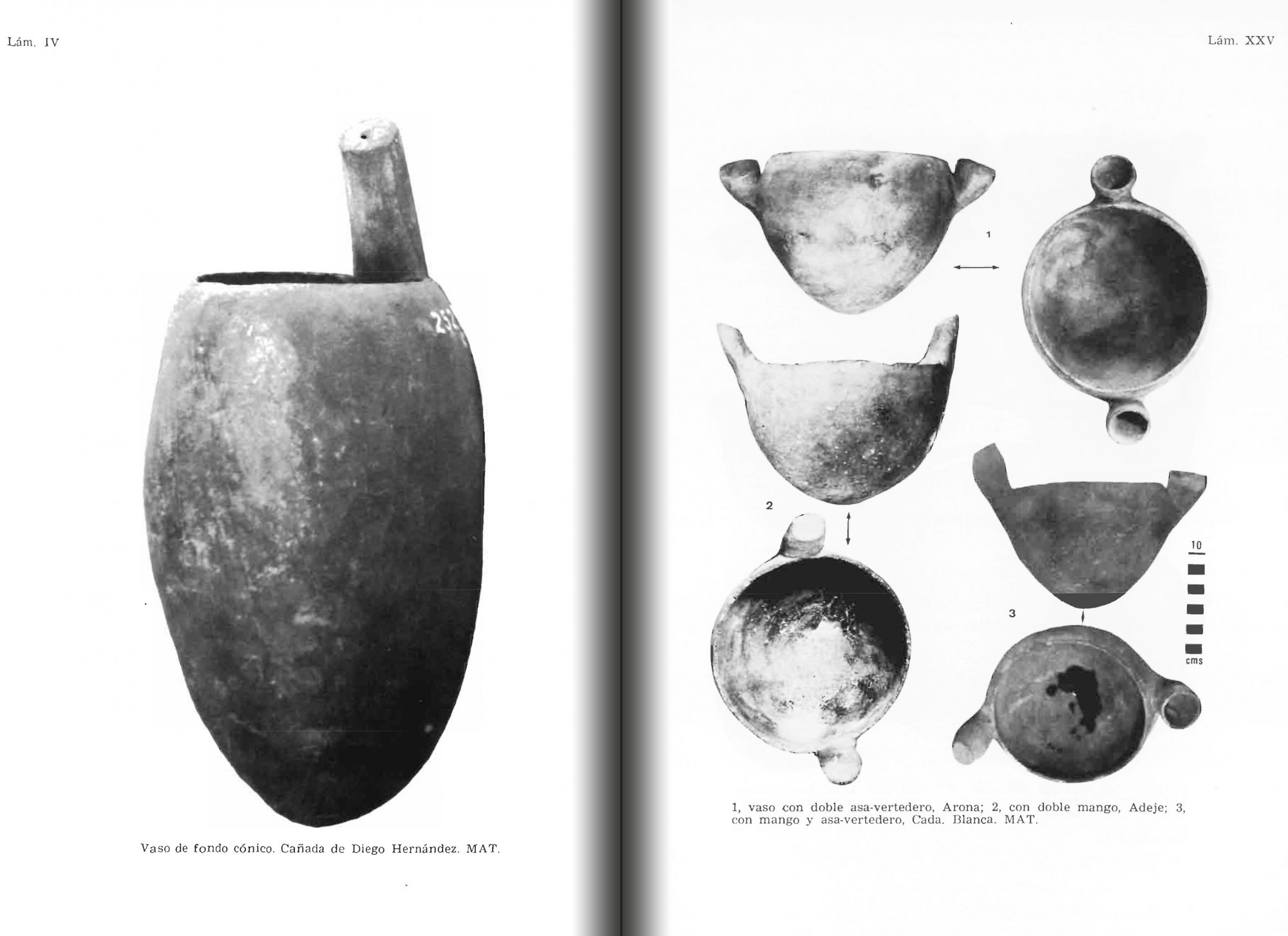
…
Jable Rubio
Jable Rubio
During the Francoist period, besides phosphate for fertilizer, or fishing grounds for an ever-expanding fishing fleet, large volumes of high-quality jable were imported from the Spanish Sahara colonies into the Islands of Tenerife or Las Palmas. Sand was initially employed for early truck-crop production of sand-bed tomato and banana plantations—a native farming technique from the desert island of Lanzarote which was later rolled over the export-oriented greenhouse region of El Ejido (Almeria). In a 1958 copy of the magazine Falange: Diario de la Tarde, a feat of Lanzarote local agriculture was worth noting in the caption of photo, disguising a 2 kg onion as a masterpiece of still life:
“No es un bodegón. El contenido de esta imagen pudiera parecer a primera vista la reproducción de una obra de arte pictórico. Pues no señor, no (sic) es, ni mas ni menos, que el voluminoso ejemplar de cebolla obtenido en tierra de secano de la isla de Lanzarote, que peso 2.04 kilogramos, y que actualmente se exhibe en una exposición de la capital tinerfeña.”
[It is not a still life. At first glance, the content of this image may appear to be an admirable work of fine art. Well, no sir no, it is no other than a voluminous specimen of onion, grown in unirrigated land in the island of Lanzarote, that weighs 2.04 kilograms, and currently being exhibited in an exhibition in the Tenerife.]
Later on, and at the midst of Spain’s fasticised modernity, white Saharan sand was mixed in concrete for the urban re-development of most islands of the archipelago. More importantly, this sand lined the beaches of Mogan or Tauro/Taurito in Las Palmas, or Las Teresitas in Tenerife. These geo-engineered seashore, in fact containing the world largest artificial beaches, transformed the rocky strands of traditional fishing and small holding communities into tourism heavens of eternal spring. on the African continent, but of European soil. Even now, beaches of most islands are regularly replenished with sand from the Western Sahara. The last sand shipment arrived to Mogan beach (Gran Canarias), on December 2019, as documented by Western Sahara Resource Watch (2019). The mining of Western Saharan sand started since the territory was incorporated as a Spanish Province—effectively a colony under the name of ‘Spanish Sahara’).

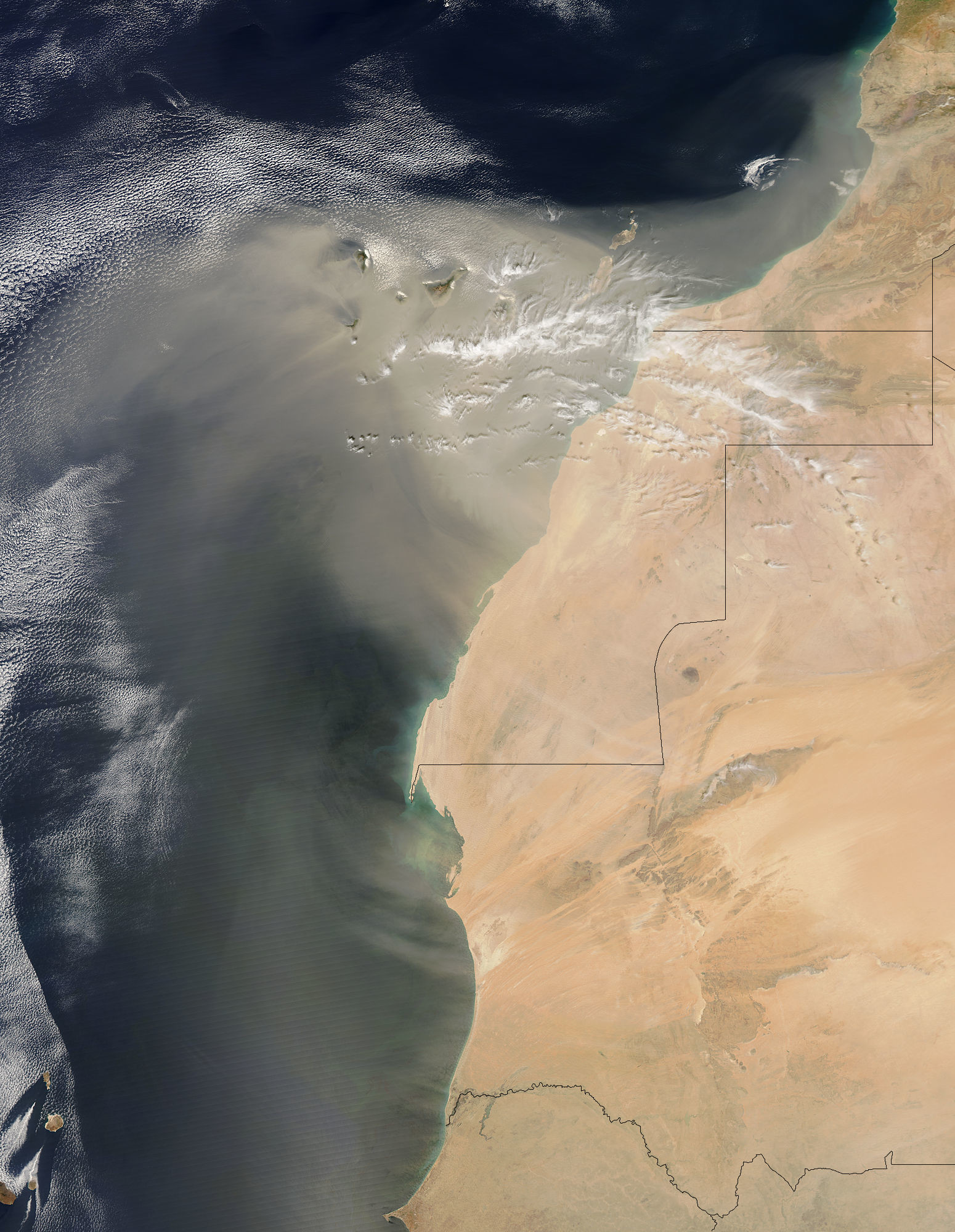
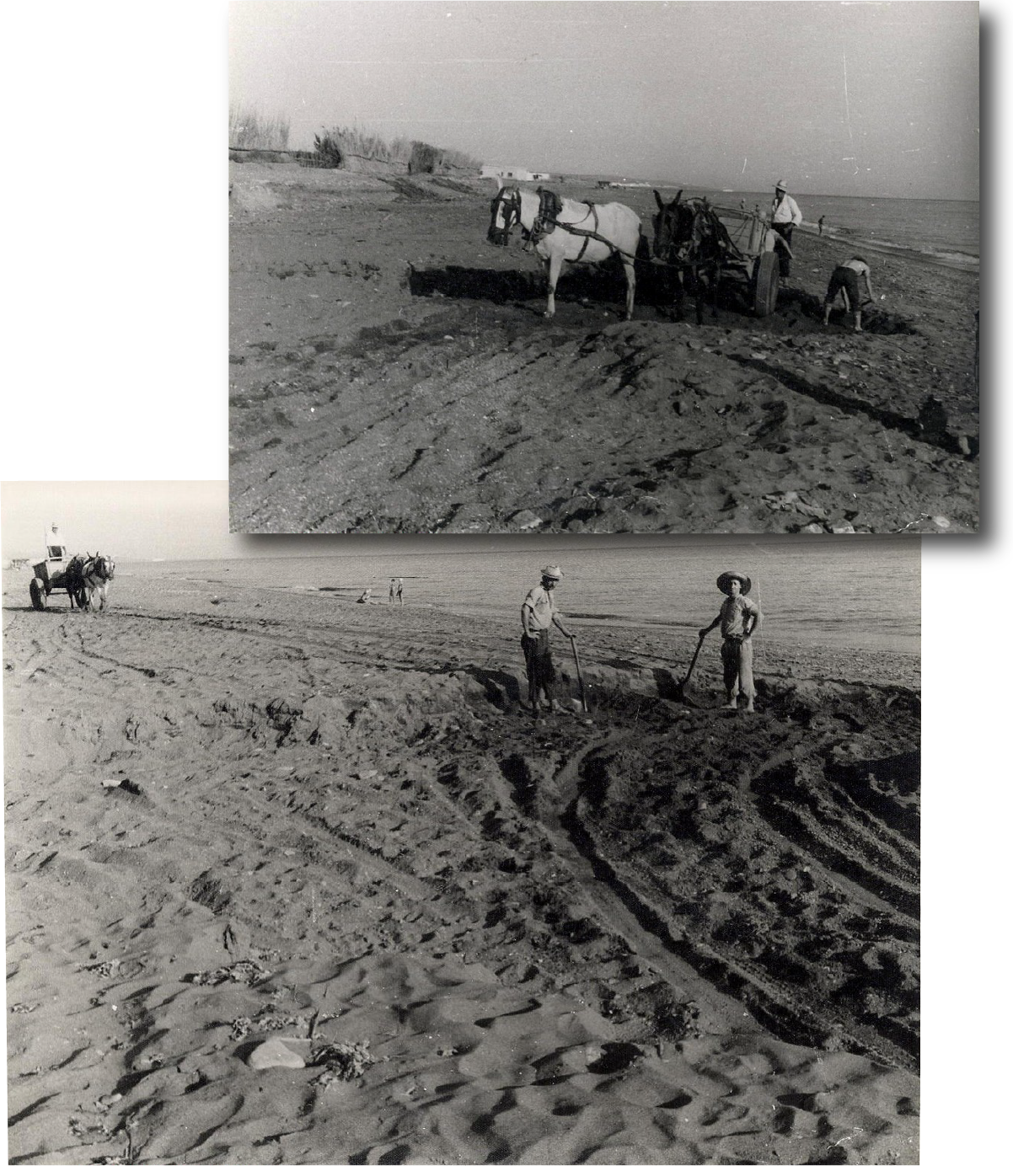
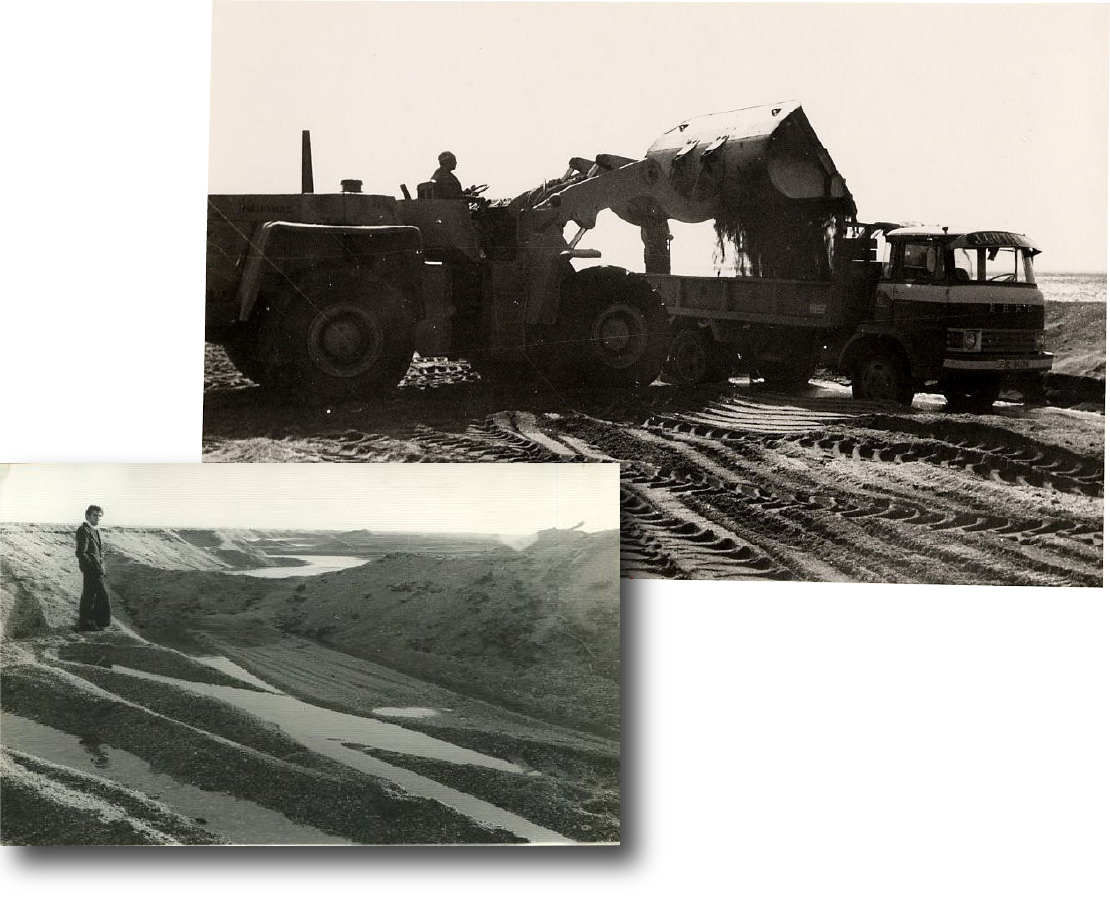
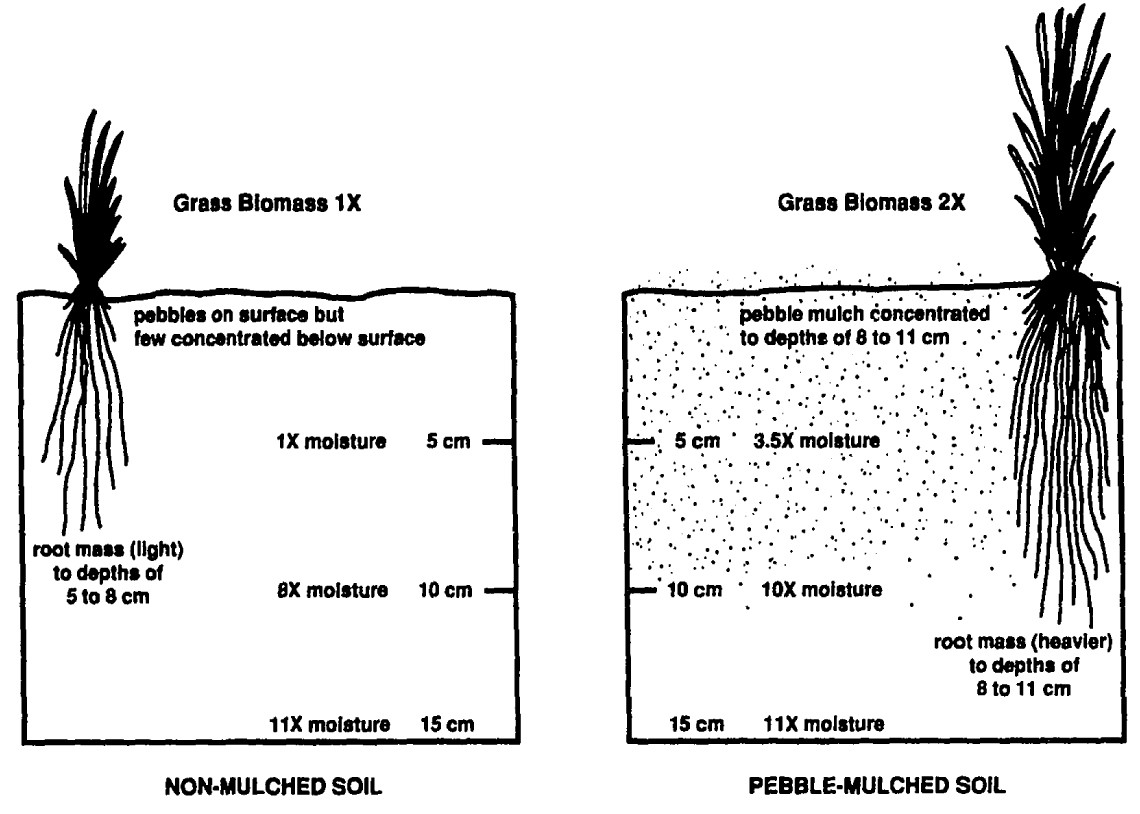

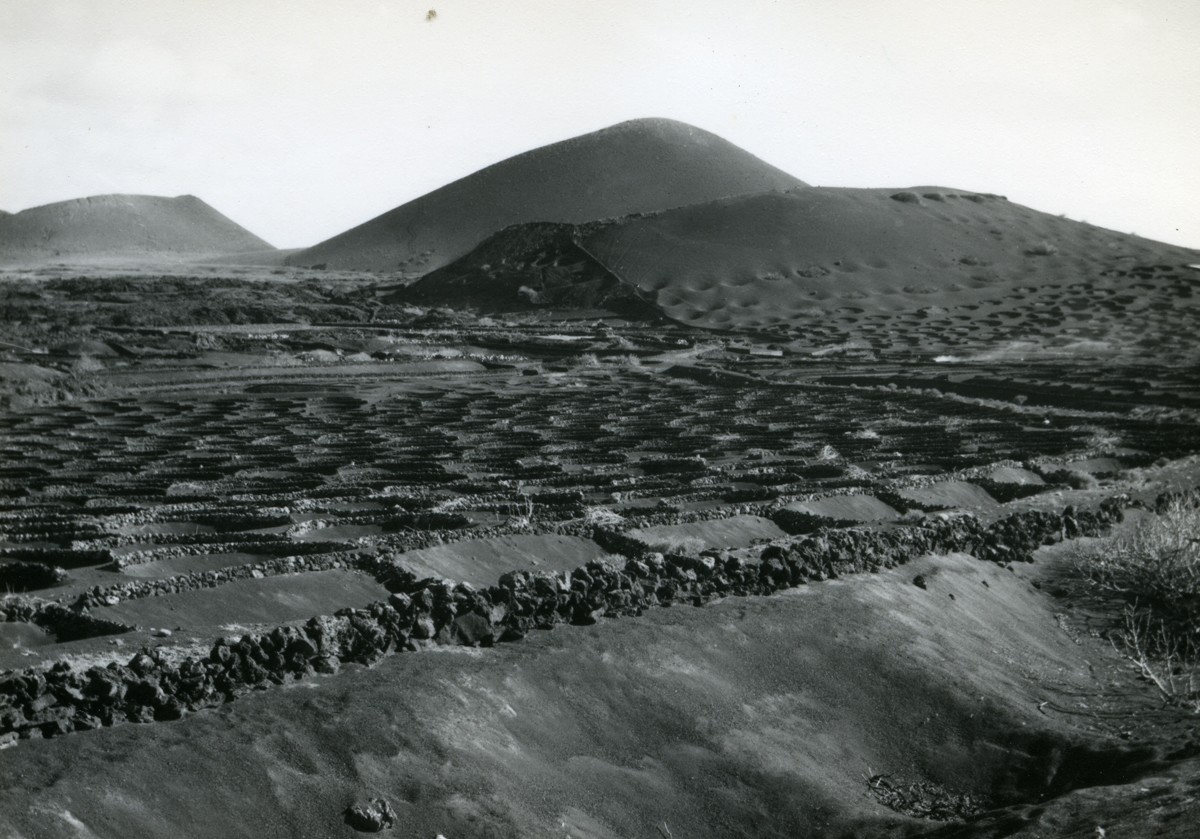
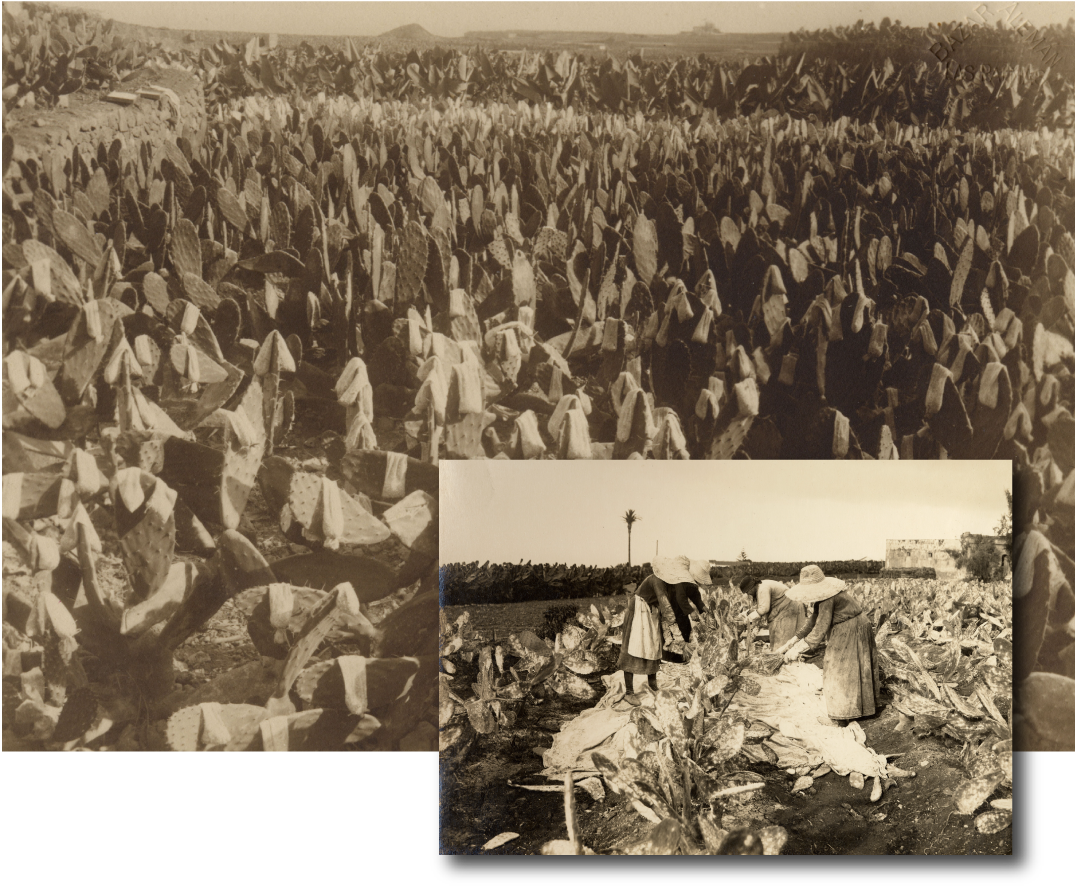
…
Garden of Hesperides
Garden of Hesperides


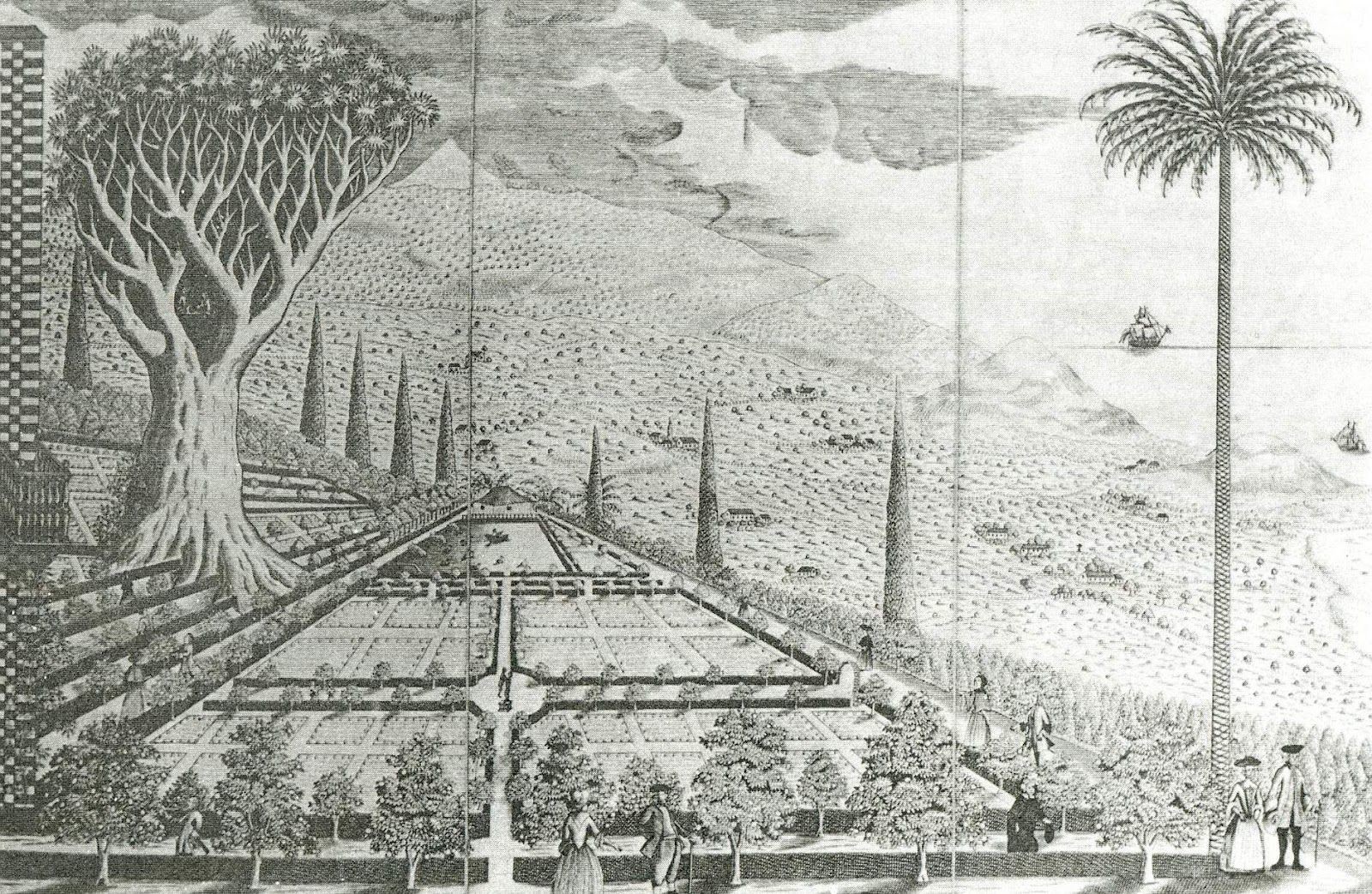
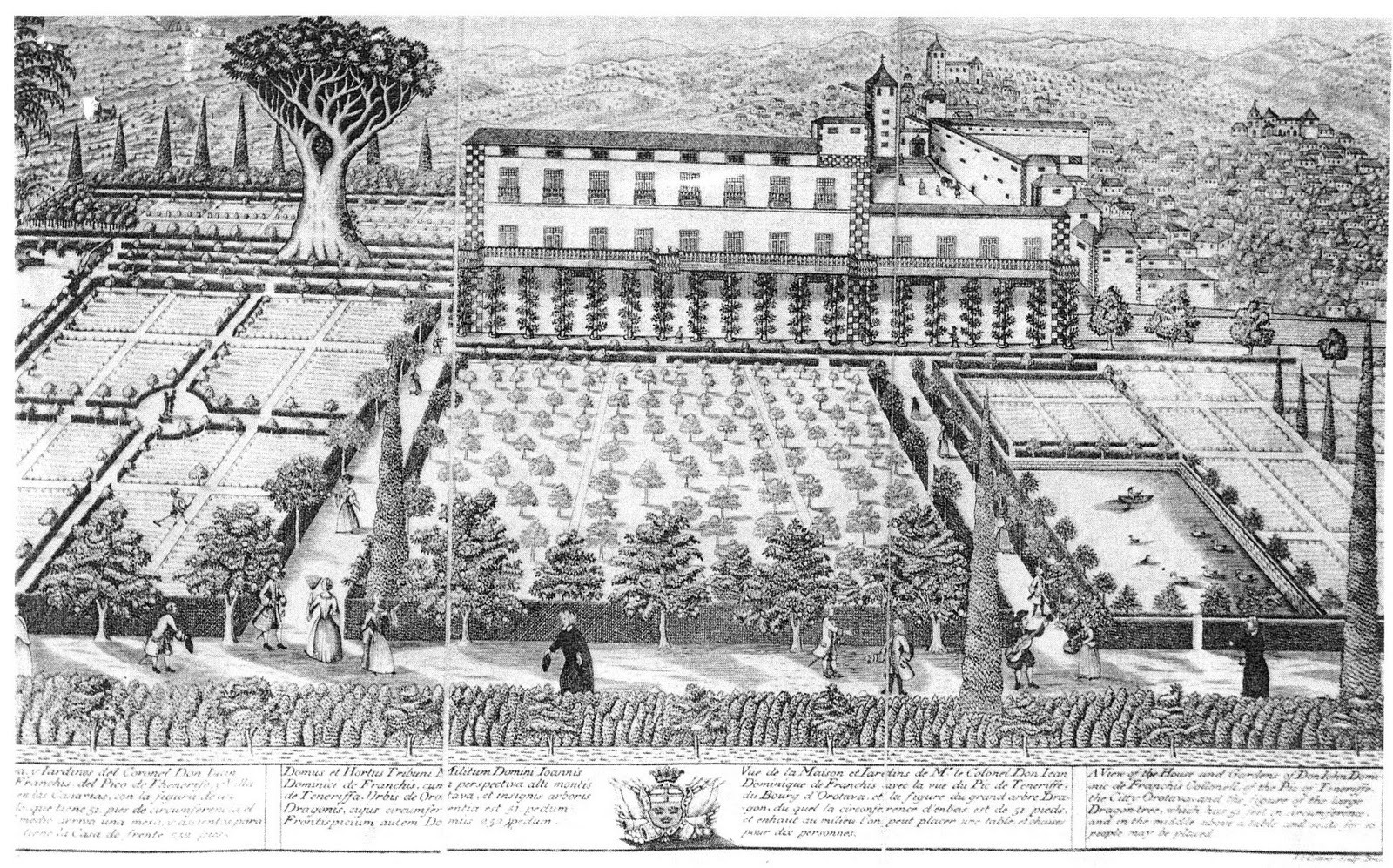
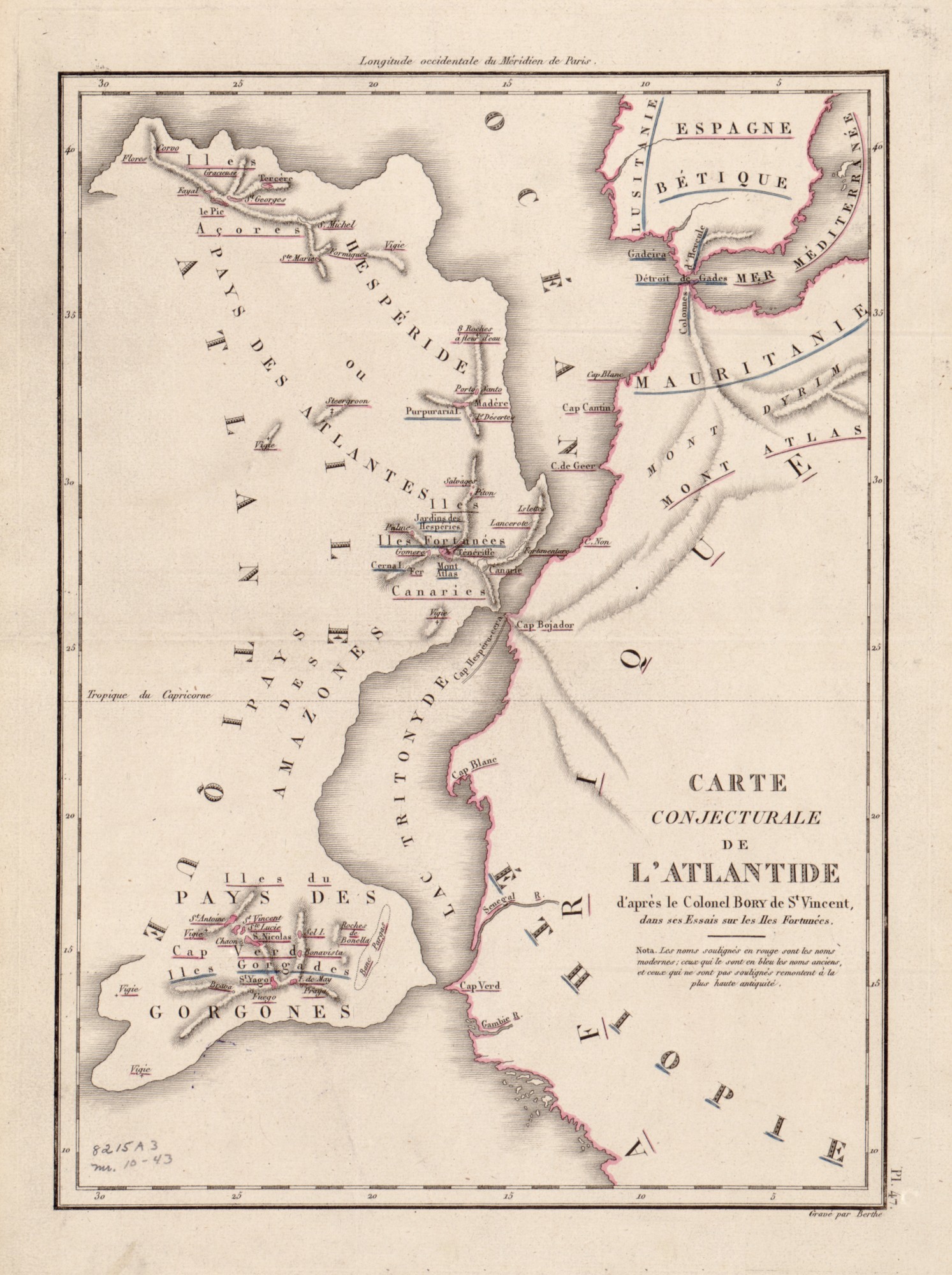

Adiós, Doramas: ya el tirano llega
a destruir la obra de Natura;
ya la esperanza de la edad futura
¡ay! en un mar de lágrimas se anega.
Ya ni la lluvia que los campos riega
volverá a descender sobre la altura,
ni se verán cubiertas de verdura
la recortada loma y fértil vega,
El gallardo laurel, el prócer tilo,
la yedra que a sus troncos se abrazaba
soberbia de tener tan dulce asilo:
Todos, todos caerán, y donde estaba
anidado el placer, puro y tranquilo,
entrará la ambición que todo acaba
Source: Rincones del Atlantico
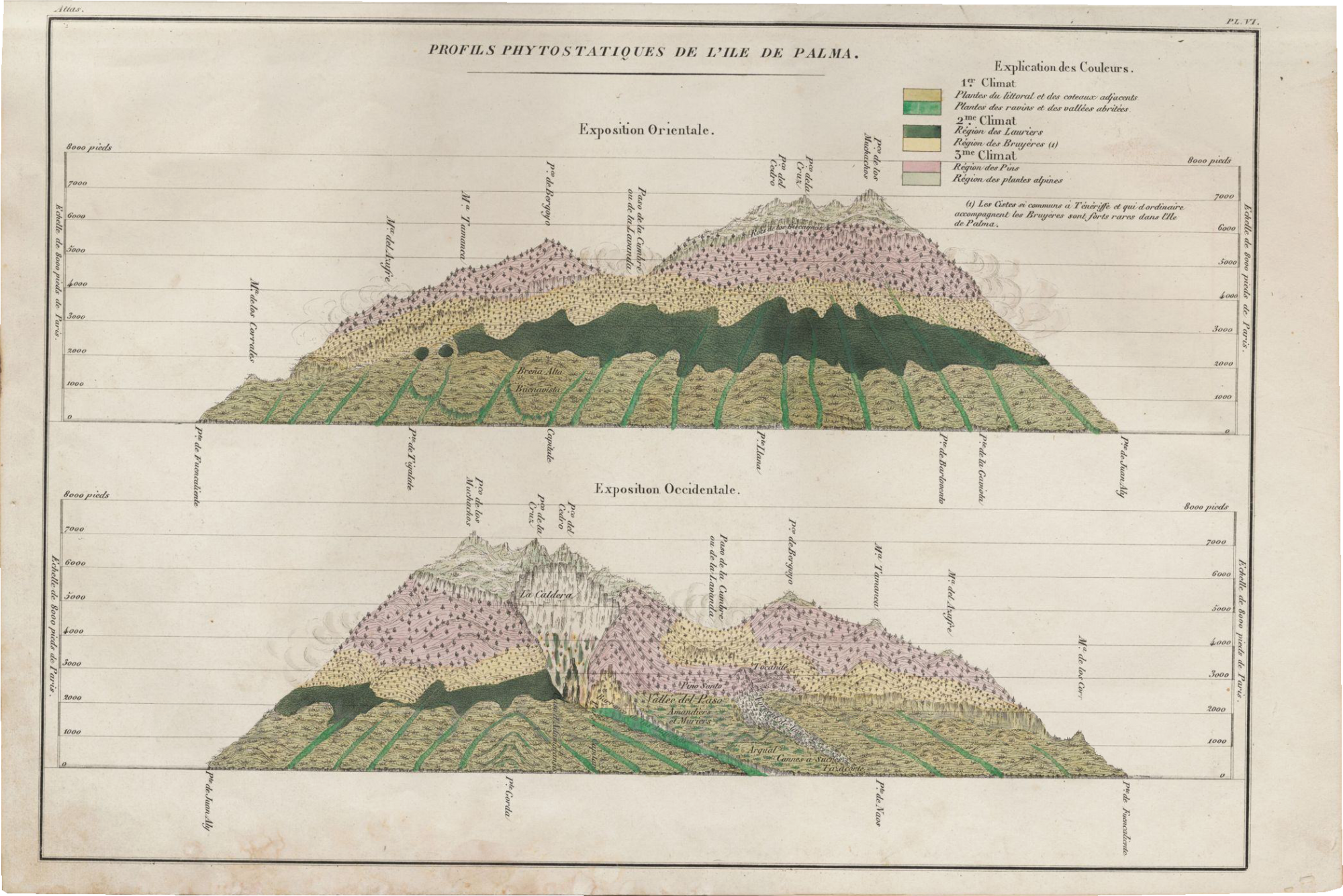

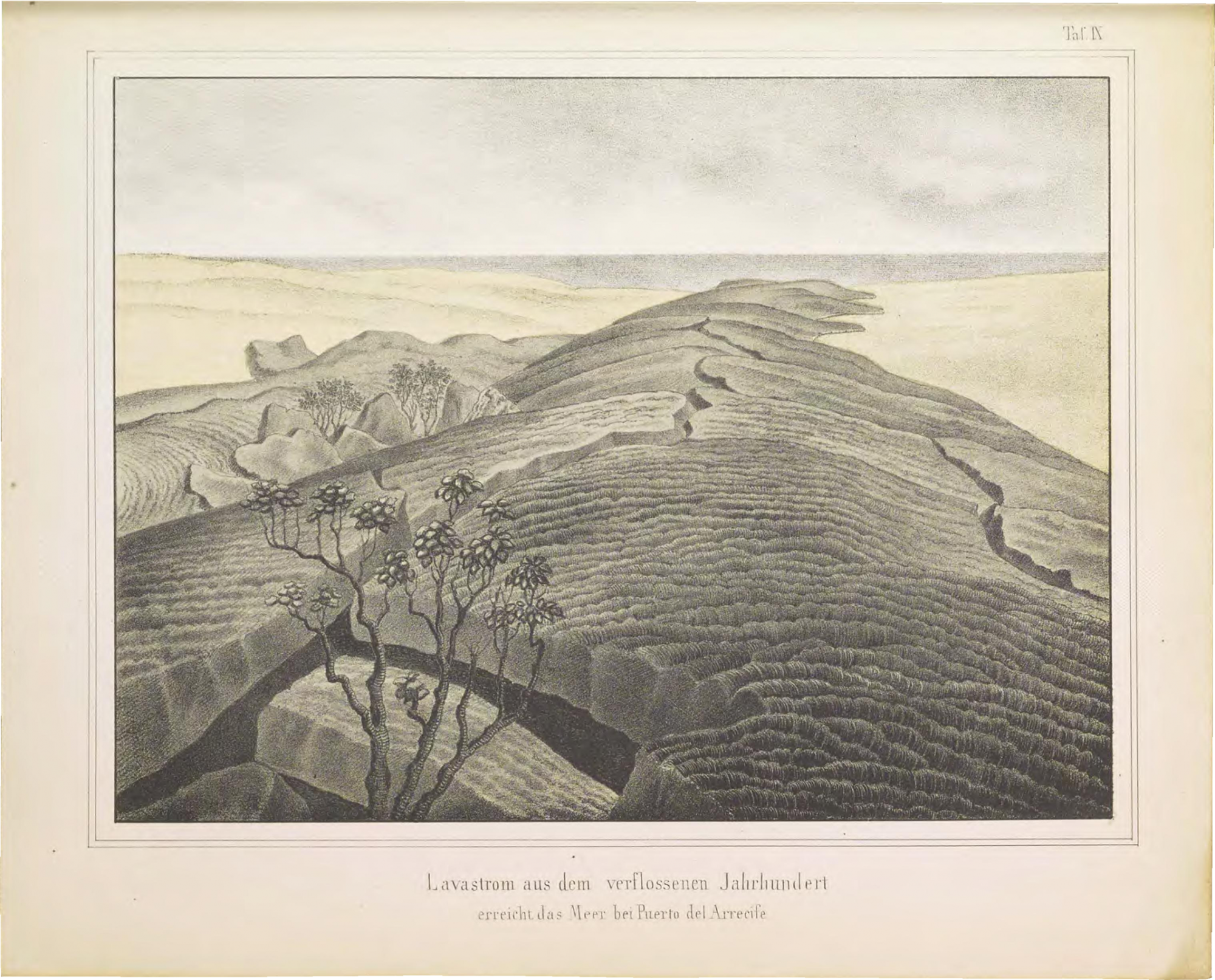
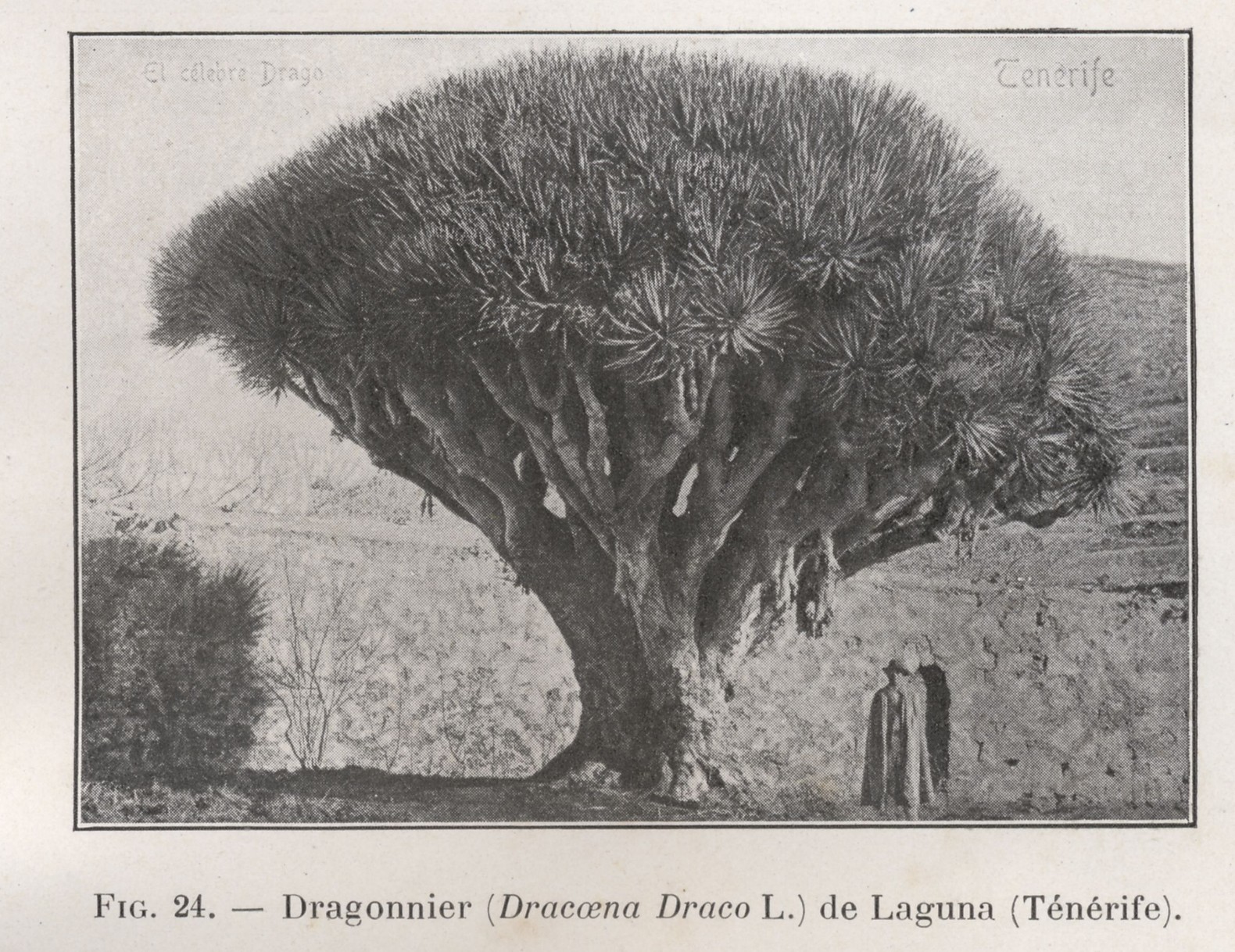

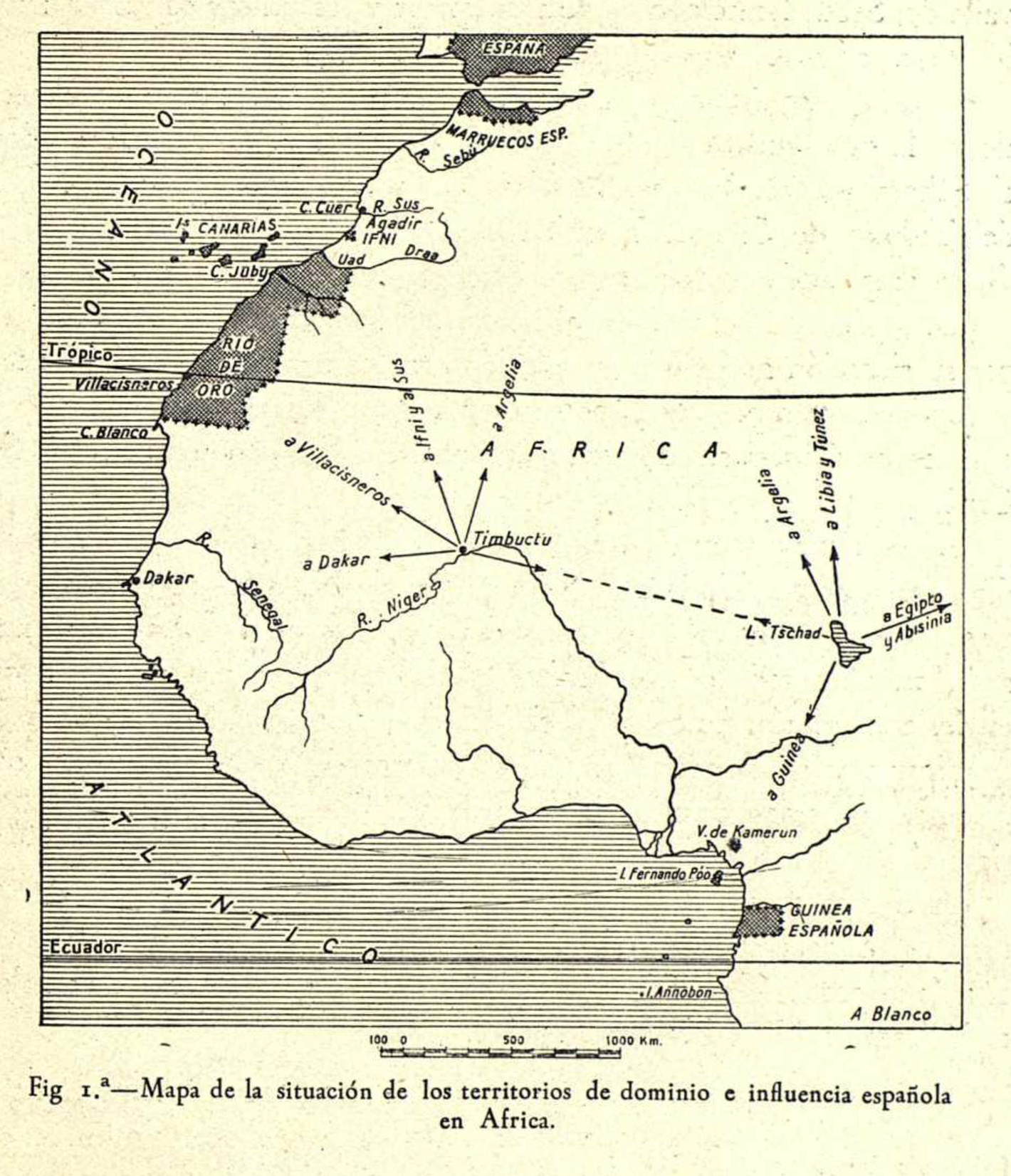
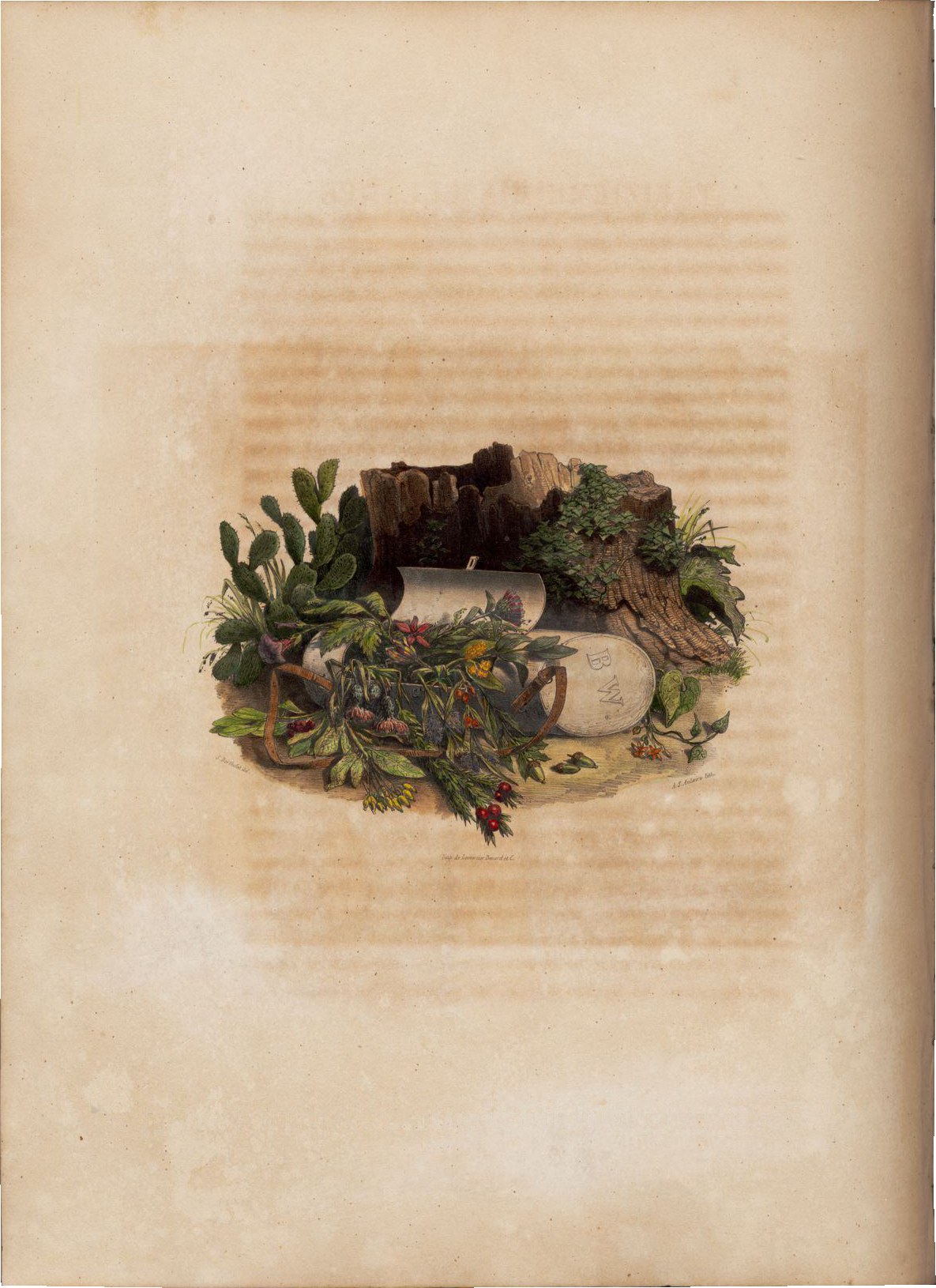
…
Tourism and Information
Tourism and Information
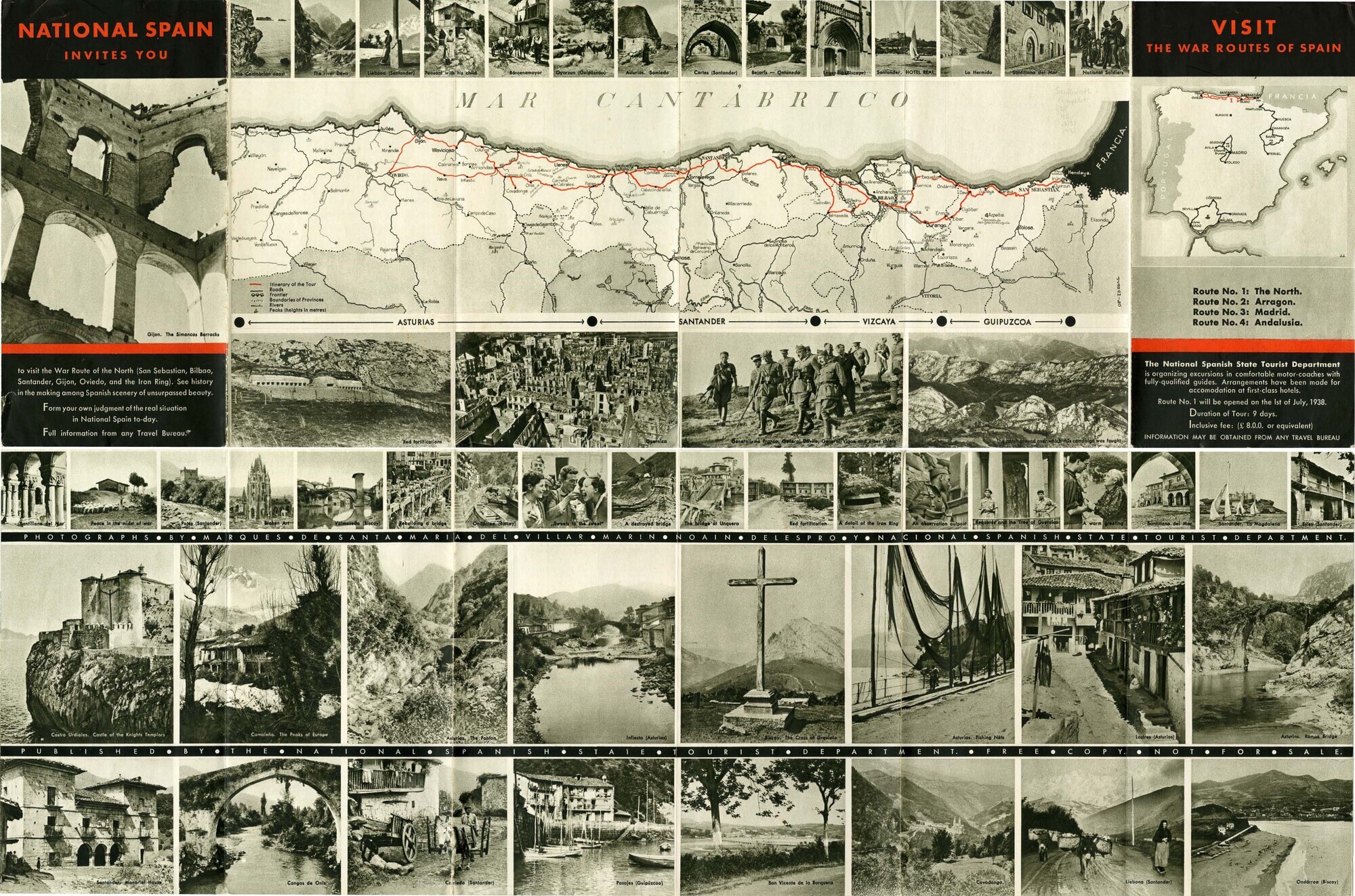
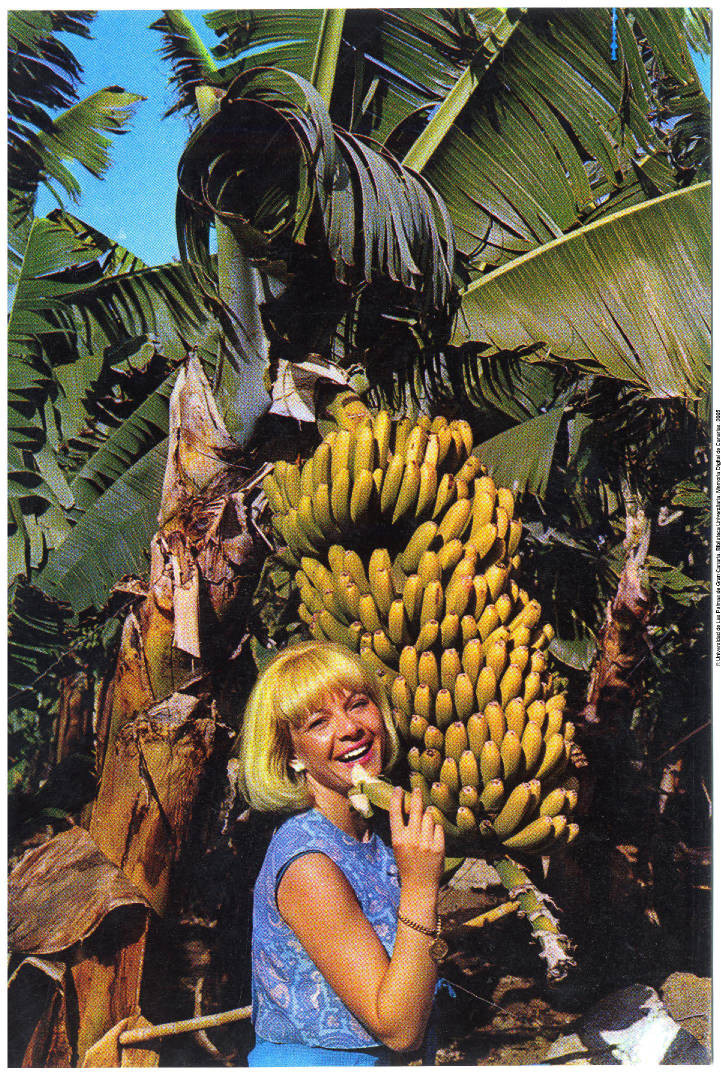
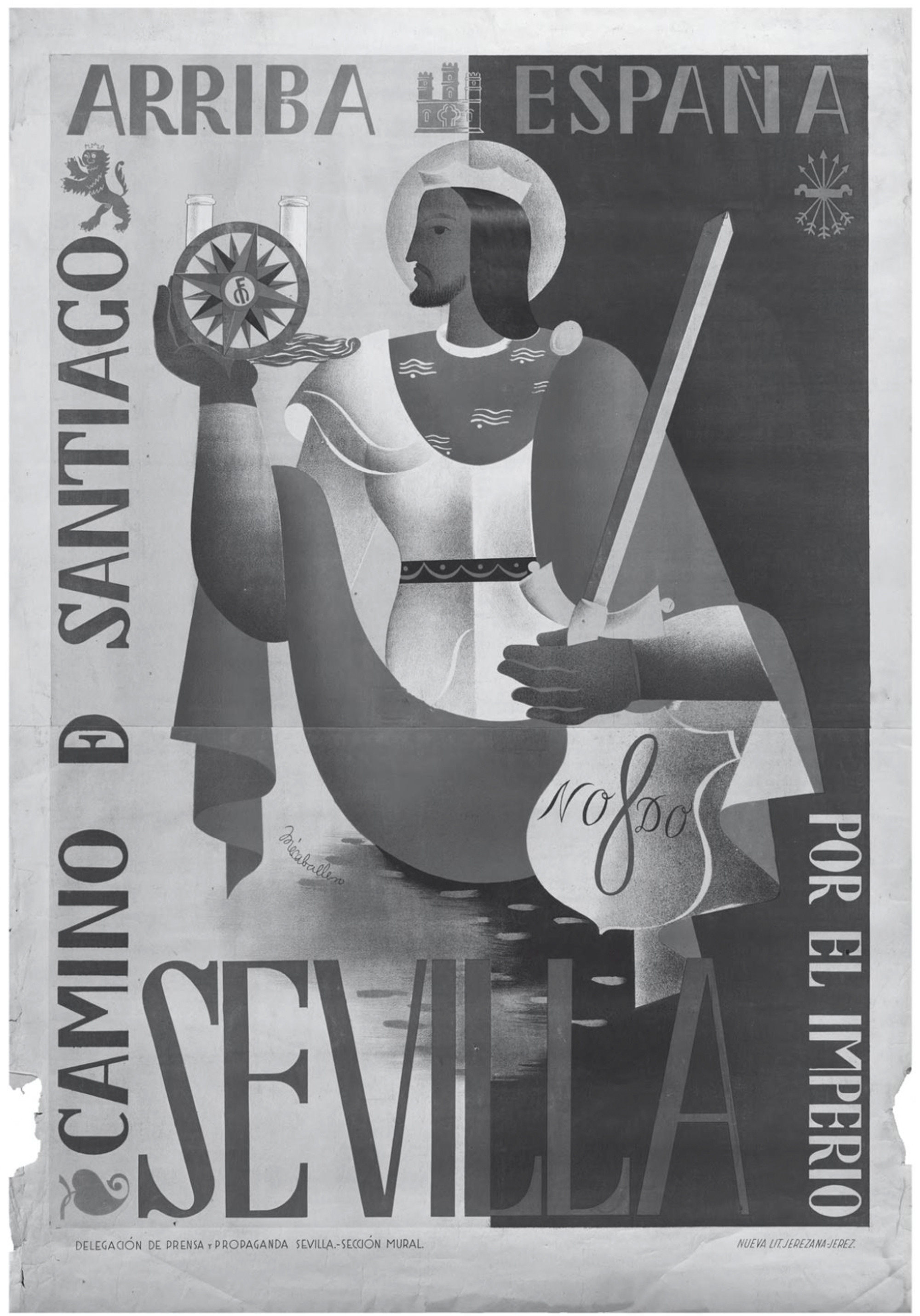
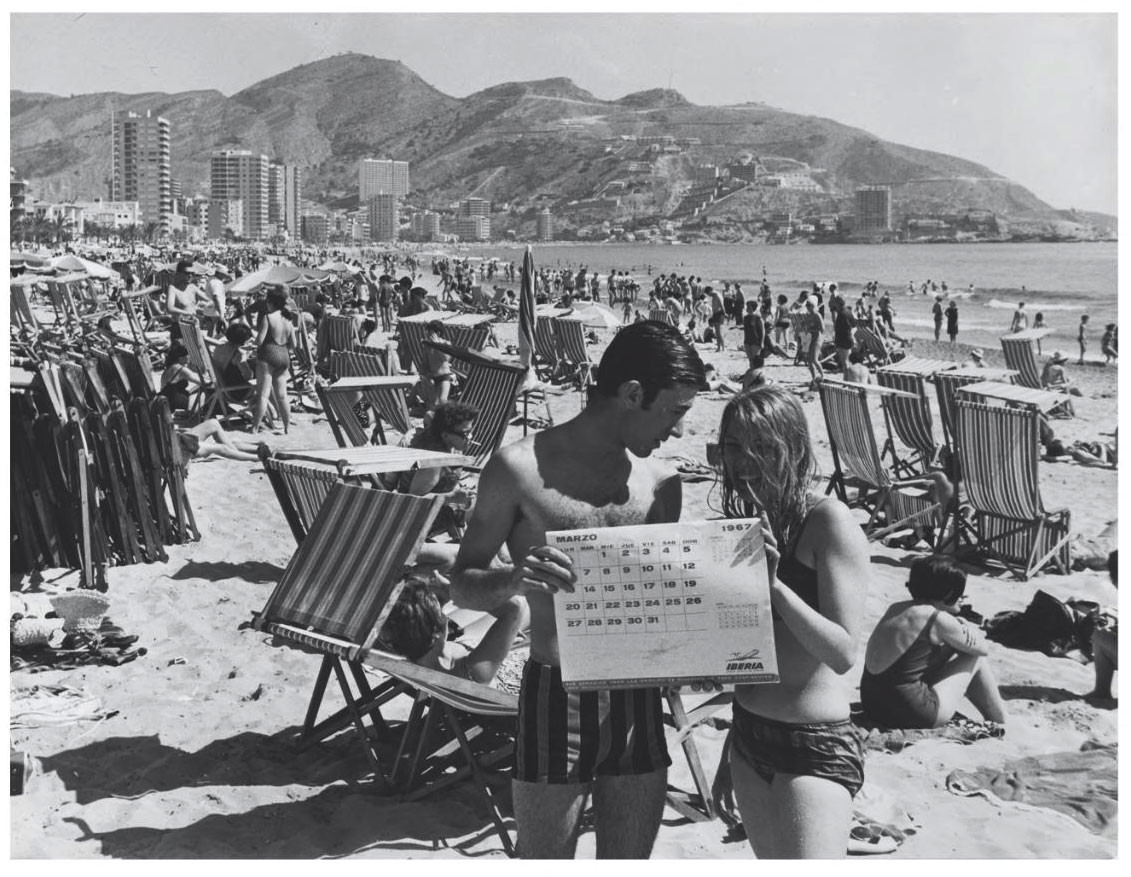
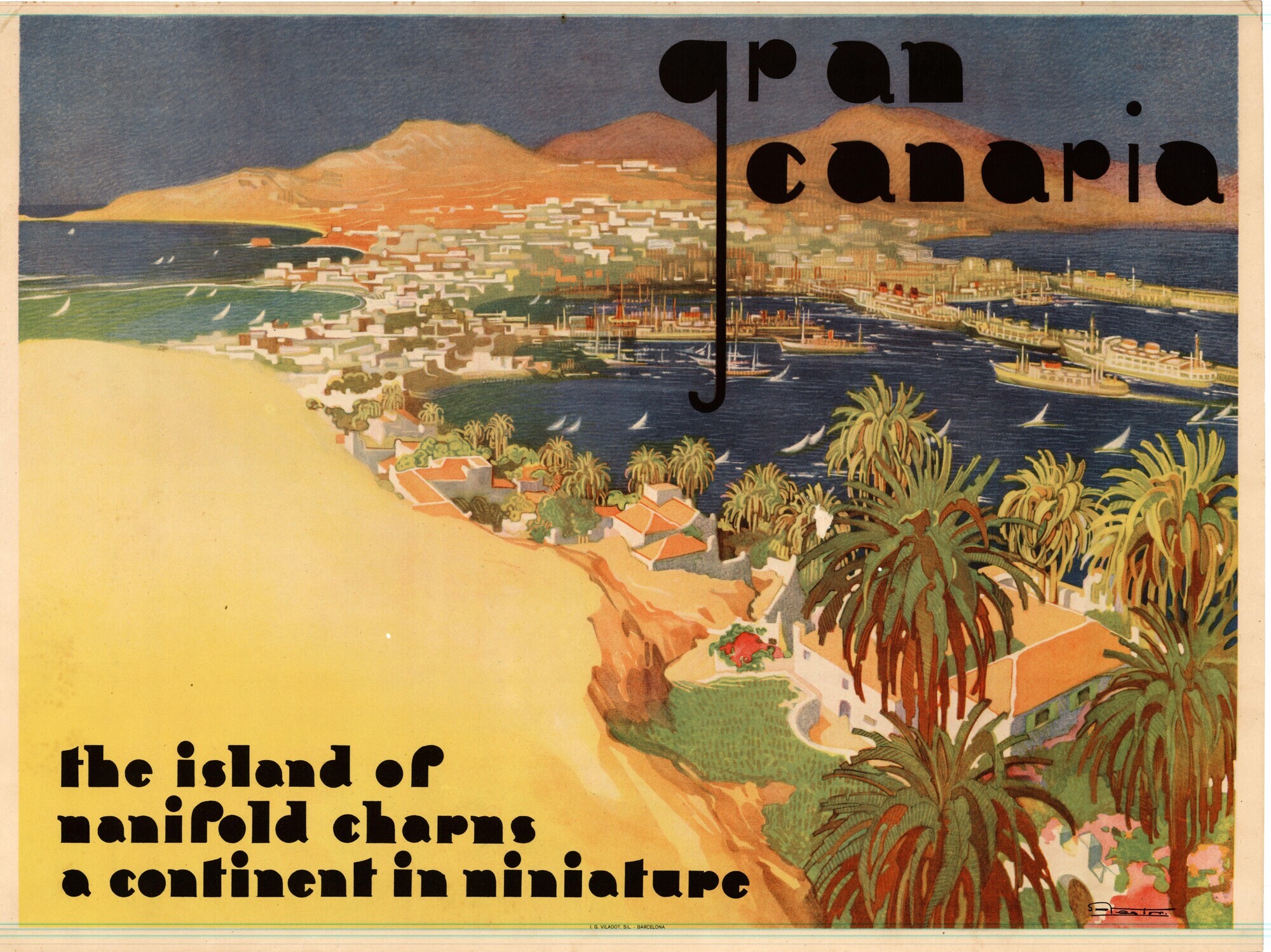
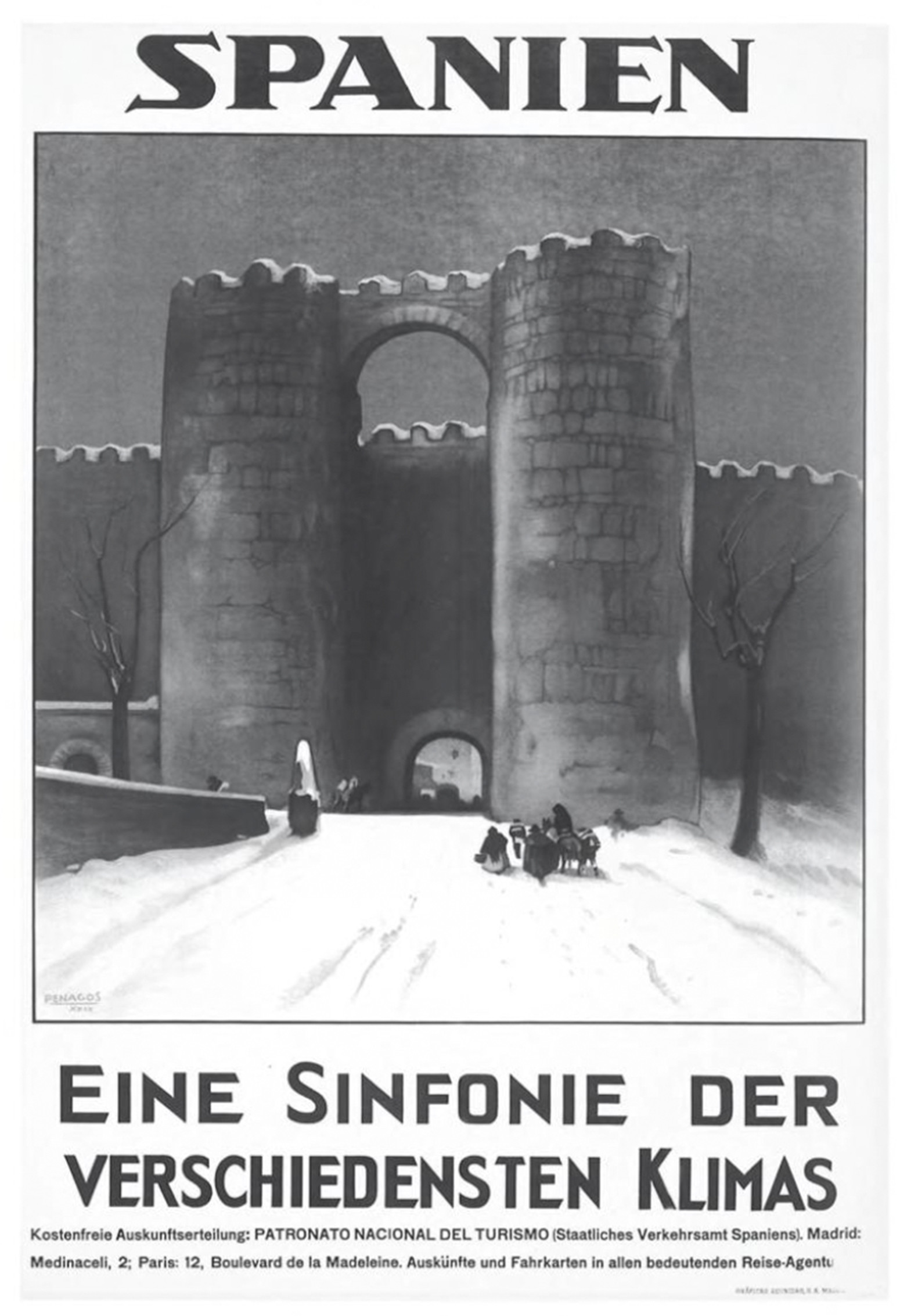
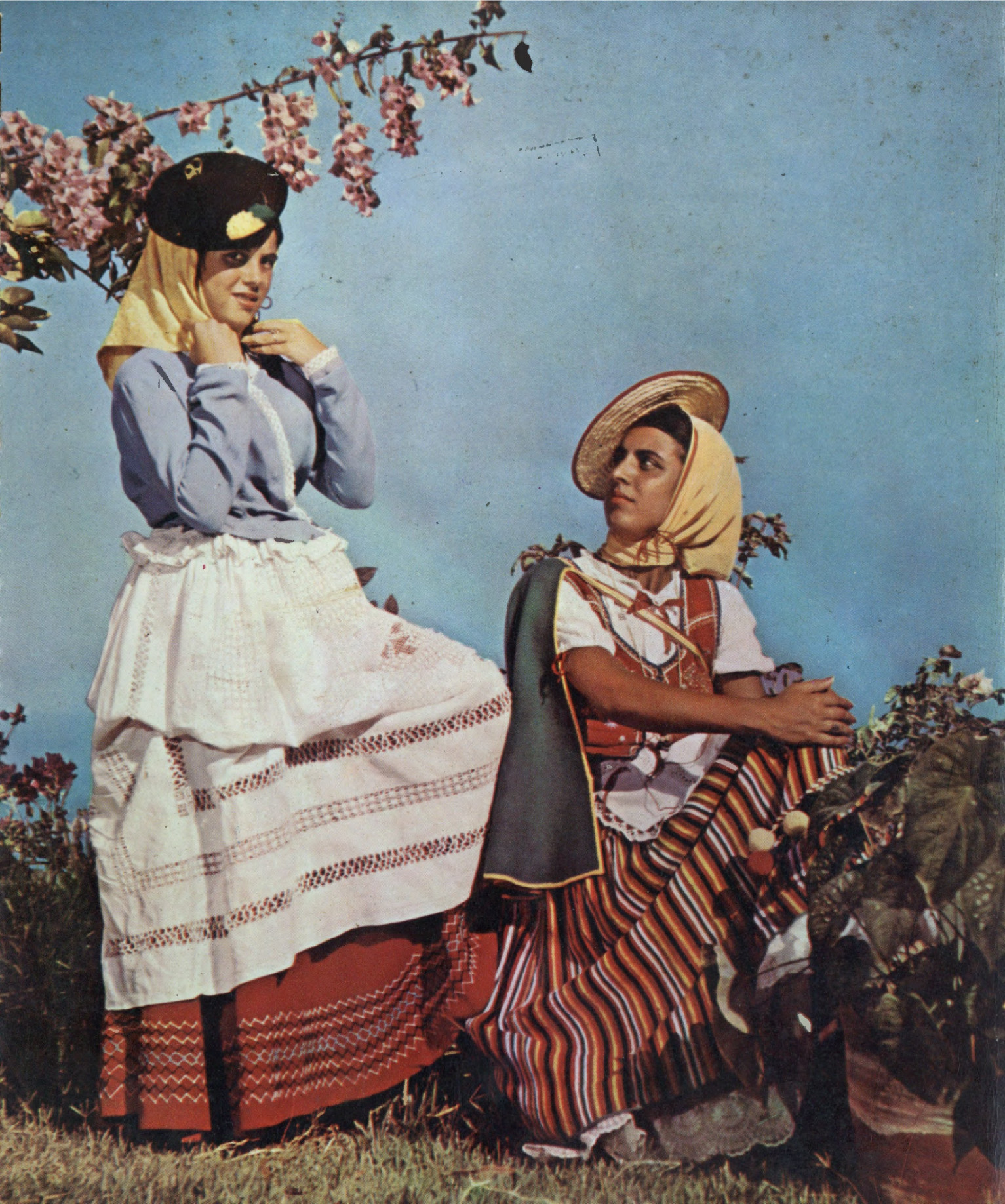
…
Bou Craa Mine
Bou Craa Mine

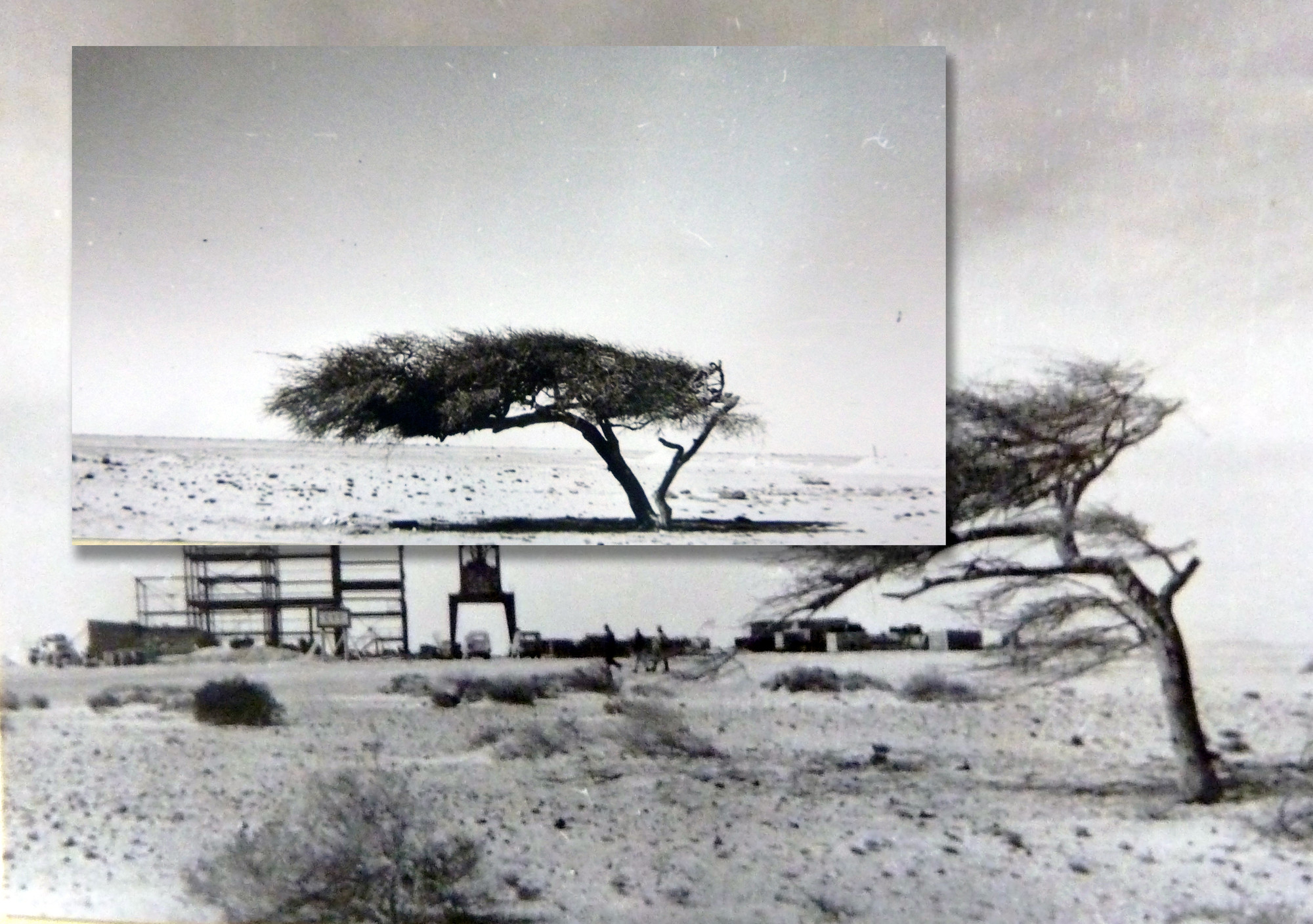
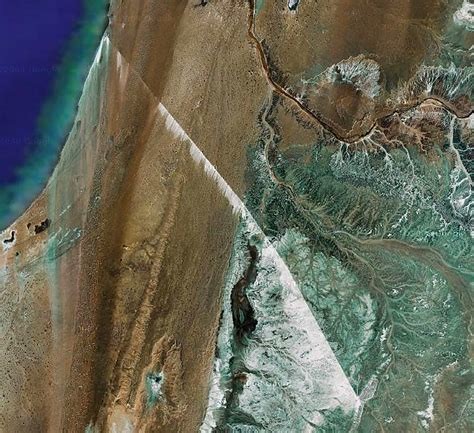
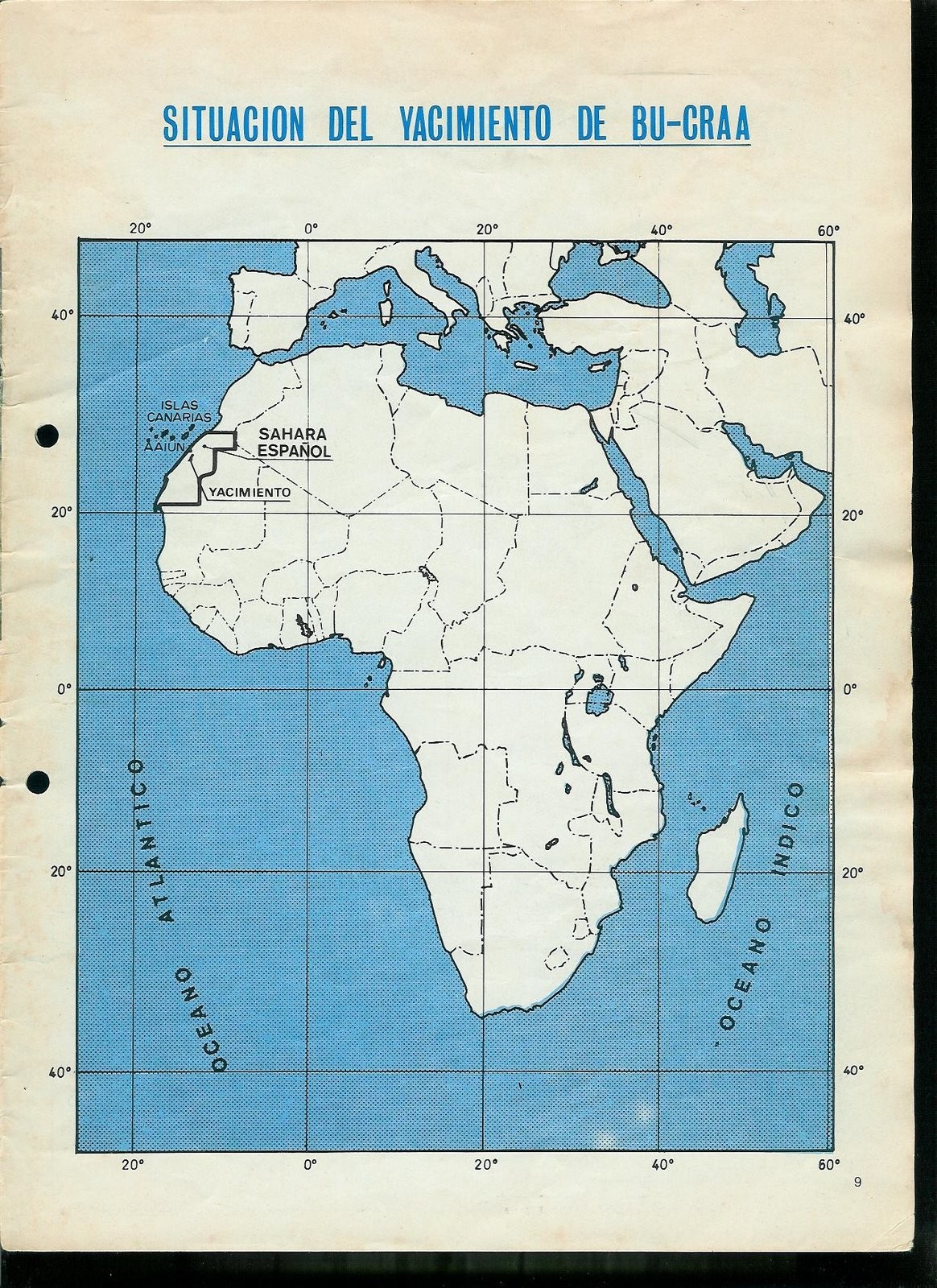
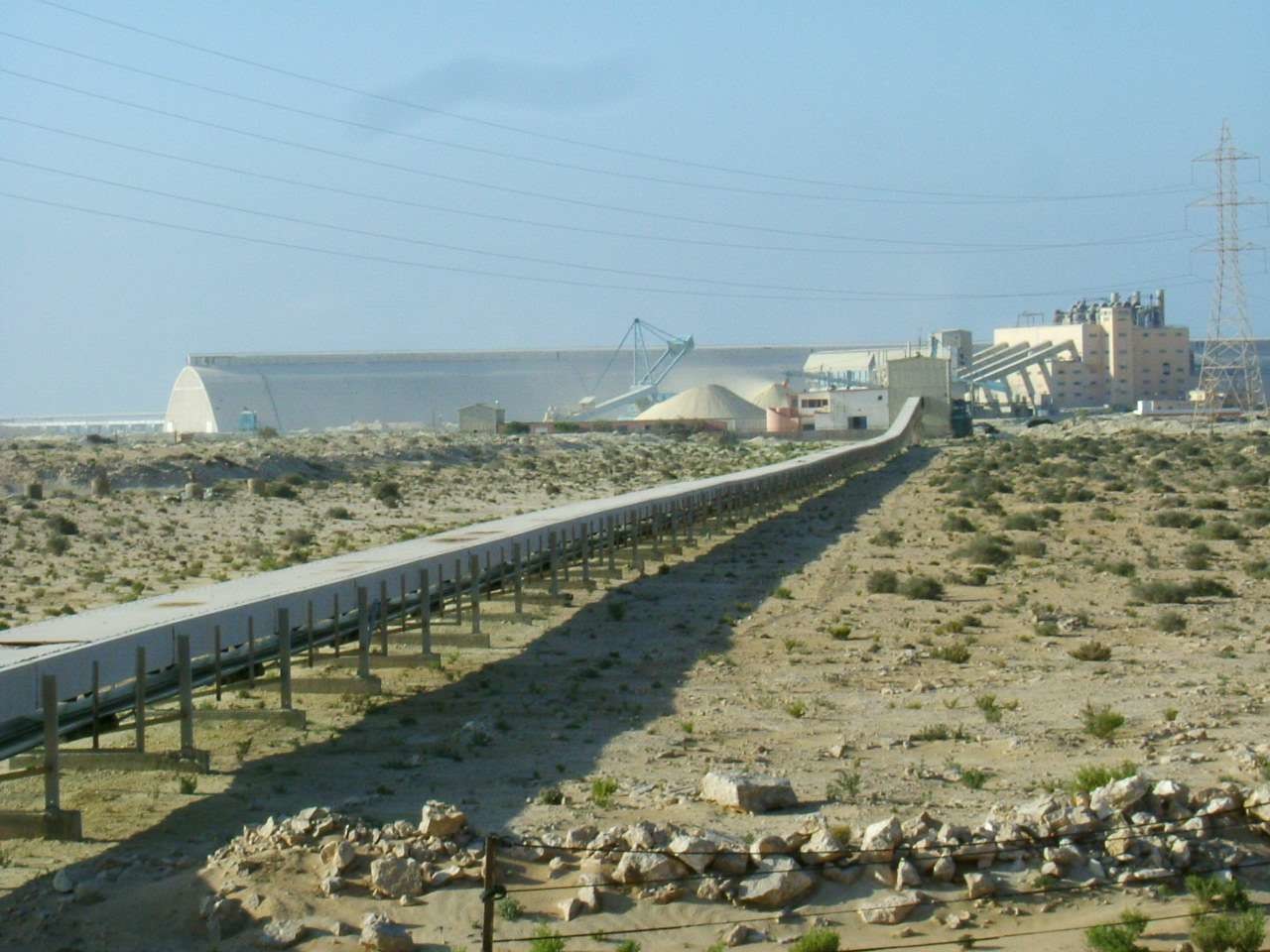
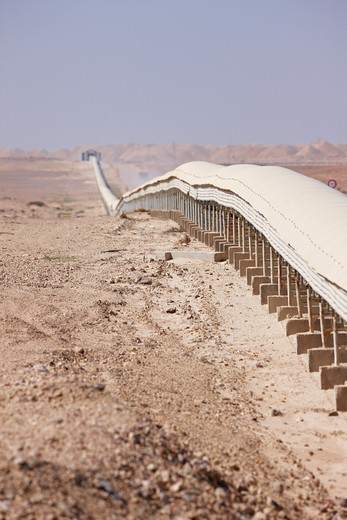

…
Phosphates
Phosphates
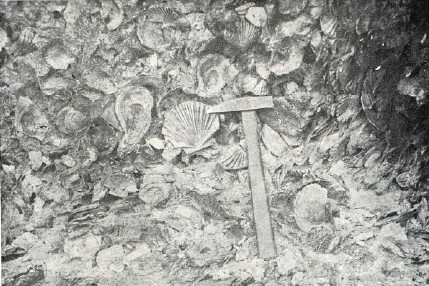
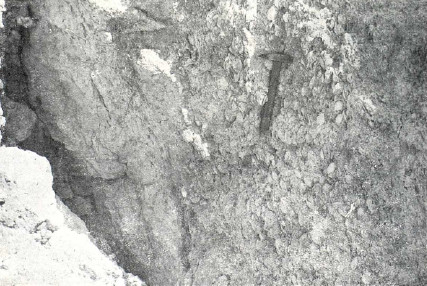

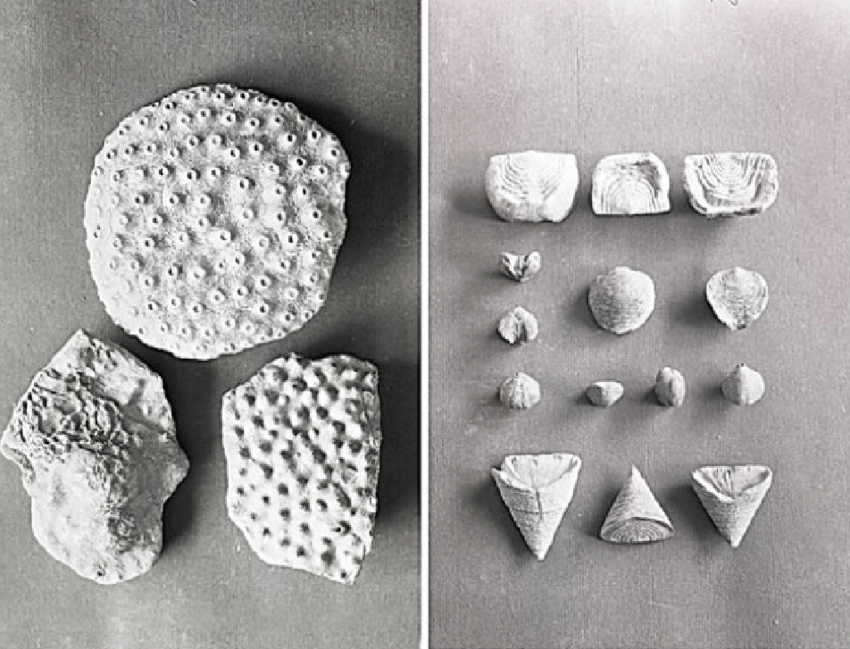
…
Infrastructural Colonialism
Infrastructural Colonialism
(Carrero Blanco May 16th, 1966)
Nuevas 'jaimas' de ladrillo y cemento, dotadas de todos los servicios, se alzan ahora en el desierto en zonas perfectamente urbanizadas. La civilización exige bases sedentarias [Brand new brick and concrete tents, equipped with all modern amenities, are now rising in the desert in perfectly urbanized areas. Civilization demands sedentary settlements.]
(Estalella 1966)
The first locution by Admiral Carrero Blanco (Sub-secretary Minister for the Government Presidency) at a 1966 visit to Laâyoune, as well the following from one of the leading urbanists and architects of the regime, encapsulates the masquerading of resource extraction (and occupation) under a thick veil of altruistic development. Countering such narrative, Yolanda Aixelà-Cabré denounces the large public works and infrastructural efforts as form of "historiographical invisibility" for Spanish African colonialism promoted by Francisco Franco.
Under the pressure of rising decolonisation, the regime initiated alternative modes of occupation to maintain the extraction of valuable resources. The earliest efforts to assimilate nomadic populations entailed forcible eviction from traditional grazing grounds and/or trading routes, immediately followed by the aggresive promotion of sedentary settlements away from resource rich areas. As part of this process, cabilas (indigenous tribal organisations) were disarmed and passes/IDs issued for communities crossing the borders between the French and Spanish occupied territories. The French franc and the Spanish peseta were later introduced as official currencies thereby creating a necessity to enter into labour- and resource-oriented relations to obtain means of settling the payment of taxes (a scheme was largely deployed in Sub-saharan Africa by France).
The imposition of administrative structures in Ifni and (what was then called) Spanish Sahara provinces was later compounded by the creation of experimental urban plans, the construction of harbours, airports and markets. As a way to further entice nomadic communities into sedentary settlements, newly established colonies expressely included indigenous elements into the spatial and decorative design, which included schemes like rent-limited public housing. Spain’s African colonies offered mainland architects, urbanists, and ultimately Spanish modernity at large a fertile ground for experimentation. It is no accident that the first ever modern Spanish General Urban Plan by Pedro Muguruza - celebrated for being the first implementating zoning laws - was not for the Spanish Capital, but rather Tetuan in the African Protectorate.
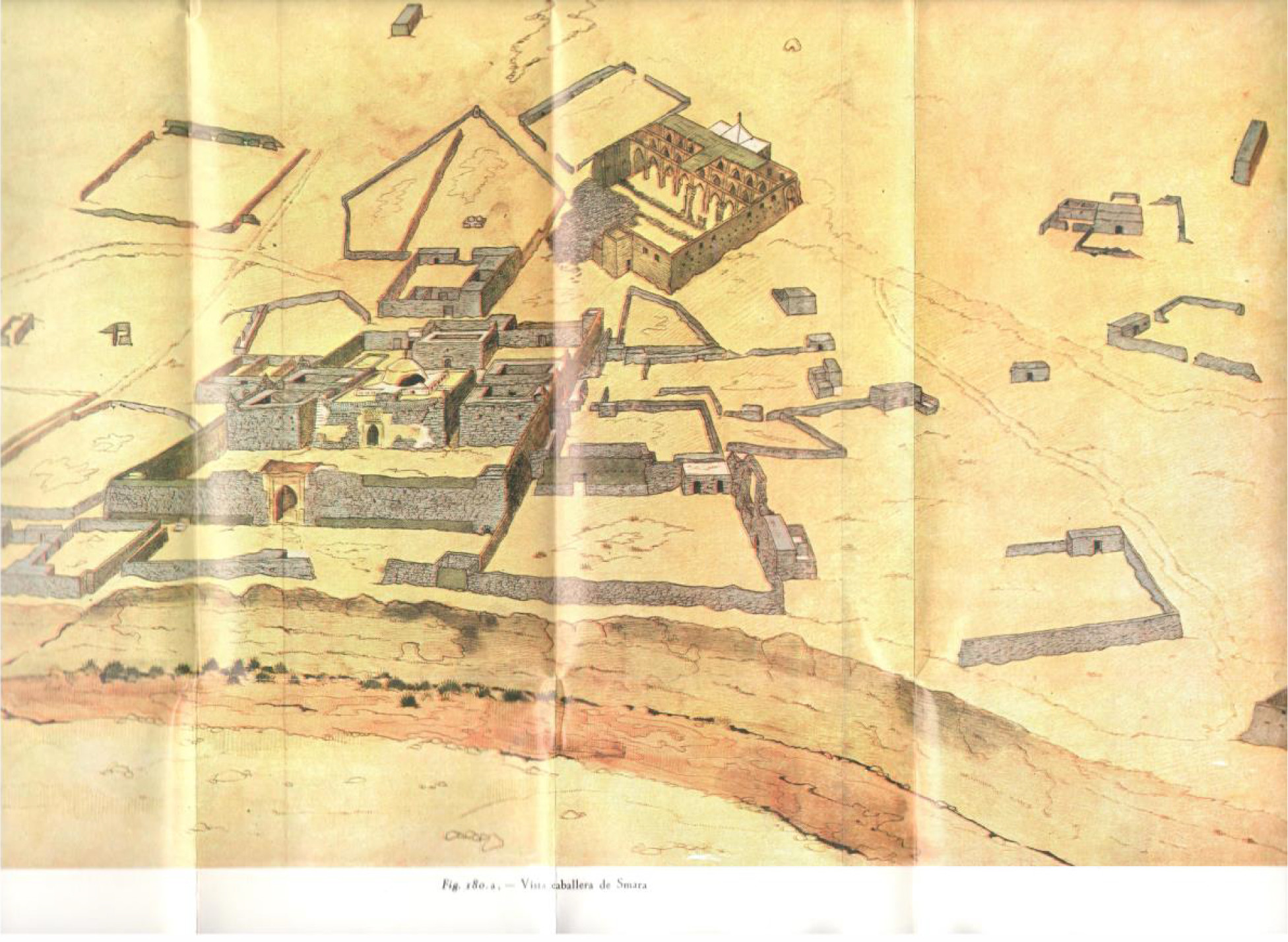
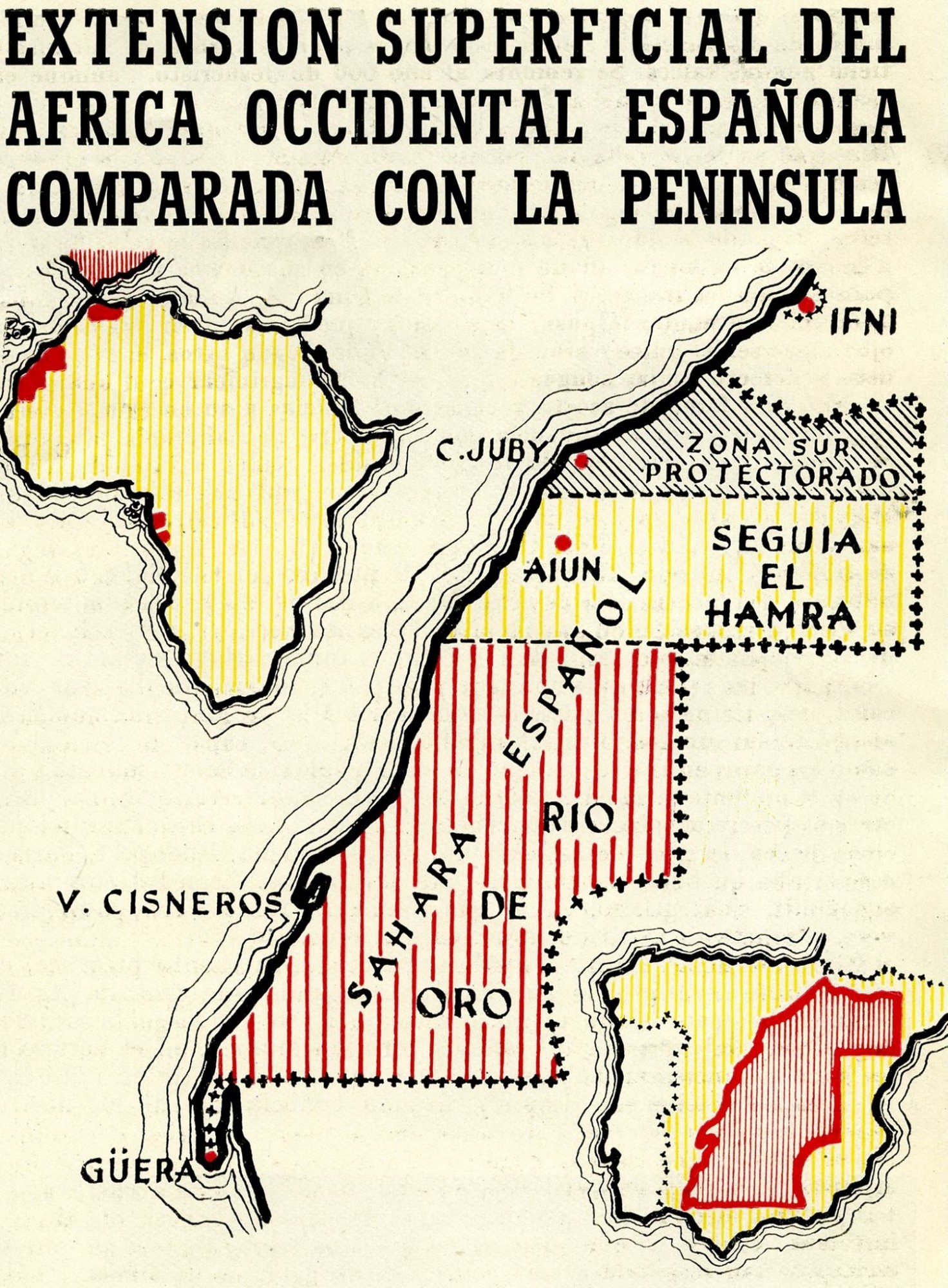

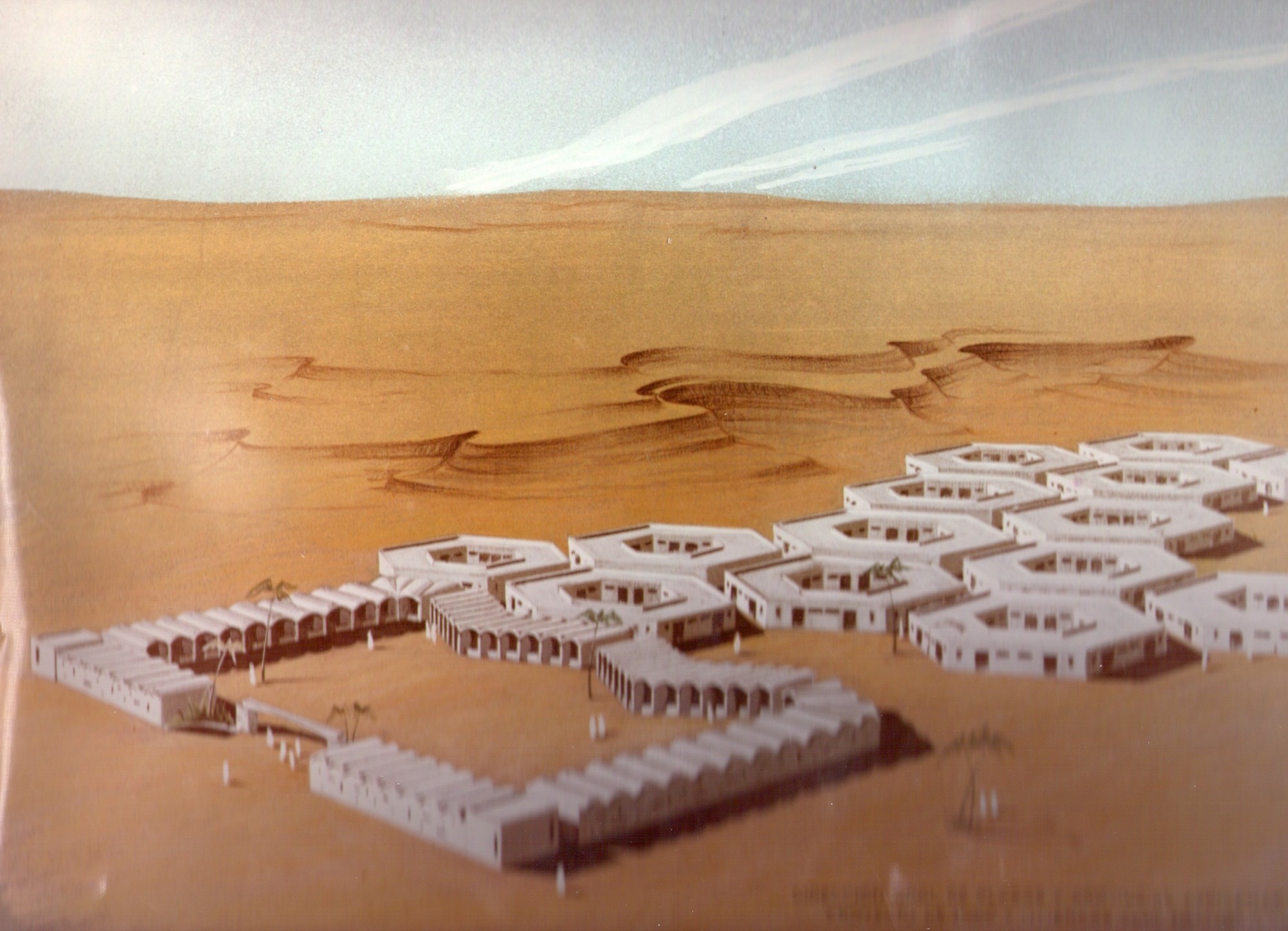
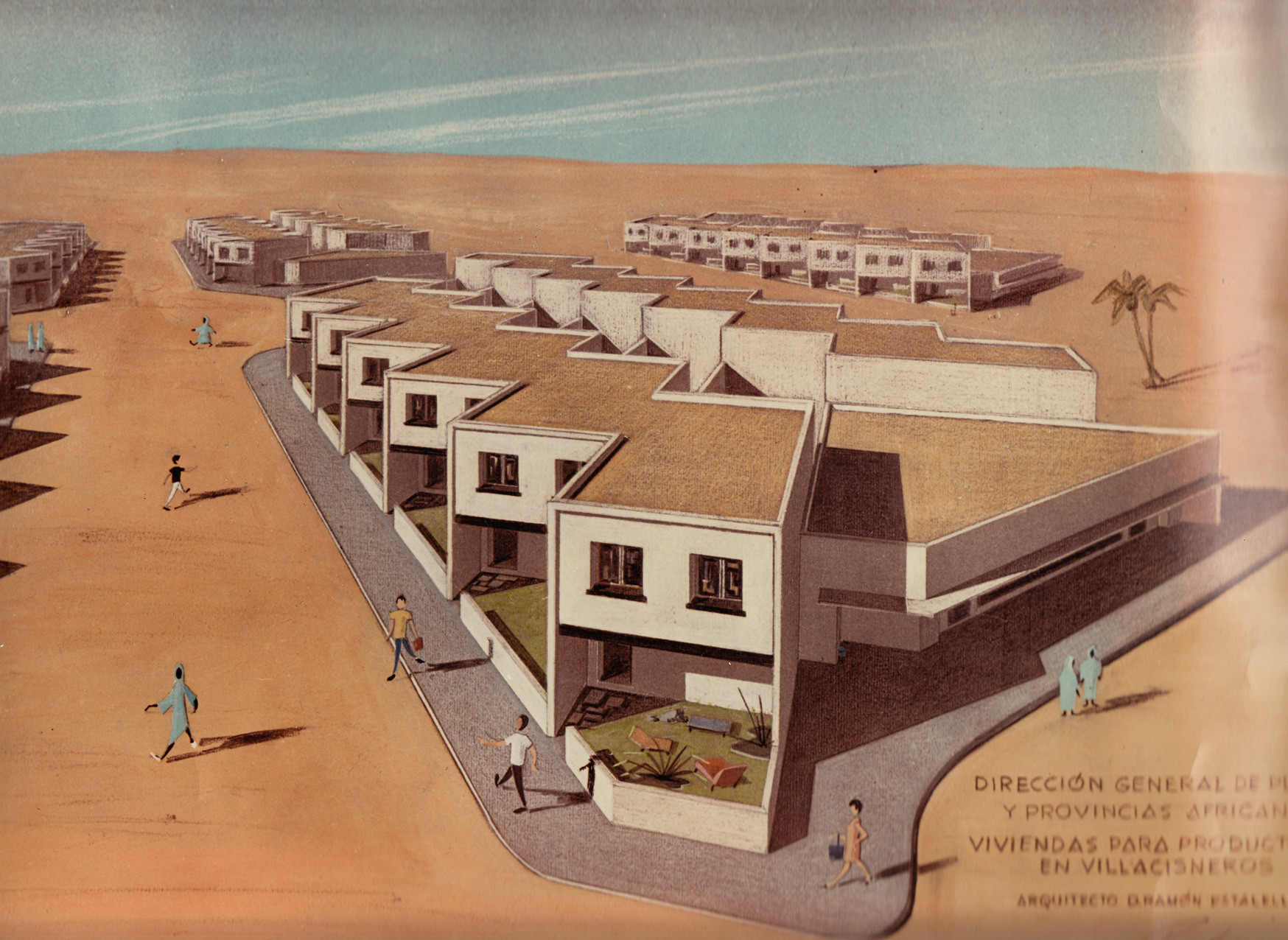
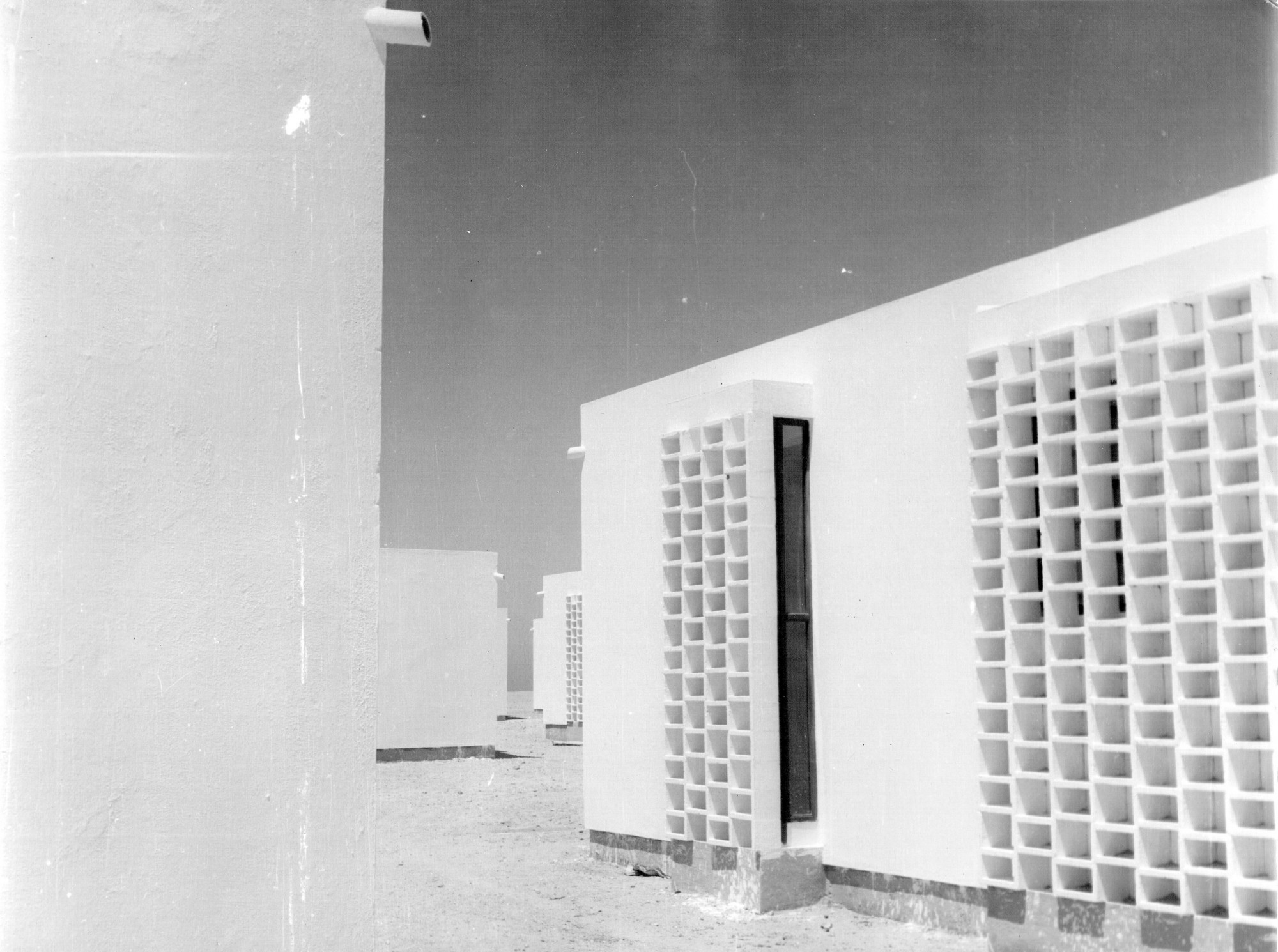

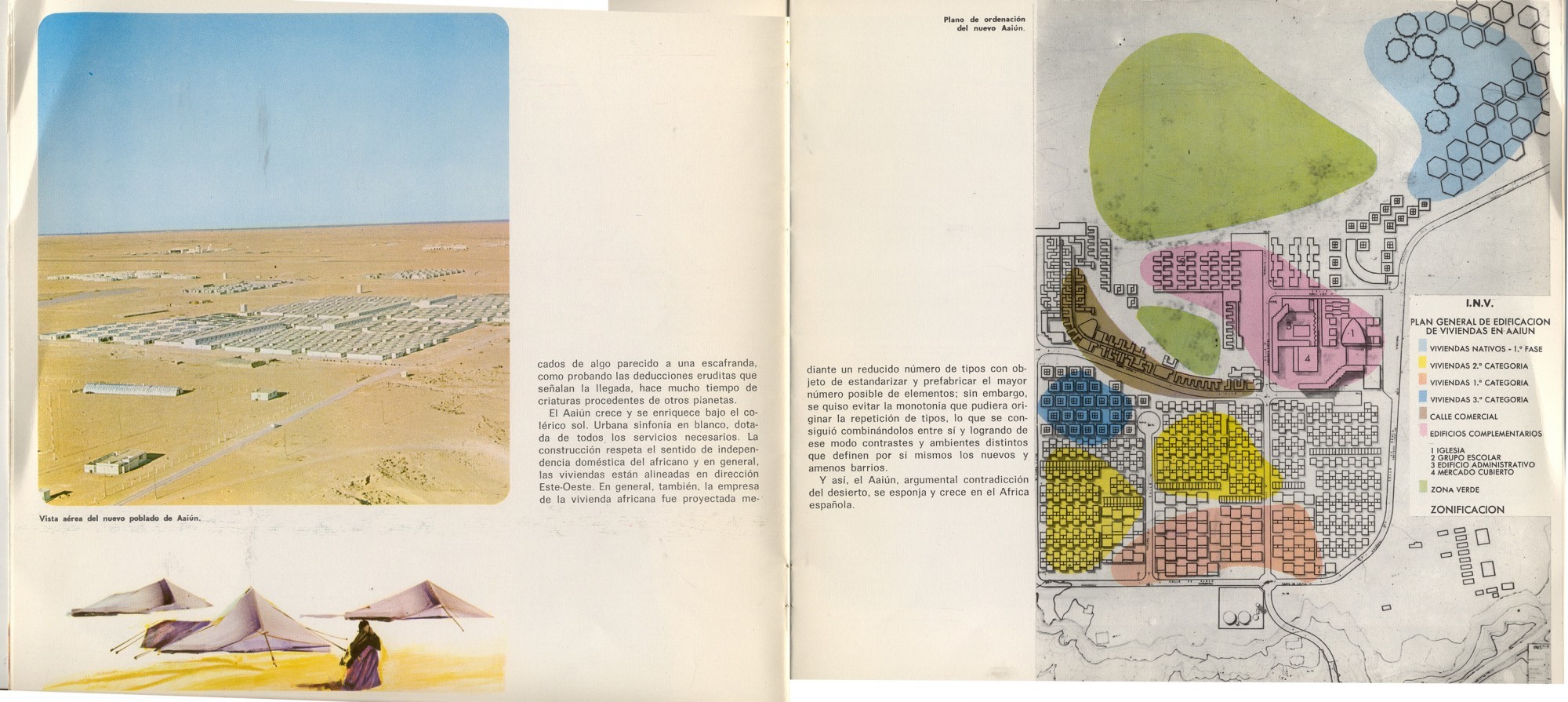
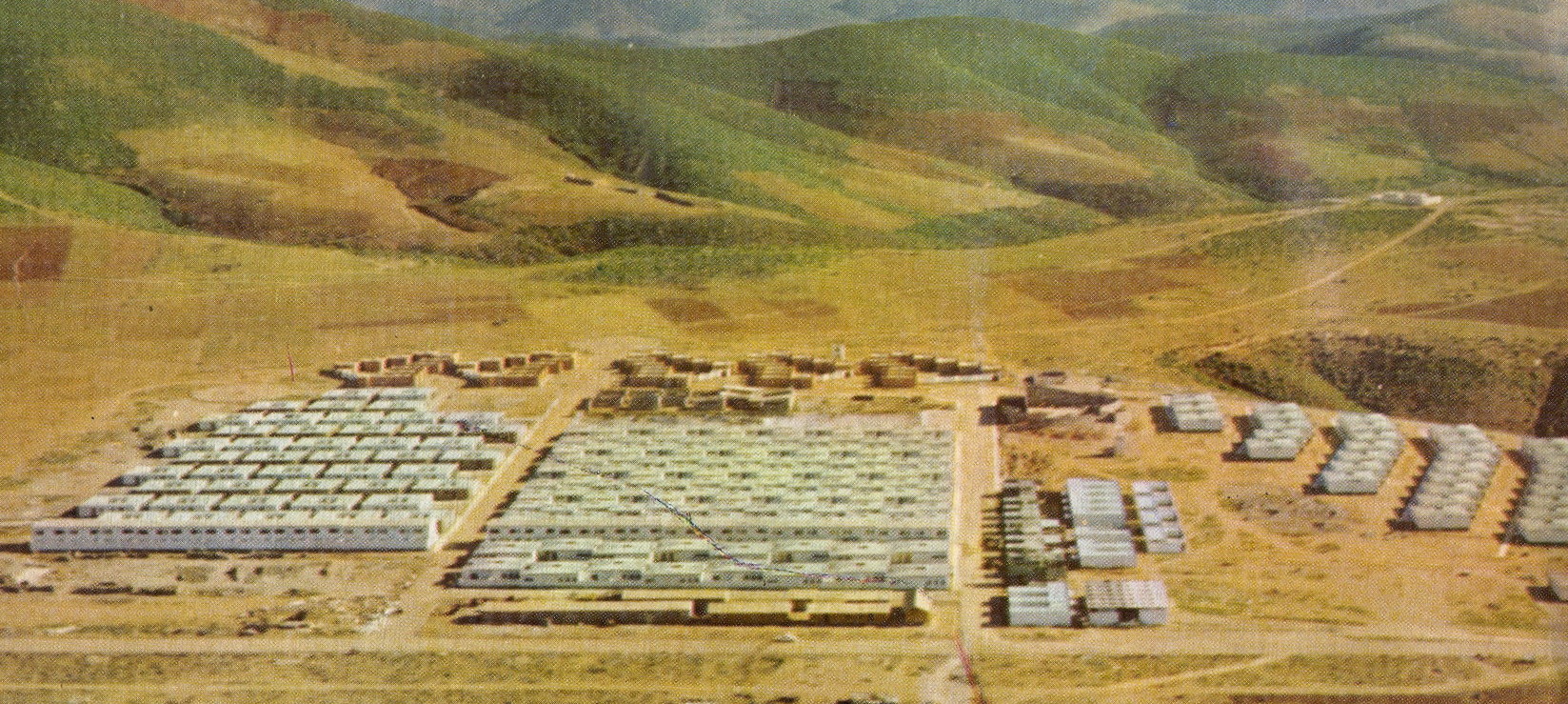
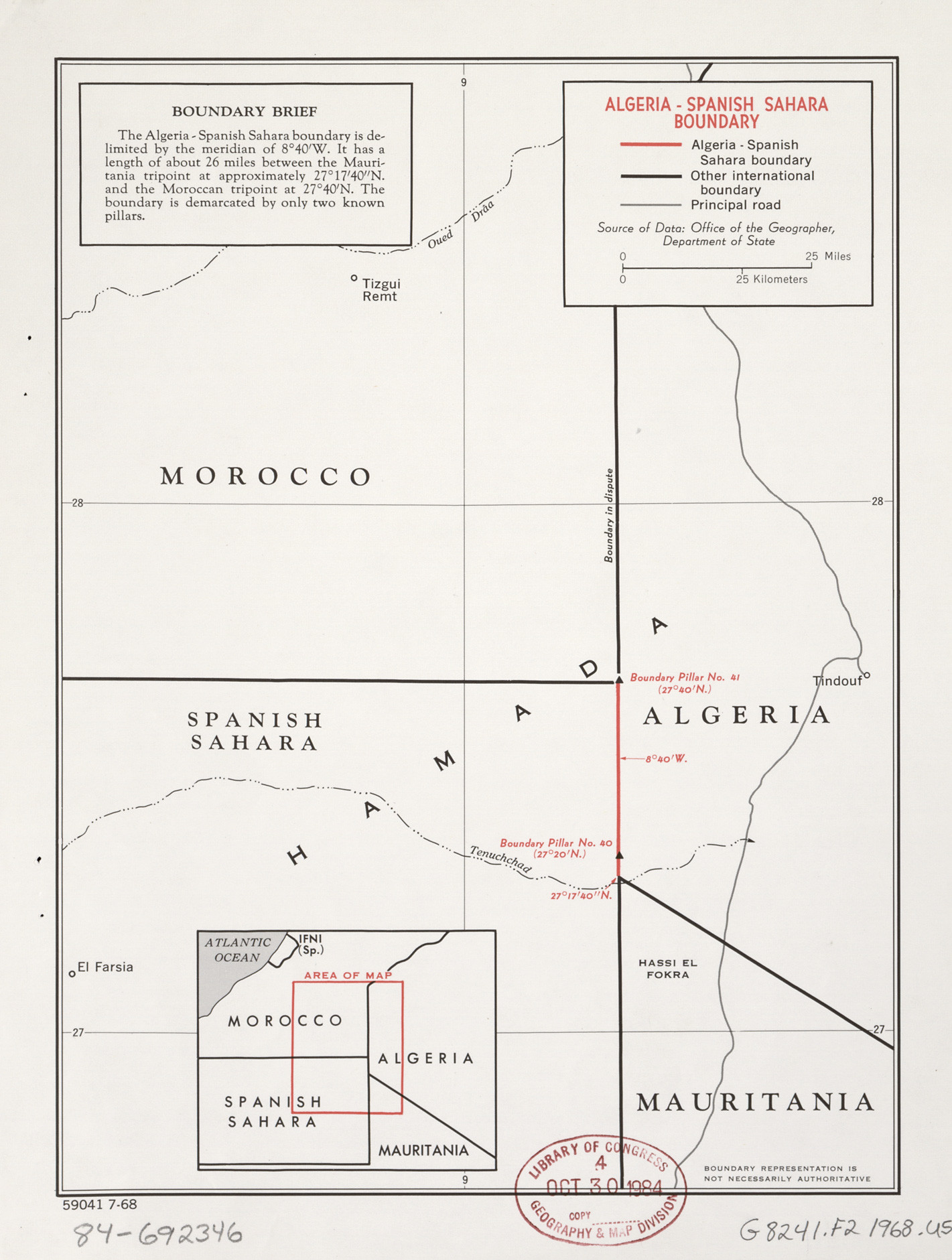
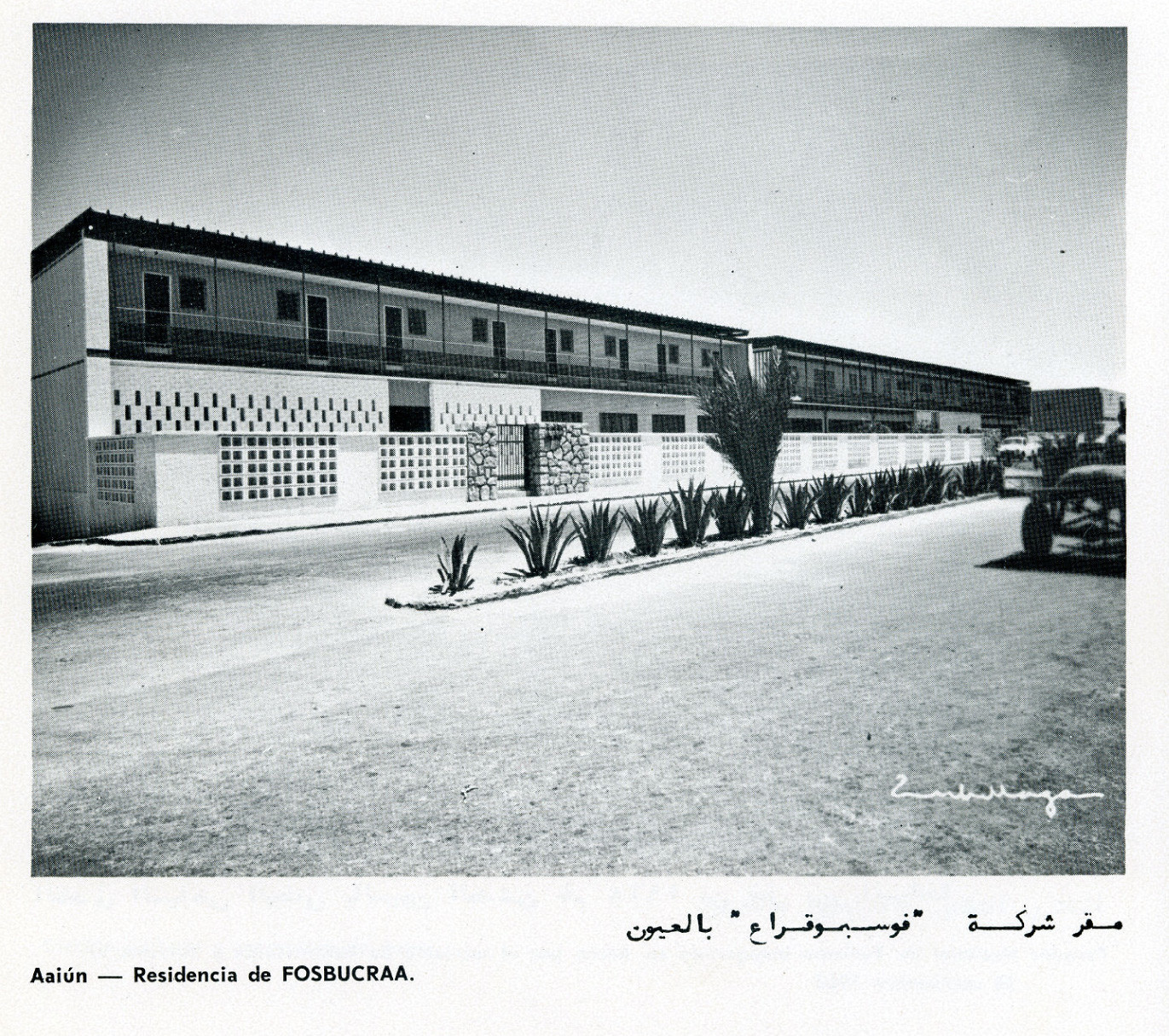
…
Dovecotes
Dovecotes
Dovecotes are structures that house pigeons or doves, and are designed in such a way that the bird droppinngs can be collected to use as fertiliser for nearby crops.
In Medieval Europe, dovecotes were symbolic displays of power, as well as a form of integrated breeding and fertilising. They were regulated by laws such as “droit de colombier”, a privilege only afforded to nobles and feudal lords. A conspicuous feature in open rural landscapes, often bordering villages, they were outside of stylistic or structural requirements in regular buildings, usually more attractive and better constructed than the peasant homes Since antiquity, dovecotes through the Middle East and Europe have served as breeding structures which provided rich fertiliser for the surrounding crops. Dovecotes themselves replicated cliffs and rock ledges which are used for roosting and breeding in the wild. Farmers were careful to keep their dovecotes clean, whitewashed, and perfumed in order to increase the birds’ attraction to their dwellings. An average dovecote with around 1,000 nesting cells produced up to 12 tons of manure annually, enough to fertilise 1,500 fruit trees or vines.
We look to these traditional knowledges and architectural marvels at a time where soil impoverishment (due to intensive agriculture and chemical fertilisers) is considered a major environmental risk.
This project is in development.
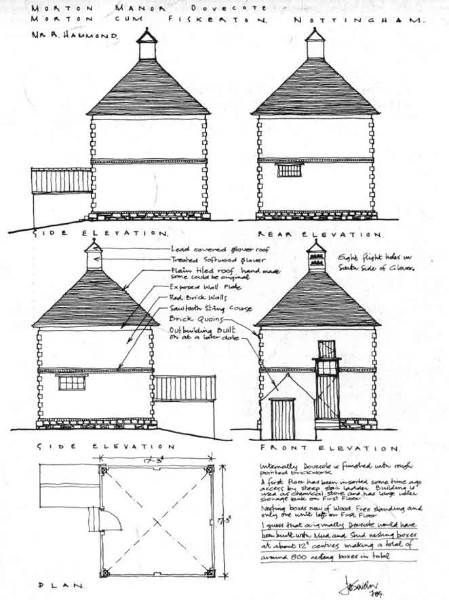
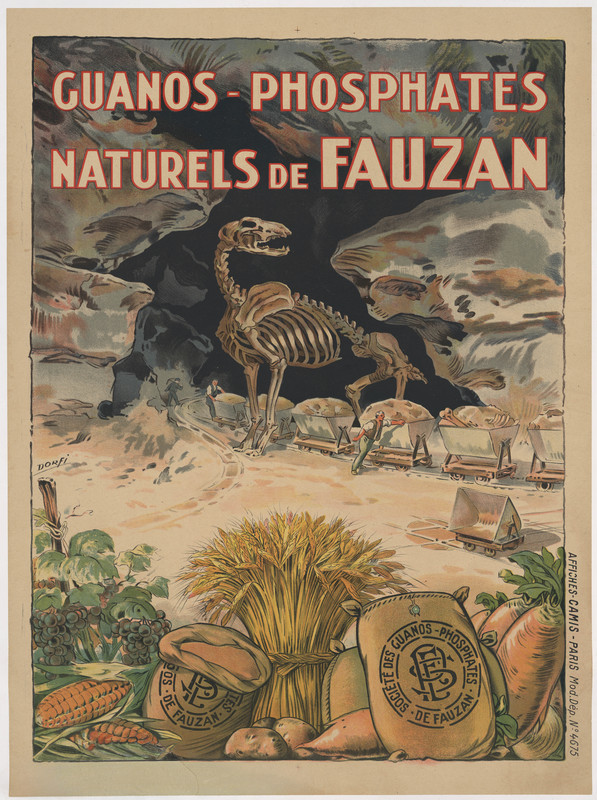
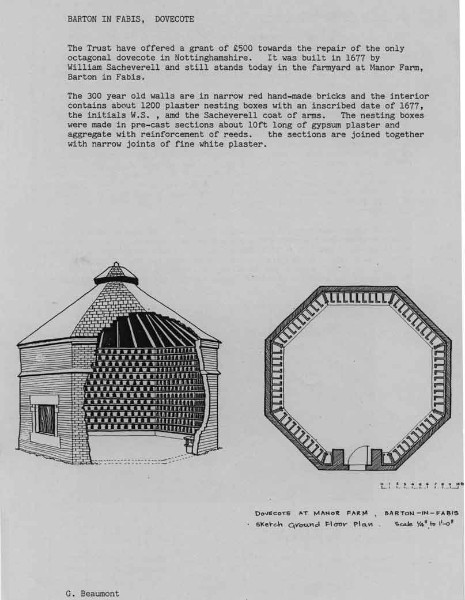

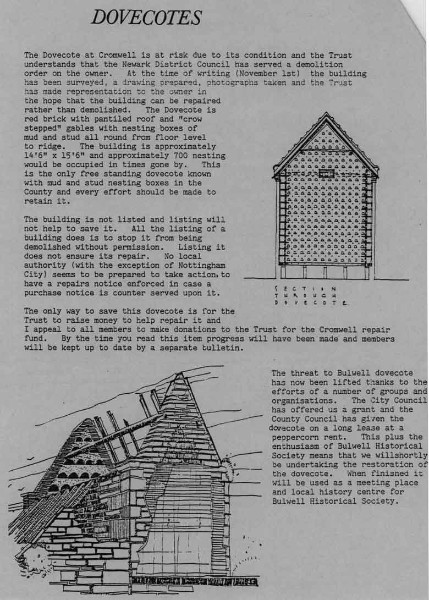
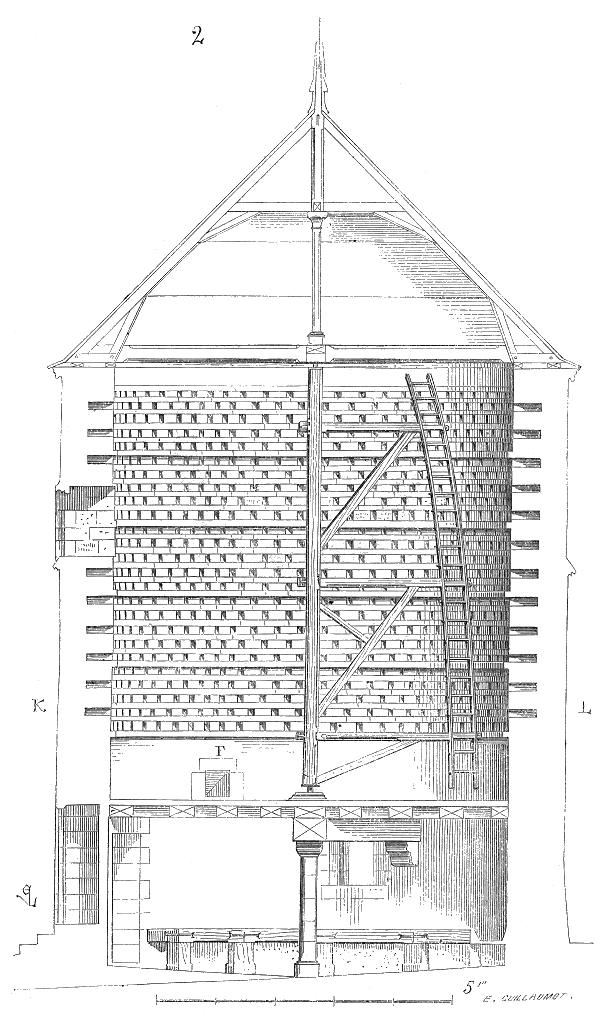
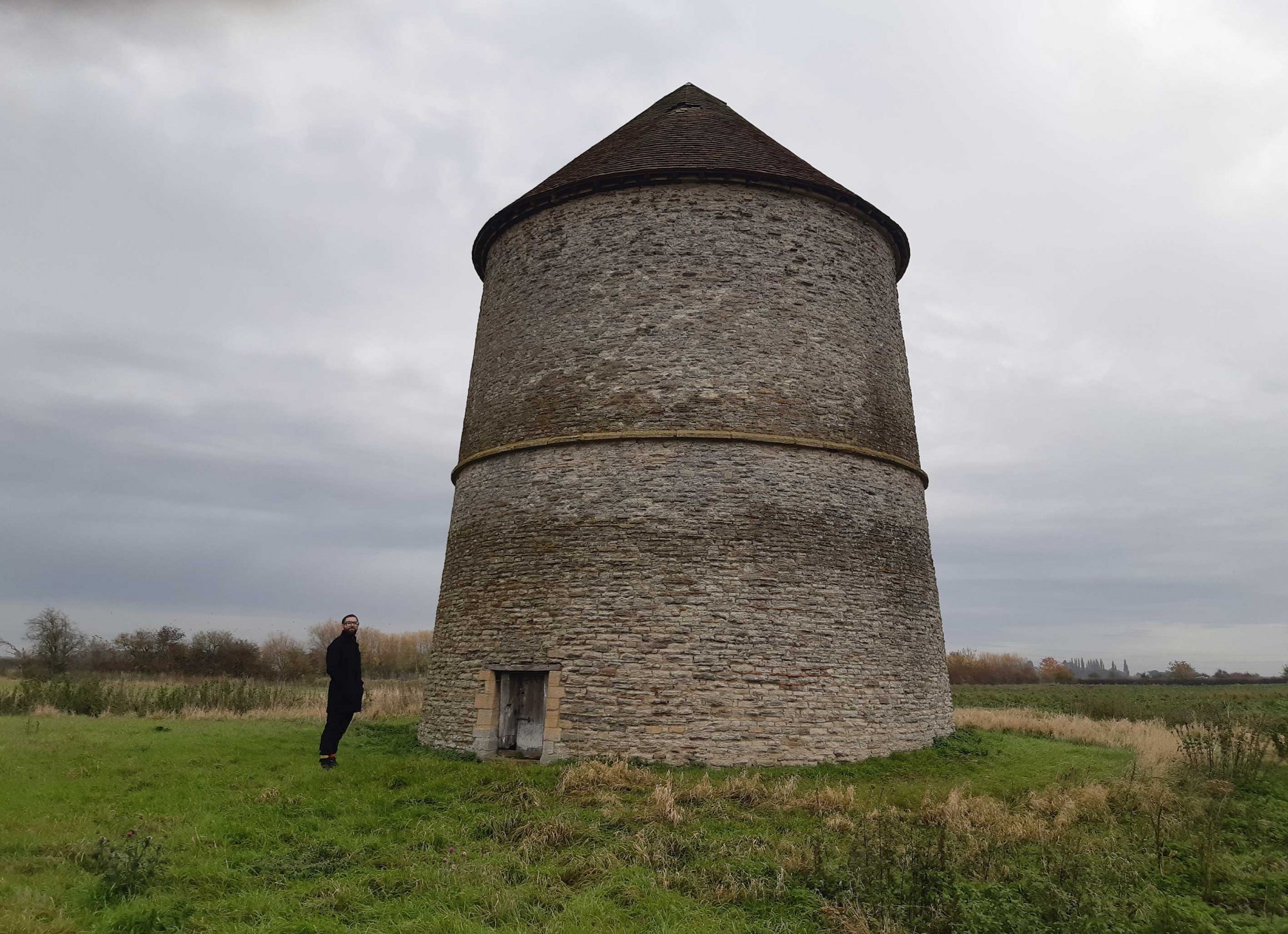

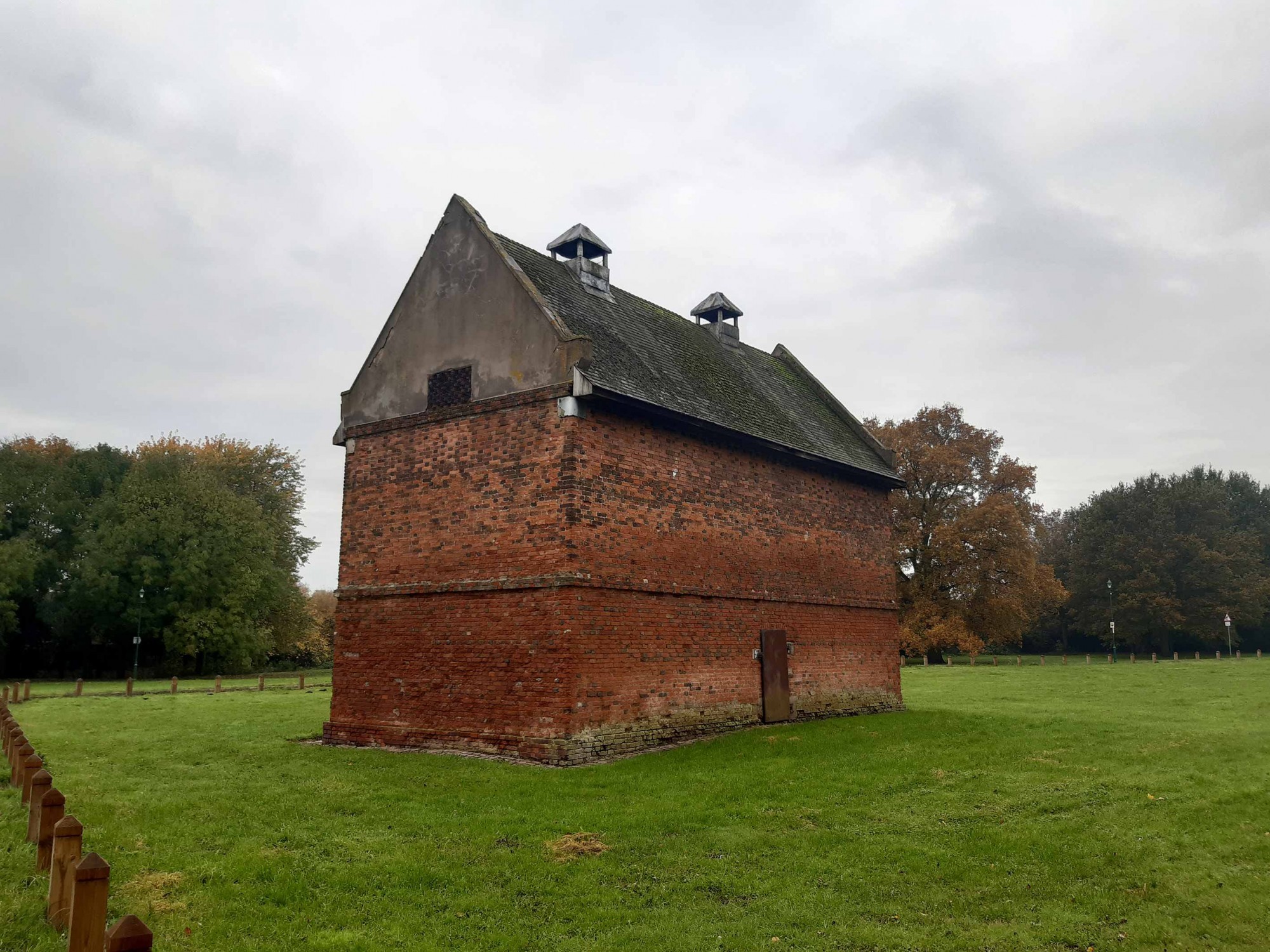



…
Arboriculture
Arboriculture
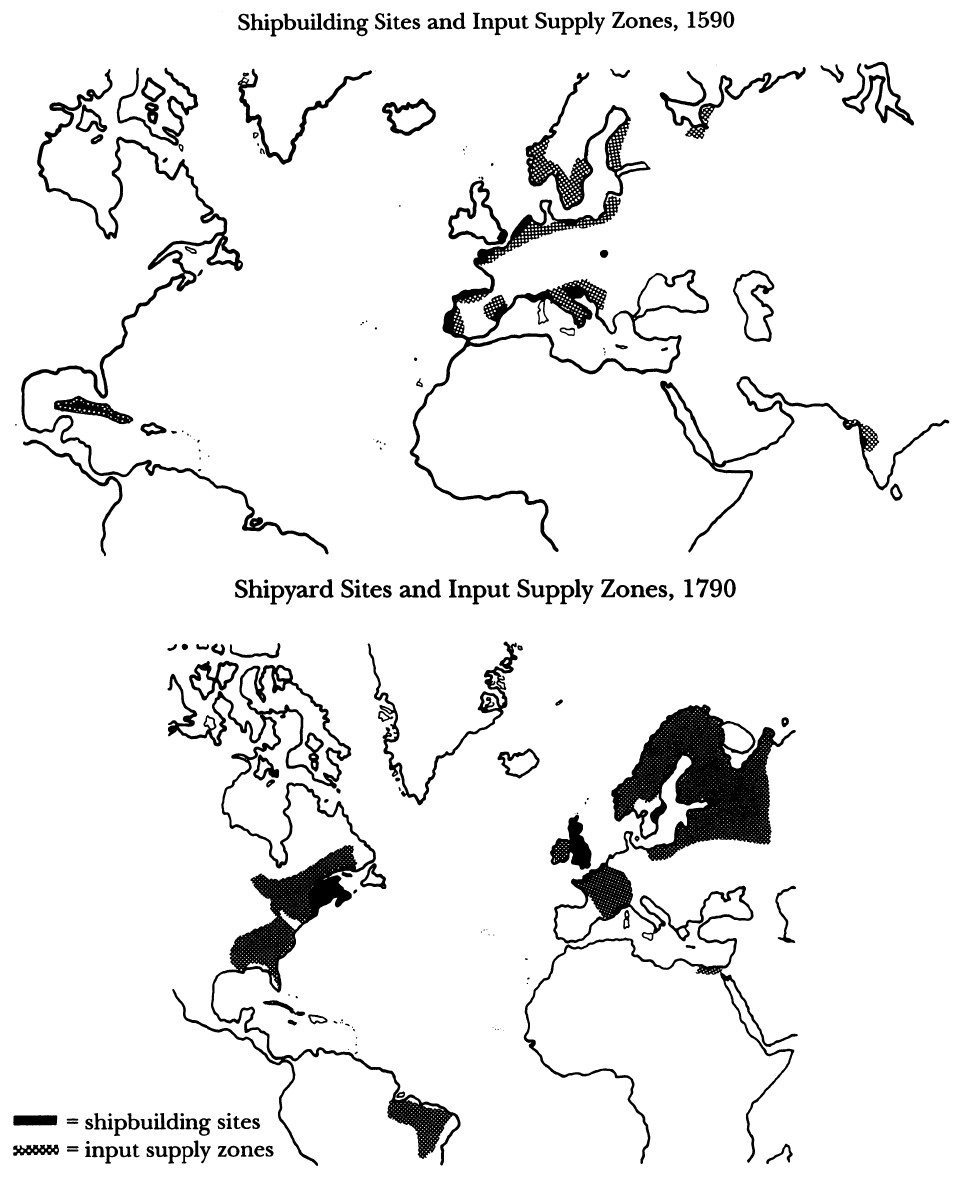
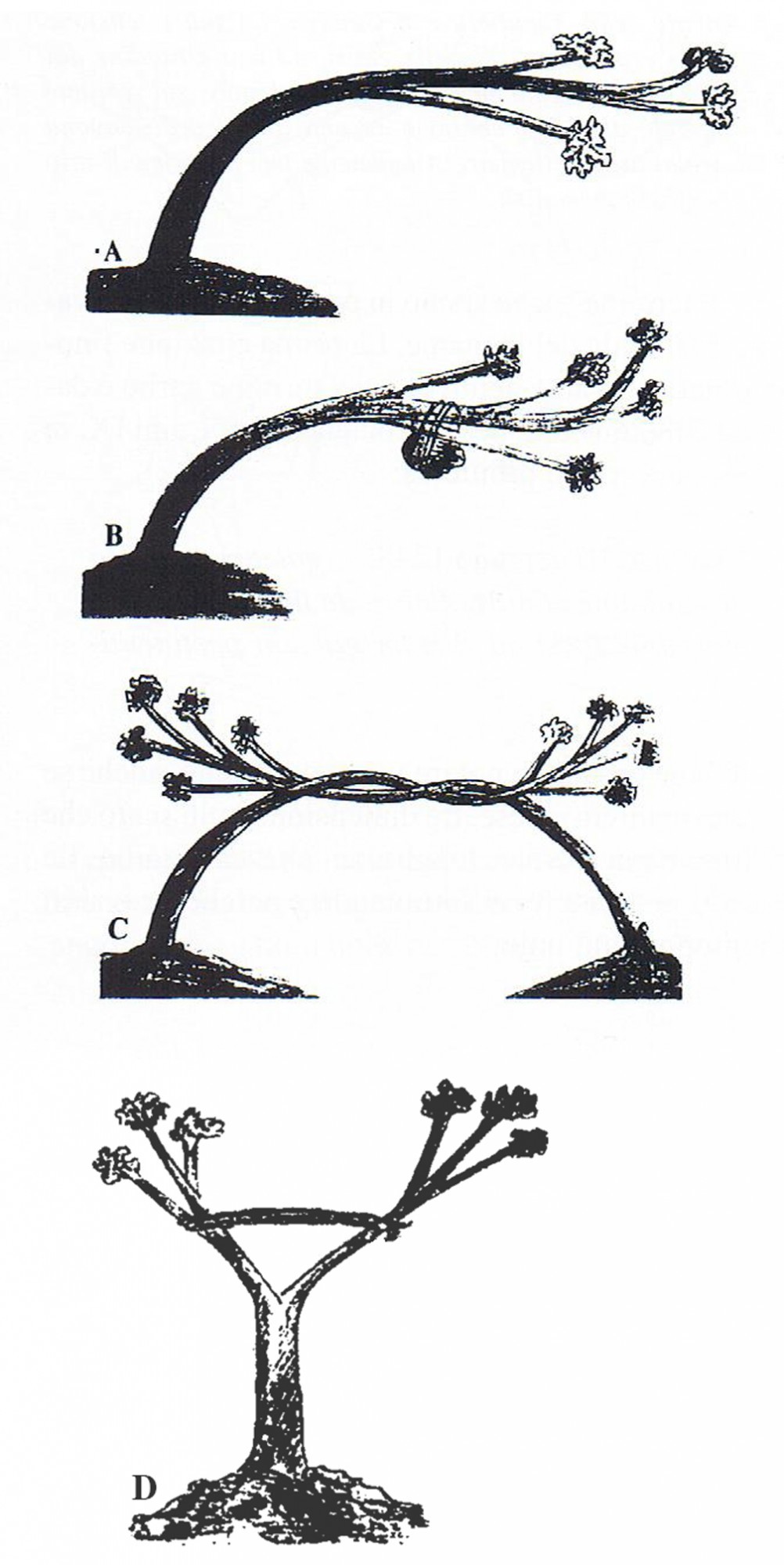
A: Oak trained without weight. B: Oak trained with weight. C: Two crossed oaks. D: Forcazzo: branches trained to grow apart from each other. Ciciliot, F. (1999) 'Garbo Timber', Proceedings of the 7th International Symposium on Ship Construction in Antiquity, Athens.
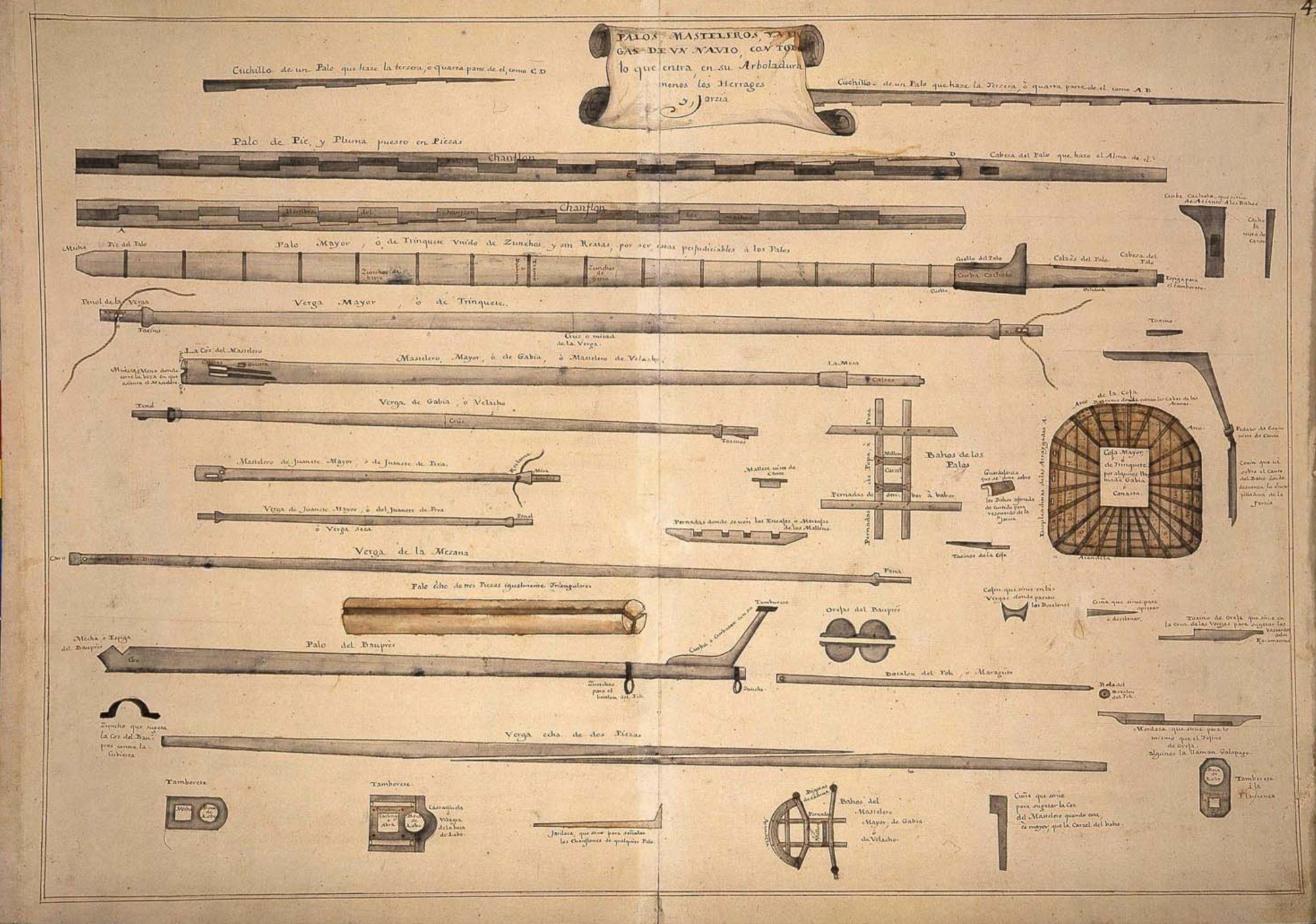
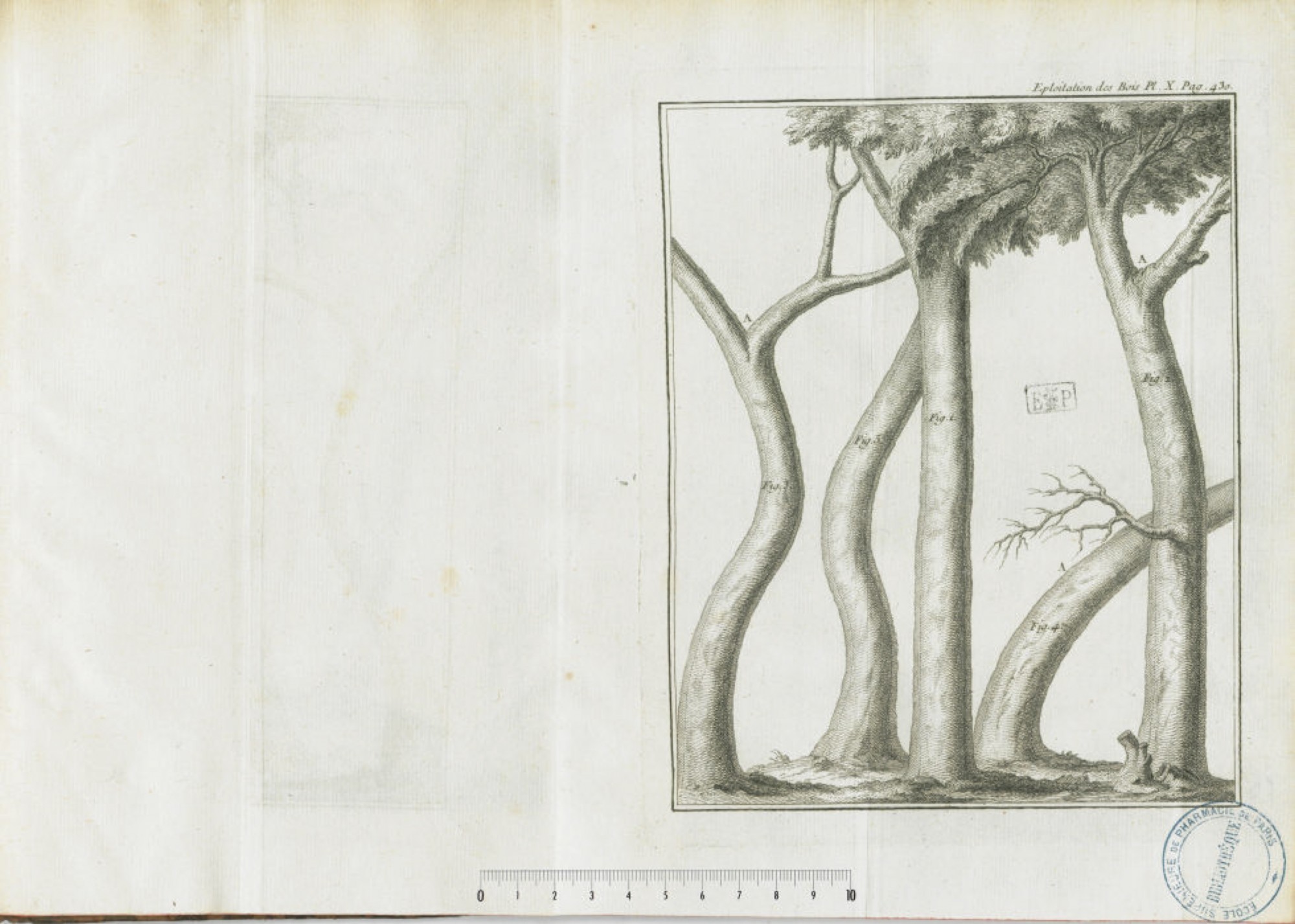
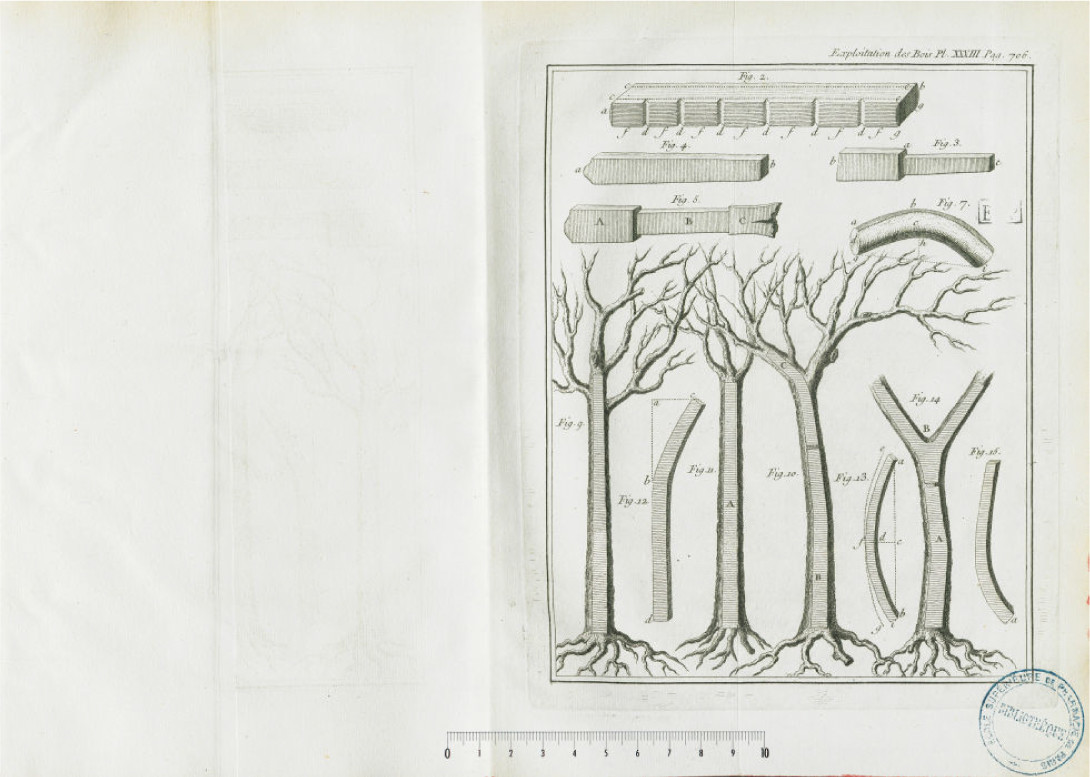
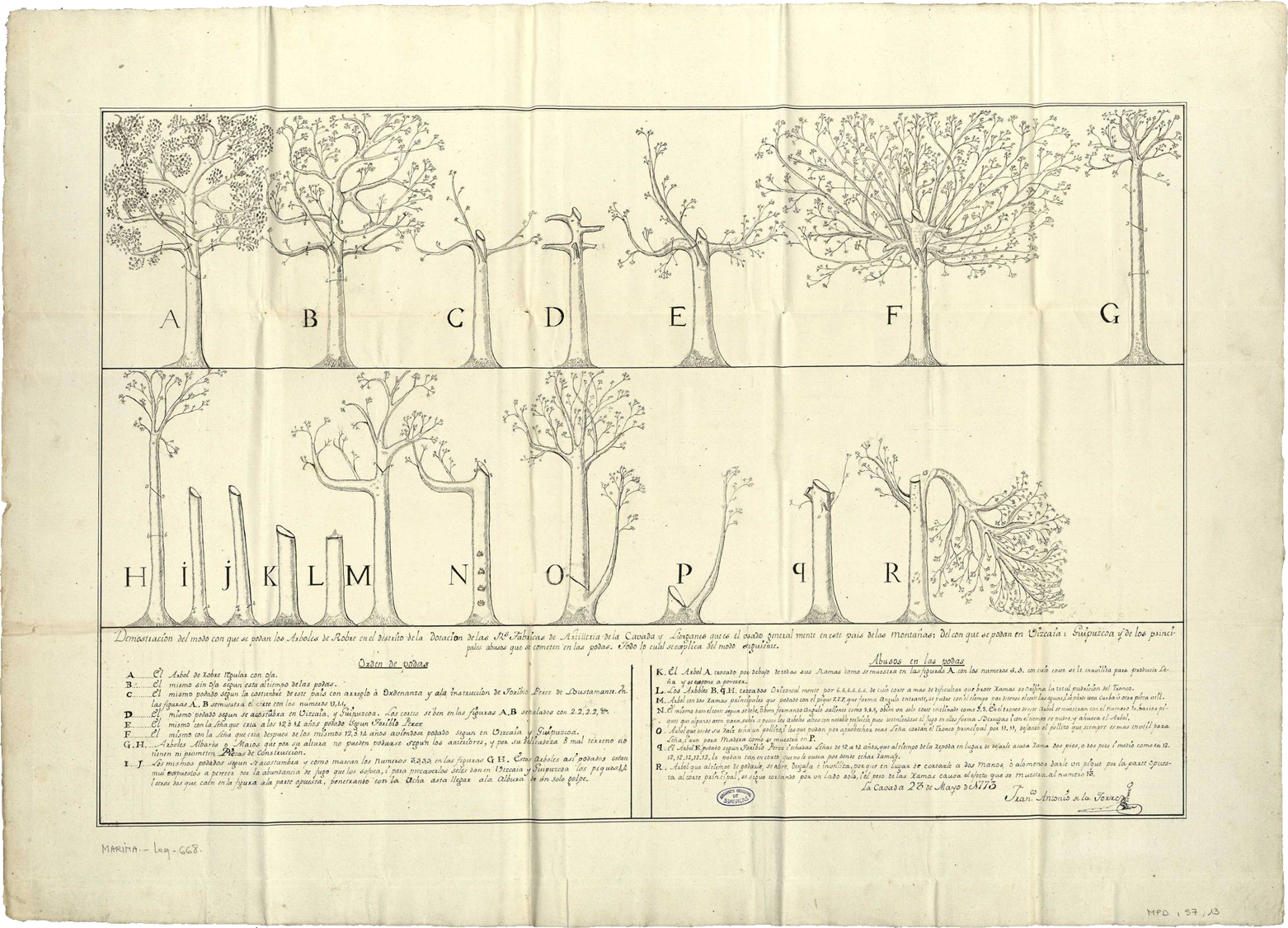
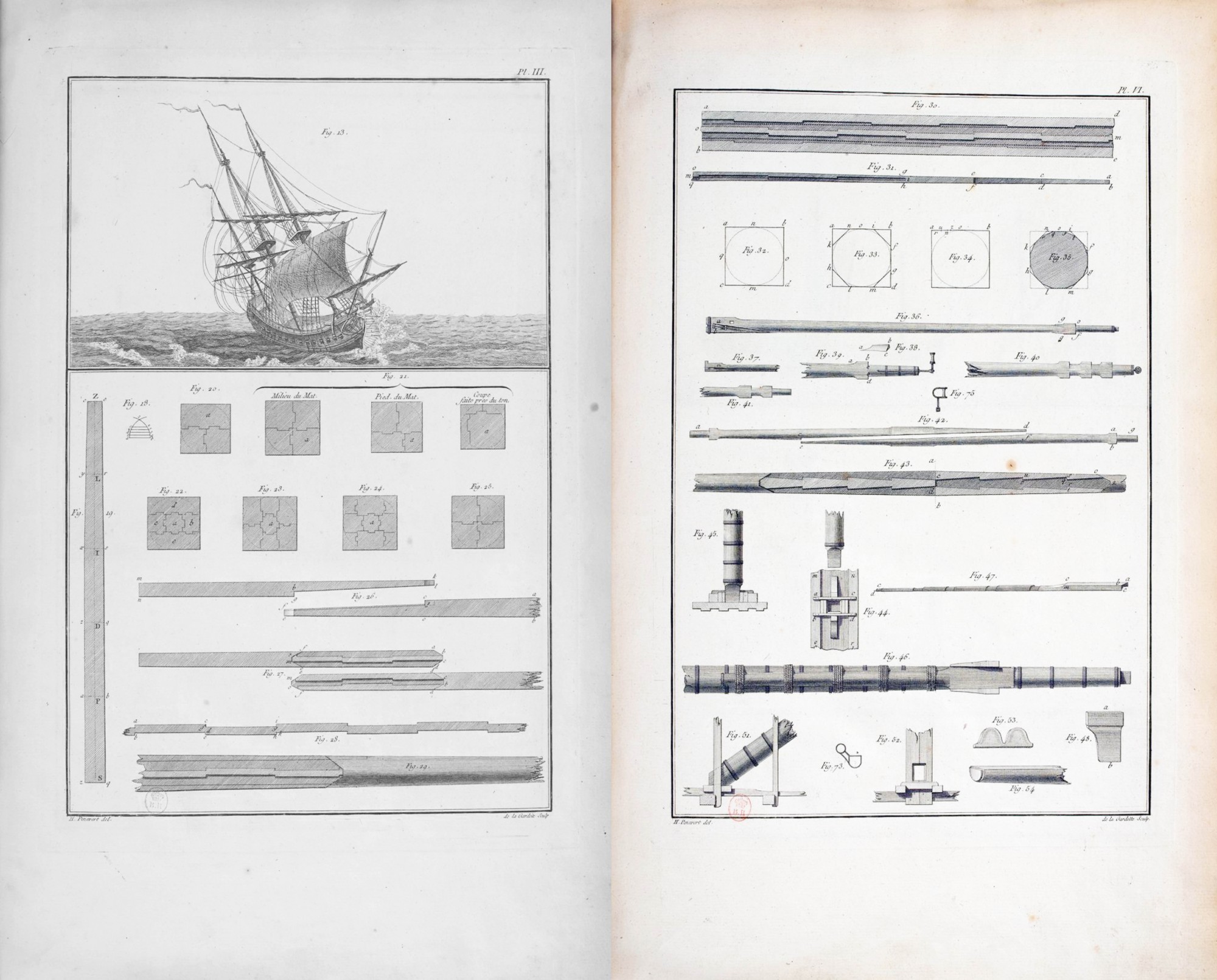
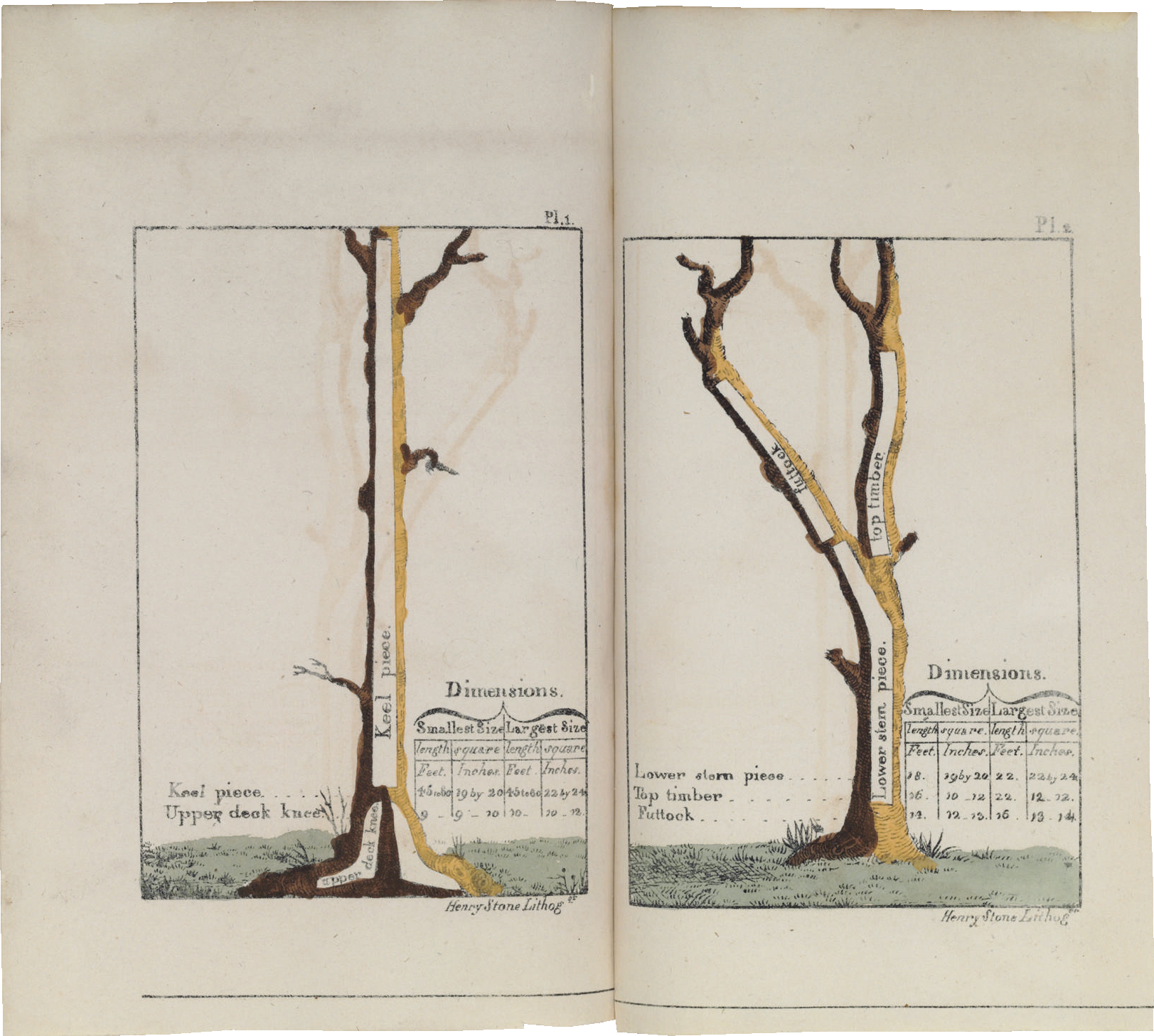
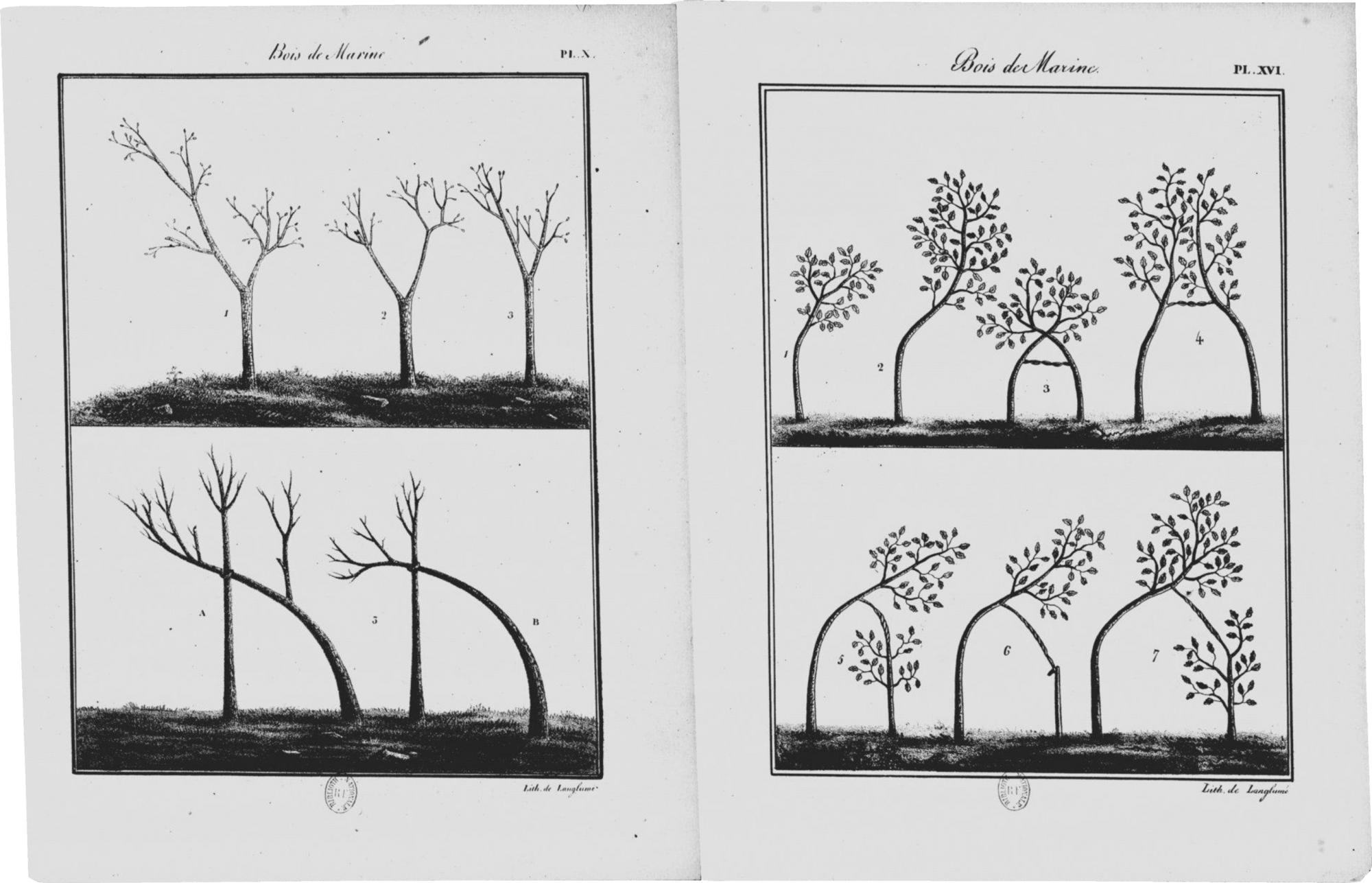
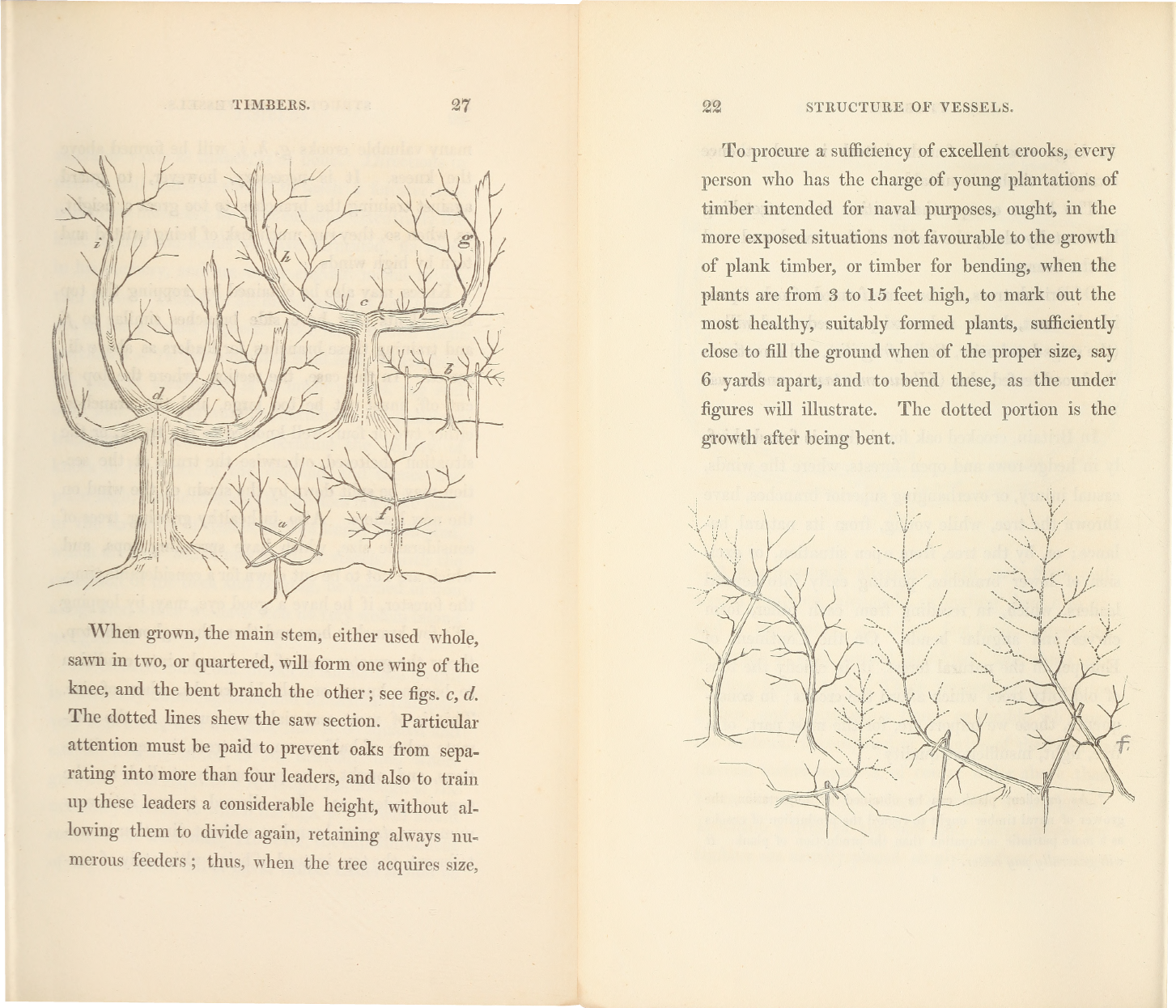
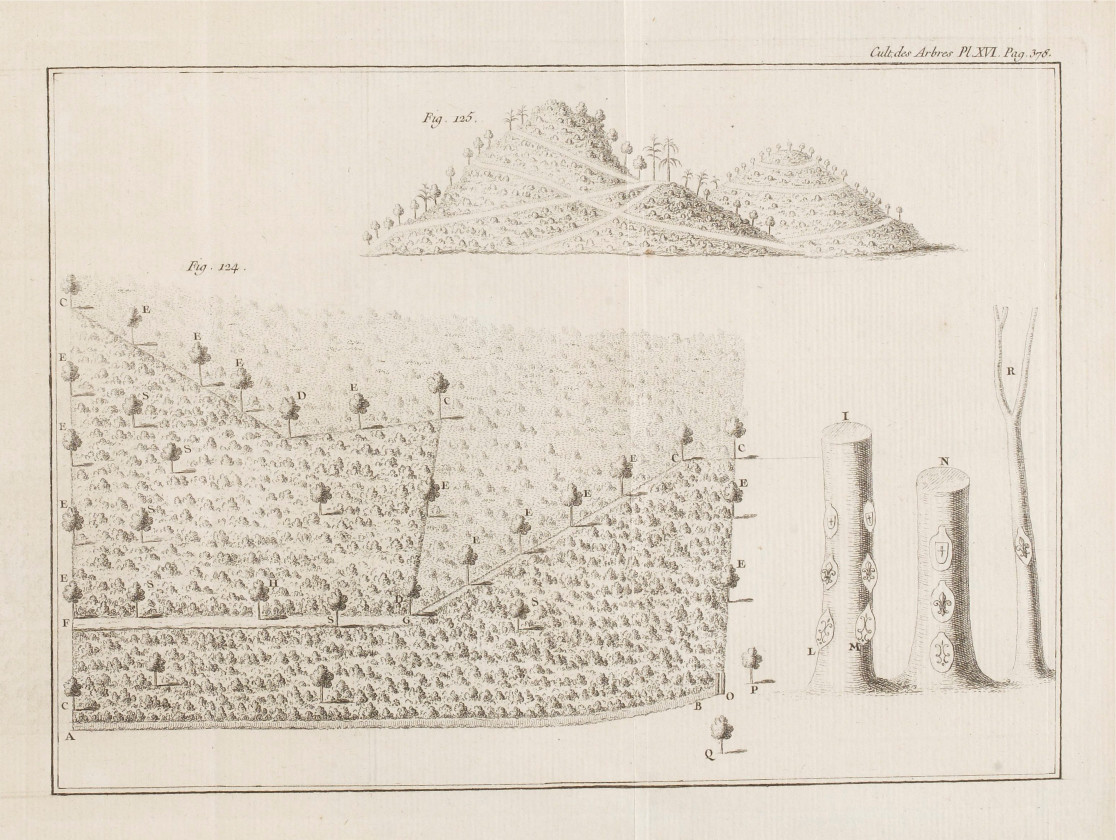
…
Forestry
Forestry
The wider global trend towards financialisation and the switch from agricultural to monetary economies emphasises notions of ‘exchange value’. Eino Saari (1894-1971) is said to be one of the founders of forest economics in Finland. He pioneered the first national wood utilization survey in the world – the birth of forest valuation. This could be understood as the development of biological-mensurational research which enables the application of economic theory and facts to biological and technical conceptions. In 1966, Kullervo Kuusela of the Finnish Forest Research Institute stated: “the age of planned development of forest resources is about to begin” (Edwards 1968, 155). Kuusela’s statement points to the importance of early national wood utilization surveys within a genealogy of ecosystem services.
Central to planned development is forest modelling, one of the oldest forms of mathematization of risk calculation and the calculation of ‘worth’. The birth of forest valuation is, according to the economist John Maynard Keynes, the link between the present and the future, the latter being “perfidious” and threatening (Esposito 2011, 11). Industrial forestry thus conquers the perfidious future through planned harvest, determined maturity, yield calculation and other predictions. Forest modelling, in its conquest to assuage future uncertainties, systematises the forest as a set of variables within a formula, forever optimising itself, thus paving the way for its financialisation.
Text excerpt from:
Gallardo, Francisco, and Audrey Samson. Carboniferous Capitalism. HIAP. https://www.
hiap.fi/carboniferous-capitalism1/. Published 2020. Accessed November 10, 2020.
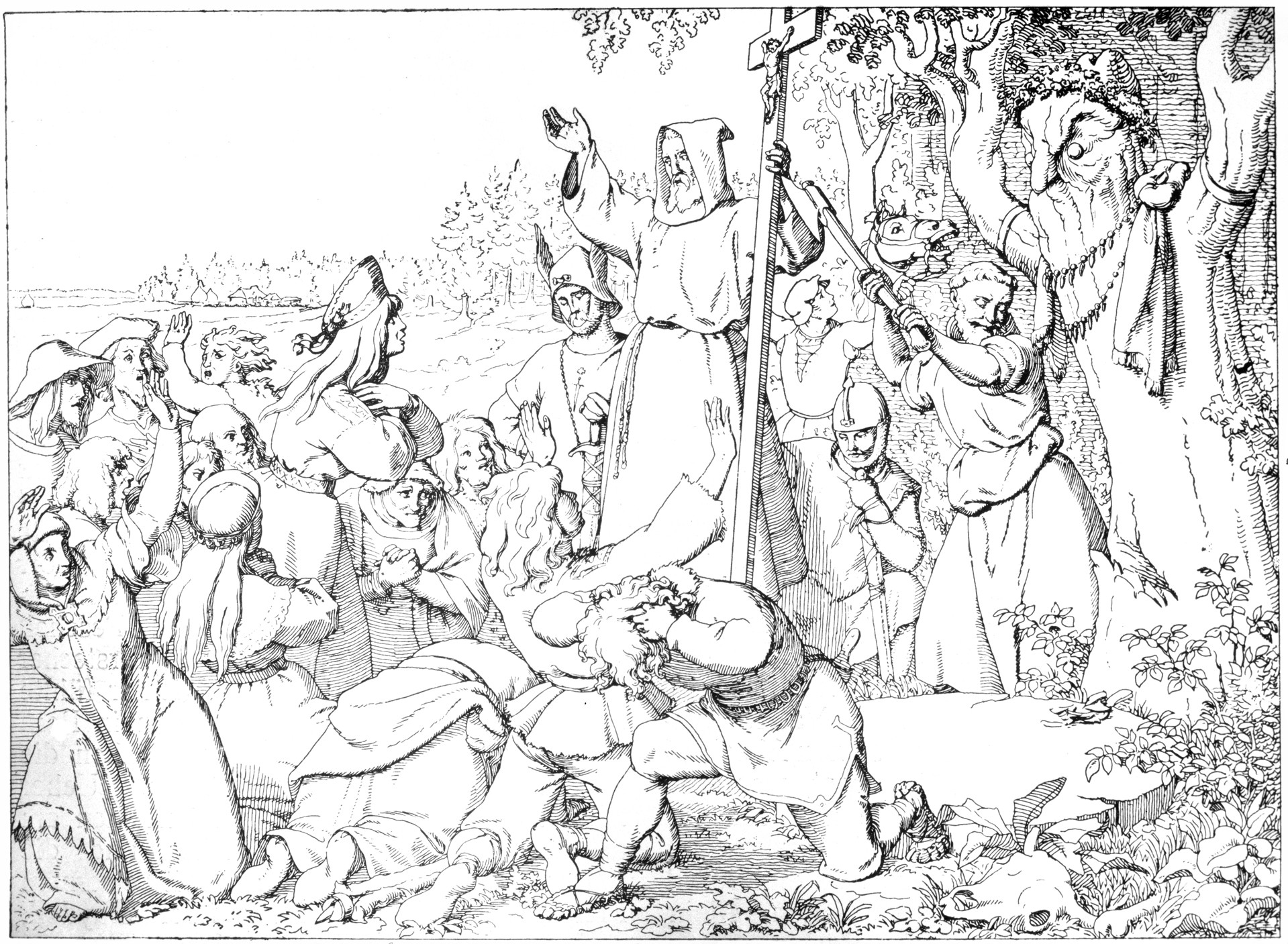
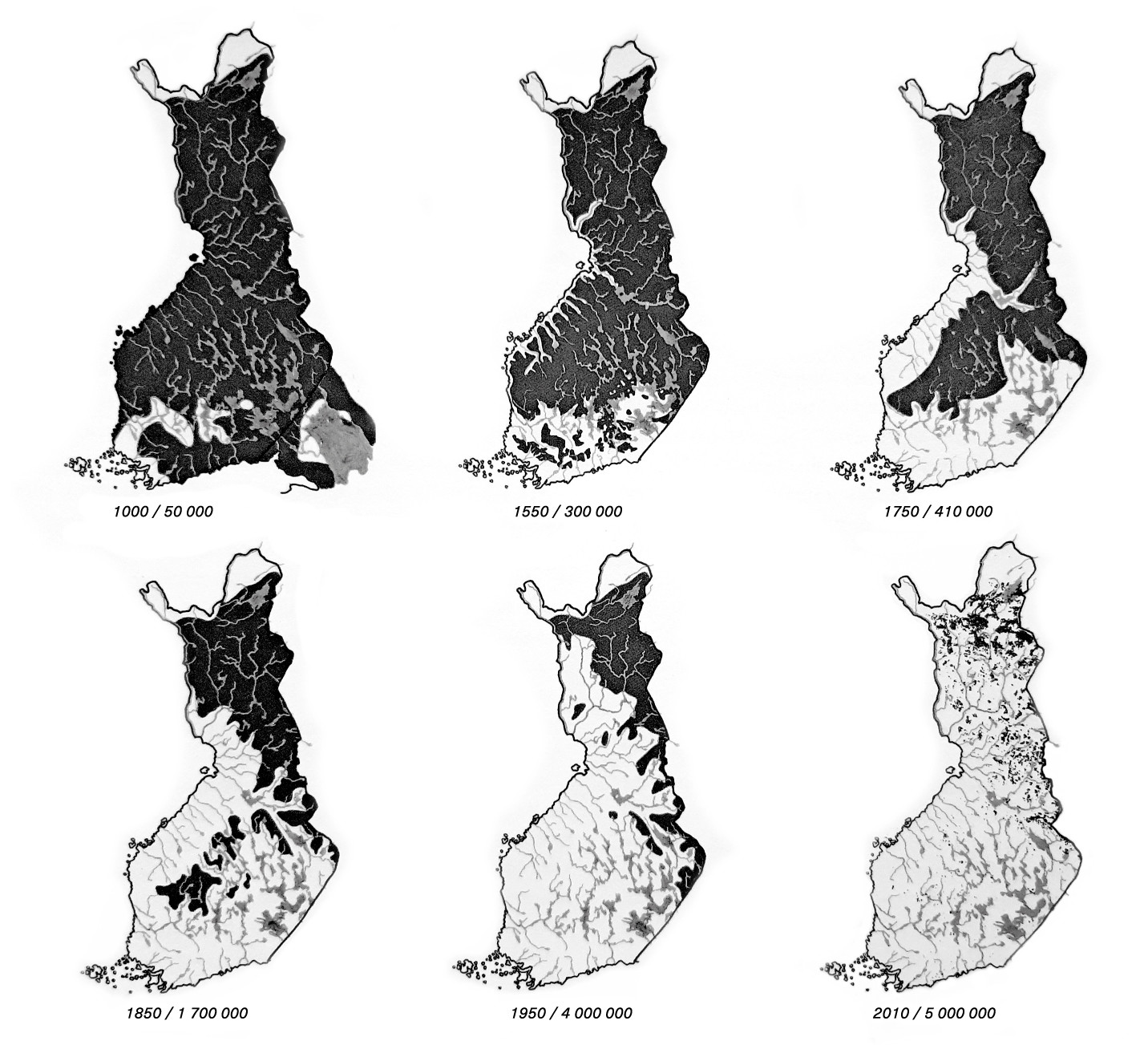
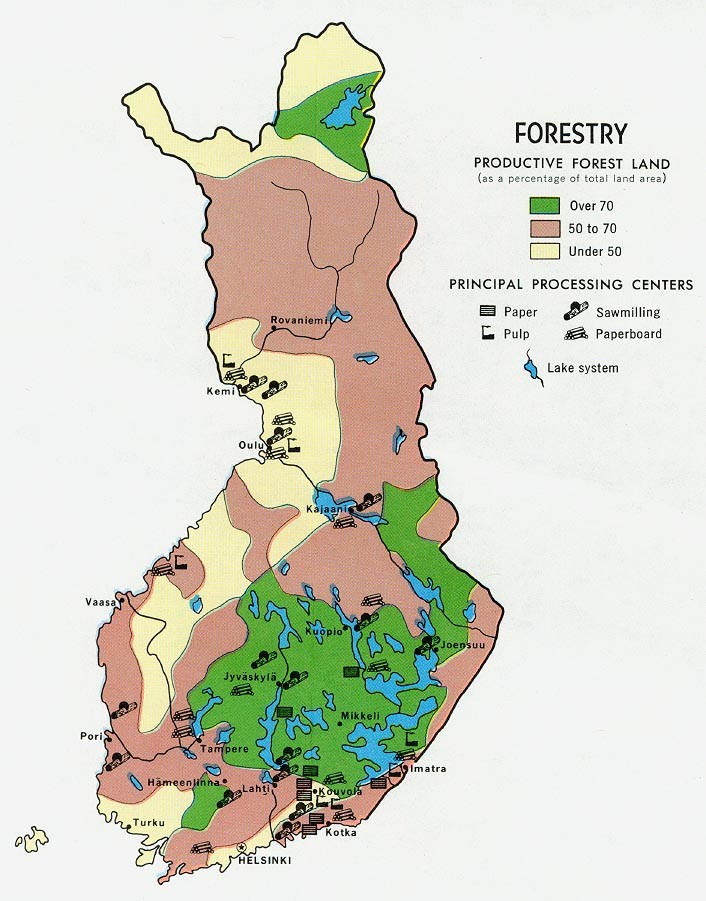
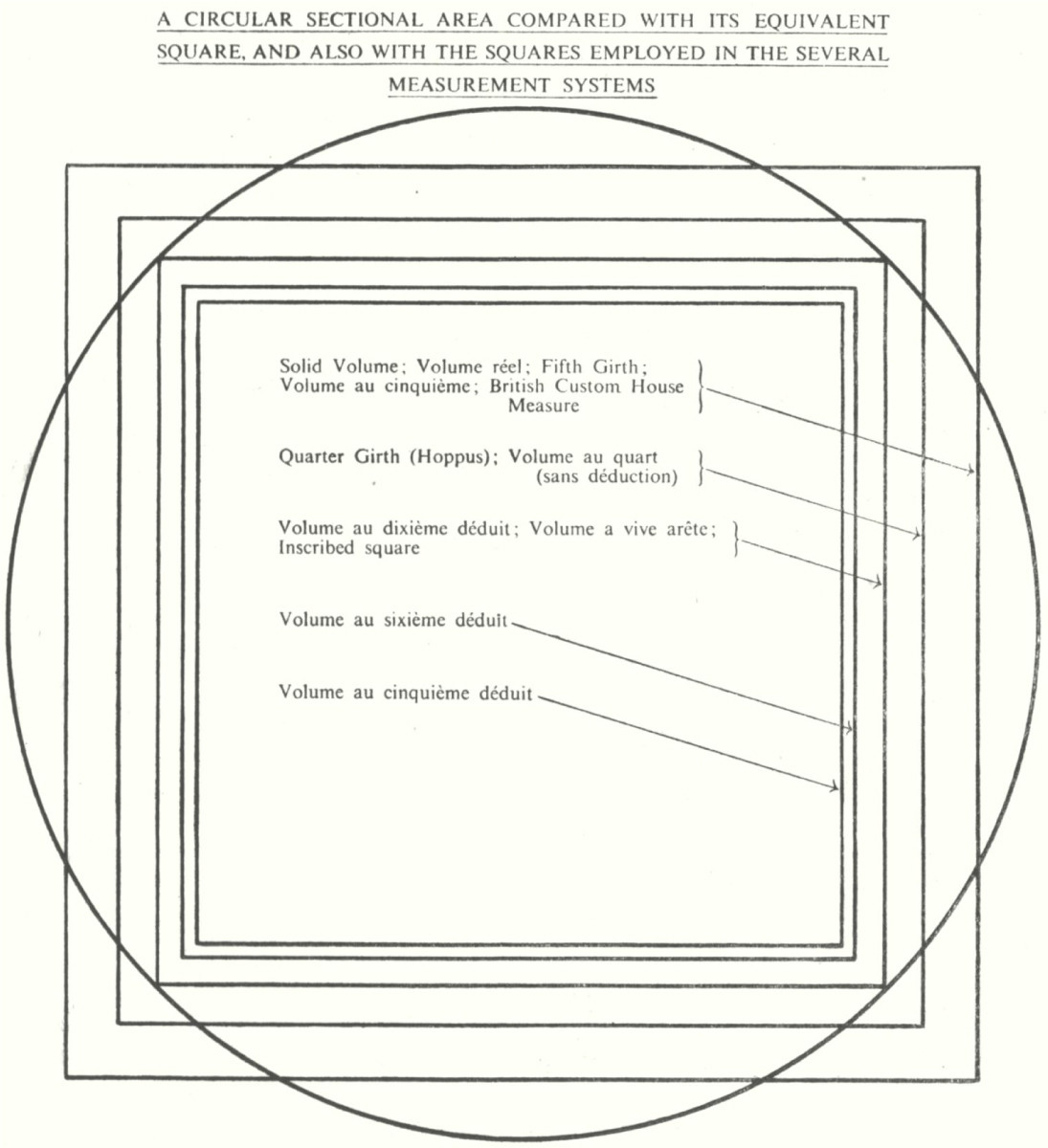
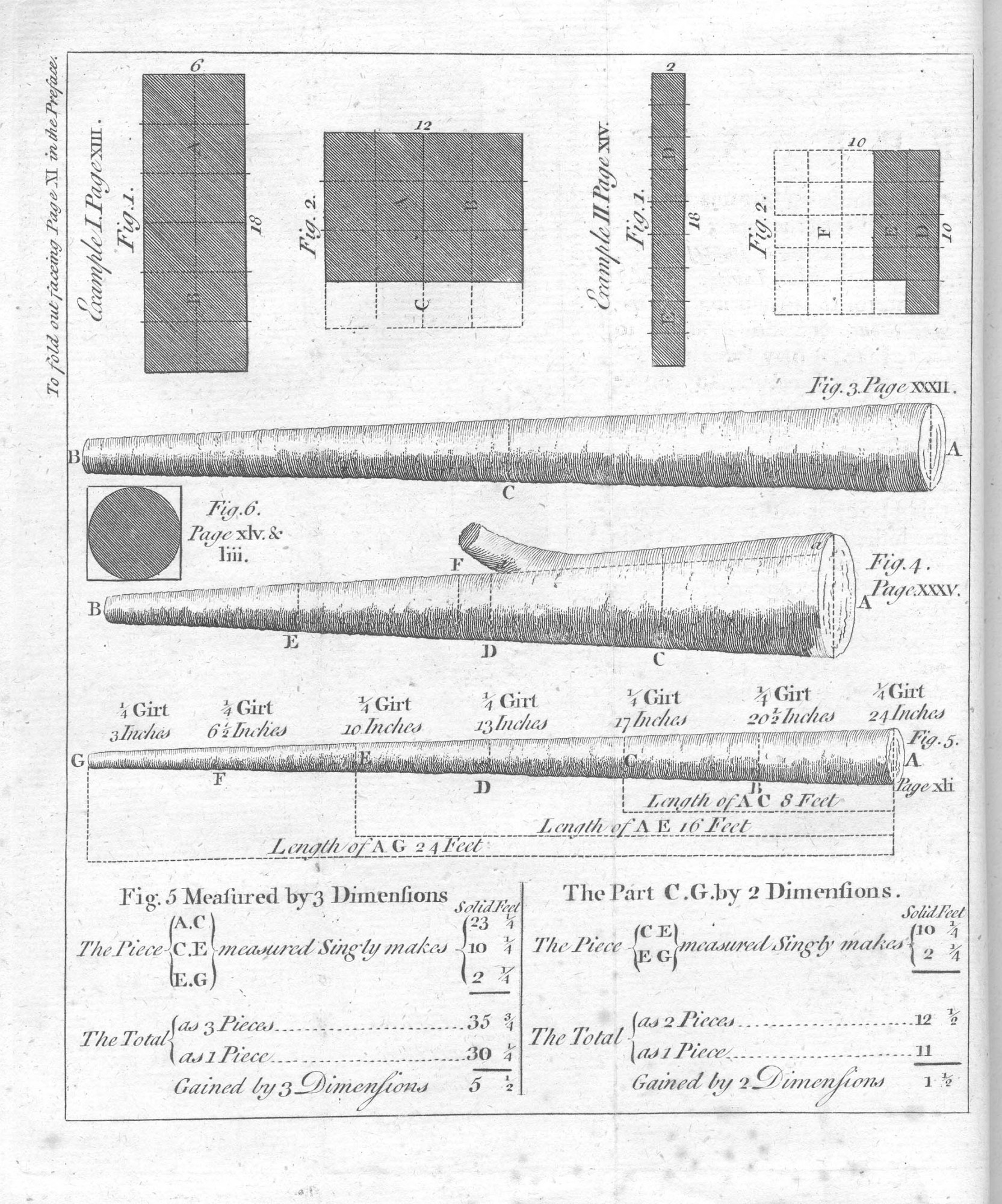

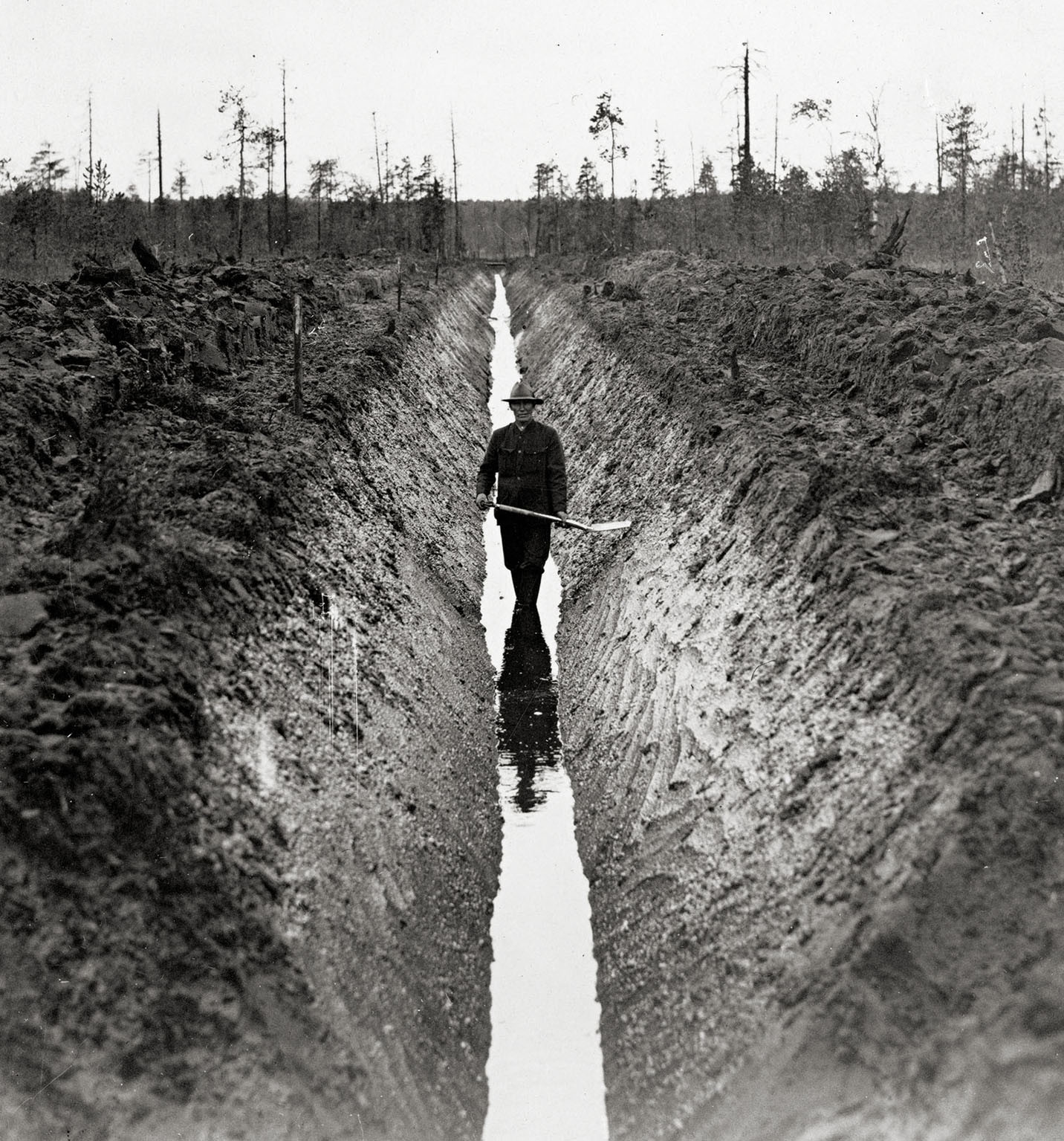
…
Tar
Tar
(Finnish Proverb: If alcohol, tar and sauna do not help, then the disease is fatal)
An often overlooked ‘carbon derivative’ in the expropriation of land in the Americas is terva (pine tar), which was used as a wood preservative. Finnish pine tar (often referred to as Stockholm tar) is described in many archival exchanges between colonial powers as being the best both in quality and fabrication method (Kent 1973, 80).
Finland has historically been one of the most important providers of both timber and tar for many of its European neighbours’ pillaging ventures abroad. The fluctuation of the black gold’s resale value is linked to both the creation of a bourgeoisie (in Oulu), and to great famines (Kainuu region). The increase of timber value, also afforded by the demand of trading companies and naval fleets, afforded the switch from an agricultural to a monetary economy. These reforms are dubbed the ‘liberalization of Finland’ in the 1860s, which also coincide with the creation of the Finnish markka, and the beginning of a widening gap between forest owners and landless peasants (Toivanen 2018). These reforms also precipitated the ‘hunger lands’. One of the main factors in the great famine of 1867 killing hundreds of thousands, was the inability to finance cereal import because of the decrease in the price of pine tar (Toivanen and Kröger 2018). Pine tar thus brought the beginning of speculation, riches as well as extreme poverty to the country.
Pine tar today in Finland epitomises the complexities challenging the co-existence and development of traditional practices alongside a bureaucratic apparatus that privileges the logic of accumulation. Under EU law, terva is categorised as a chemical which requires a production permit costing 200,000EUR (Braunschweiler n.d.). The EU chemical definition was devised according to industrial production methods and scale. Small artisanal terva producers have to merge or collectivise to survive. While this traditional knowledge is under constant threat of disappearance under the EU’s legal framework, in former tar production and distribution areas (such as Oulu and Kainuu), pine tar festivals have emerged as a hipster-esque nostalgia of Finland’s past, dehistoricising its relationship to death, famine and speculation.
Text excerpt from:
Gallardo, Francisco, and Audrey Samson. Carboniferous Capitalism. HIAP. https://www.
hiap.fi/carboniferous-capitalism1/. Published 2020. Accessed November 10, 2020.
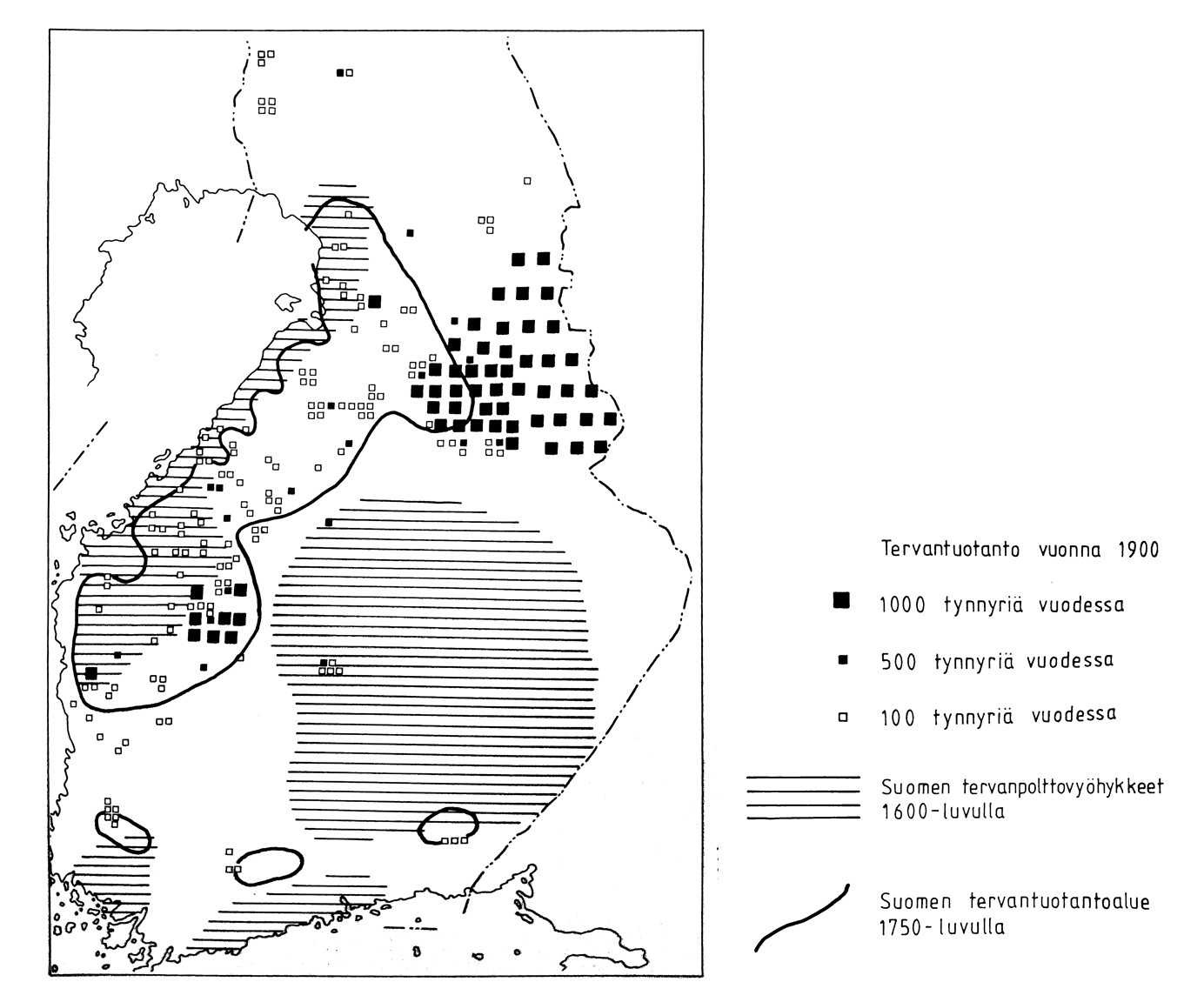
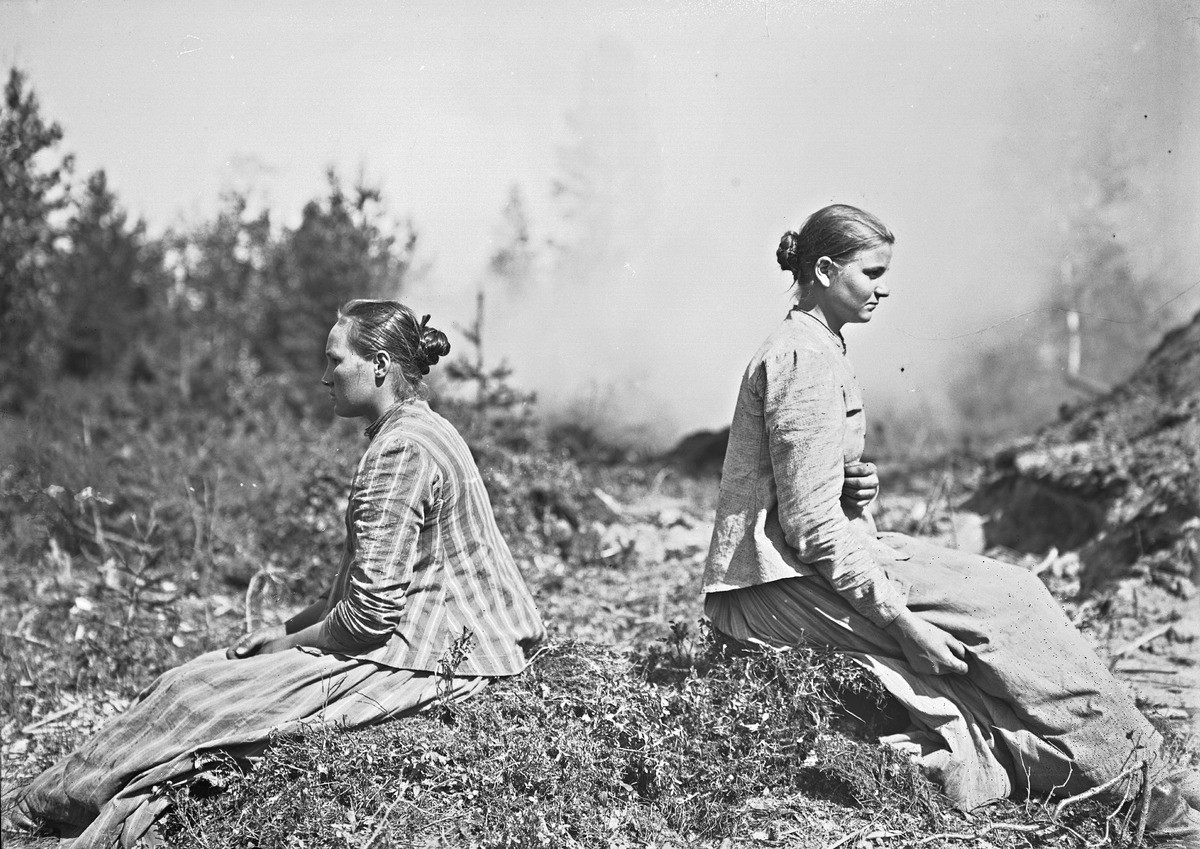
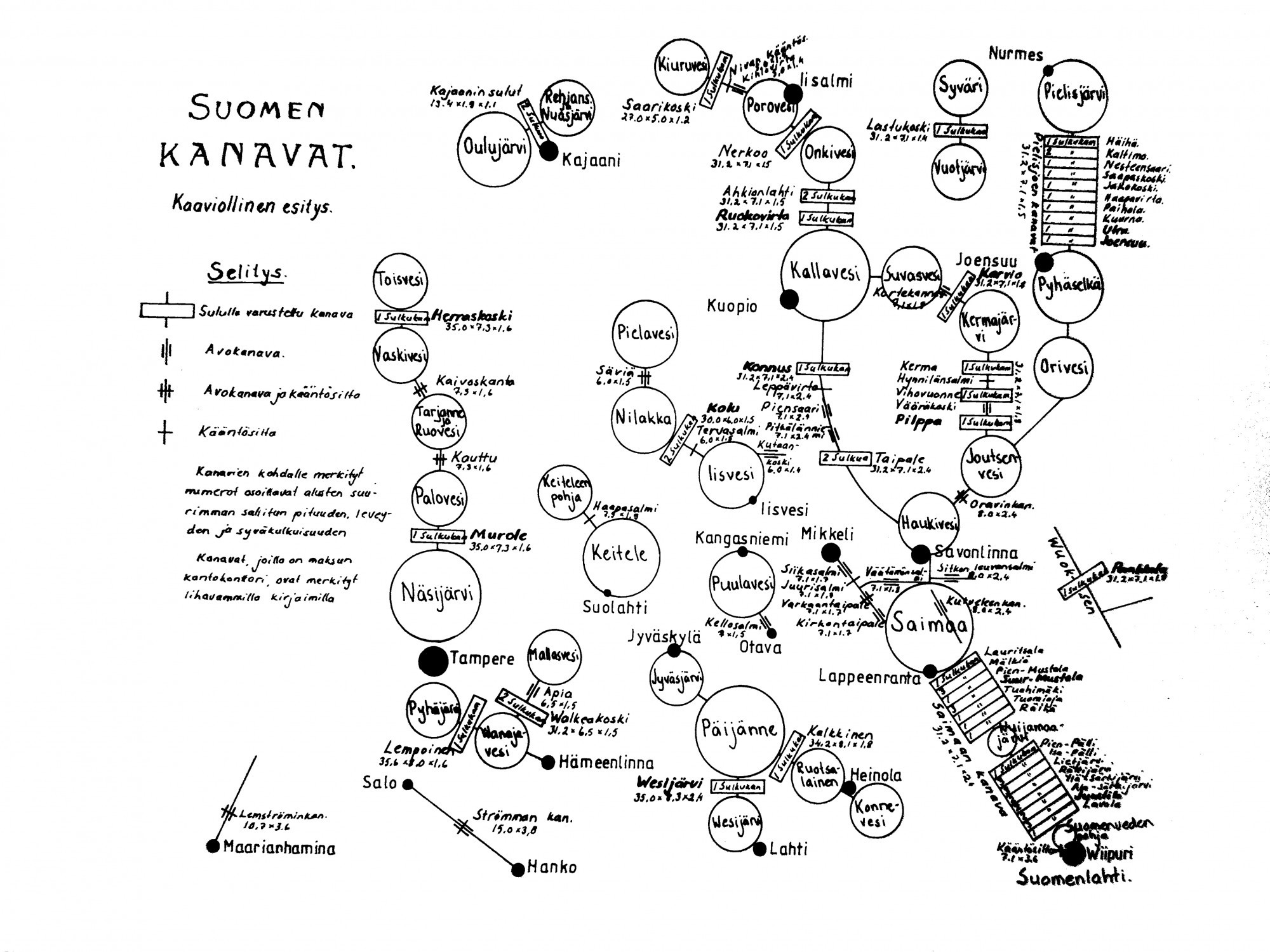

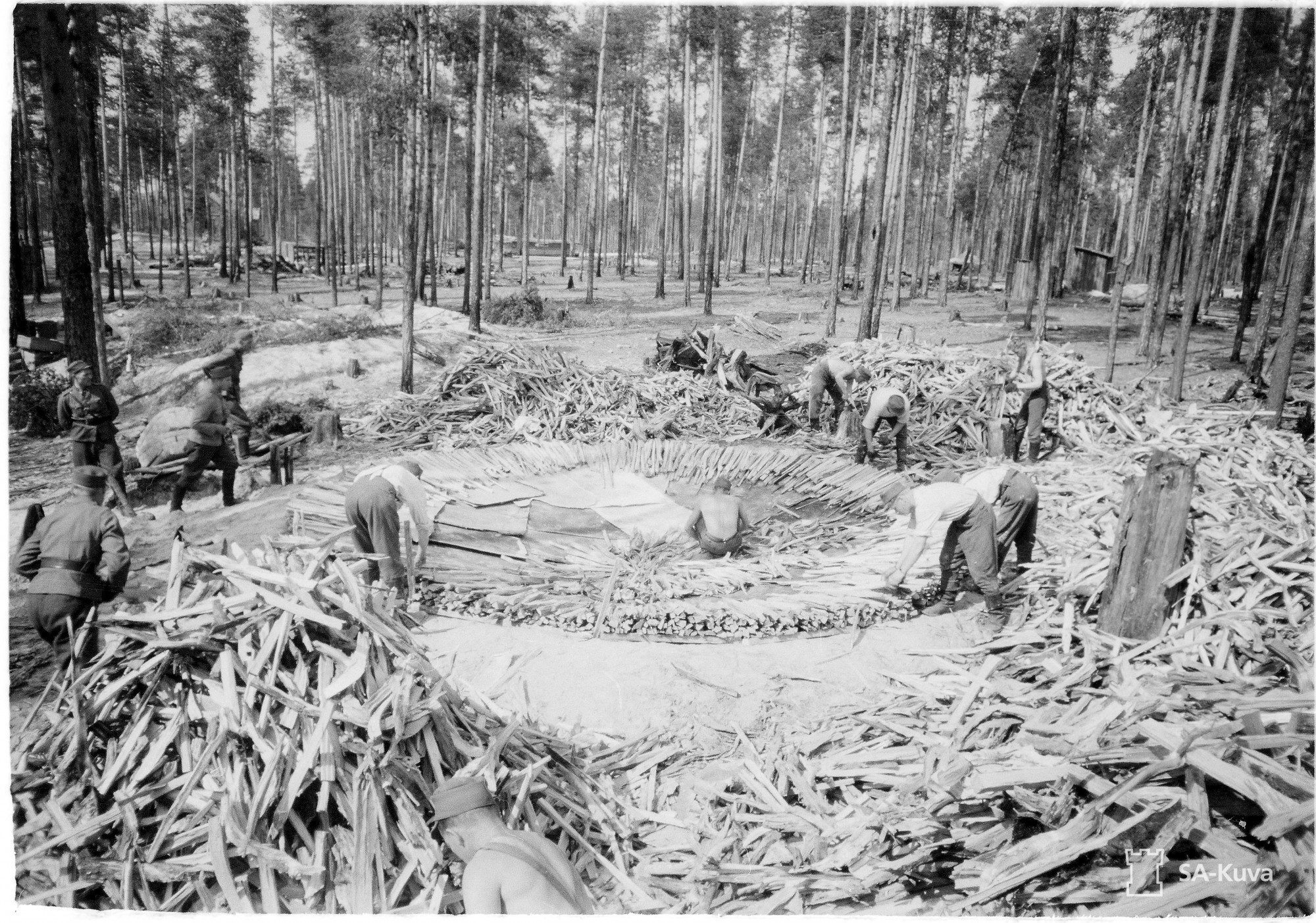
…
Maypole
Maypole
Birch and pine garlands decorated poles (often ship masts), which were erected in offering of good harvests, celebration of the beginning of the 'light days' (Celtic calendar), or as popular tribunals where governors, barons and kings were deposed and punished if ruled guilty. These May Poles were hoisted in fields and meadows known as the 'Ey-commons' or 'Fields of May'. Thus meadows operated as the highest court in popular law - now known for example in England as ‘commons law’.
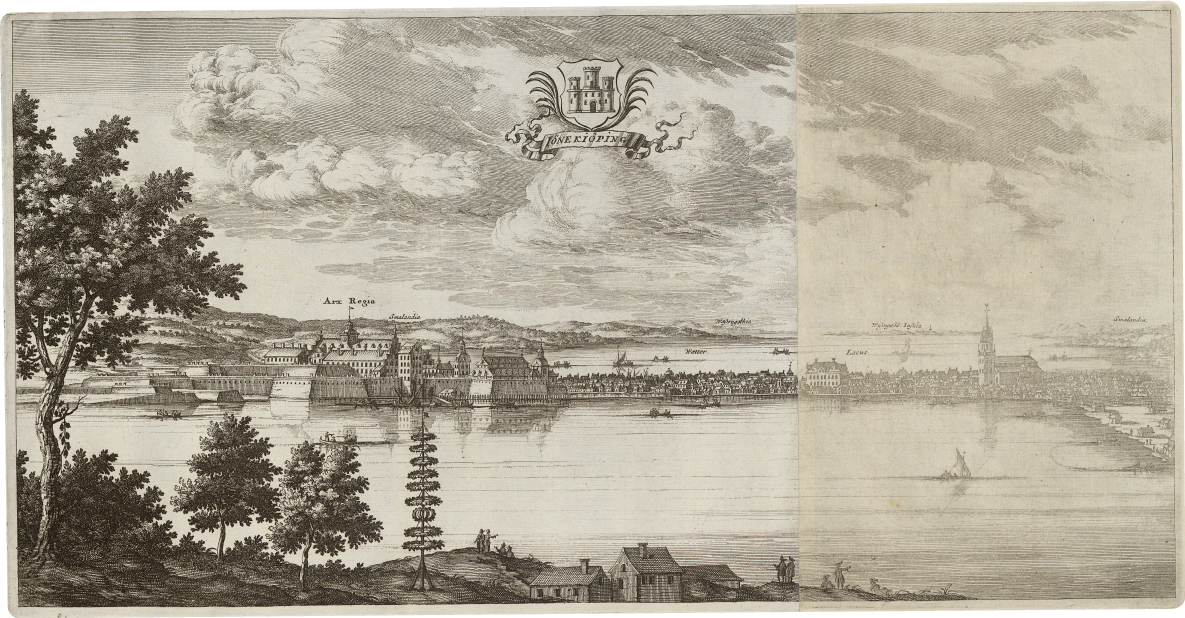
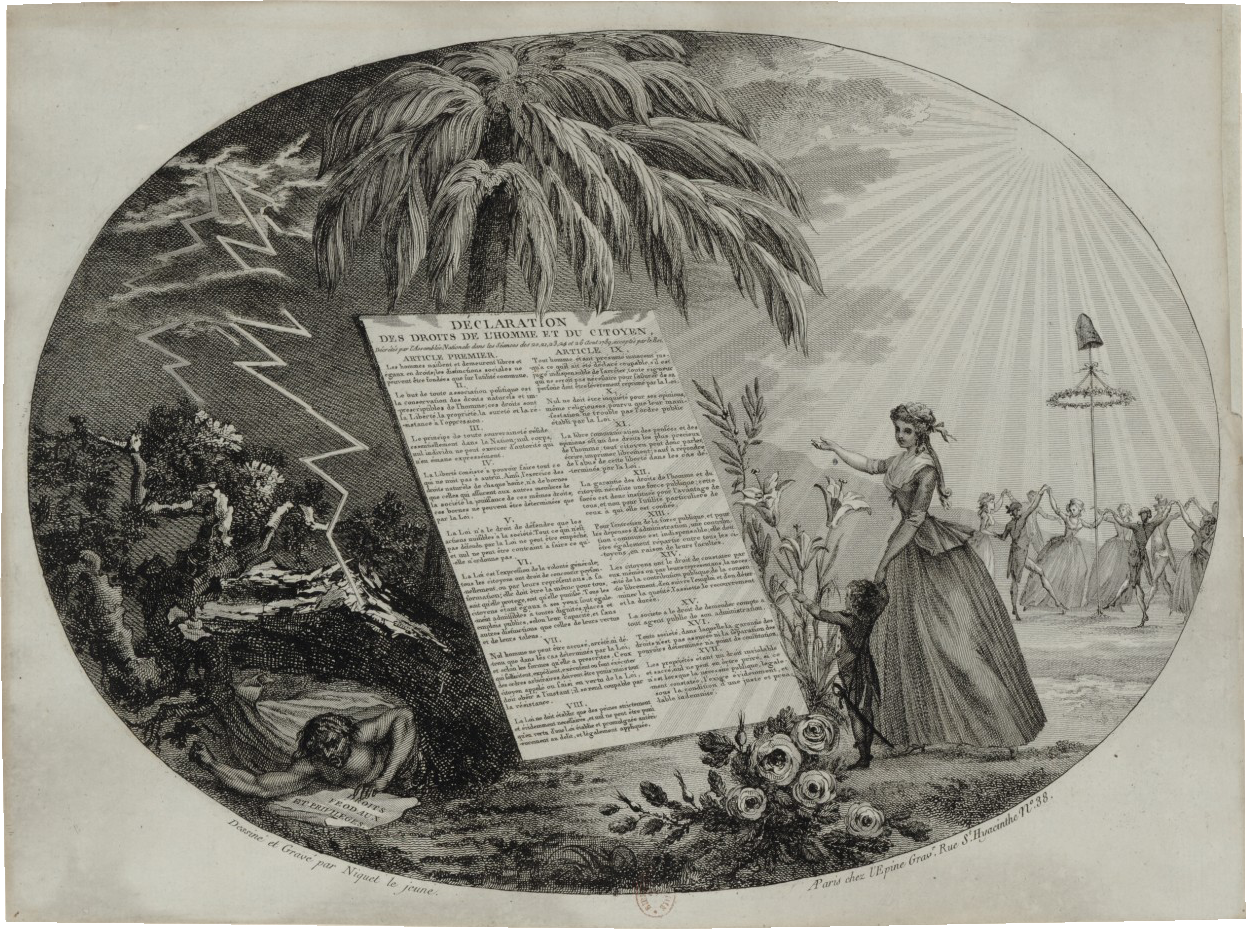

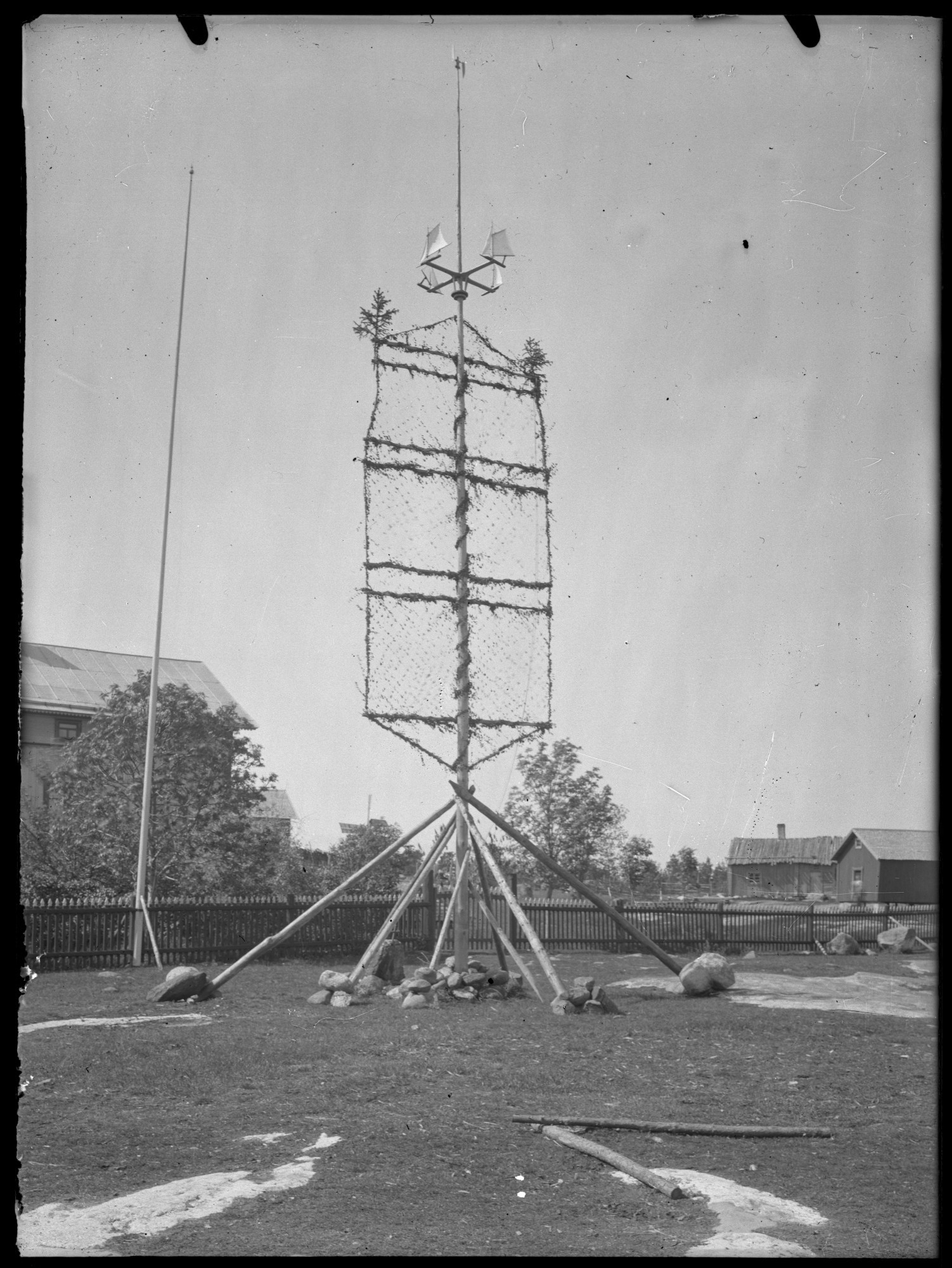
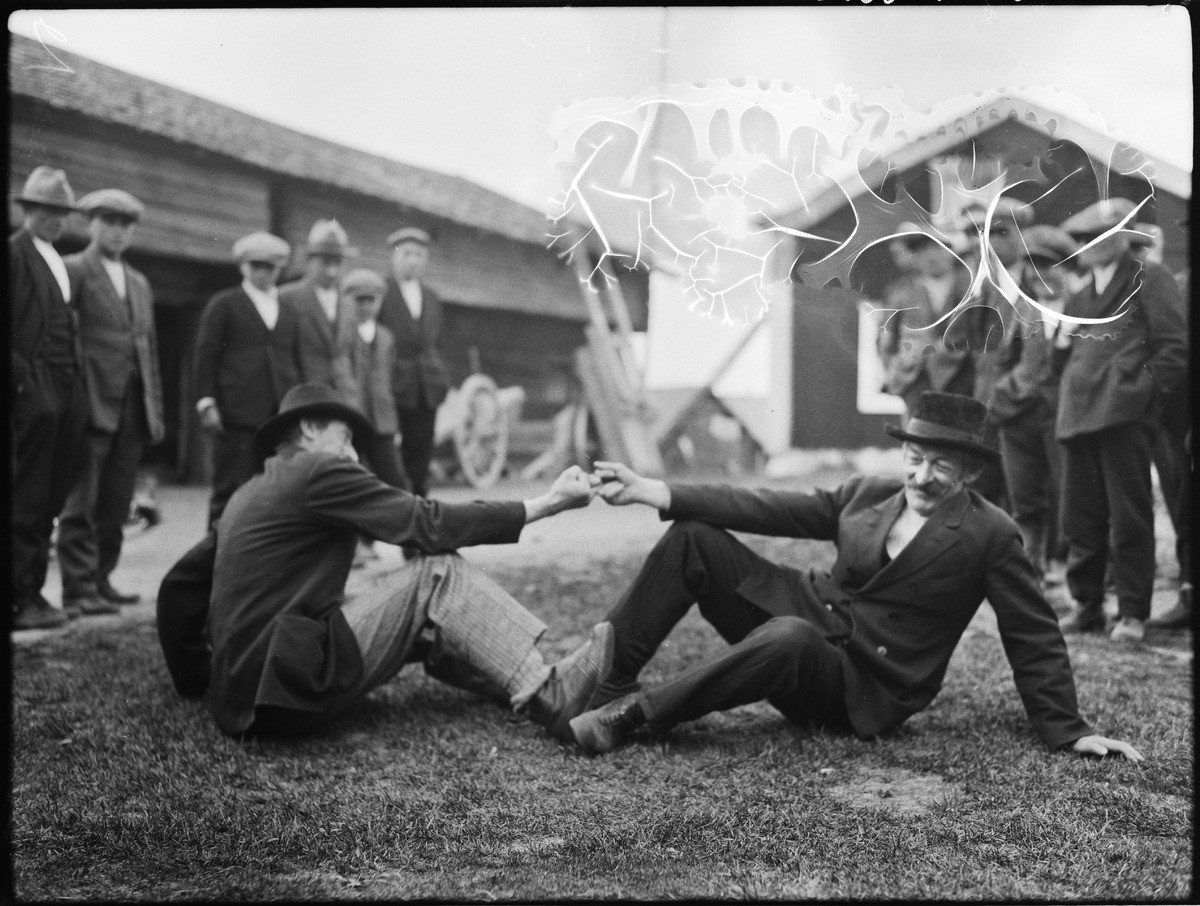
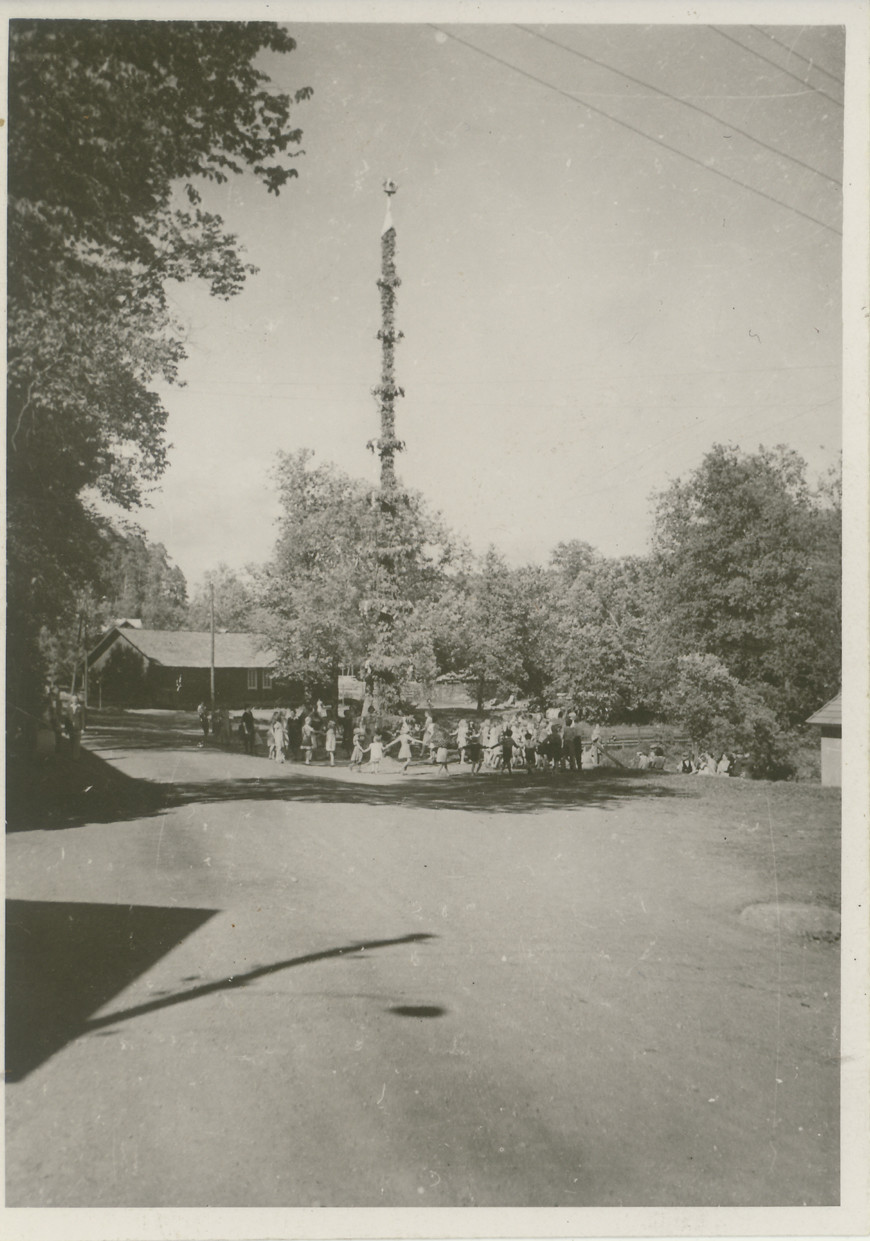
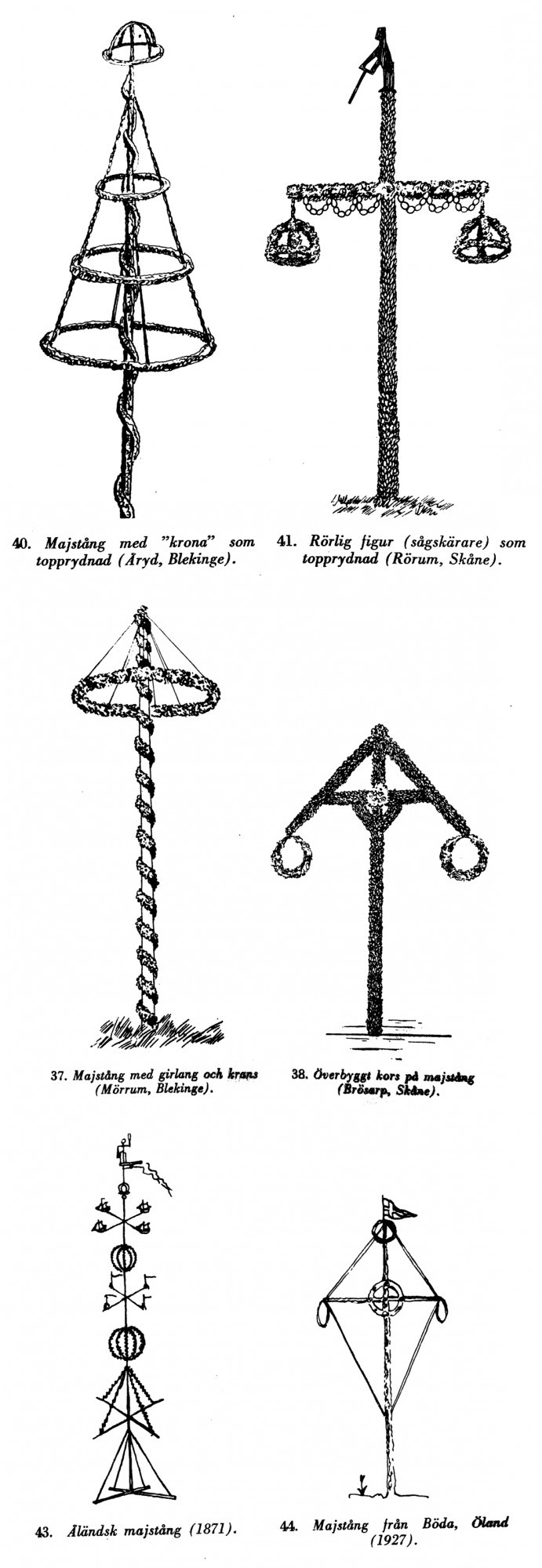
…
Indulgences
Indulgences
-Mantuan, Lib. 3.
The Vatican had the monopoly of three notable resources during the early modern period: salt, alum and indulgences. Indulgences approximately date back to the third century. At that time, rather than ‘indulgences,’ they were named by Latin terms such as remissio, absolutio, and relaxatio. The beginning of the abuses in indulgence sales started with practices of returning stolen goods. Architectural historian François Icher explains, “thieves and holders of stolen goods were promised absolution and forgiveness on condition that they give up all or part of the goods they held illegally not to the rightful owners, but to the Church.” Redemption was another predecessor of indulgences, given as a reward for charitable actions.
Indulgeo, "to be kind or tender" in latin, derives from Roman Law and biblical sources. Indulgences are a 'quid pro quo', which used in English to mean an exchange of goods or services, in which one transfer is contingent upon the other. It implies remitting the punishment of sin for a price. It does not buy forgiveness, in fact it only lessens the penance imposed. In other words, an indulgence is a remission before God of the temporal punishment for sins, the guilt of which has already been forgiven. The absolution is obtained by a member of the Christian faith under certain and definite conditions with the help of the Church. As the minister of redemption, the Church dispenses redemption from the spiritual “treasury”. The process is roughly analogous to a civil court proceeding in which a person who pleads guilty receives a sentence or penalty from a judge. Judges can suspend the sentence or order community service in lieu of prison time. Granting an indulgence is comparable to commuting a sentence (a commutation is a reduction in sentence, not a pardon).
The intended disposition of an indulgence followed this rationale: the Christian Church was endowed with a spiritual “treasury” of the piteous works bankrolled by merits attributed to Holy figures such as Christ and saints. The Church acted as a bank, storing and distributing at discretion those 'merits'. An indulgence placed at the penitent's disposal from the aforementioned treasury designated retribution for their sinful act. They are often described similar to a “Utopian commonwealth where all the surplus wealth of the successful citizens should be set apart for the poor and needy, and portioned out to them according to their necessities”. In effect, a customary mode of thinking about this was that of 'governing by debt'. Believers would thus be bailed-out through retributory work such as making a pilgrimage, Crusade enrolling, almsgiving, or by performing special prayers. Since these alms provided much of the revenue needed for crusades, and later the costs to build New St. Peter’s, the exchange of indulgences for alms, later deemed “sales,” rose in the years prior to the Reformation. 'Salesmen' refers to those travelling business-priest men sermoning about the urgencies for indulgences. Again Icher explains that “while the building sites depended unquestionably on the rhythm of the seasons, they operated primarily according to the rhythm of money”.
Through the massive emission of indulgences, the Christian Caesar, a.k.a Pope, became the most formidable force in Europe – a prominent power player and art patron. Lorenzo Pucci stated that the mass runs of indulgences rolled off ecclesiastical printing presses. We could think of the Pope as the one-man Tate or MoMA, underwriting the best contemporary artists, using charm, threats, bribes, and flattery to commission the masterpieces of western civilisation. For the Saint Peter cathedral, Agostino Chigi proposed a financial plan: the granting of indulgences. He advised to set up a separate building fund for the basilica and grant an indulgence to anyone who made an annual contribution to it. This idea is similar to pledge drives today, receiving a reduced purgatory sentence. The term "pledge" originates from the promise that a contributor makes to send in funding at regular intervals for a certain amount of time. Prior to that indulgences were an accepted way to raise money for capital projects and charitable causes. The initial methods to finance Church construction was to cut costs, and thereafter to raise money through indulgences.
Both of the churches in Wittenberg were granted indulgences and a special indulgence was issued for the reliquary-museum, which the elector Frederick had collected. An indulgence of 100 days was attached to each of the 5,005 specimens and another 100 to each of the 8 passages between the cases that held them. With the 8,133 relics at Halle and the 42 entire bodies, millions and billions of days of indulgence were associated, a sort of anticipation of the geologic periods of modern demand. To be more accurate, these relics created pardons covering 39,245,120 years and 220 days, and the still further period of 6,540,000 quarantines, each of 40 days.
The main intent of Julius II’s bull 'Liquet omnibus', issued in 1510, was to generate great sums of money to build New St. Peter’s and draw the faithful to Rome. This bull set clear financial conditions to all Christians hoping to gain the indulgence. They were to “deposit in the chest the price determined by the commissioner or his delegates,” and the prices of indulgences were set according to their ability to pay. For instance, Archbishop Albert of Mainz and Magdeburg set the following standards: kings, princes and great prelates paid twenty-five Rhenish gold gulden for an indulgence; abbots, cathedral dignitaries and nobles paid ten gulden; lesser prelates, nobles, and traders with an income over five hundred gulden paid six gulden, burghers and merchants whose revenues were about two hundred gulden paid three gulden; and below these the amount paid was a half to one gulden. If one was too poor to pay anything, they were given other works, initially fasting or prayers, then indentured labour. It might be relevant to recall that labour constituted a great expense, approximately reaching forty percent of the construction budget in large architectural works.
Geologic time
In Rome, the residence of the supreme pontiffs, as we might well have expected, the offer of indulgences was the most copious. According to the Nürnberger relic-collector, Nicolas Muffel, every time the skulls of the Apostles were shown, or the handkerchief of St. Veronica, the Romans who were present received a pardon of 7,000 days, other Italians 10,000 and foreigners 14,000. In fact, the grace of the ecclesiastical authorities was practically boundless. Not only did the living seek indulgences, but even the dying stipulated in their wills that a representative should go to Assisi or Rome or other places to secure for their souls the benefit of the indulgences offered there.
Prayers also had remarkable offers of grace attached to them. According to the penitential book, The Soul’s Joy, the worshipper offering its prayers to Mary received 11,000 years indulgence and some prayers, if offered, freed 15 souls from purgatory and as many earthly sinners from their sins. It professed to give one of Alexander Vl.’s decrees, according to which prayer made three times to St. Anna secured 1,000 years indulgence for mortal sins and 20,000 for venial. The Soul’s Garden claimed that one of Julius II.’s indulgences granted 80,000 years to those who would pray the book’s prayer to the Virgin. No wonder Siebert, a Roman Catholic writer, is forced to say that "the whole atmosphere of the later Middle Ages was soaked with the indulgence-passion”.
Indulgences prevail today, they are namely included in the 1983 Code of Canon Law. Also, in 2013, Pope Francis issued indulgences via his Twitter account to those who followed his Twitter-feed during the World Youth Day event in Rio de Janeiro!
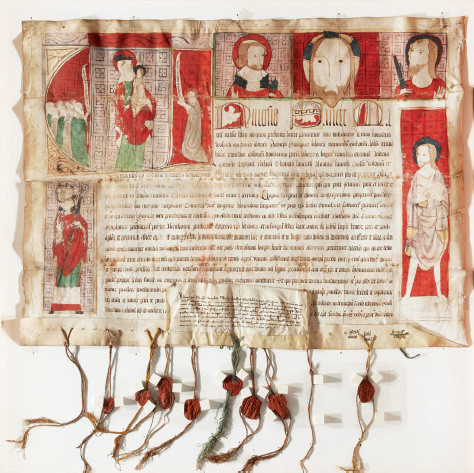
Source: Zutphen, Regionaal Archief, inv. 4.
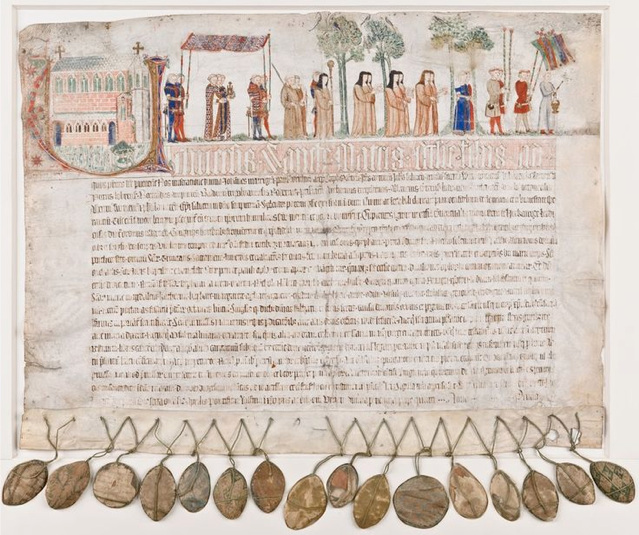
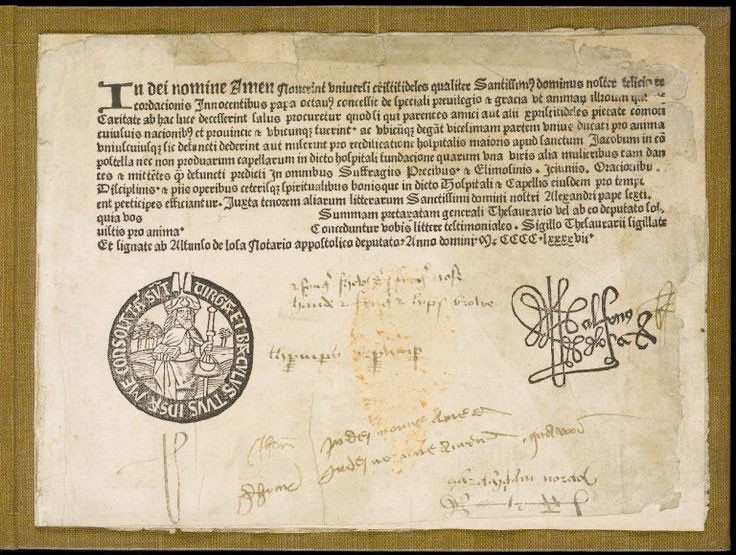
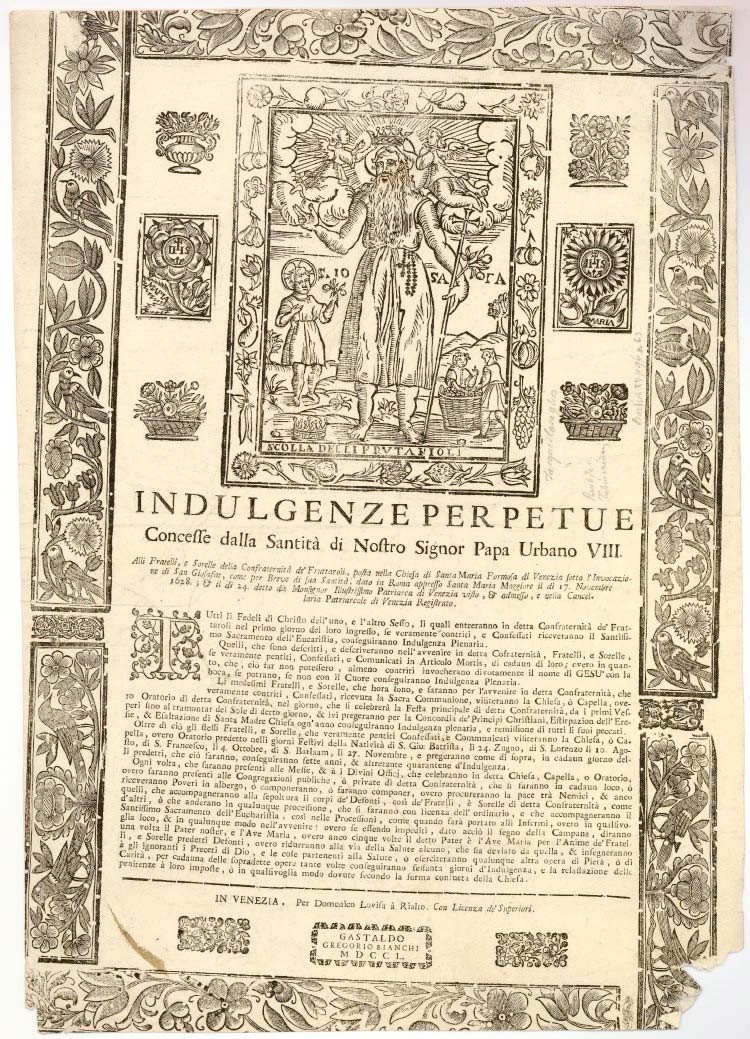
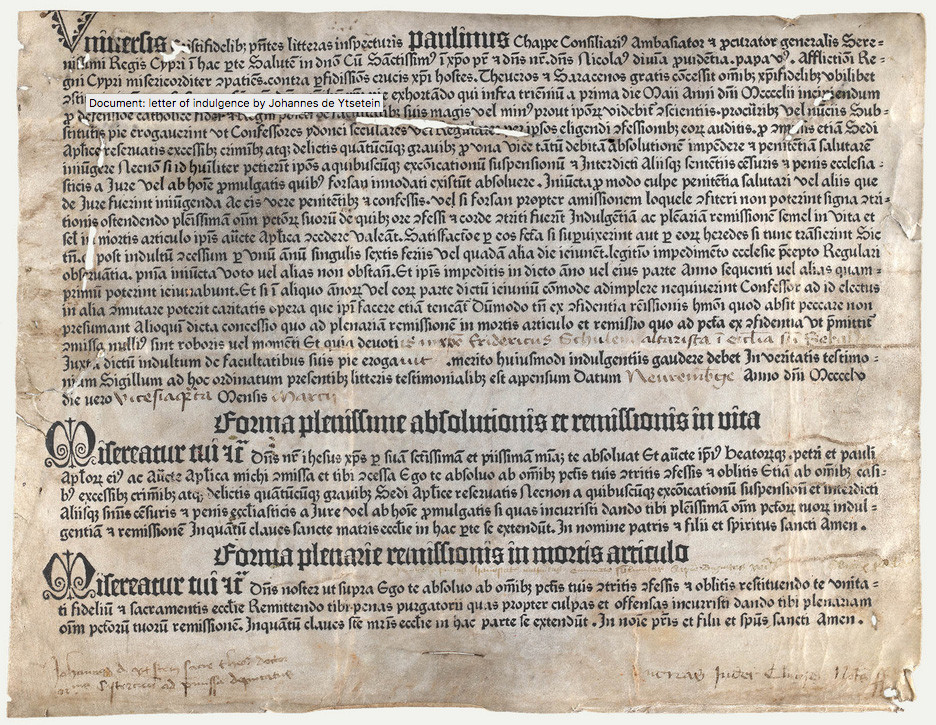
↓
Practice
…
EU Policy Watch Tower
EU Policy Watch Tower








…
Unclaimed Latifundium
Unclaimed Latifundium
Unclaimed latifundium: Eat more, fish further! Is a video-piece which collates several excerpts from NO-DO newsreels related to Spanish fishing and fisheries propaganda under Franco's regime. His agenda was partly disseminated in cinemas through programmes called ‘NO-DO’, an acronym for 'Noticiarios y Documentales' (news and documentaries). NO-DOs were screened prior to films, usually lasting 30 minutes. These cinematographic preambles slowly constructed the myth of Francoist modernity, the latter including the aggressive development of industrial fisheries supported by the nostalgic backdrop of artisanal river fishing.
'Unclaimed Latifundium' was part of Partnerships, and produced as part of the 5th Istanbul Design Biennial — Empathy Revisited: designs for more than one, organised by the Istanbul Foundation for Culture and Arts, and curated by: Mariana Pestana, Sumitra Upham and Billie Muraben.
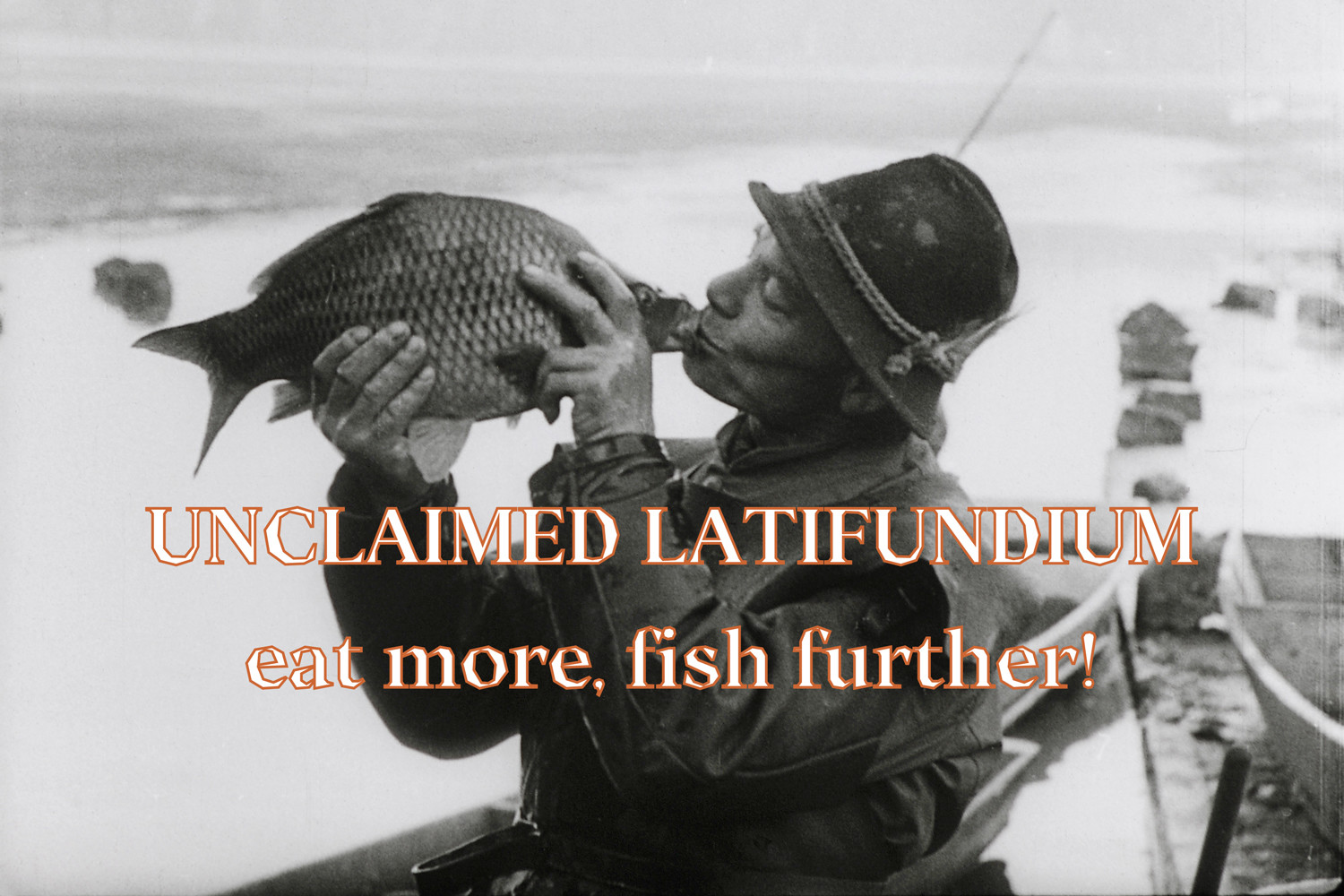


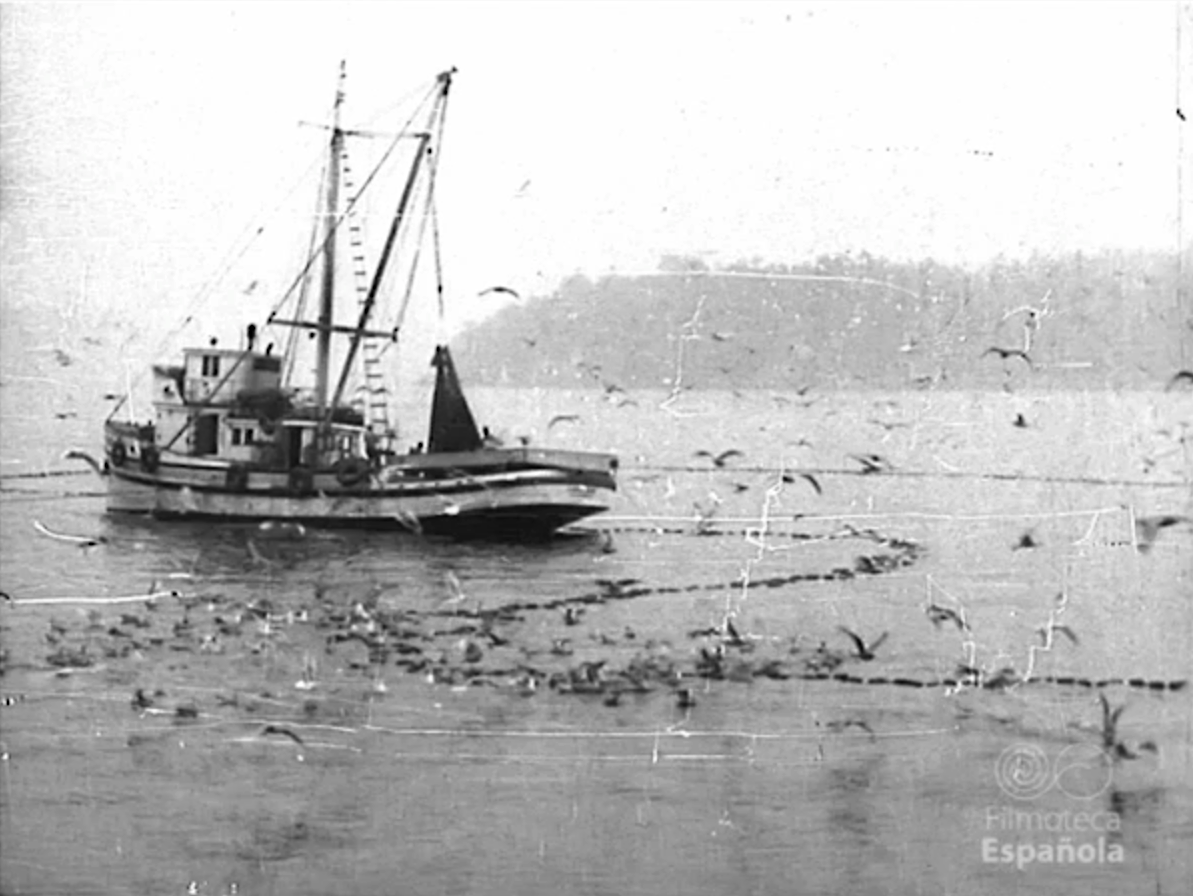

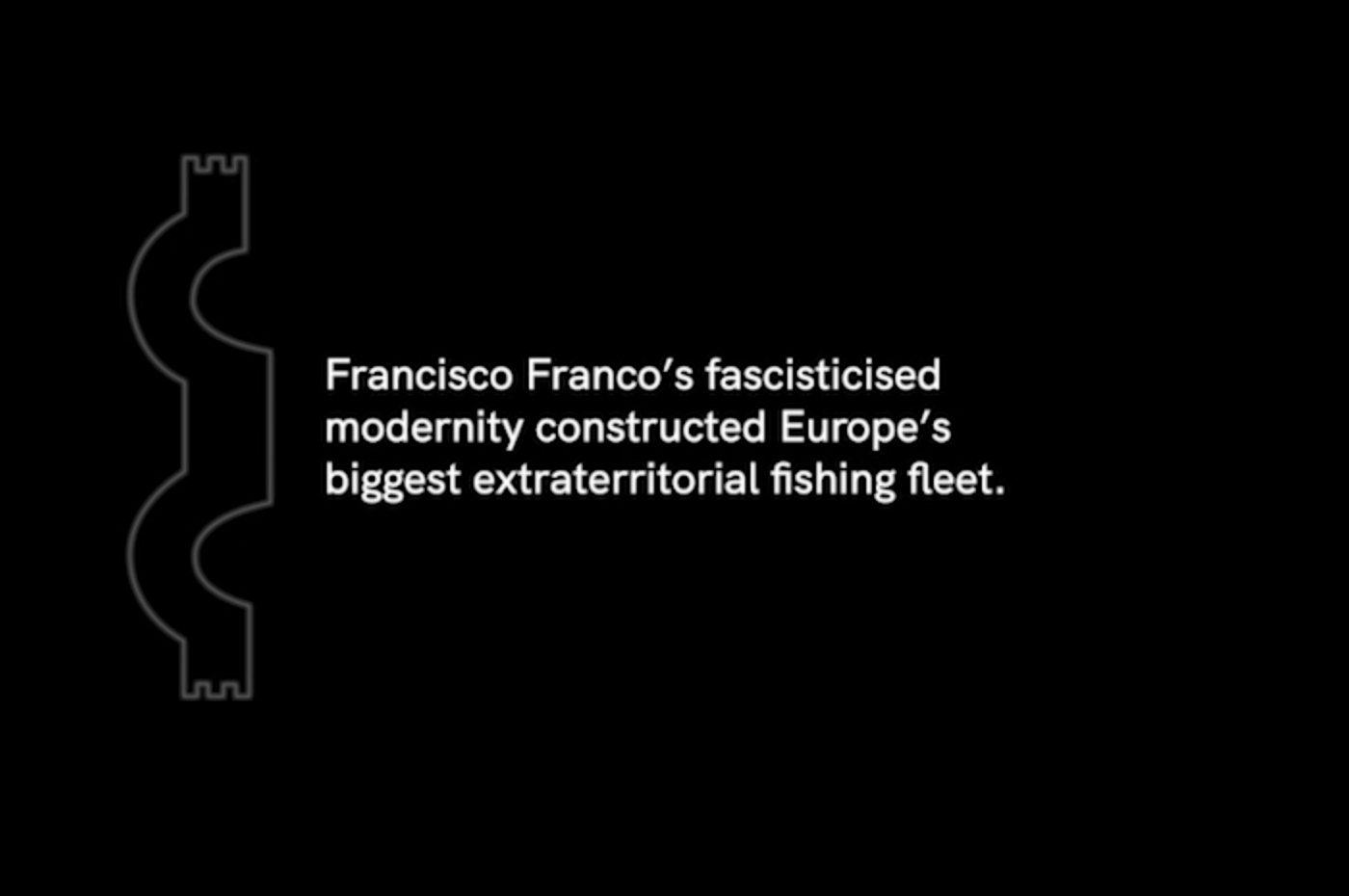

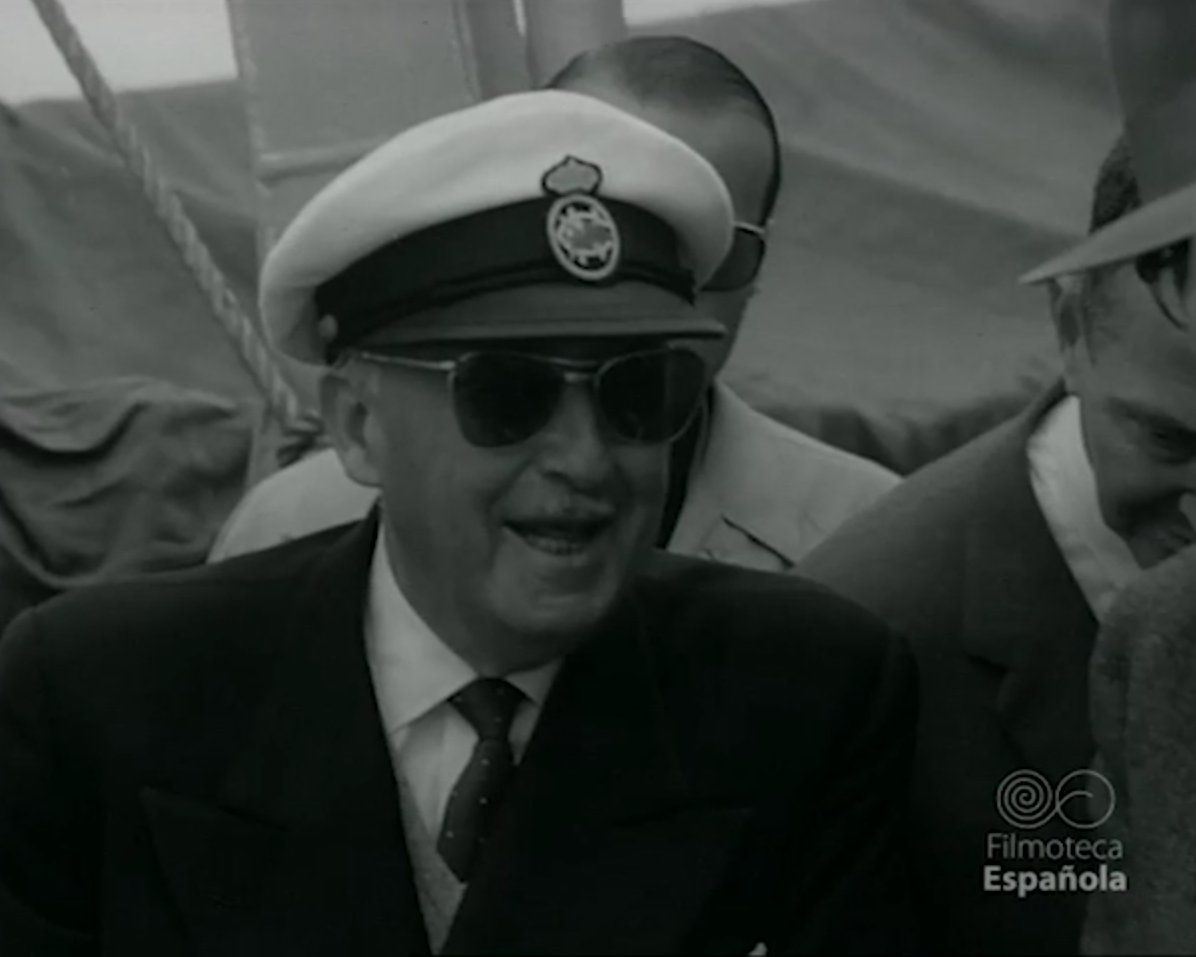

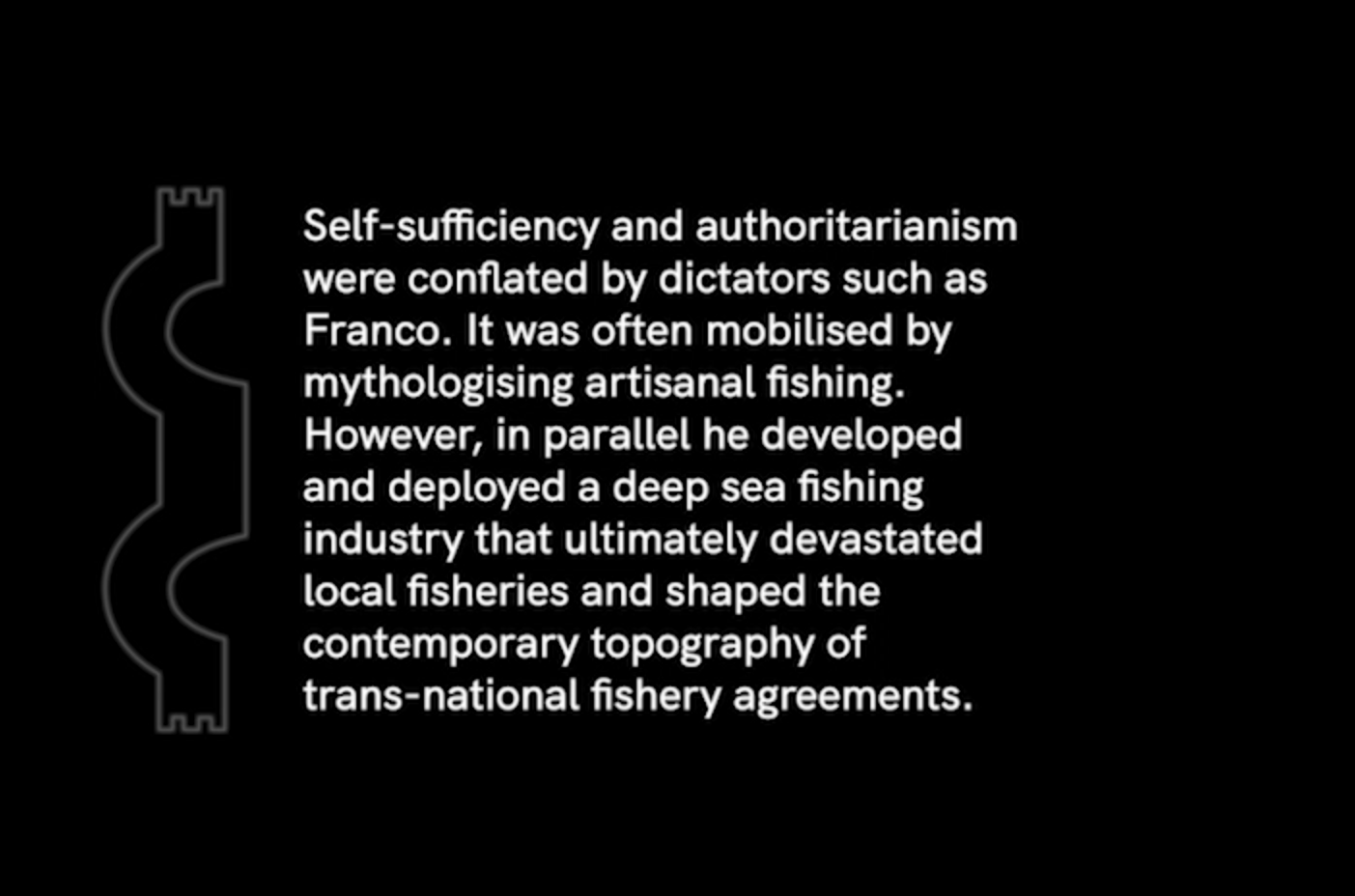

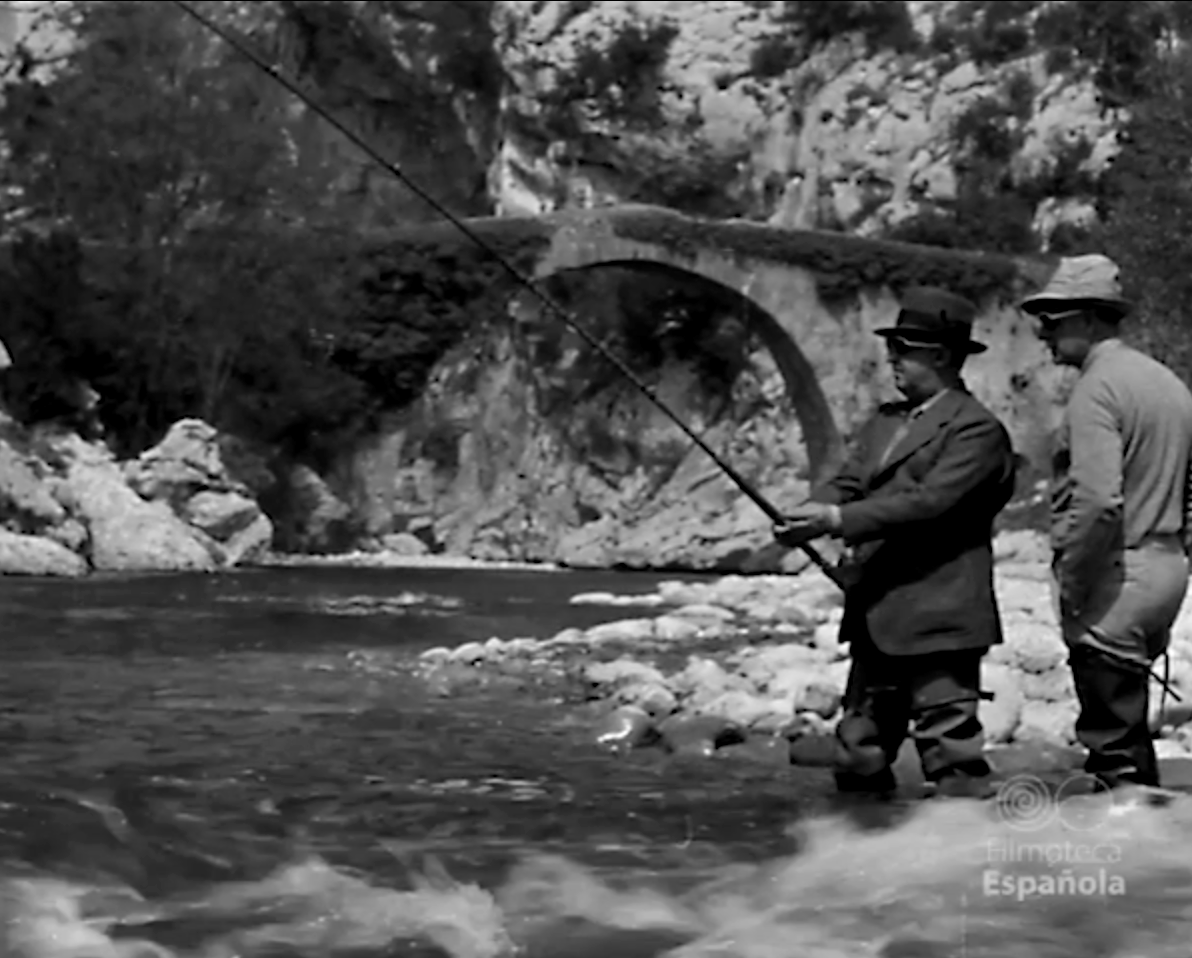

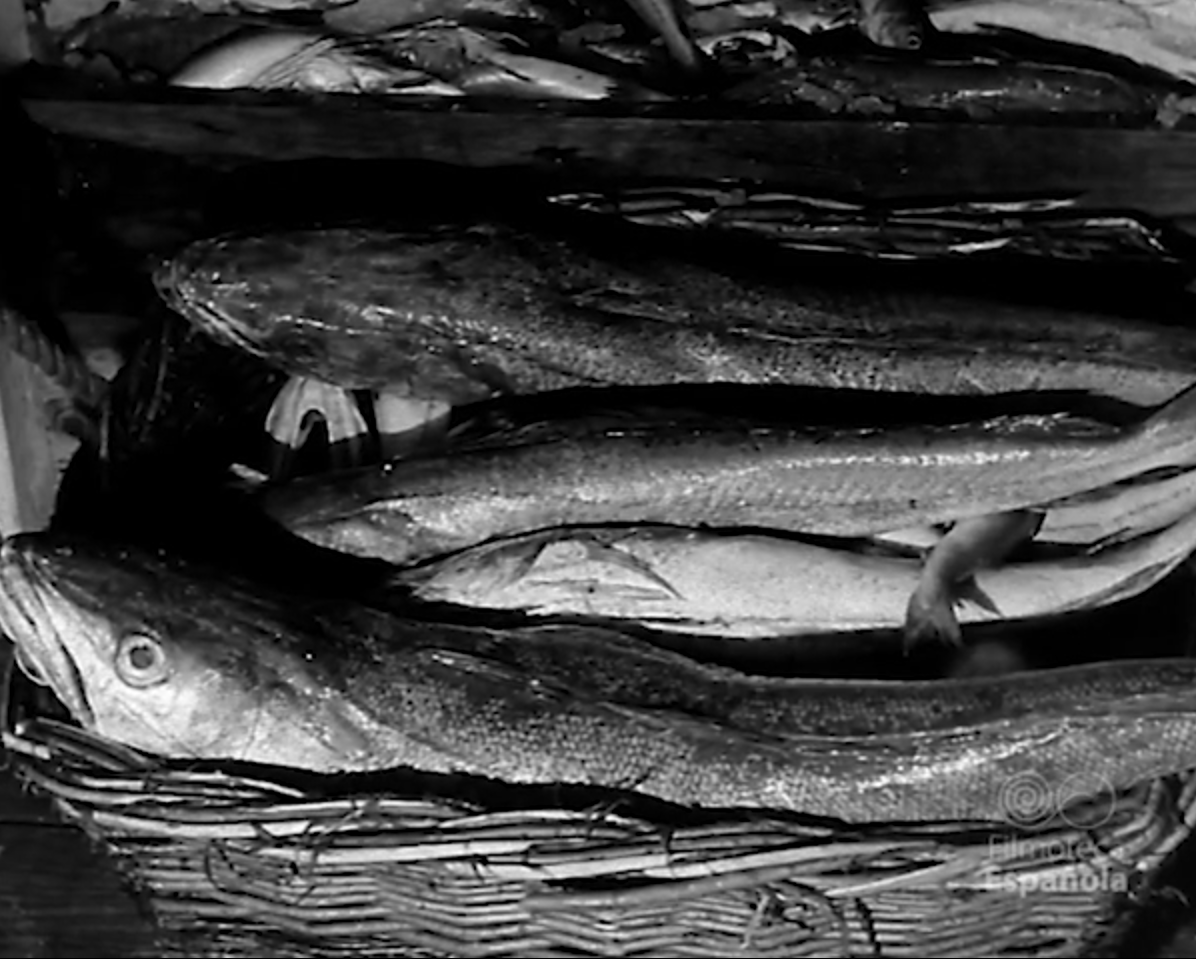

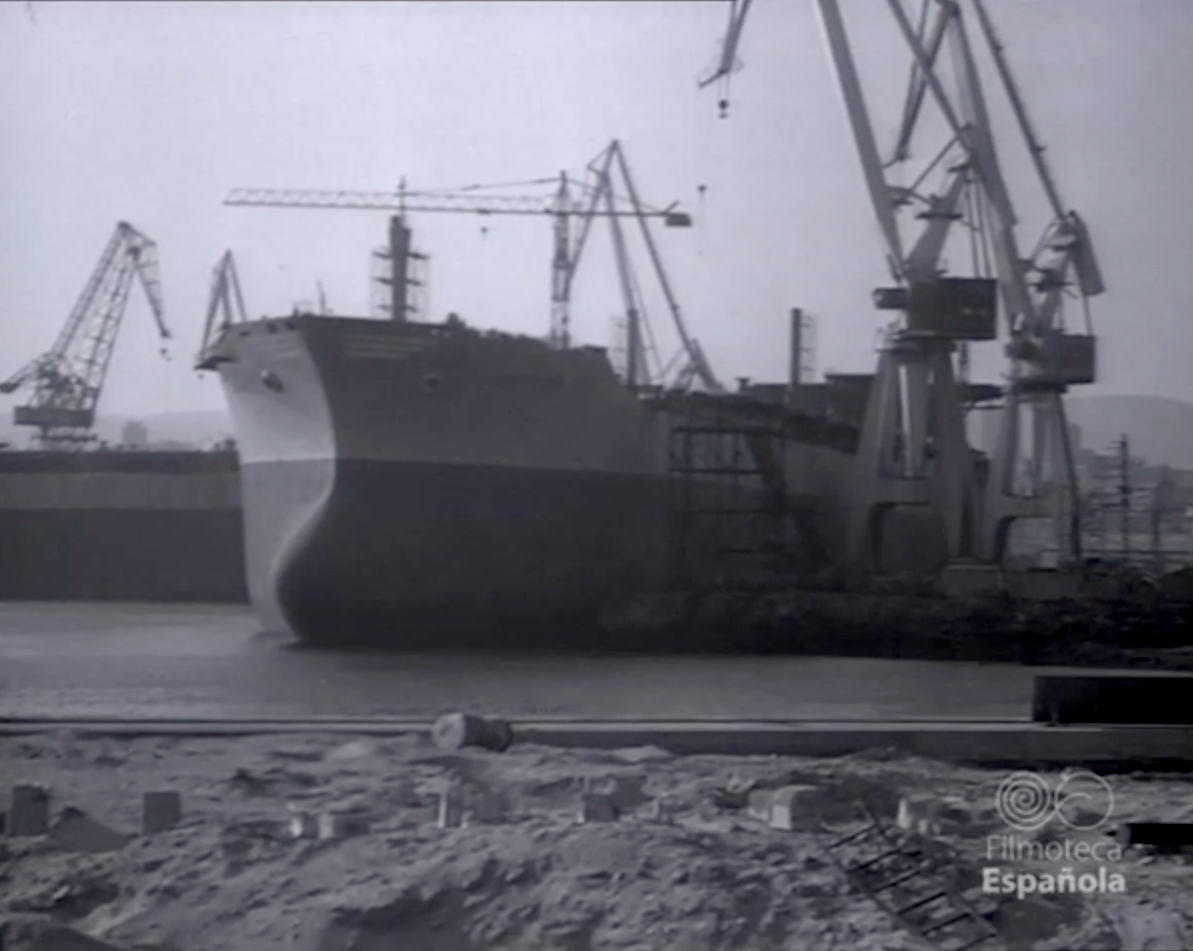

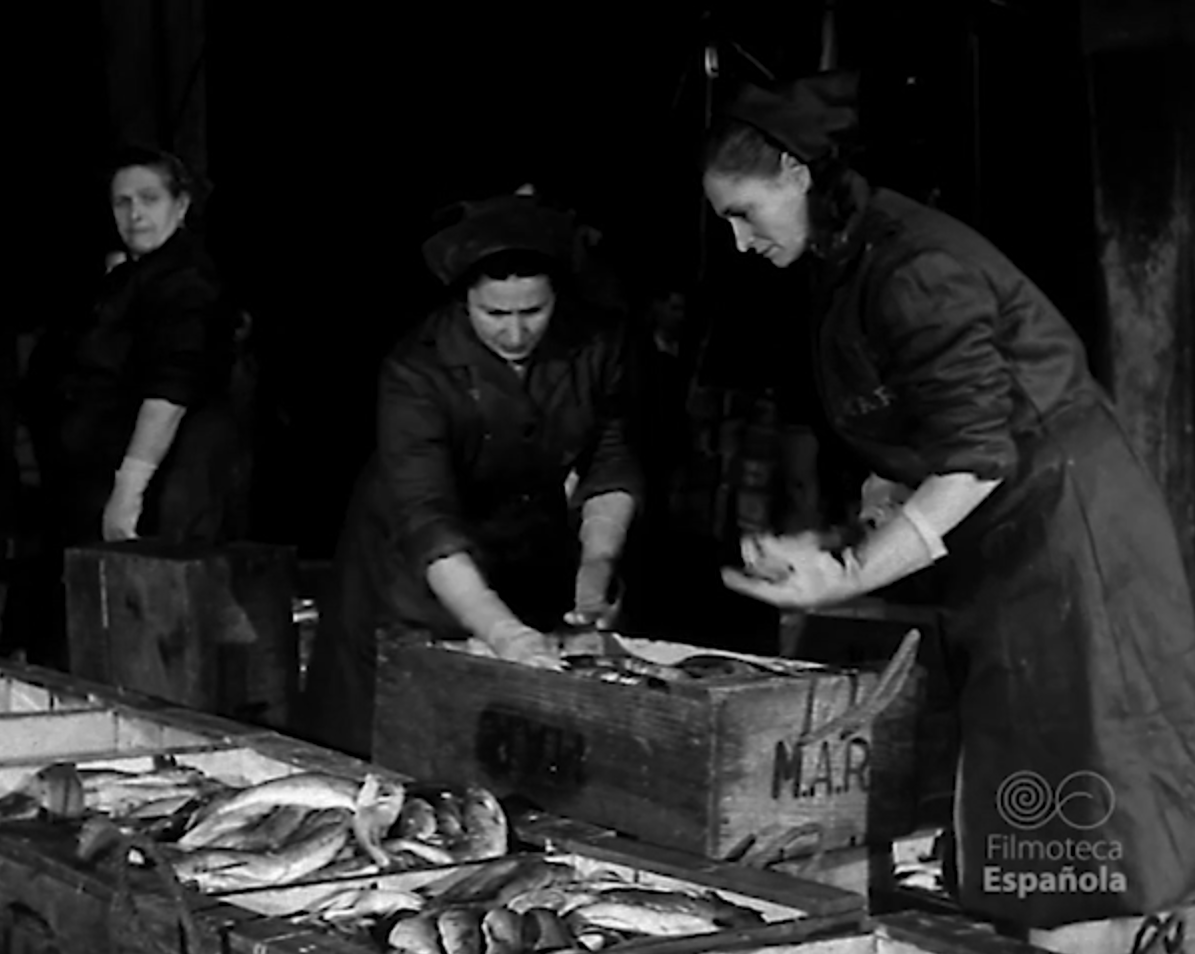

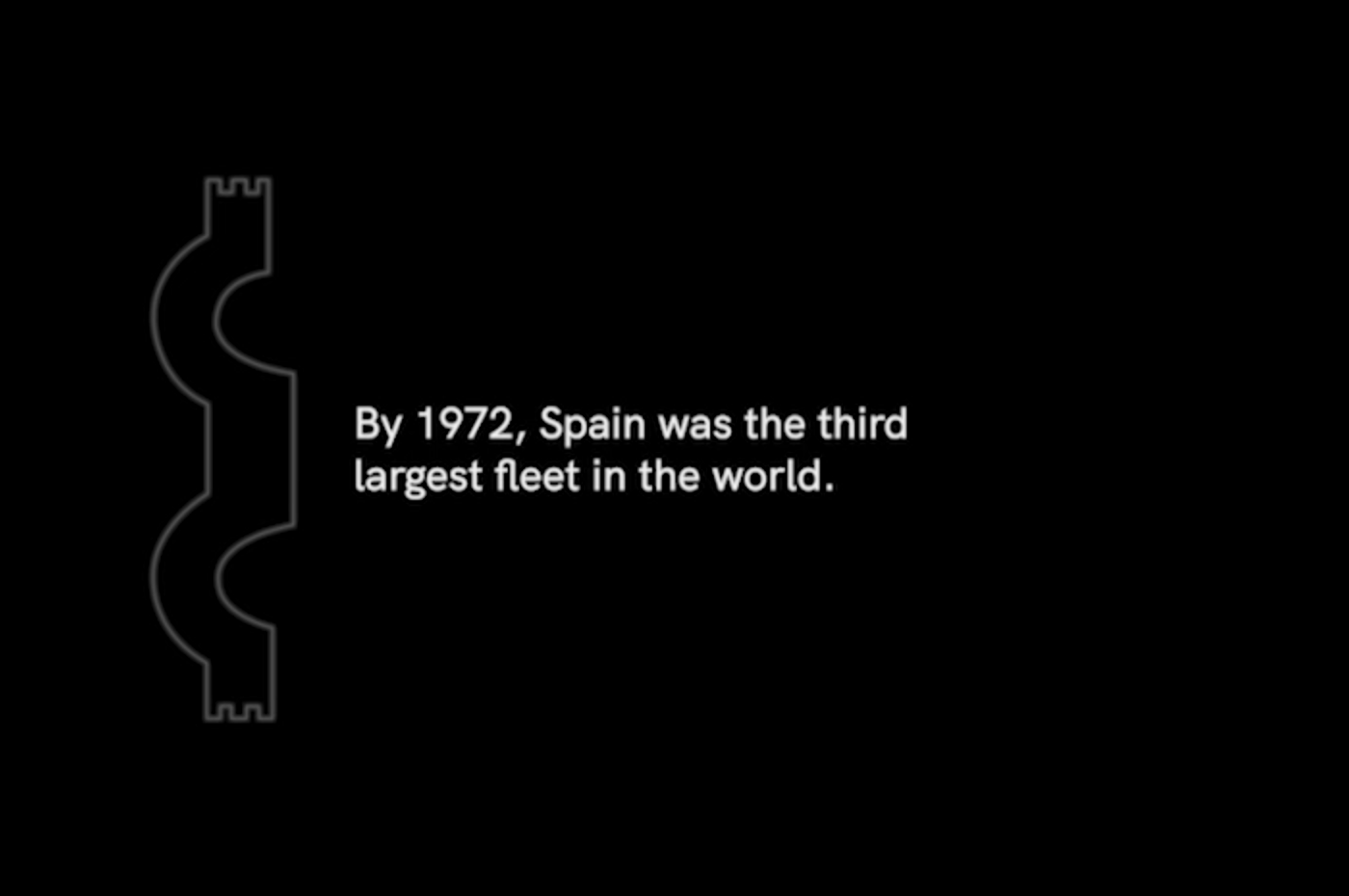

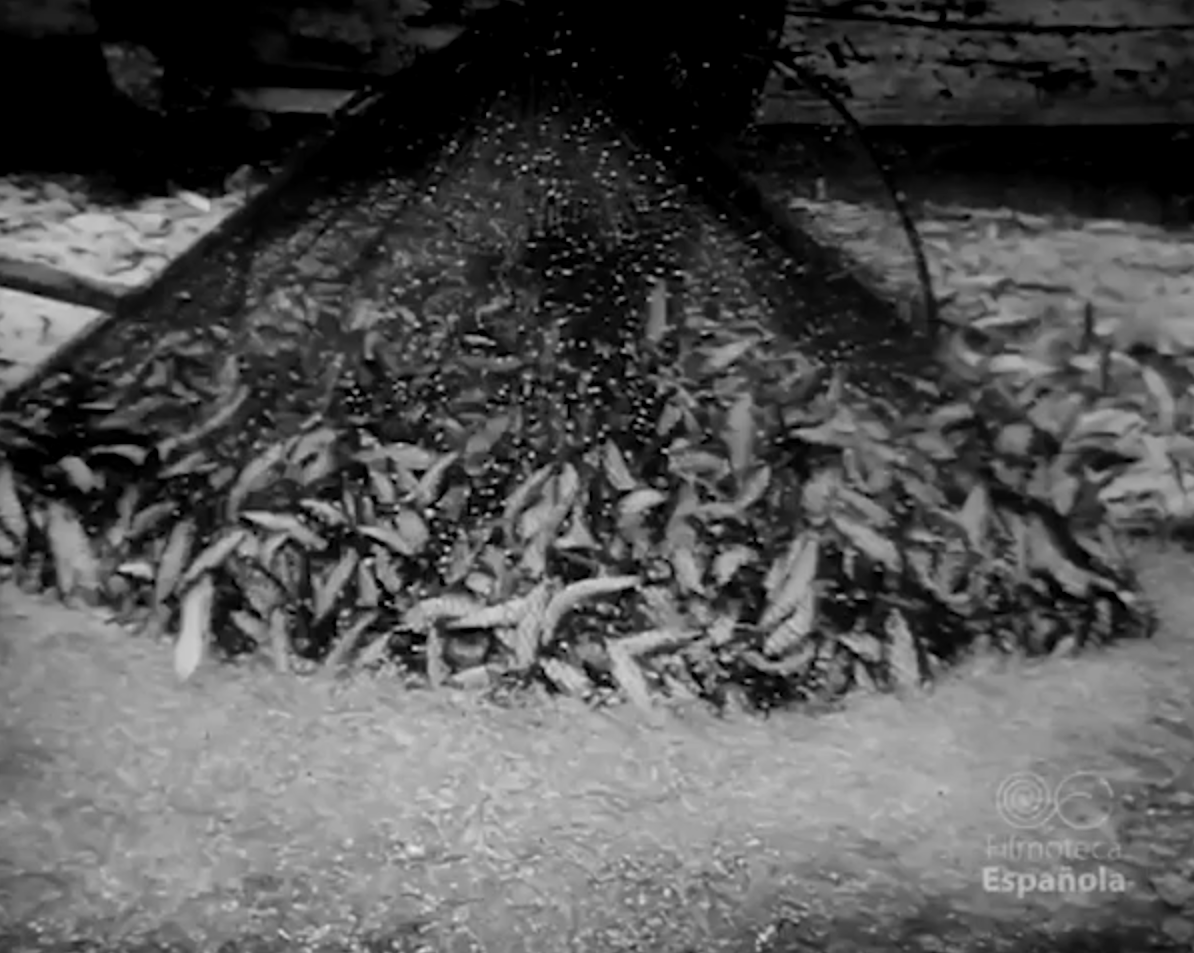

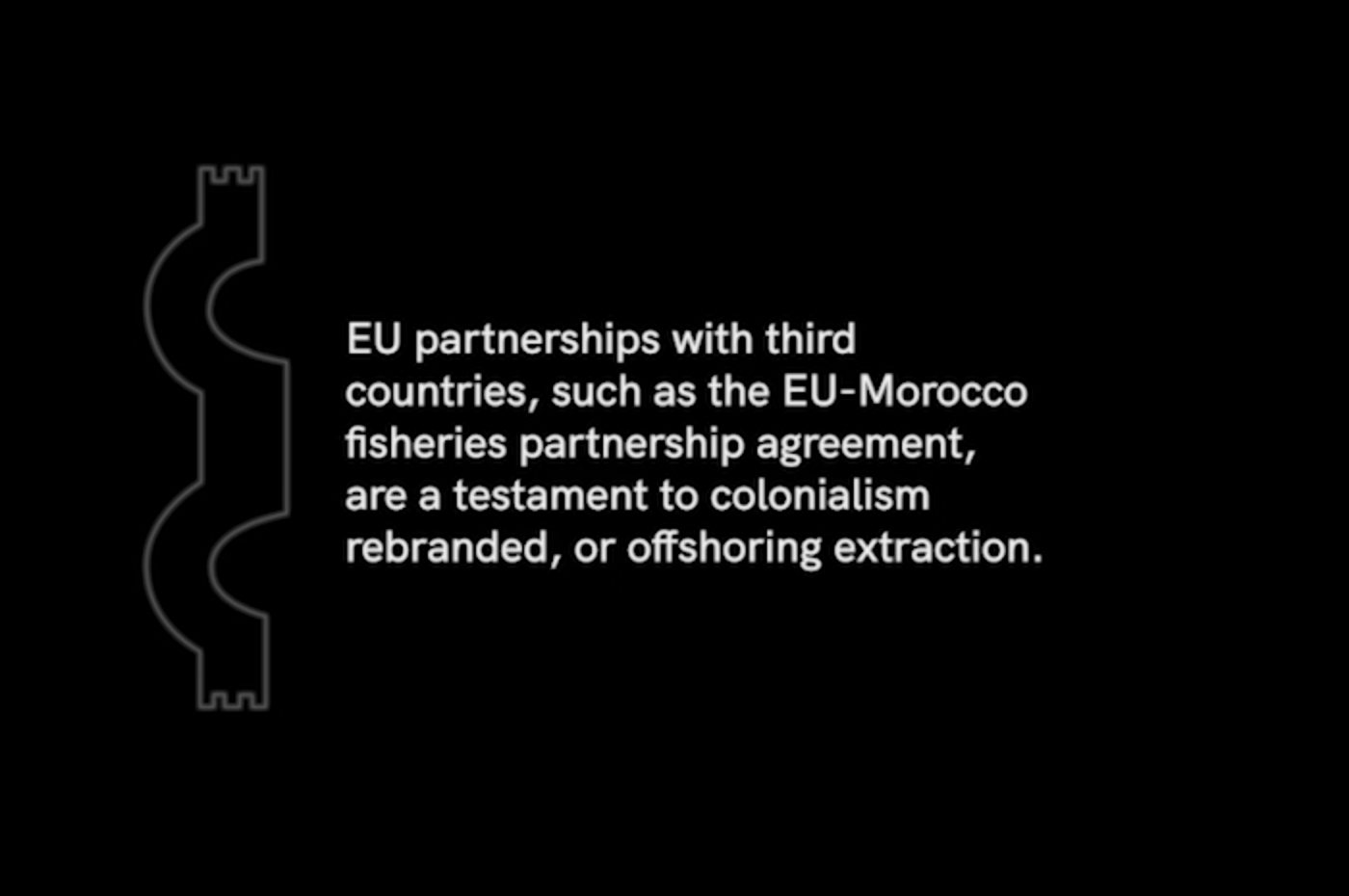

…
To Reap without Sowing Map
To Reap without Sowing Map
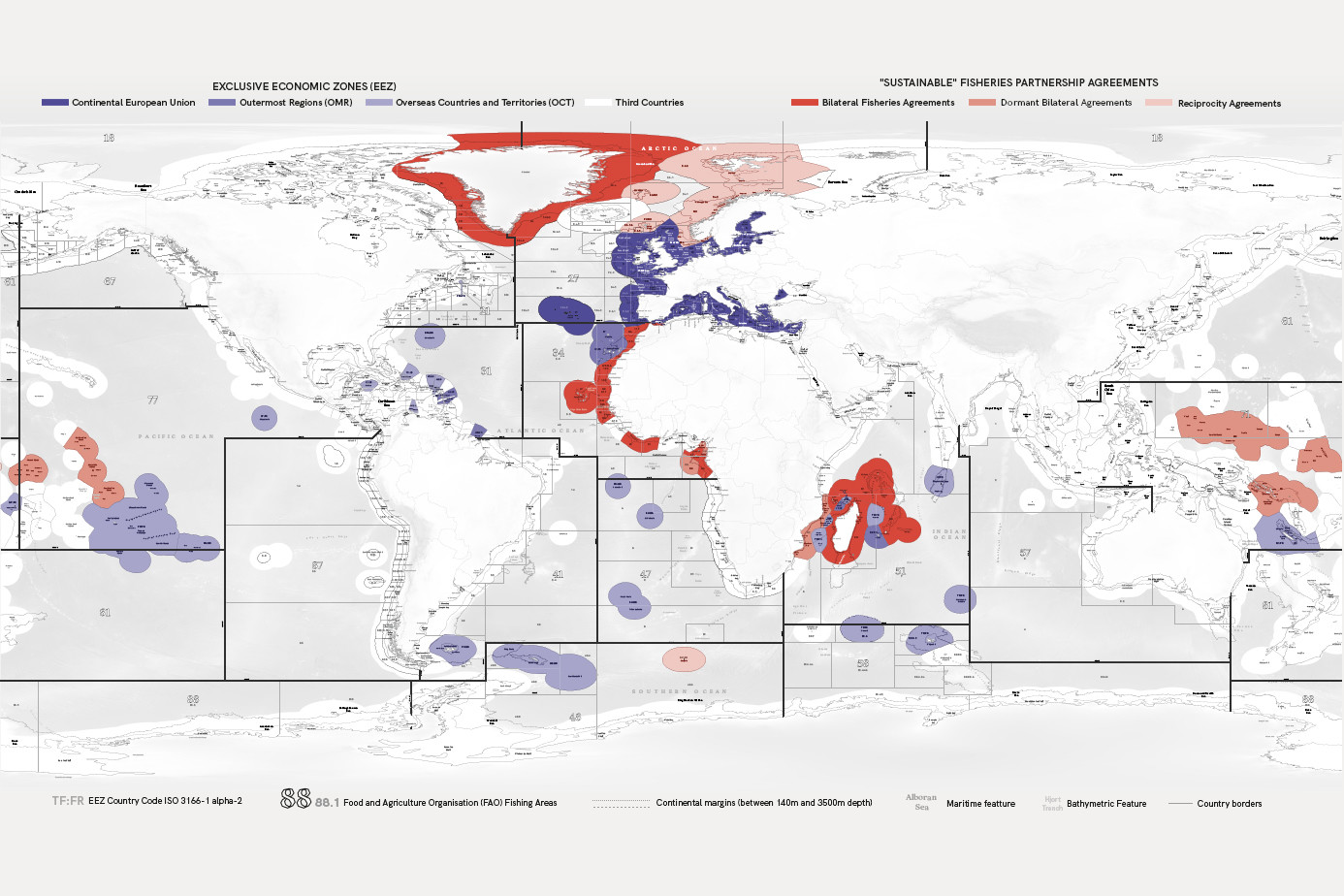

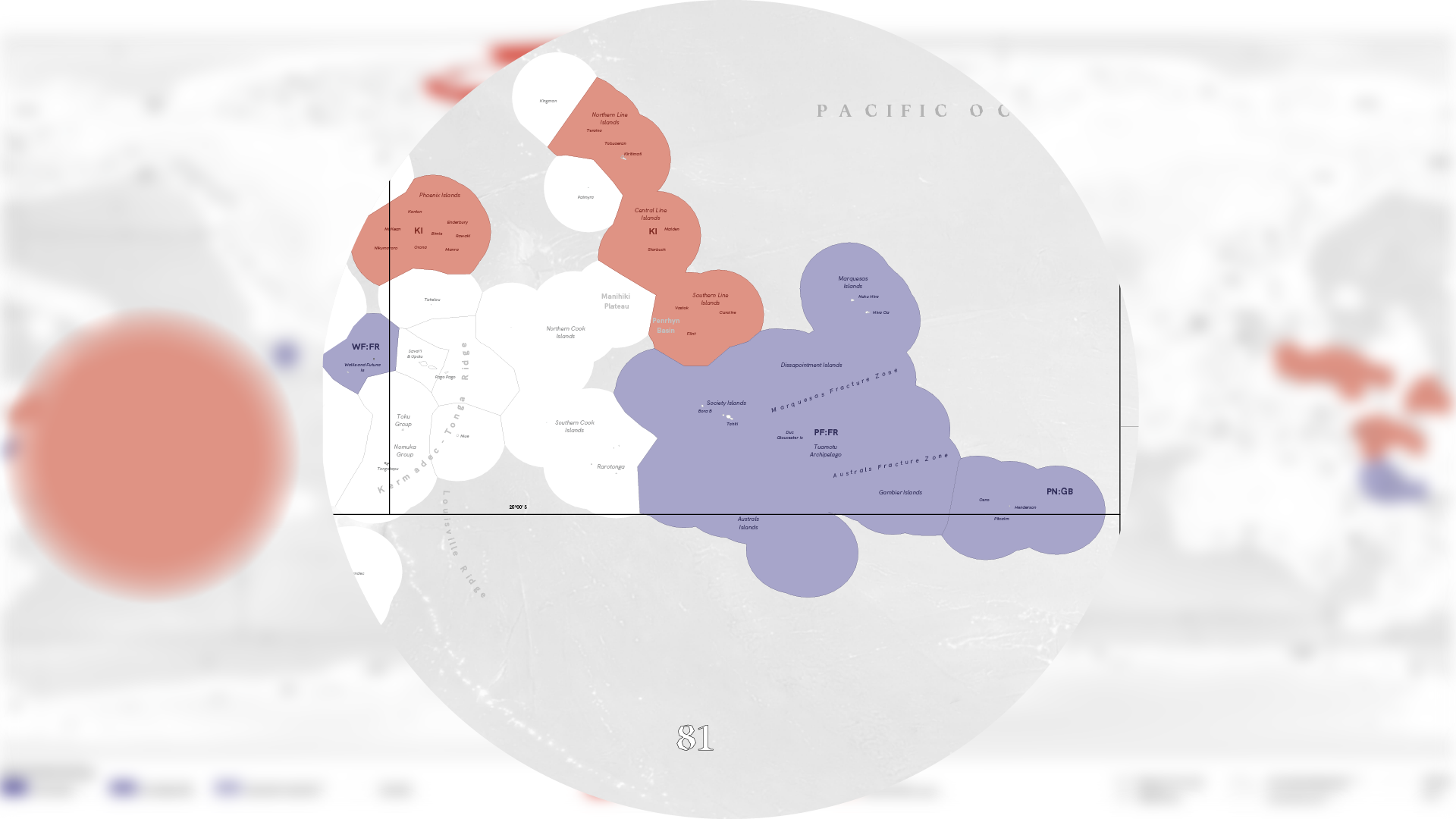

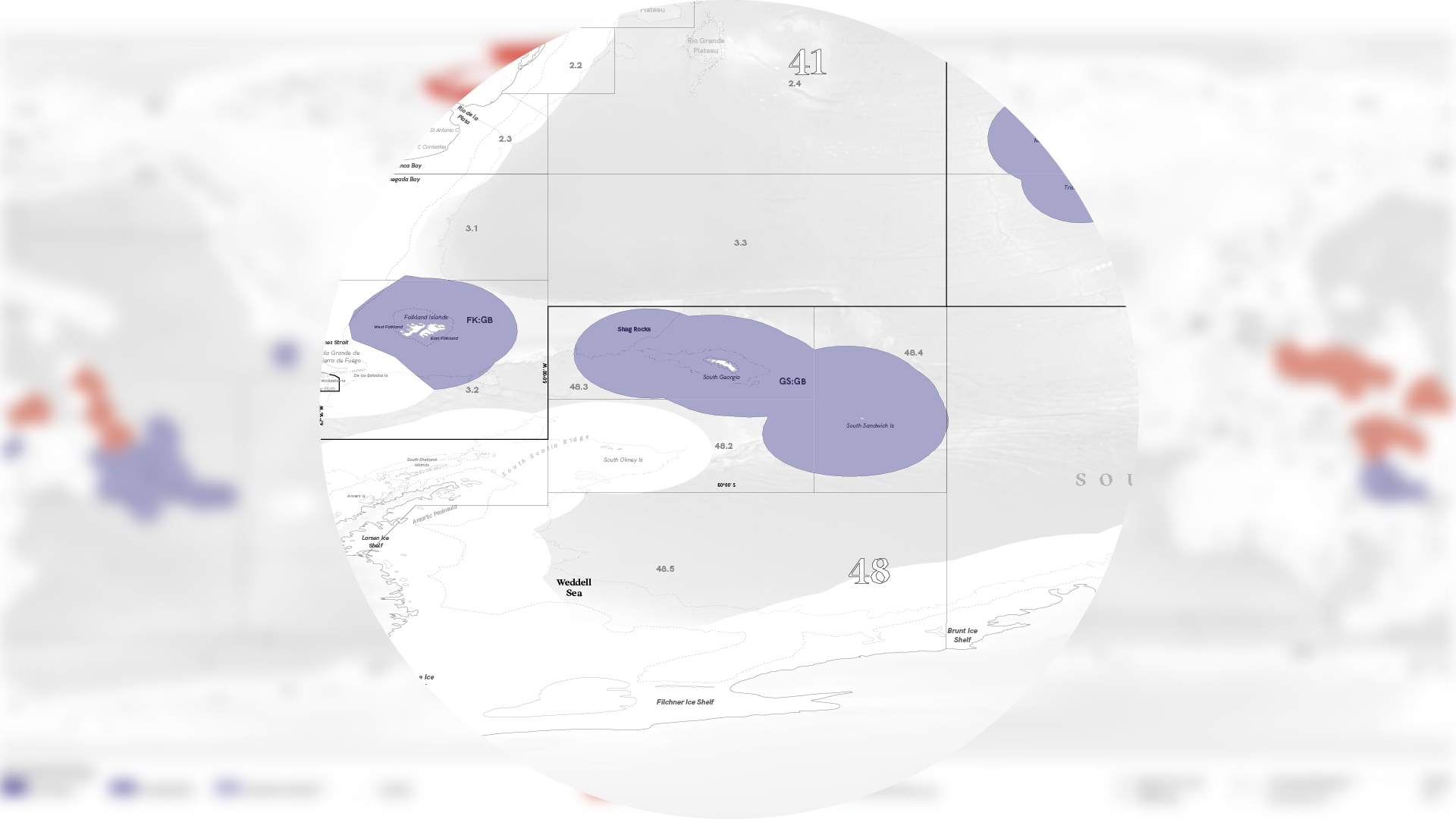

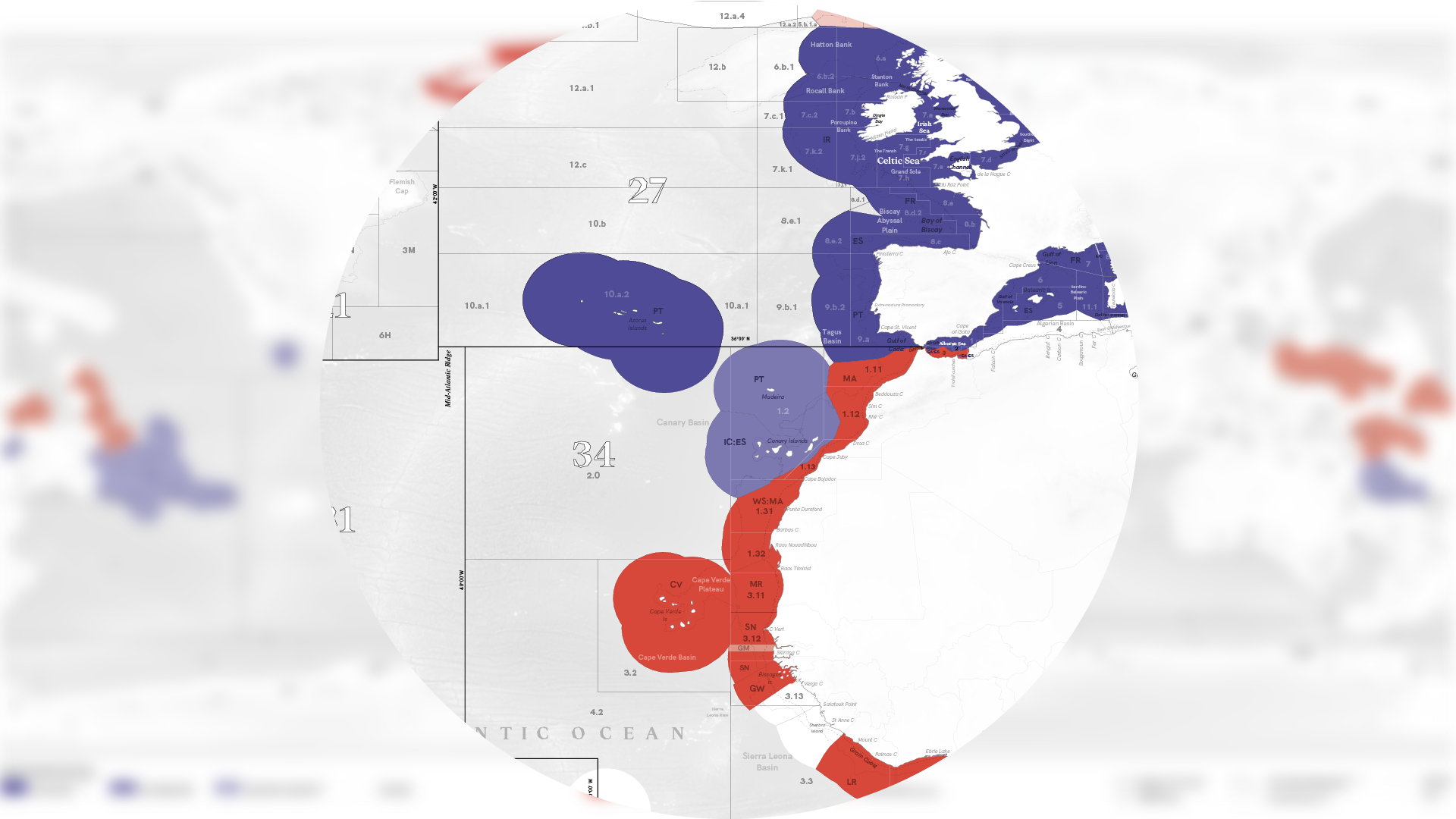

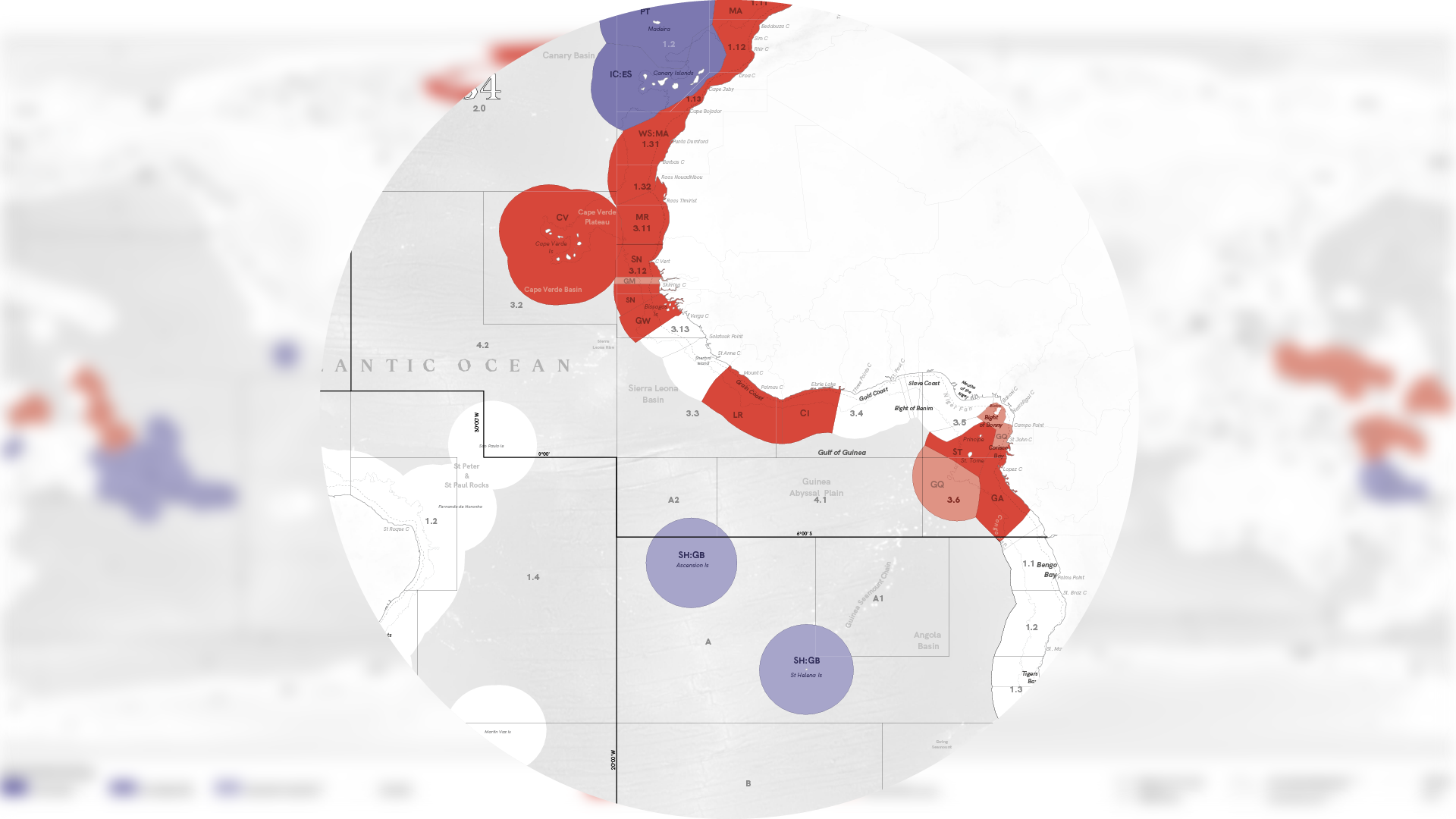

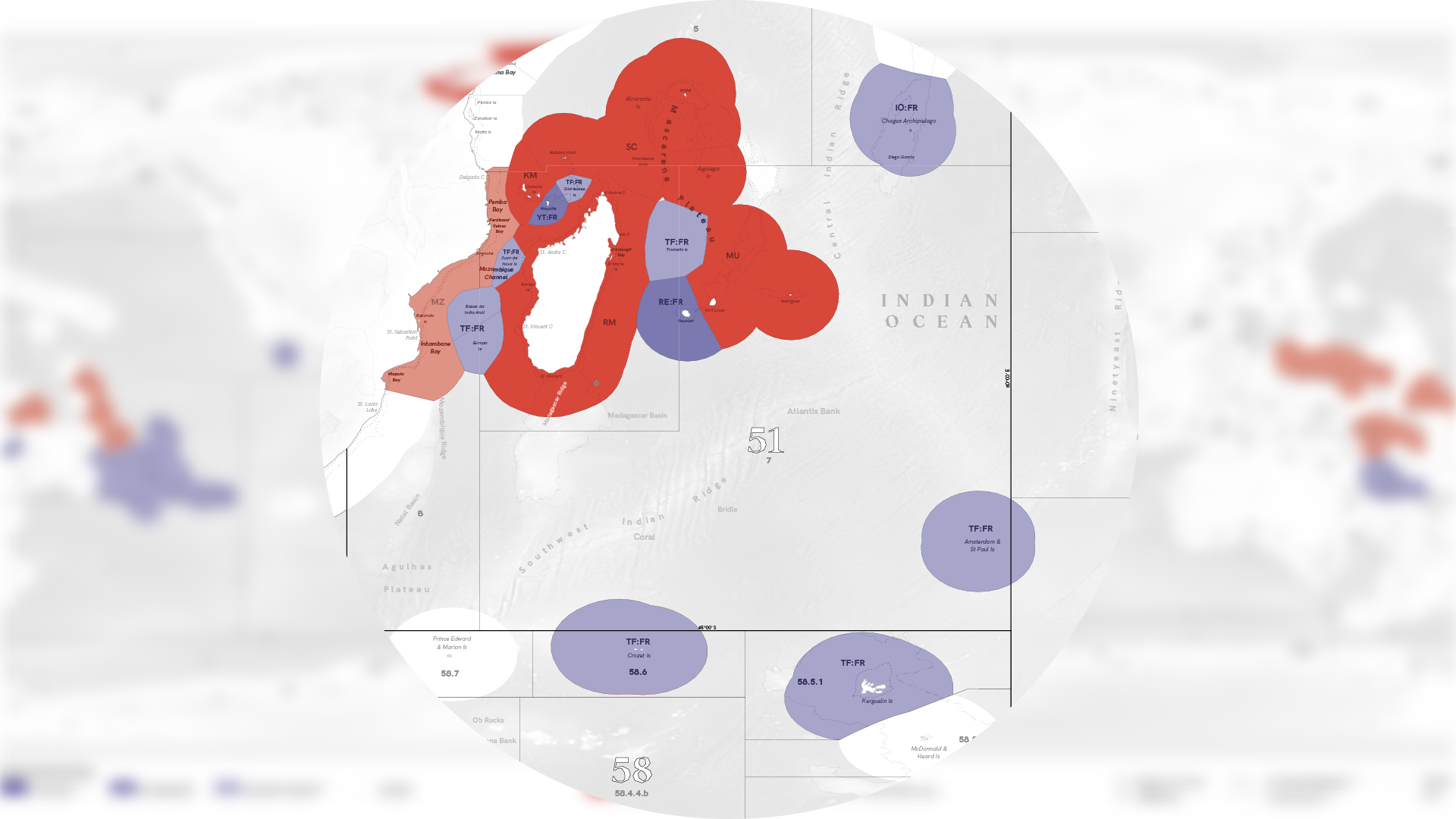

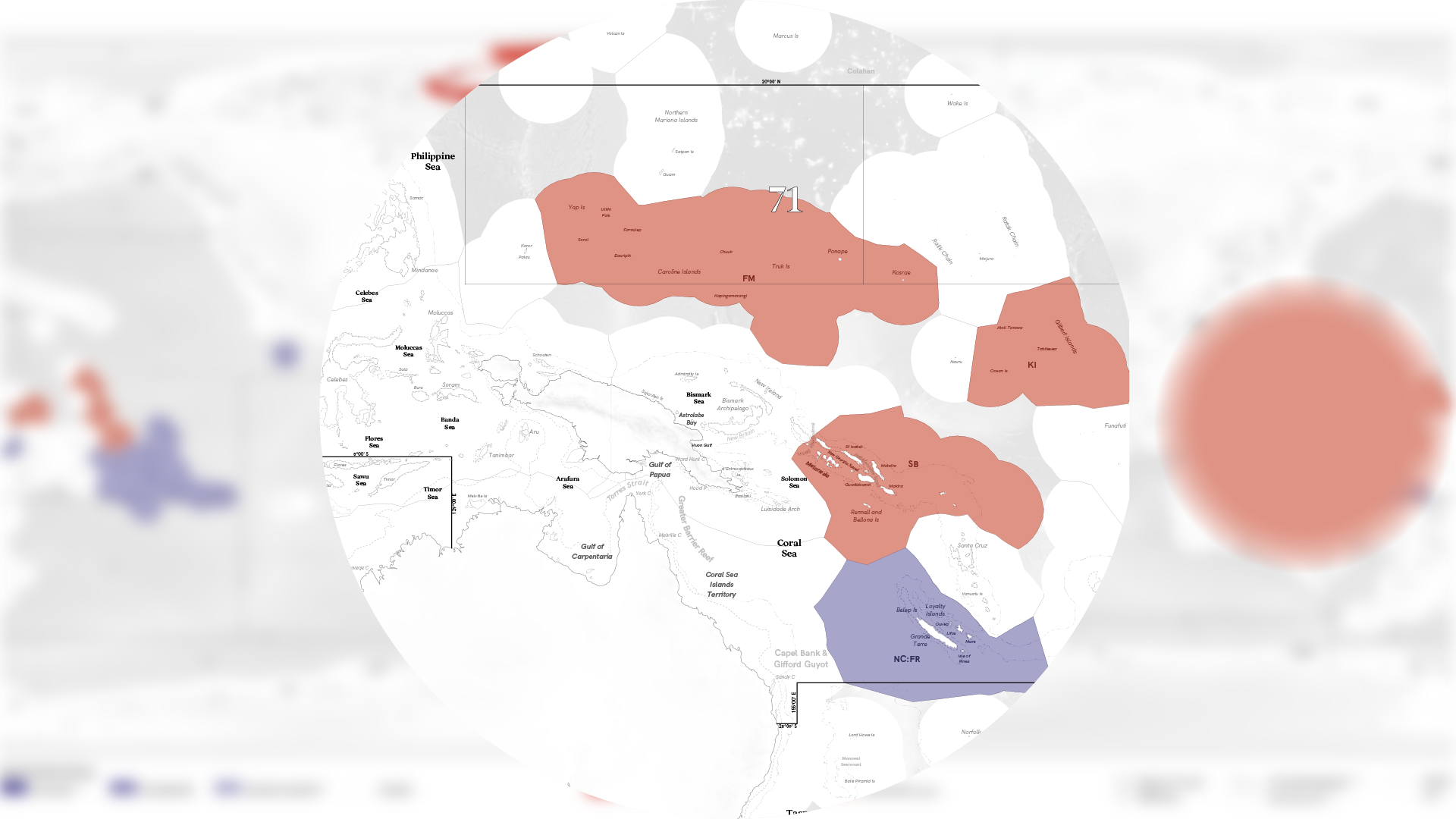

…
Ex-Post Re-evaluation Report
Ex-Post Re-evaluation Report
The controversial evaluation report of the EU-Morocco Fisheries Partnership Agreement (FPA) was also classified. Following the protocol of classified documents, the report was made available in a small room, adorned with a lightbulb, a chair, and a table. It was accessible only to members of the European Parliament’s Fisheries Committee, one person at a time, without phone, translator, assistant, or notepad. The document available for consultation, in French language only, offered a cost-benefit analysis, which showed that it was cheaper to pay Spanish fishing fleets to remain at port than to pay for accessing Moroccan fish stocks. It also outlined the devastating trawling and seining effects upon ‘extra-Mediterranean’ marine life.
The rapporteur, Carl Haglund, states in his draft recommendation to the European Council’s Fisheries Committee that the “economical, ecological, environmental and procedural problems with the Agreement are so grave that they outweigh the possible counterargument for giving consent to the extension of the Protocol”. He also challenged the very legality of the agreement based on its lack of consultation with the people of Western Sahara whose waters are included in the partnership. Despite his unequivocal recommendation to discontinue the protocol, and the two European Court of Justice rulings stipulating that the FPA is not applicable to Western Sahara, the agreement has been extended twice since his report in 2011 and continues to this day under the amended title ‘Sustainable Fisheries Partnership Agreement’, still including Western Sahara. According to Ignacio Cembrero, former journalist at El País covering the Maghreb, the “European Commission discovered a means by which European ships were able to continue to fish in Saharan water - making 91% of catches - all whilst respecting, according to them, the spirit of the Court’s rulings”.
This revised document is an intervention into opaque EU processes, opening up possibilities for scrutiny and accountability towards the European Union and its extractive practices. It also begs the question, who benefits from the agreements which are neither lucrative for the EU, nor sustainably viable?

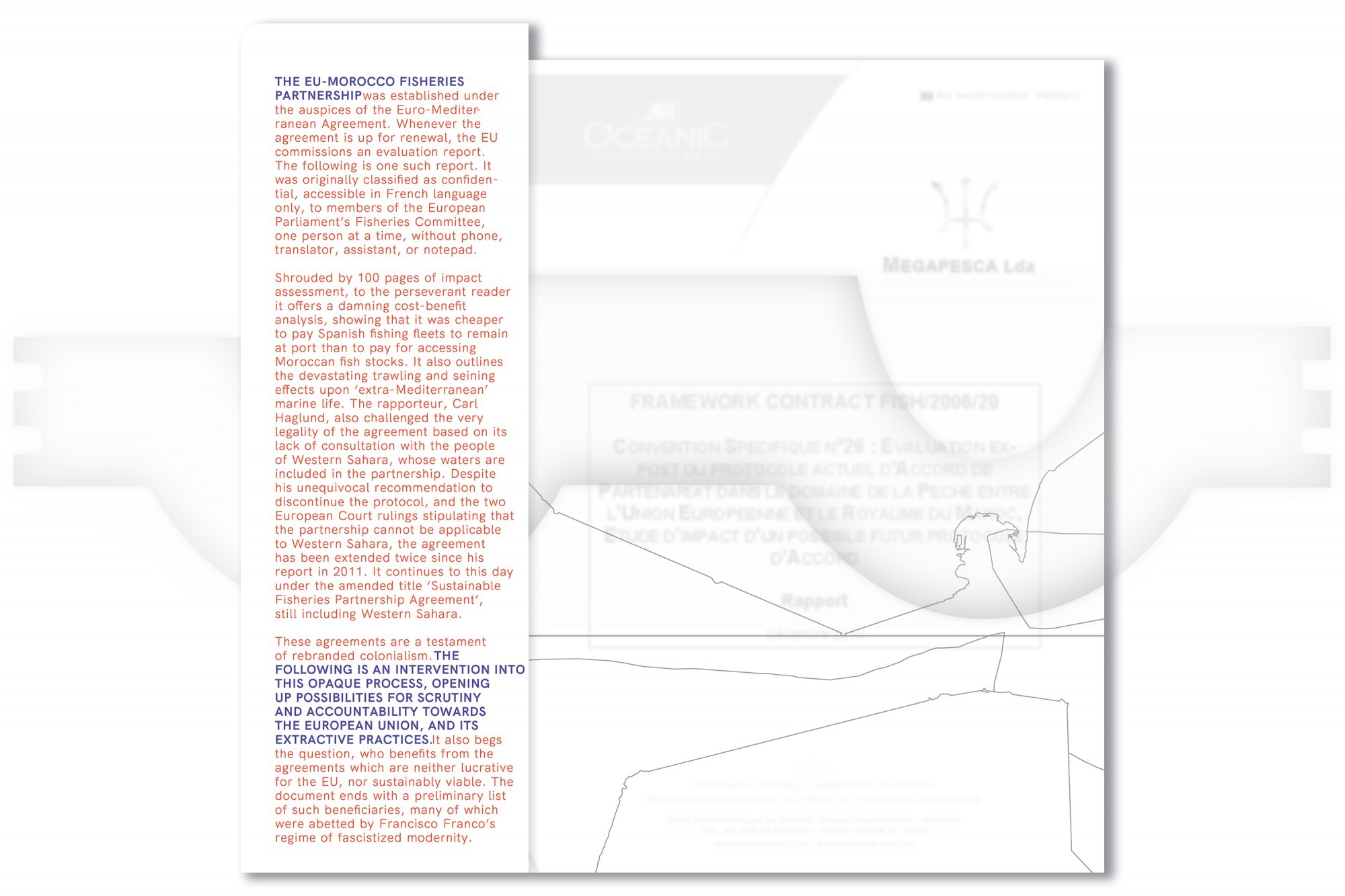

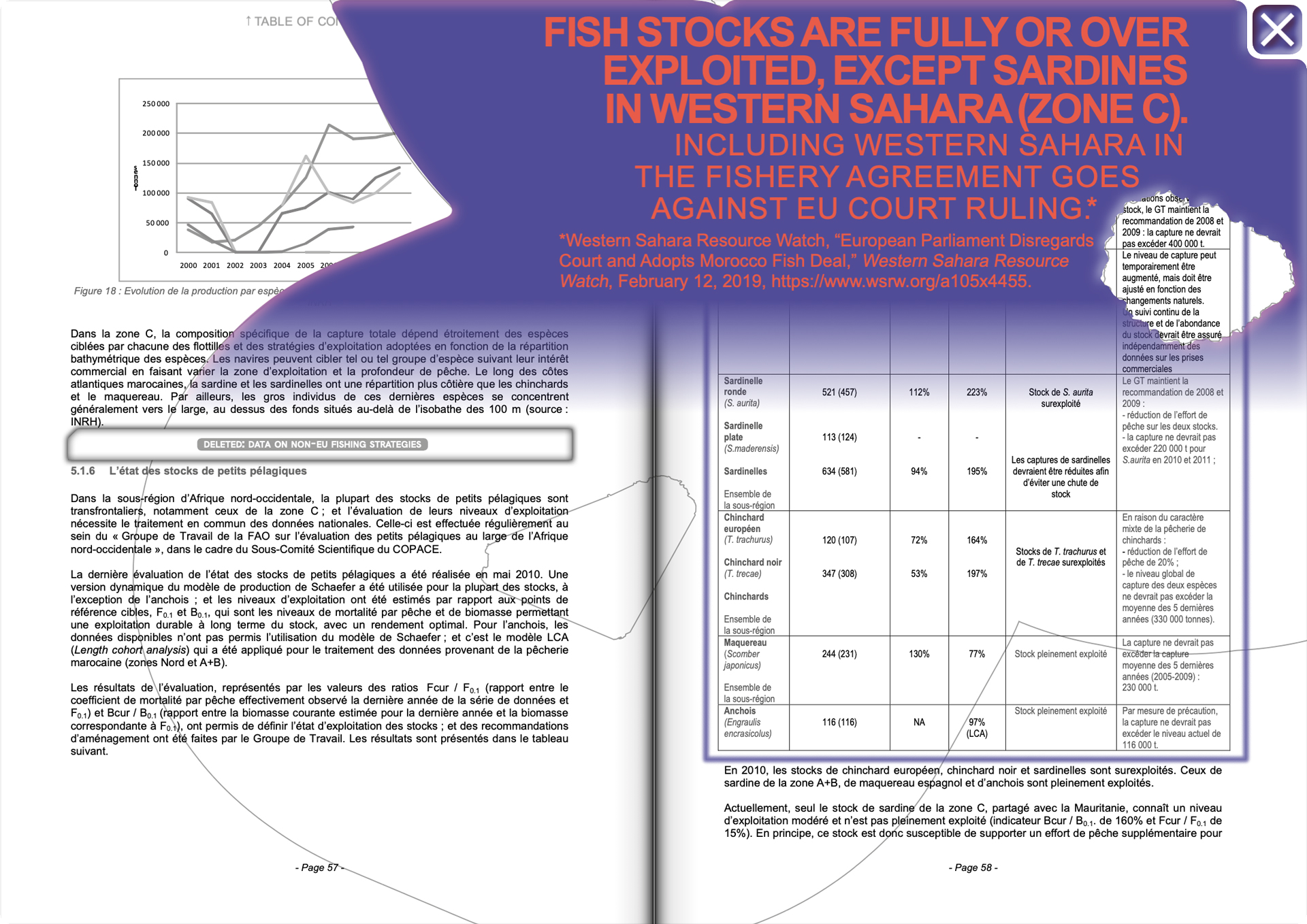



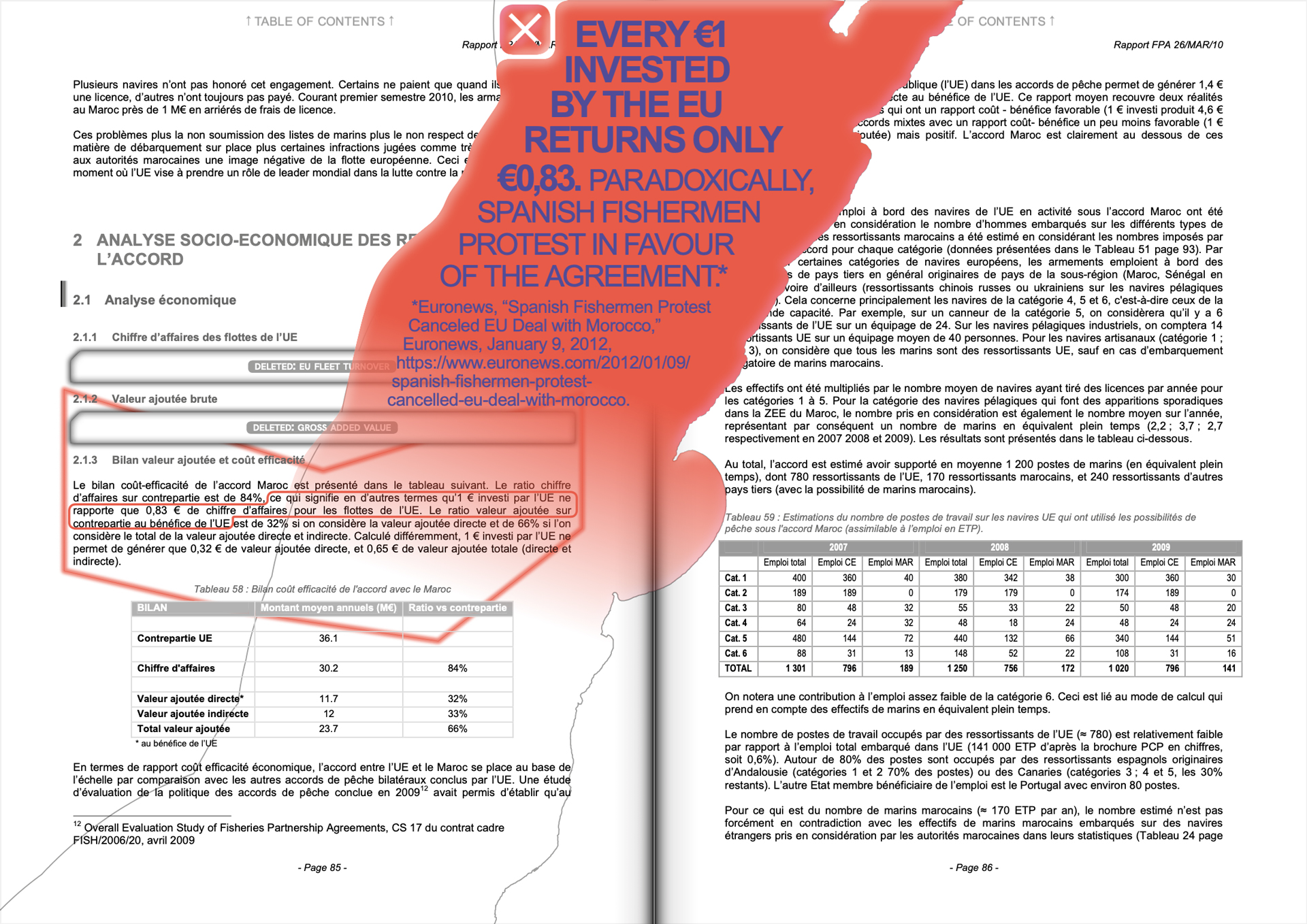

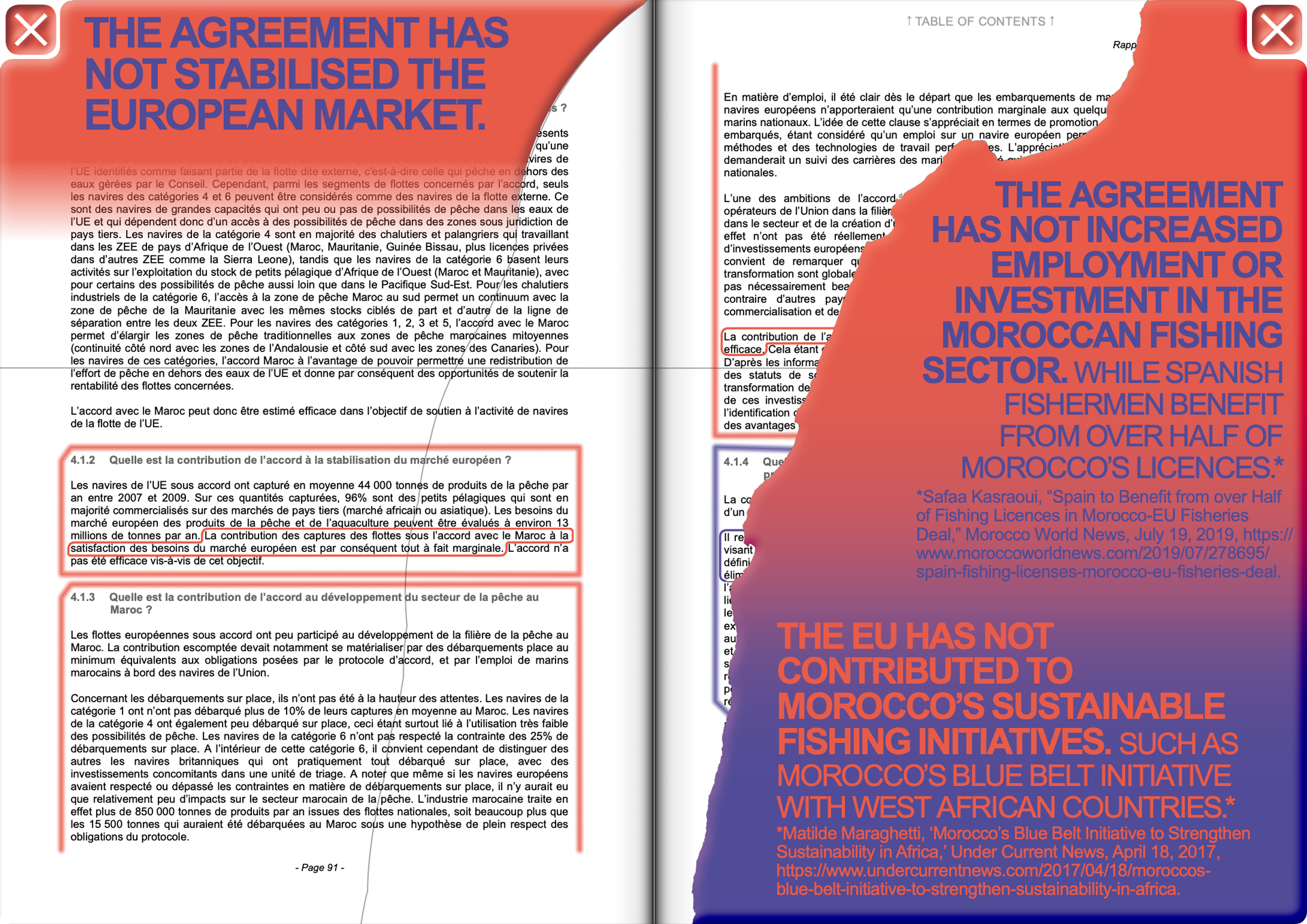

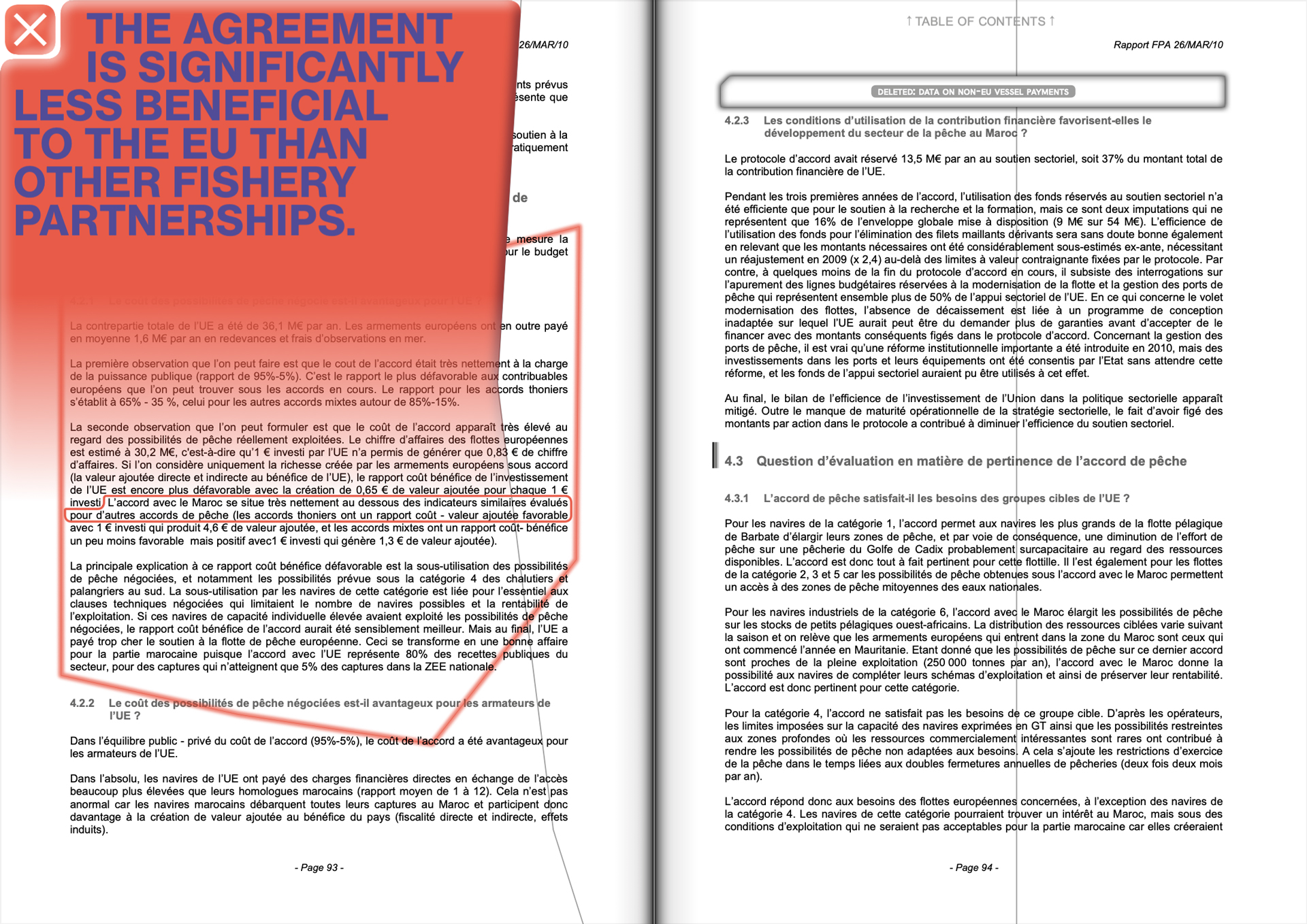

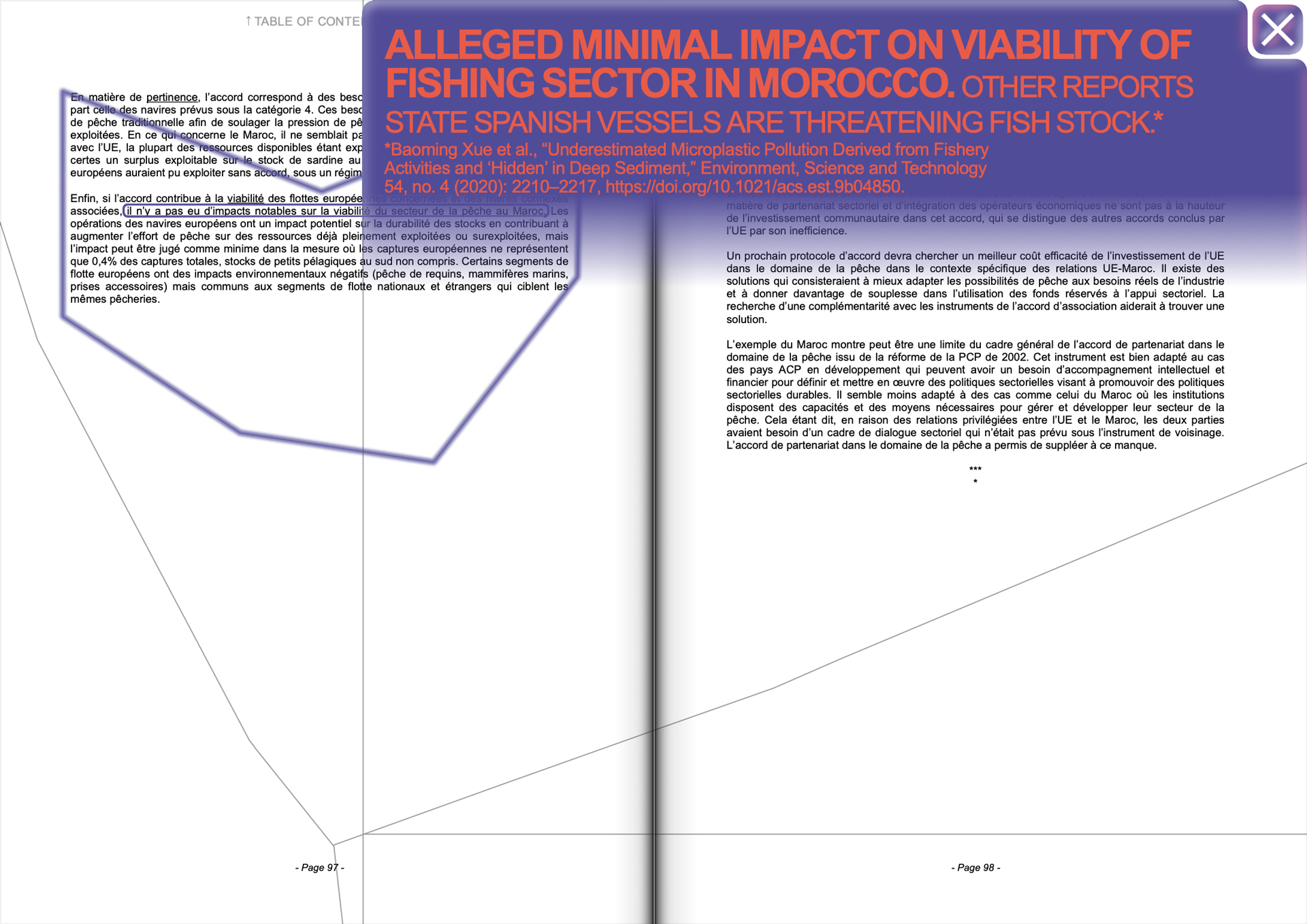

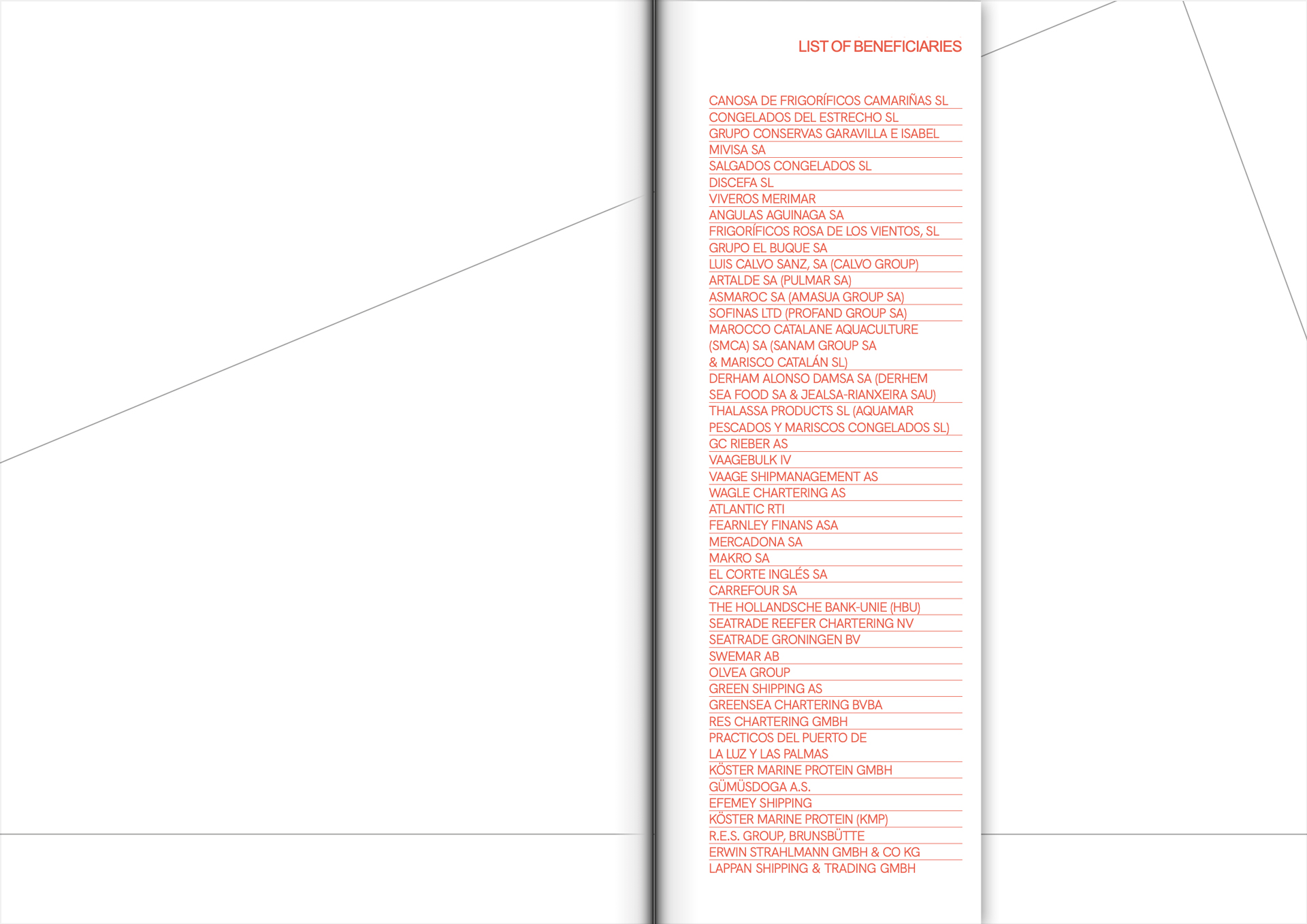

…
Playa Taurito
Playa Taurito

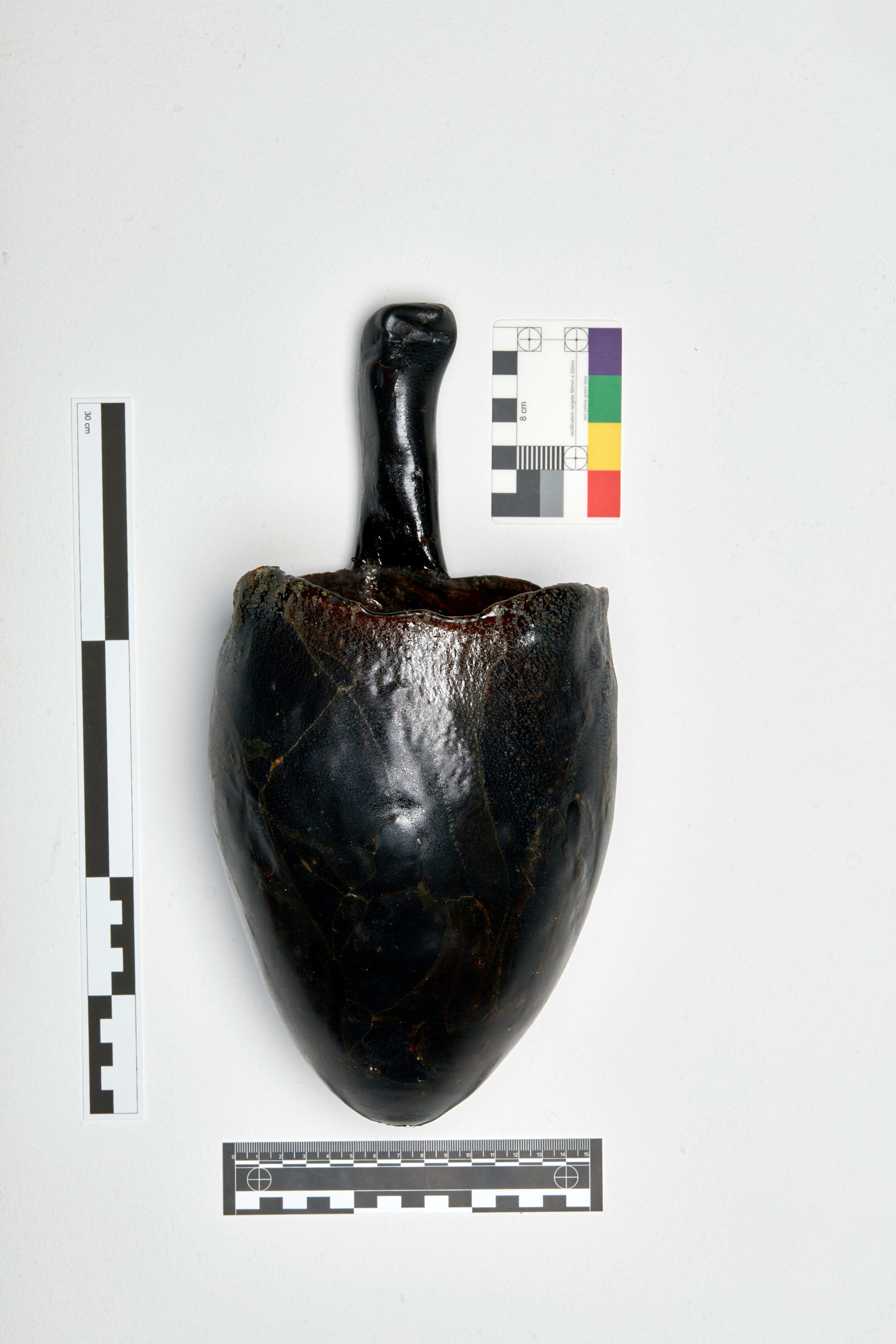

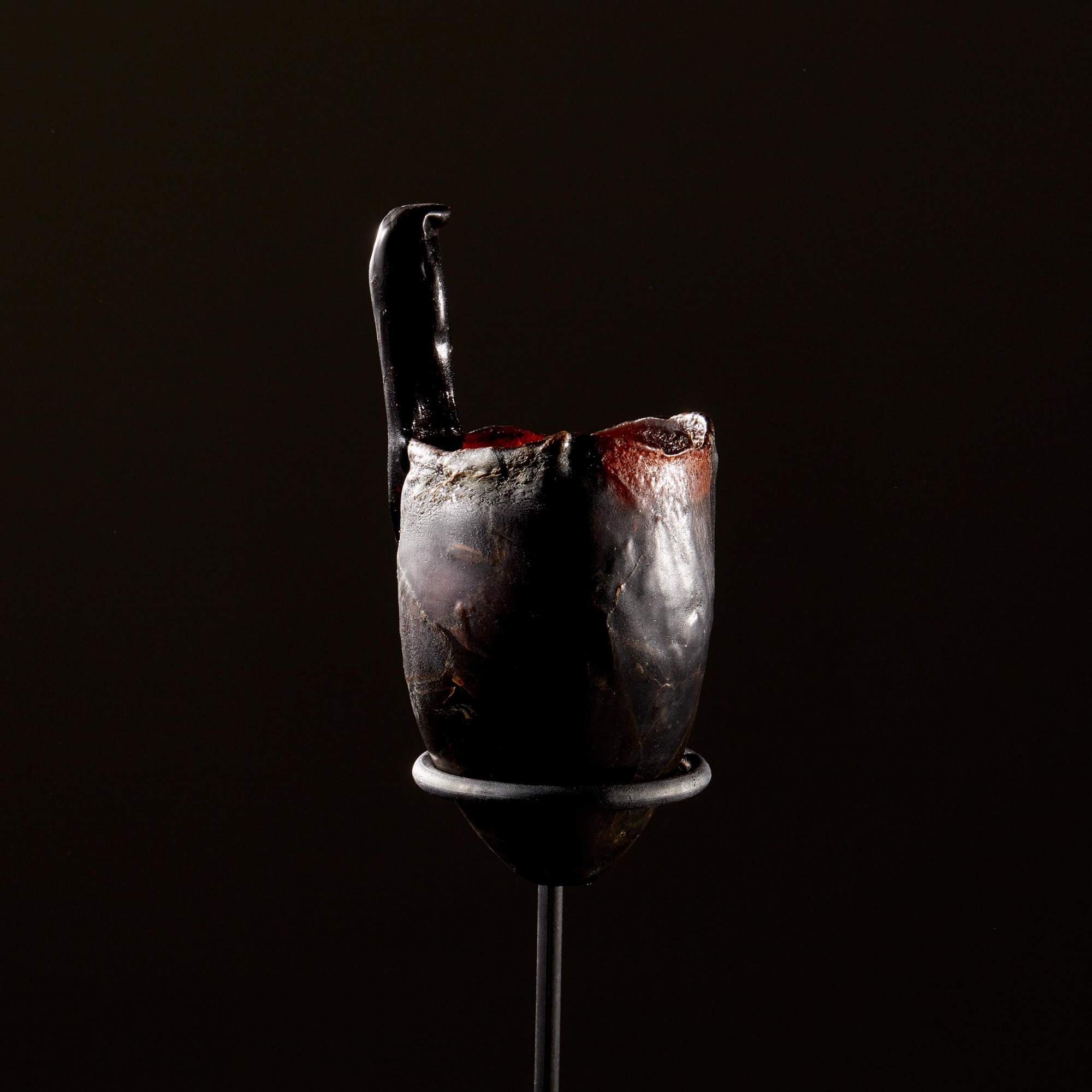



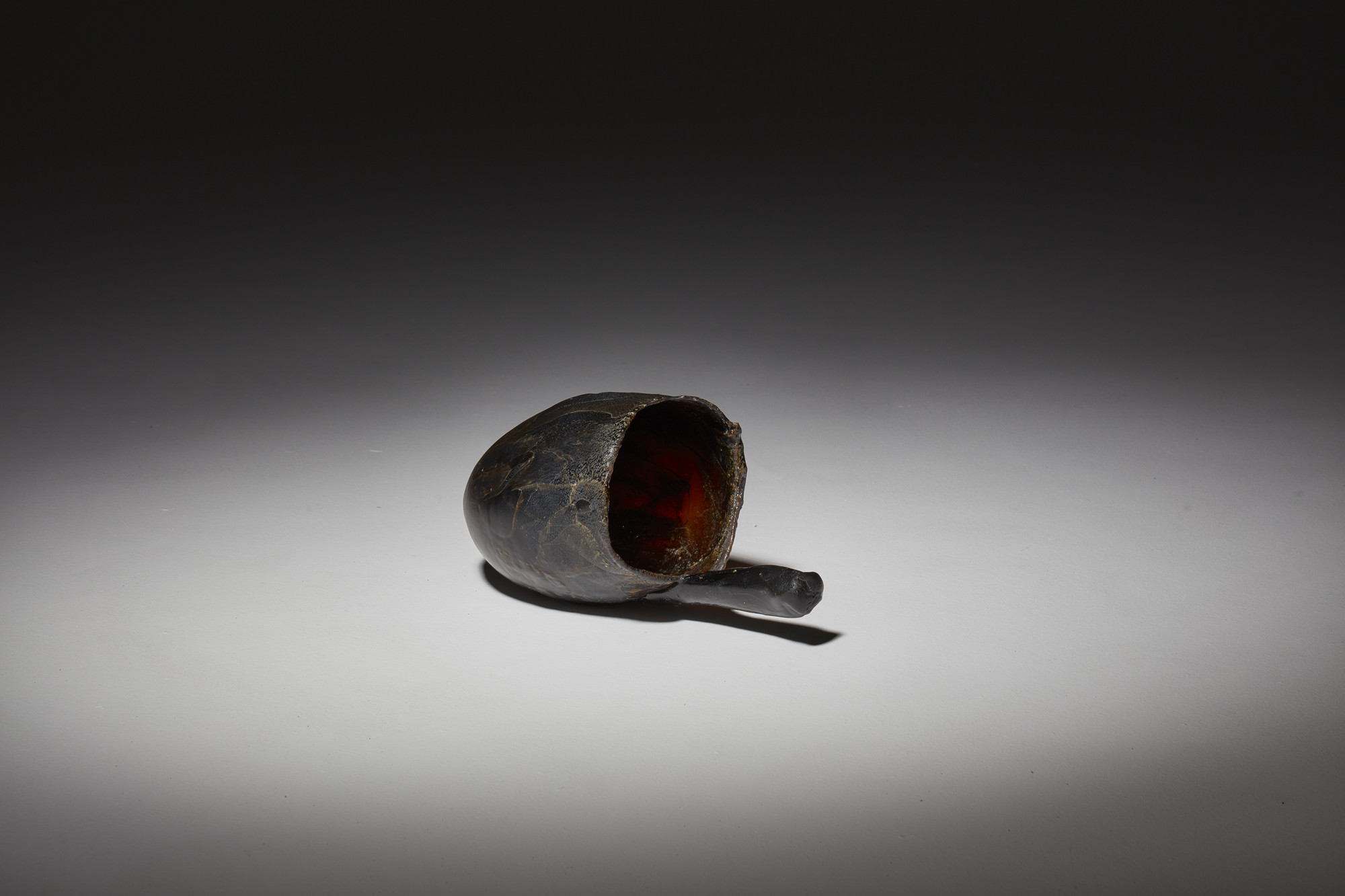




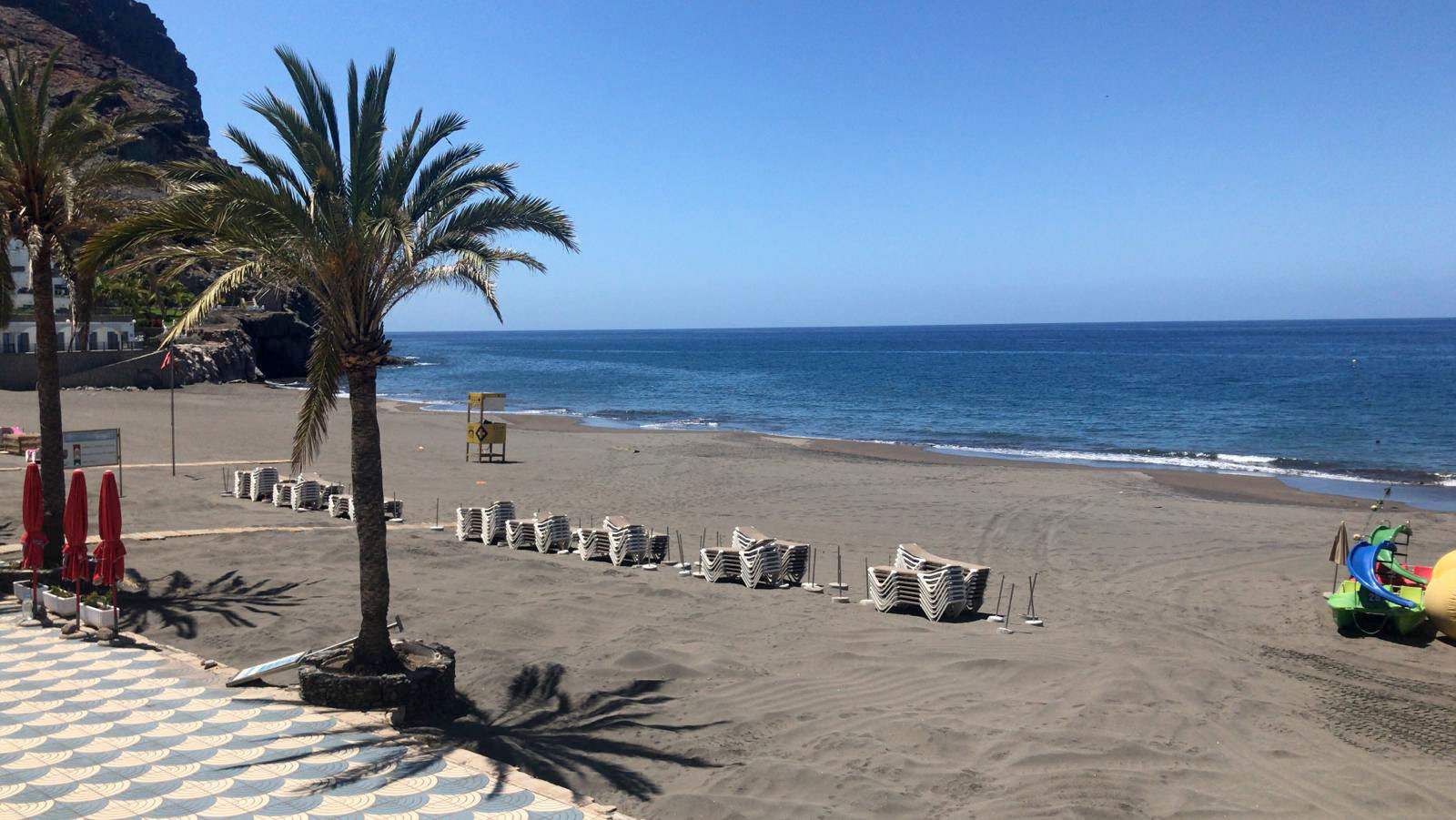
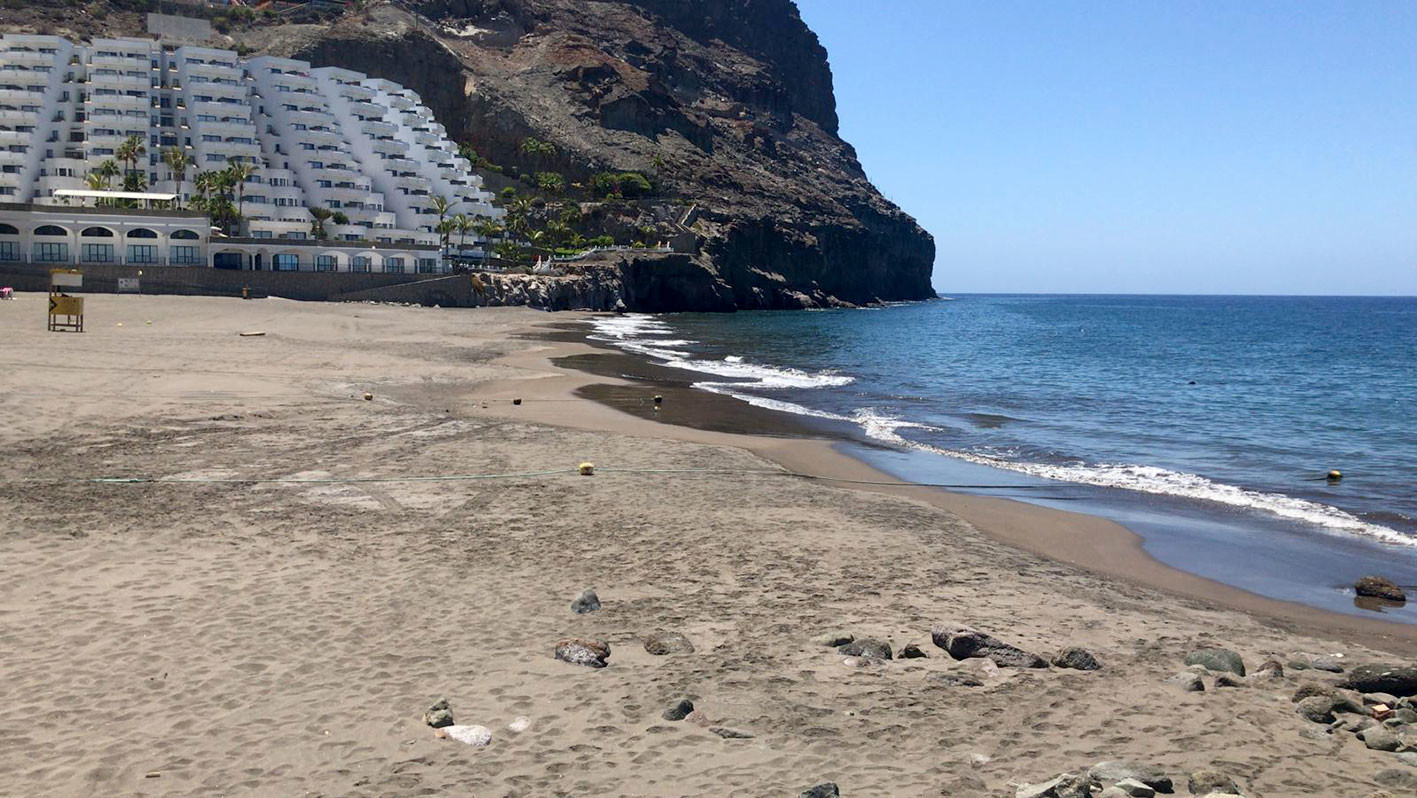
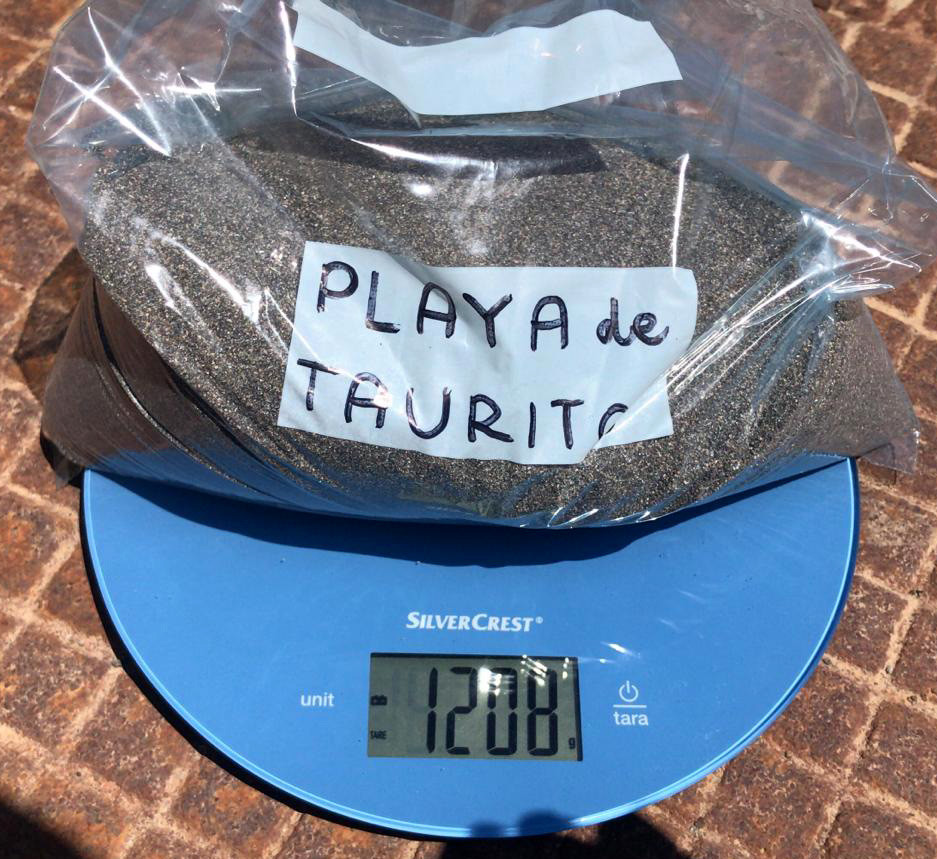
…
Playa Mogan
Playa Mogan

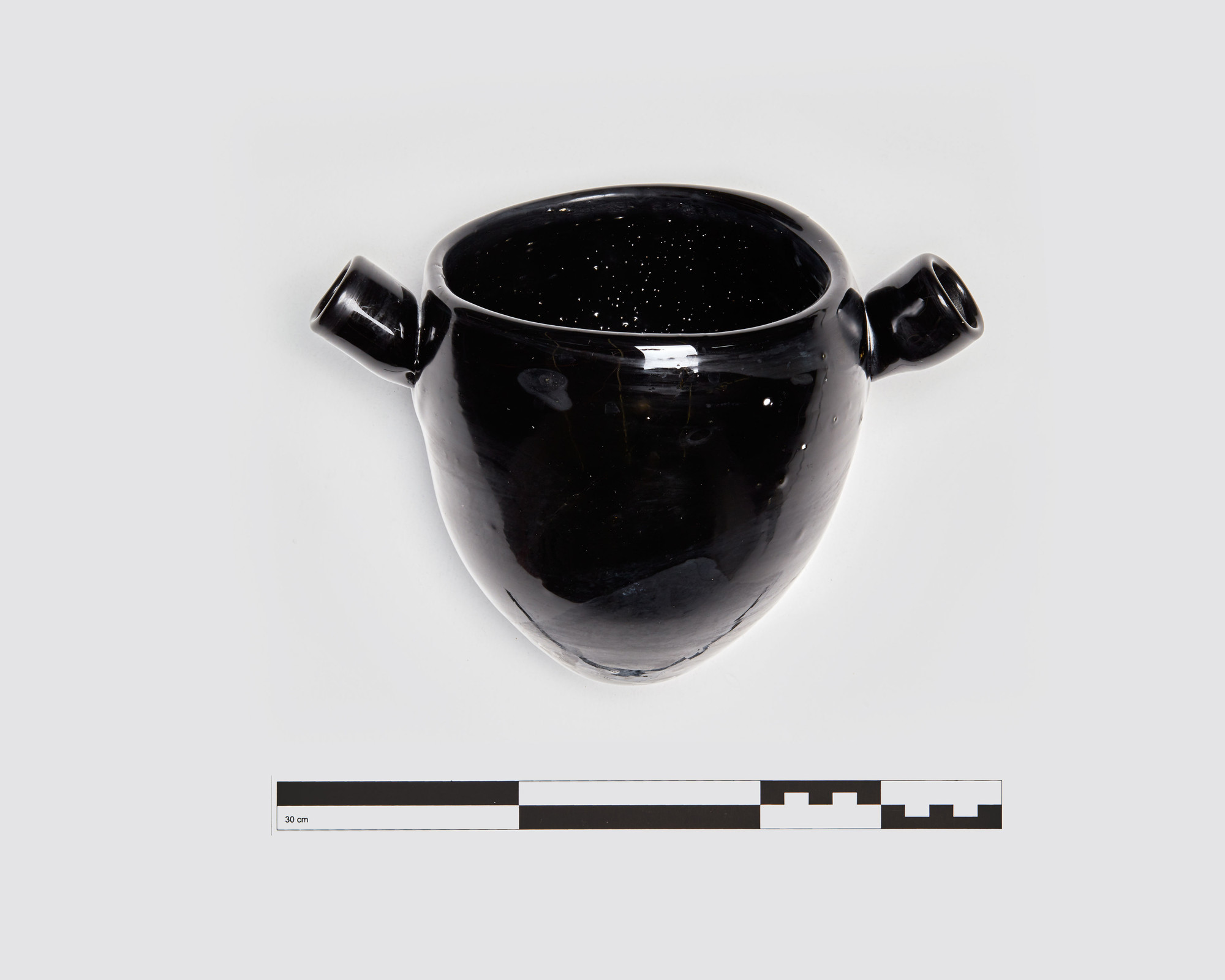








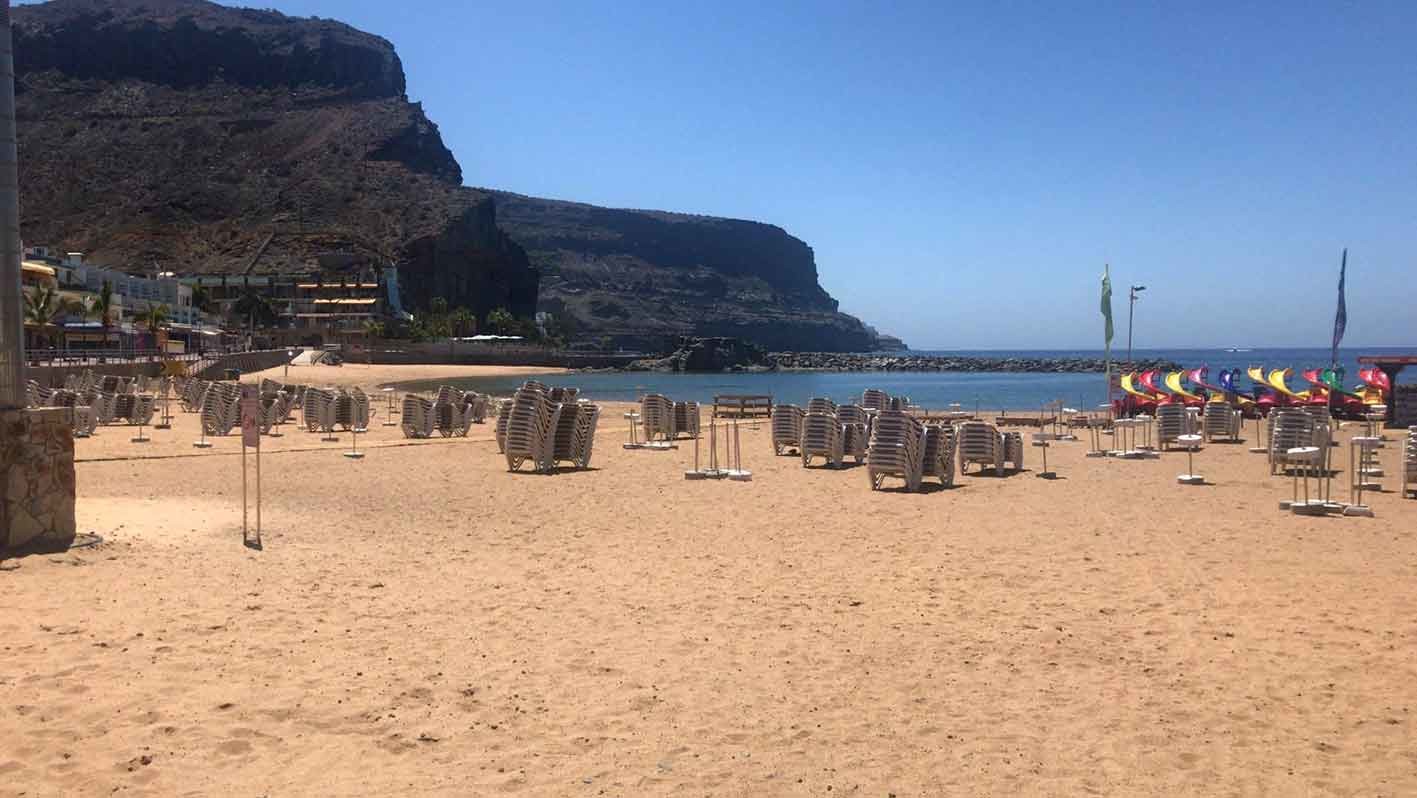
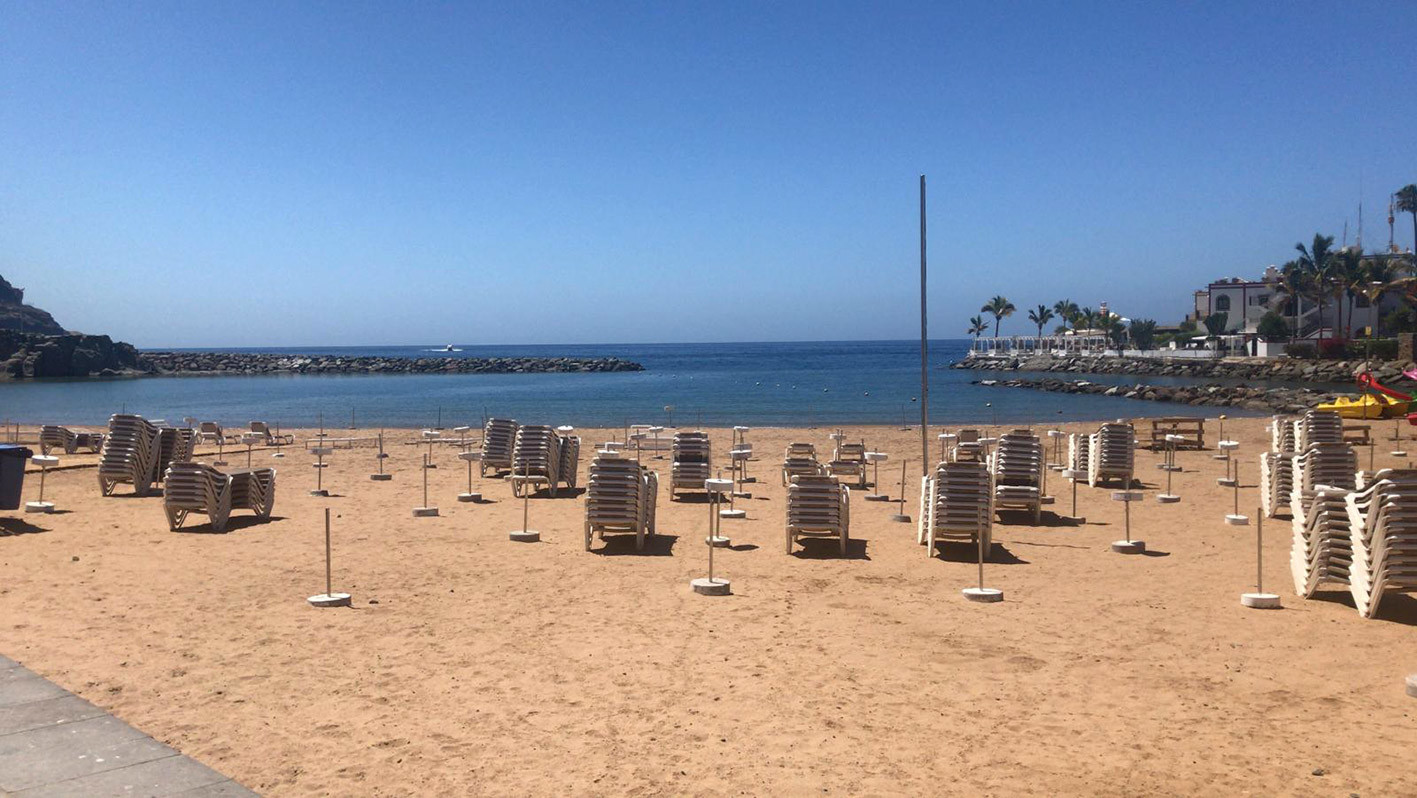
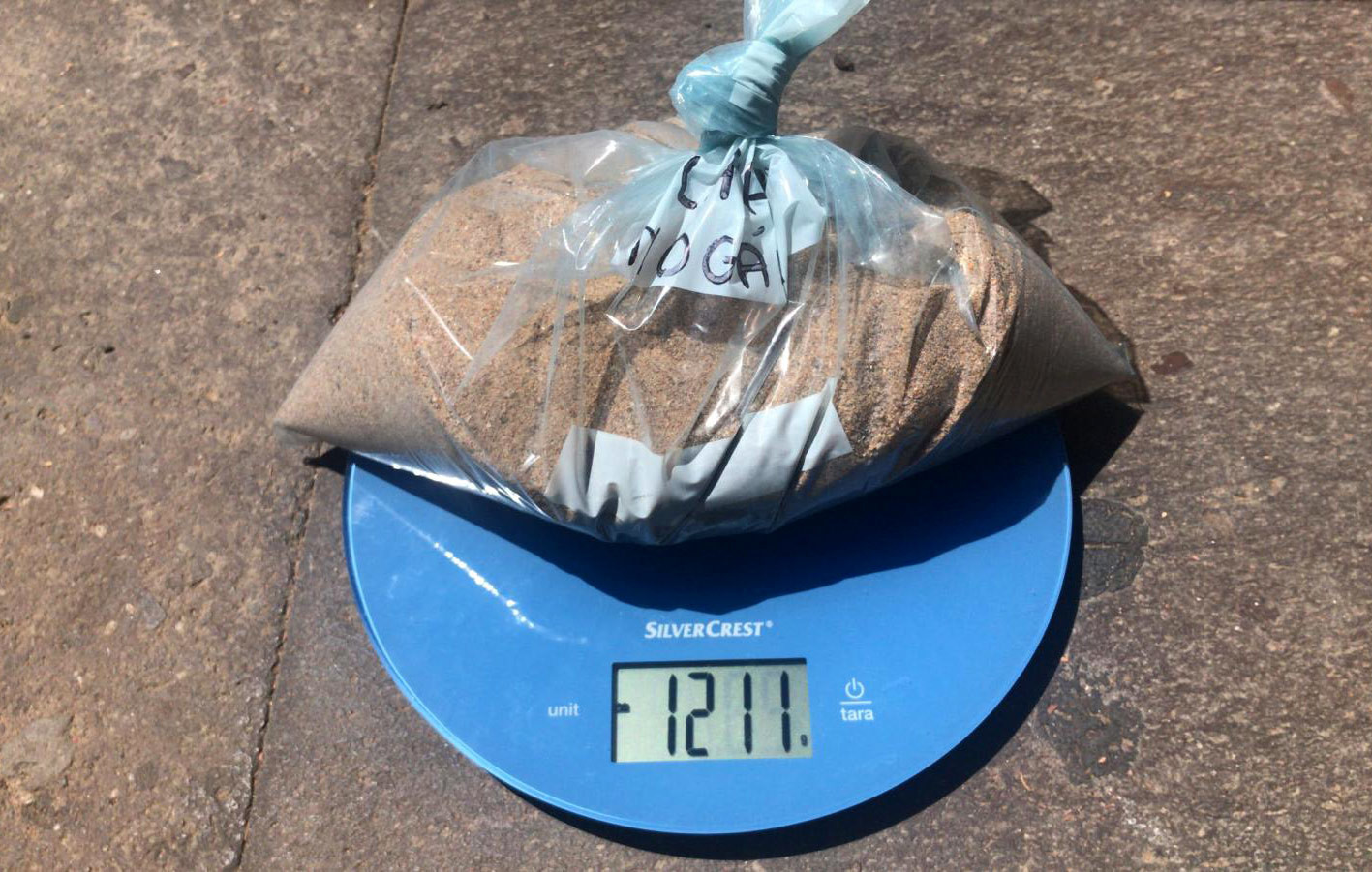
…
EURion
EURion



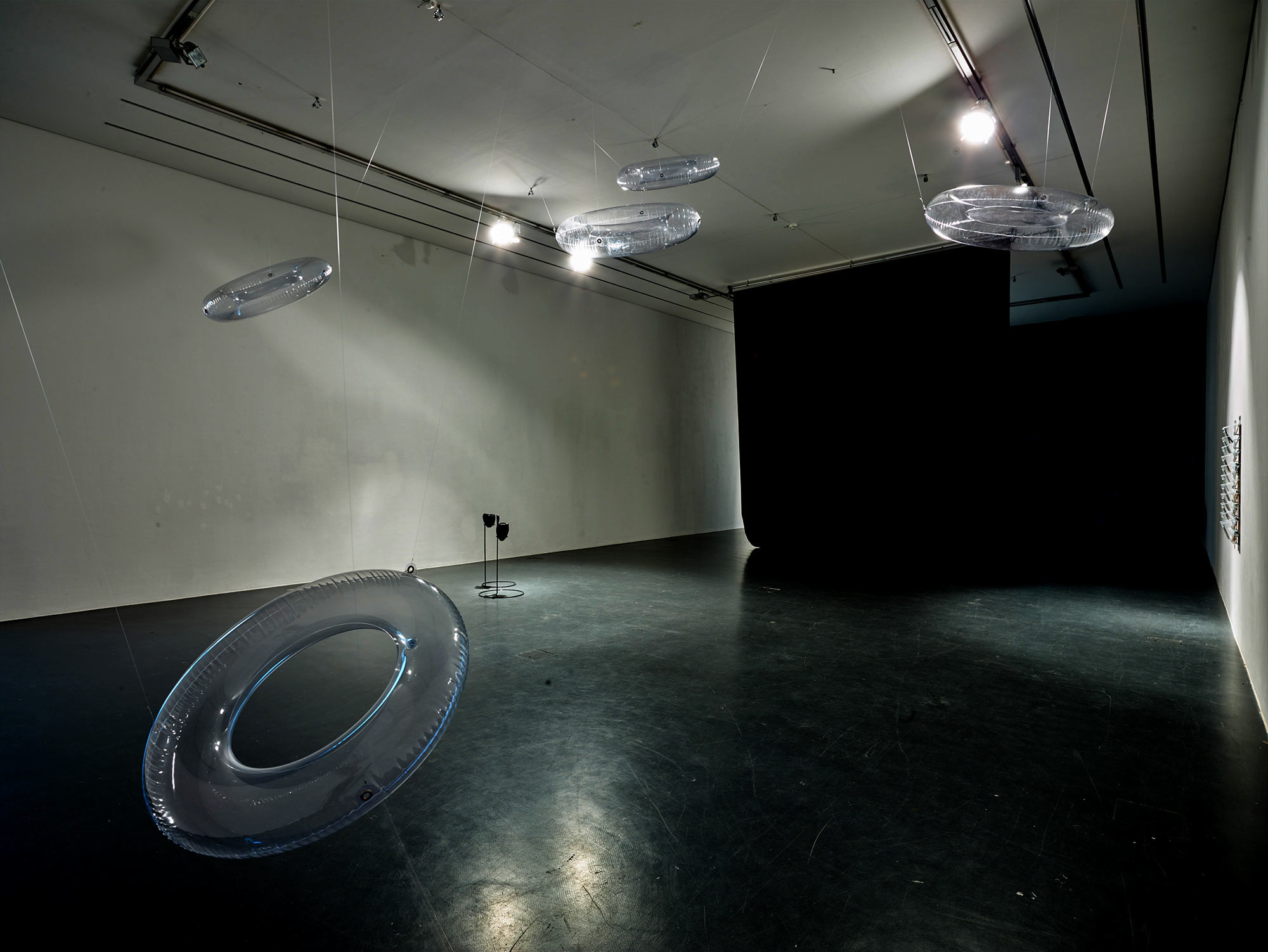




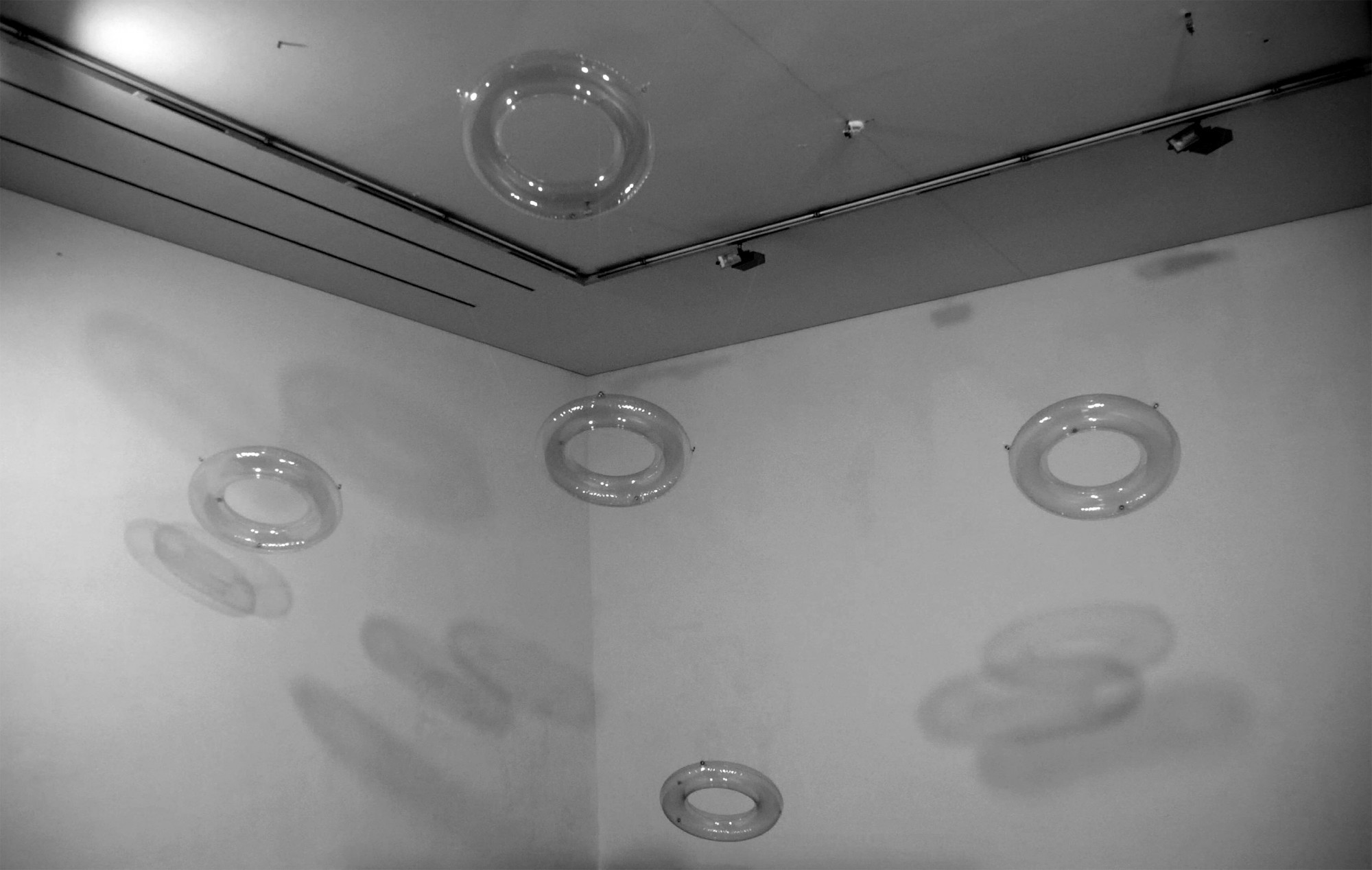



…
Jable Pardo Tours
Jable Pardo Tours
jablepardo.tours
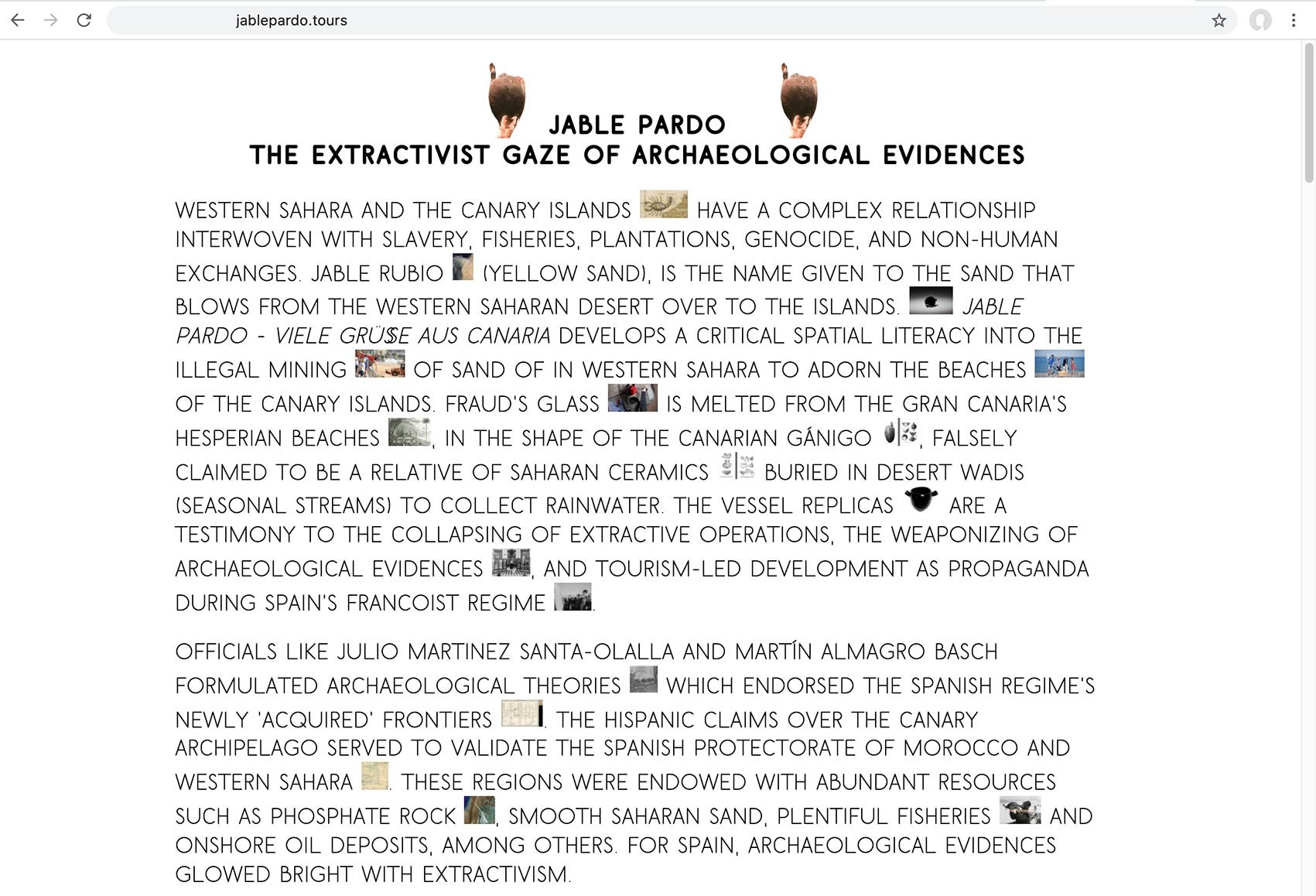

…
Phosphate Pigment
Phosphate Pigment
Phosphate is listed twice in the EU CRM list, under 'Phosphate Rock' and 'Phosphorus'. Phosphorus is mainly made from Phosphate Rock, and Phosphate is made of Phosphorus atoms combined with Oxygen. Phosphate rock is a finite, non-manufacturable resource whose global demand was carved by the Green Revolution’s crave for synthetic fertilizer. It is now a resource critical for the normal operation of agrobusiness. 71% of the world’s fertiliser comes from Western Sahara, currently occupied by Morocco, mostly from the Bou Craa mine. Western Sahara was occupied by Morocco immediately after gaining independence from Spain in 1975. Franco's regime sold its occupied territories for fisheries' rights and phosphate operations in the Bou craa mines. The dependancy to this mineral is thus tightly embroiled with (im)possibility of self-determination for the Saharawi people, who have largely lived in exile, in camps along the Algerian border since 1975.
In addition to its use in fertiliser, phosphate is the basis of the elemental phosphorus. Phosphorescence, a property of phosphorus in which light emission occurs over an extended period, is the oldest known chemiluminescing system. Phosphorus is also an essential mineral for the functioning of the human and more-than human bodies (stored with calcium in bones). The phosphate mines are the result of very old marine life deposits (fossilised bone). Thus, phosphate embeds a unique set of qualities and inherent tensions; it can emit light under certain conditions, and it is essential to the possibility of life while being equally central to its precarity.
As a means of 'staying with the trouble' of critical minerals, we have been working with Prof. Sandie Dann in the Chemistry Department of Loughborough University to develop a phosphorescent pigment made with the phosphate used in British fertiliser which is mined in Morocco (Bou Craa mine in Western Sahara) and Tunisia (Gafsa).

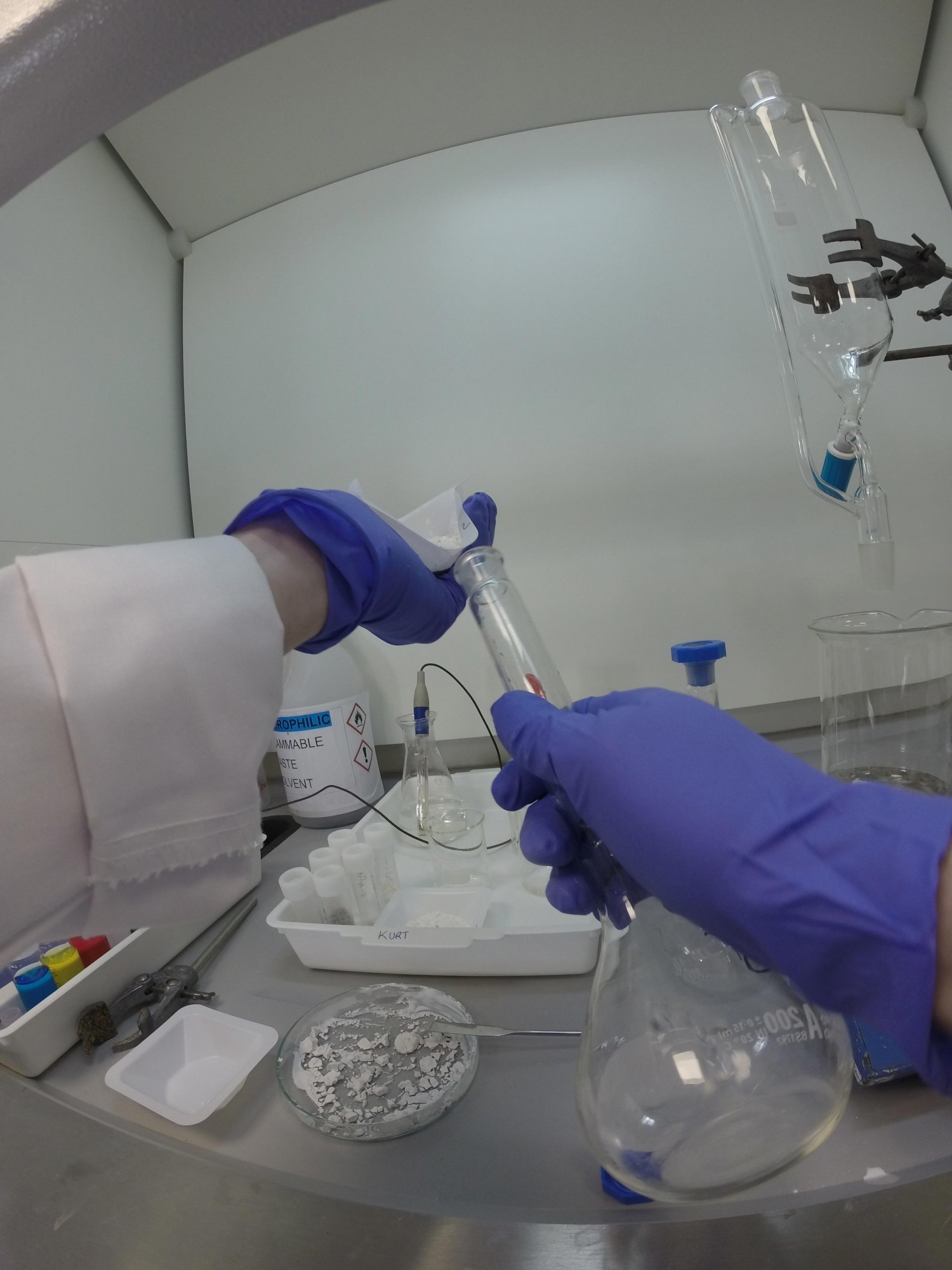
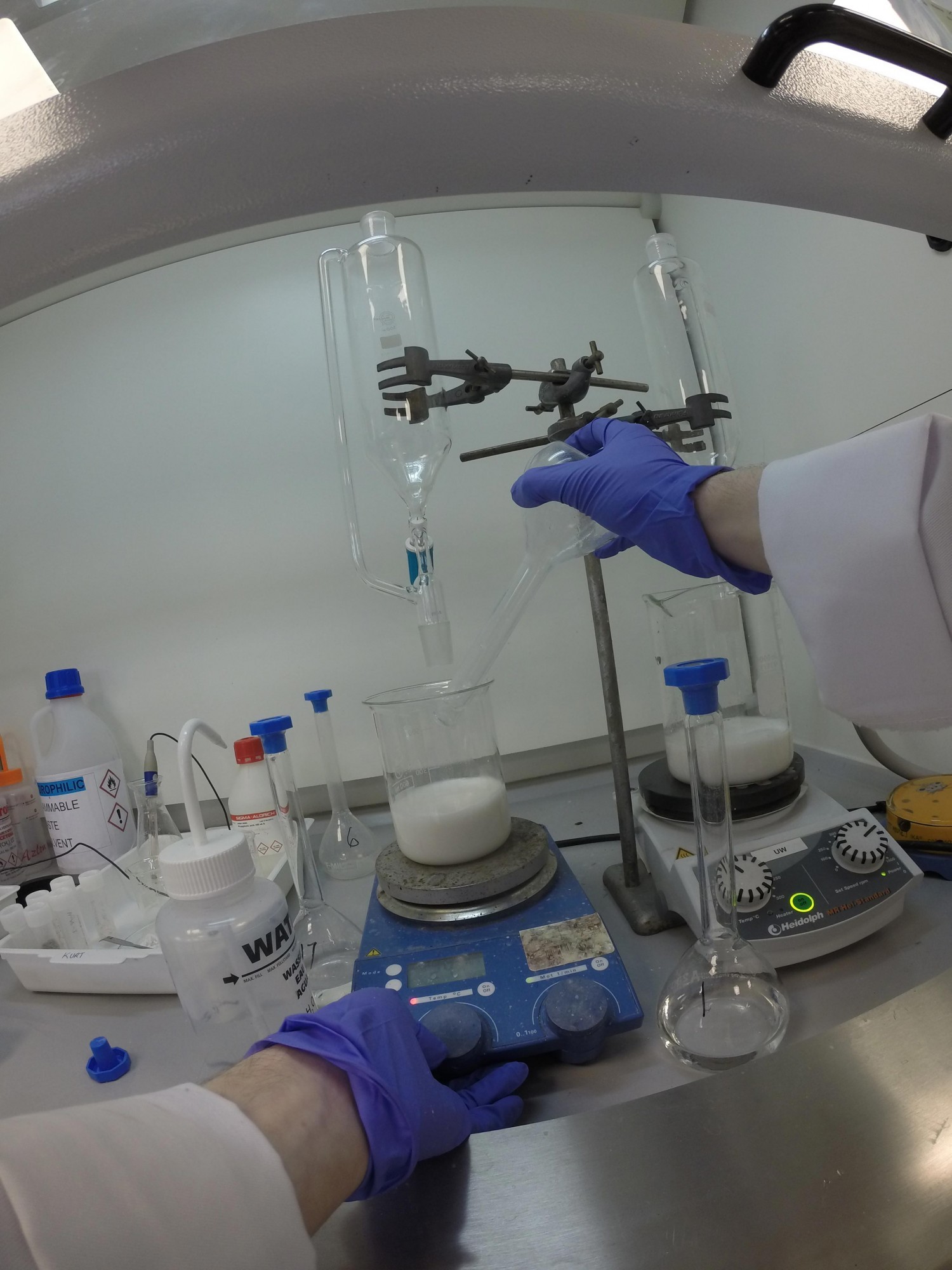
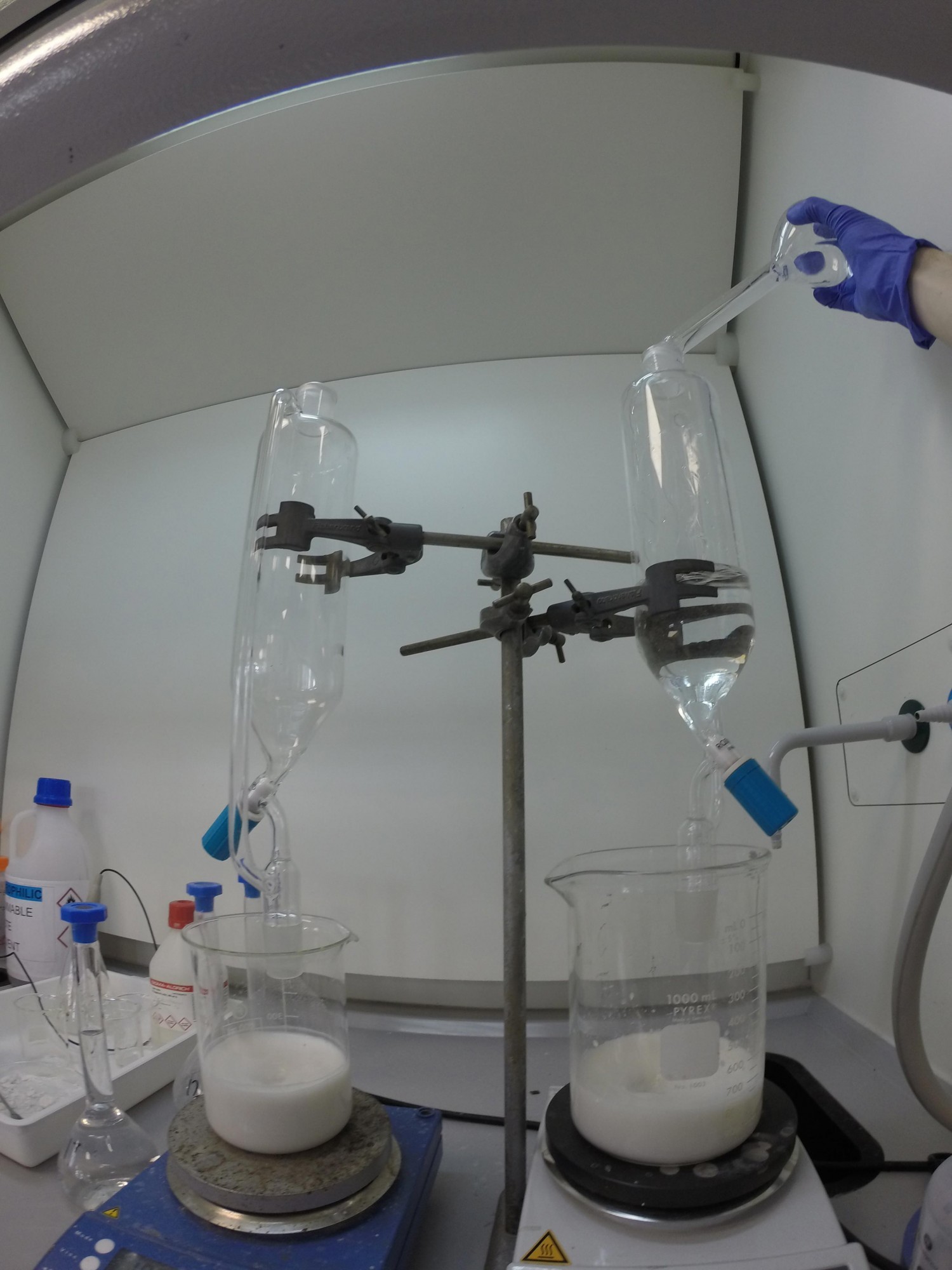
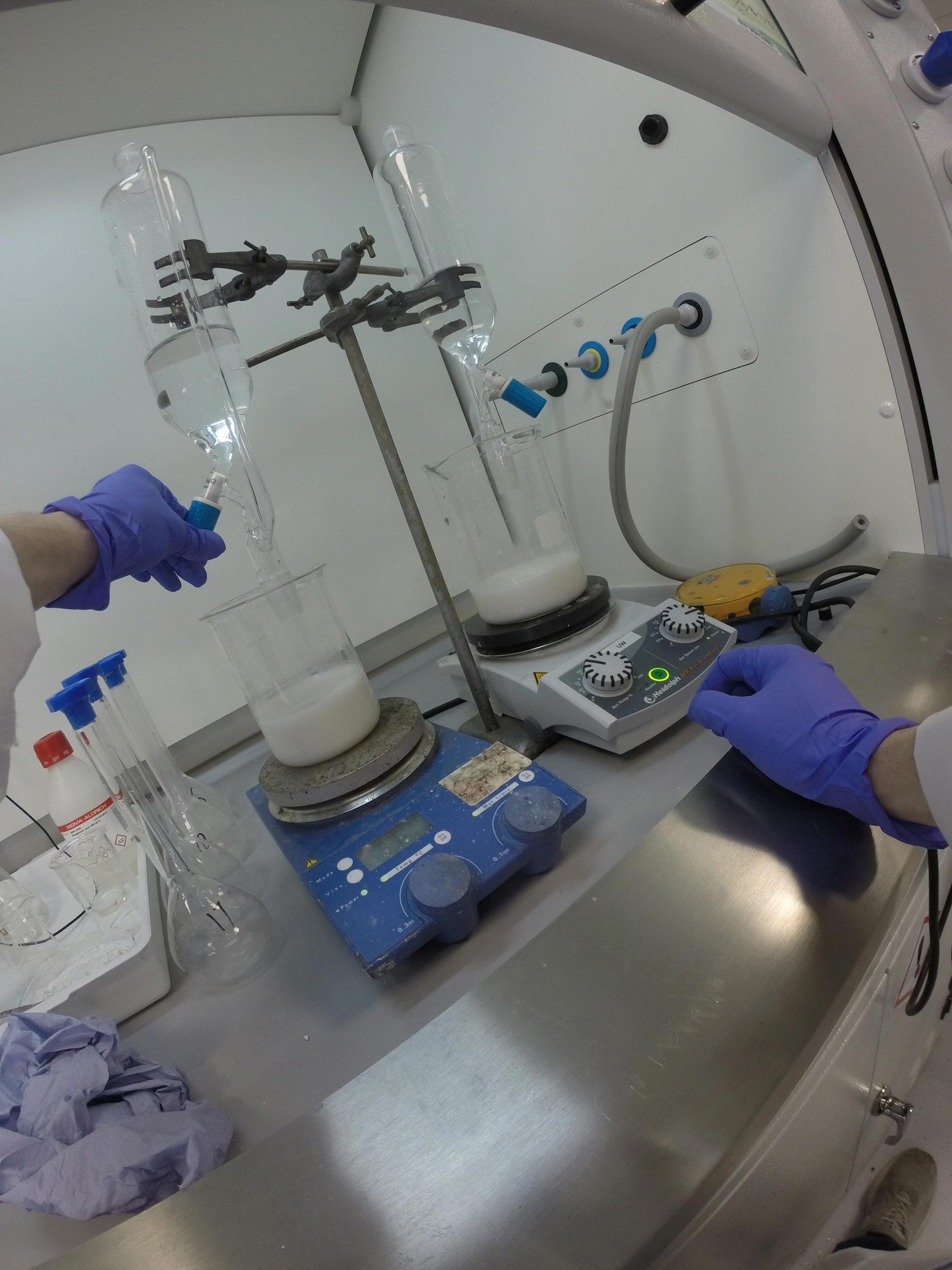
…
Décollage
Décollage
We have developed décollage as research method, based on the artistic method that usually consists of multiple layering which are then selectively ripped off. Fluxus artists popularised this method, namely artists such as Wolf Vostell.
The uncovering that is central to décollage is the basis for its reappropriation as an artistic-research method. Décollage inscribes itself within critical technical practice, concerned with revealing obfuscated material conditions of production and to critically chart affective modes of power entangled in a specific issue. As a pedagogical model, it is a collaborative, interactive tool which affords the broaching of complex and otherwise potentially overwhelming issues, to understand the multiplicity of factors and their interconnectedness.
In its essence, décollage is a method to approach and unpick a multifaceted subject. We use multiple divergent lenses to study a specific issue. These are grouped in ‘research islands’. Participants in each island delve into their area of the topic, and place their findings along a timeline that is common to the entire group. The convergence of items on the timeline form clusters, or patterns, which make visible intricate connections between seemingly disparate elements. These observable relations form the basis for further discussion, research and/or artistic response. Examples of student outputs from previous décollage workshops include discussions, a glossary, a booklet, a cooking show, and a conveyor belt.
-
See Patricia Reed's musings on complexity in Constructing Assemblies for Alienation. Mould Issue #1, eds. Markus Miessen, Milan: Mould Press, 2014. ↩
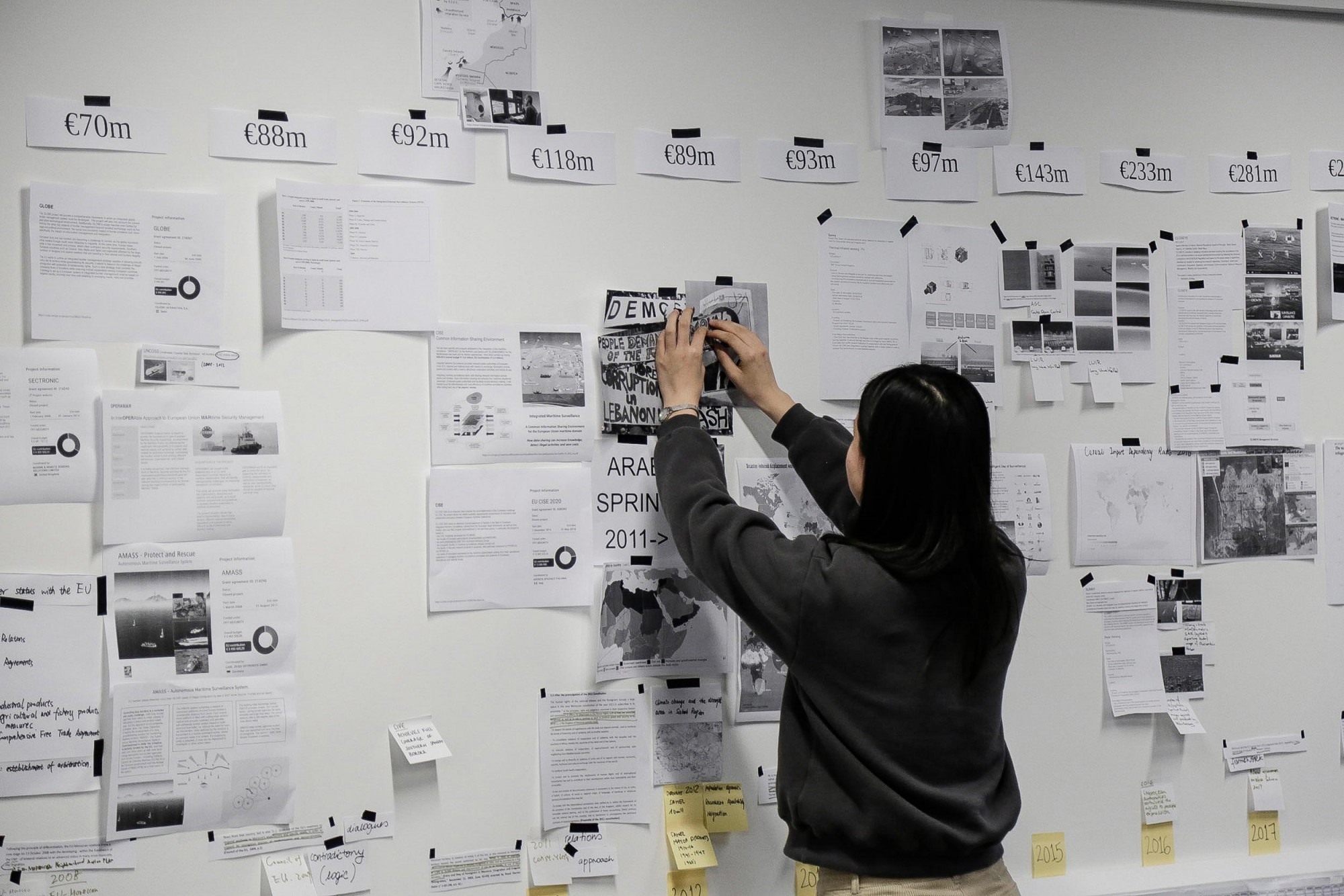
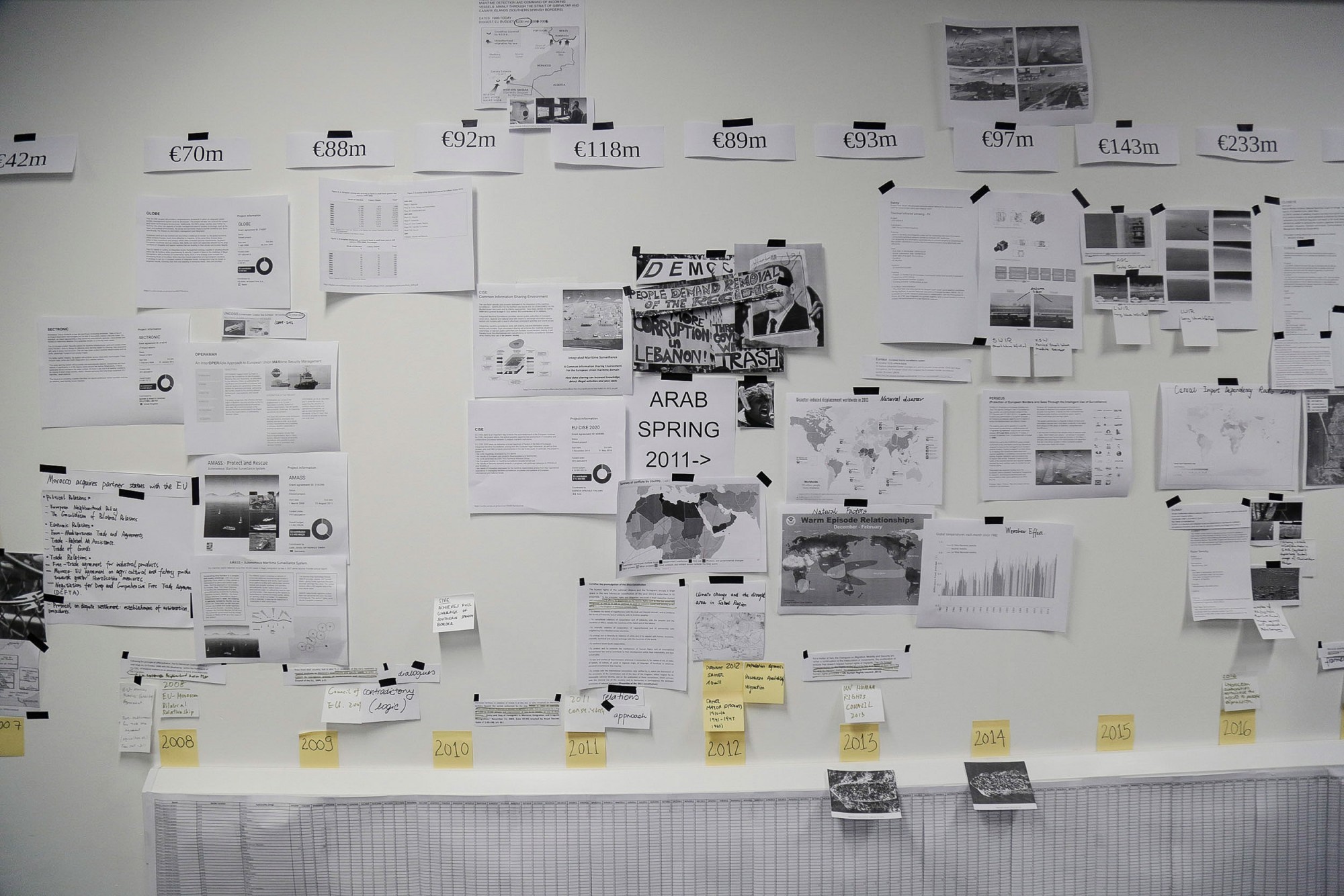
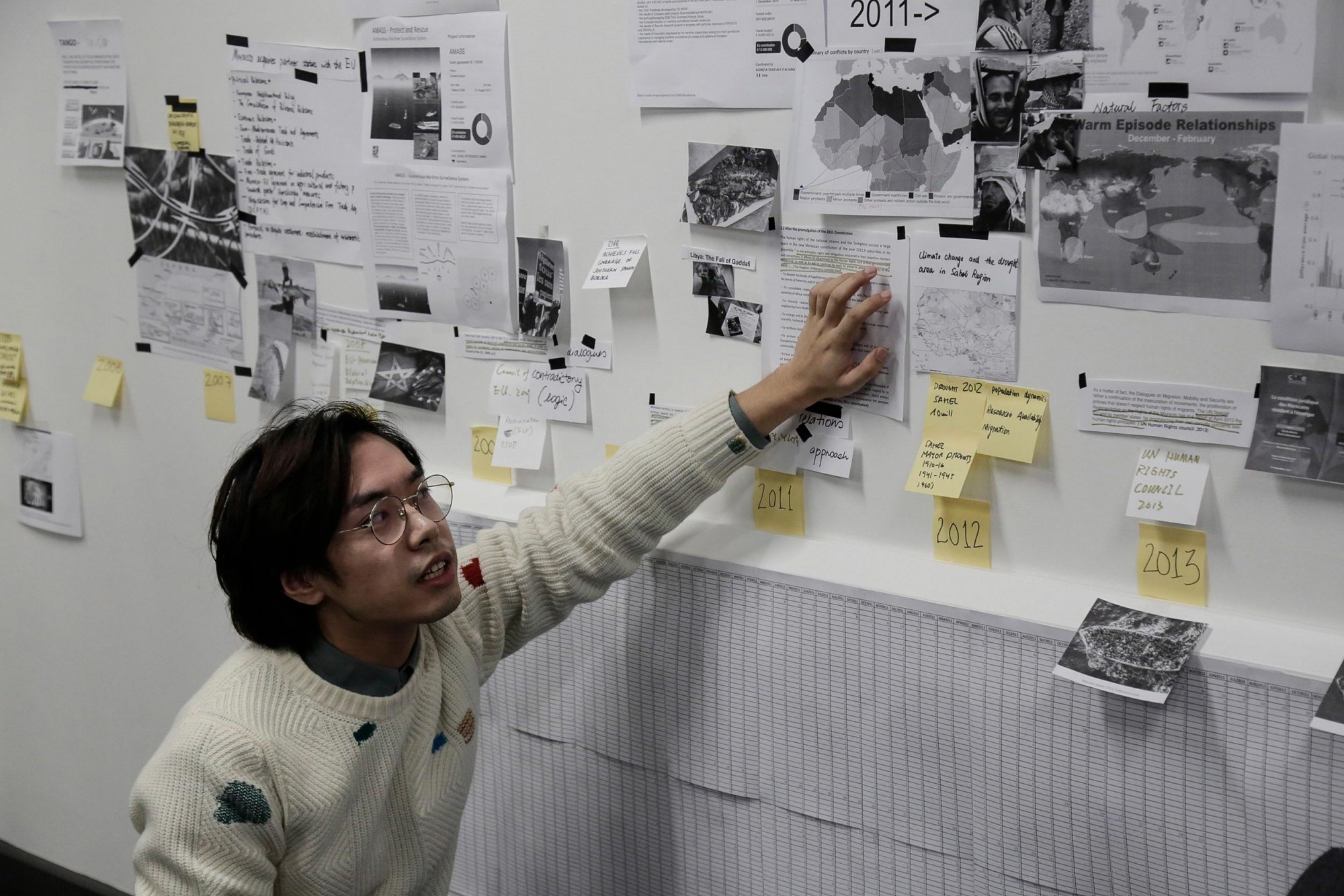
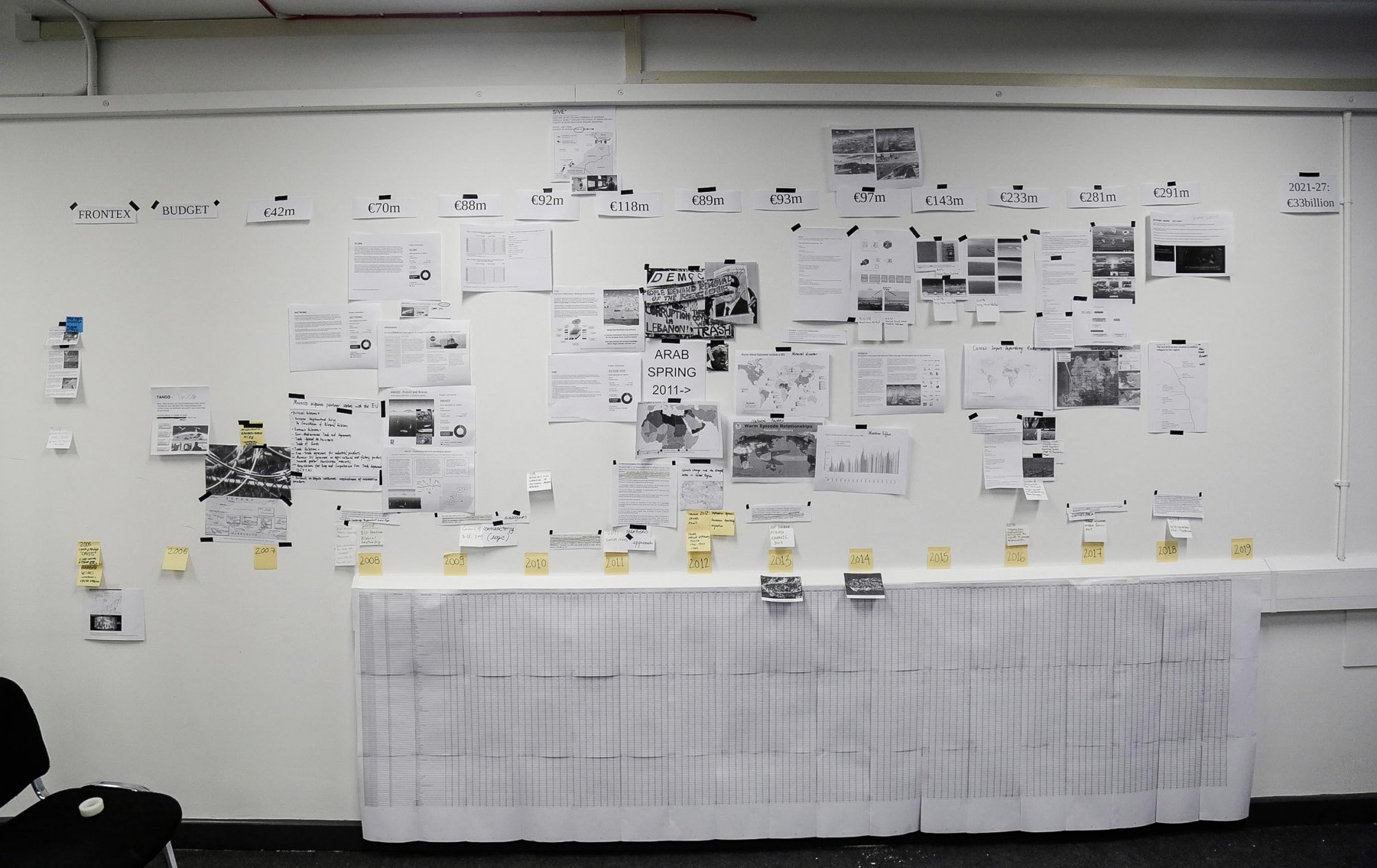
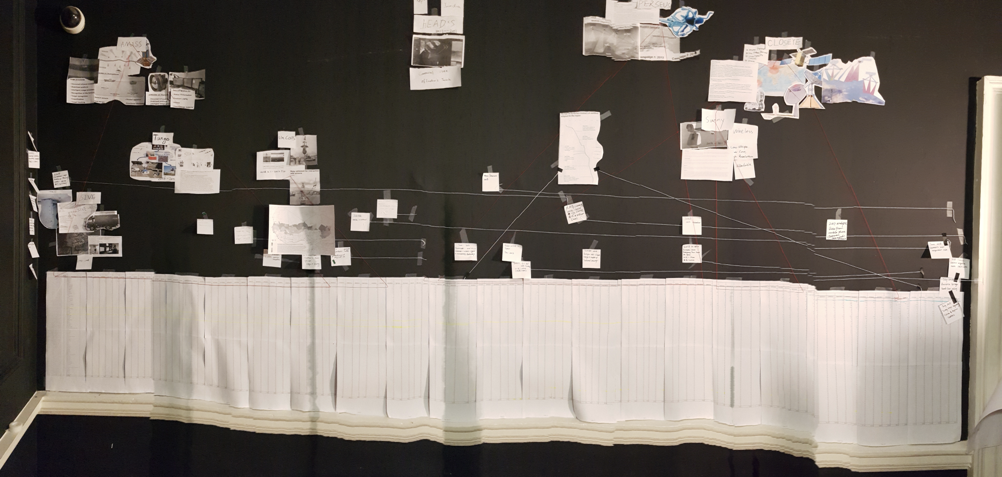
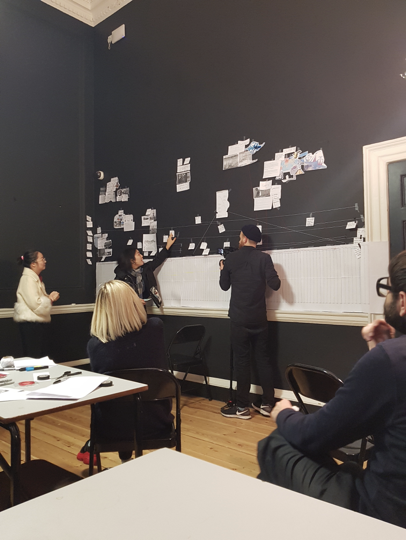
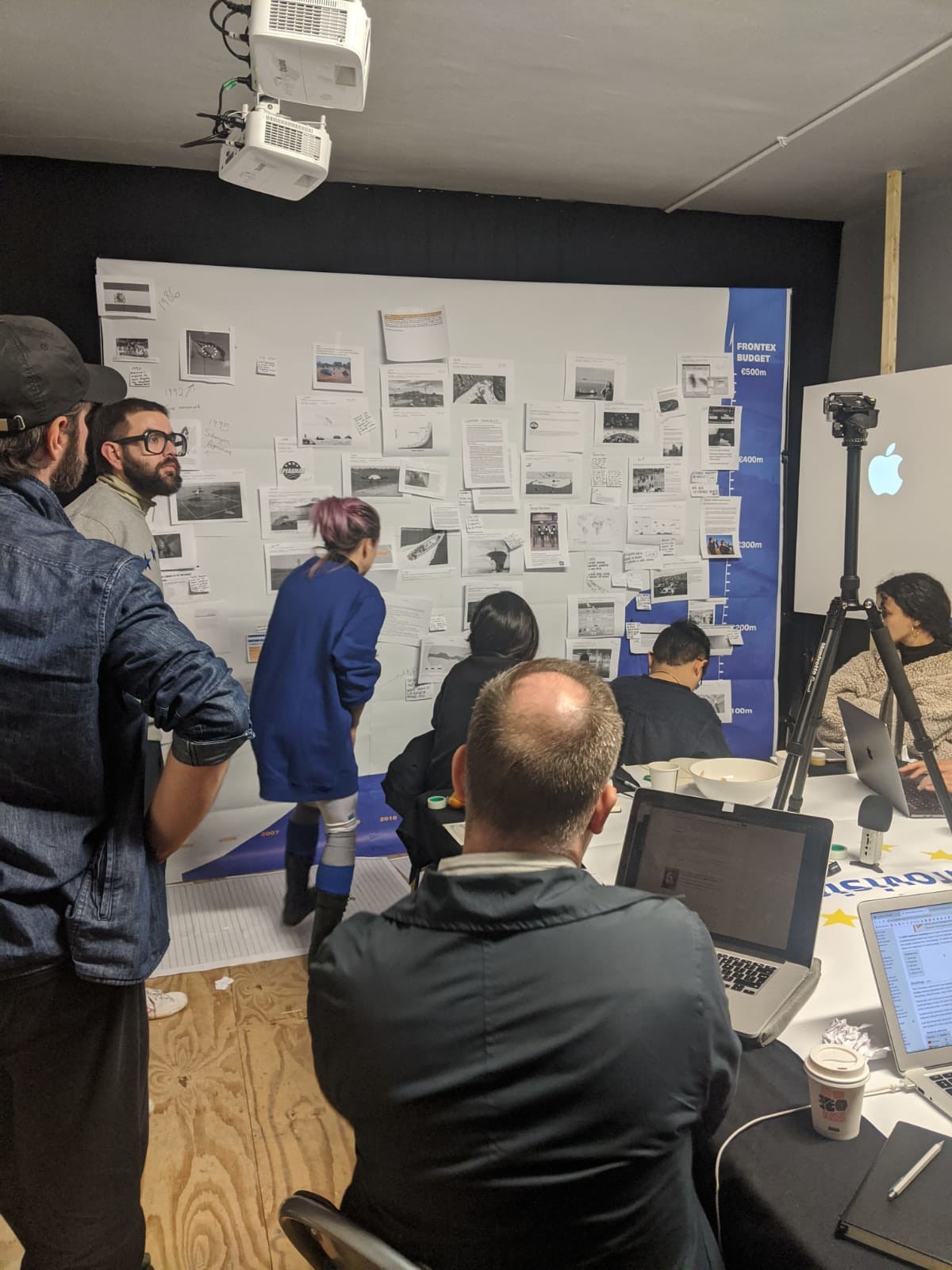
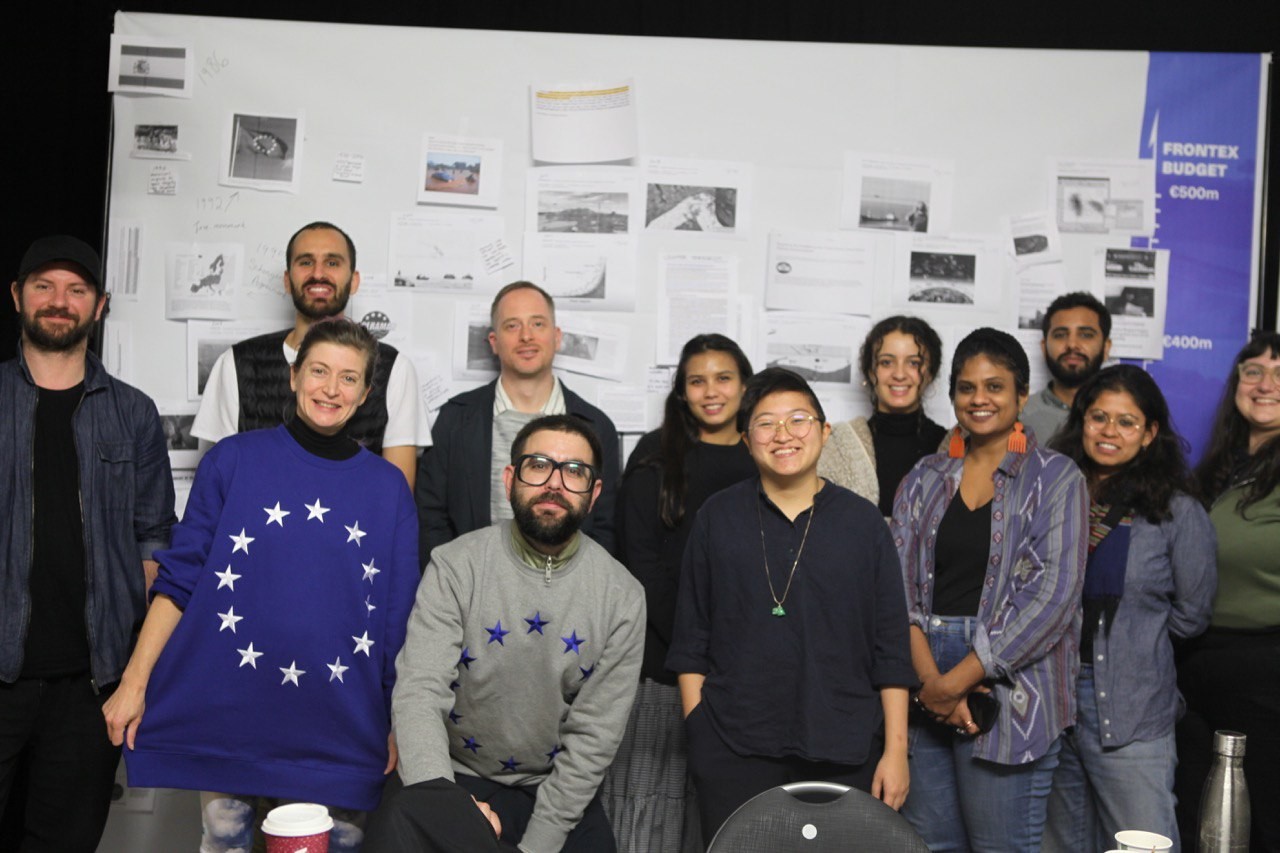
…
Carbon Rifts
Carbon Rifts
See online Carbon Rifts interface.
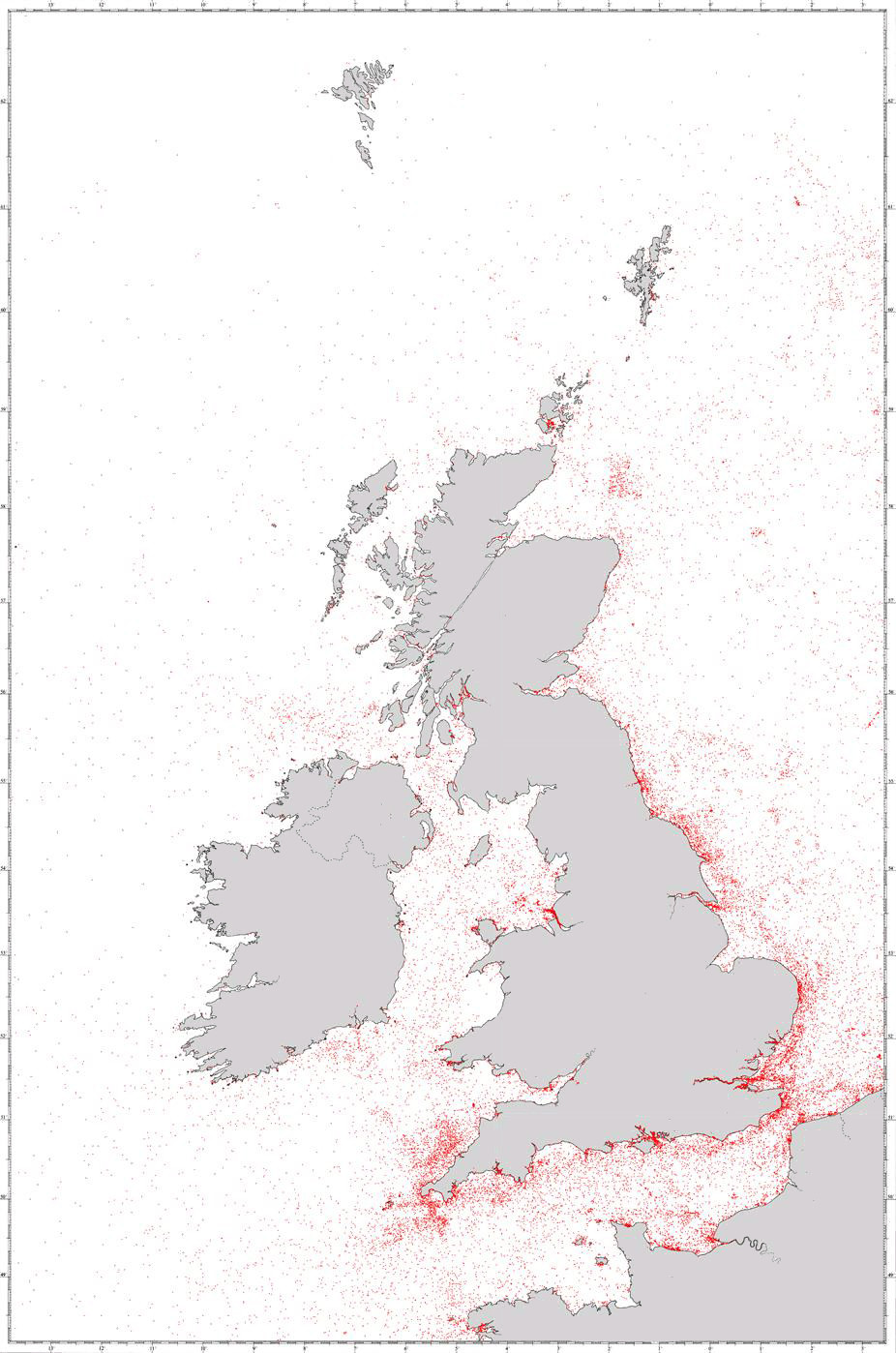
His approximate computation: 550 crafts per year: 1.5 per day on average. At any given moment, more boats lay wrecked than are circumnavigating its surface. An 80-guns ship required 2000 tons of wood, a forest like Epping in Essex would be consumed by building only 60 top rate ships at a rate of 40 acres of forest per vessel. As Britain's submerged forests are still vaster than the standing ones, and the carbon market has become the world’s largest commodity market. These humped shoals emerge as Britain's biggest carbon derivative.
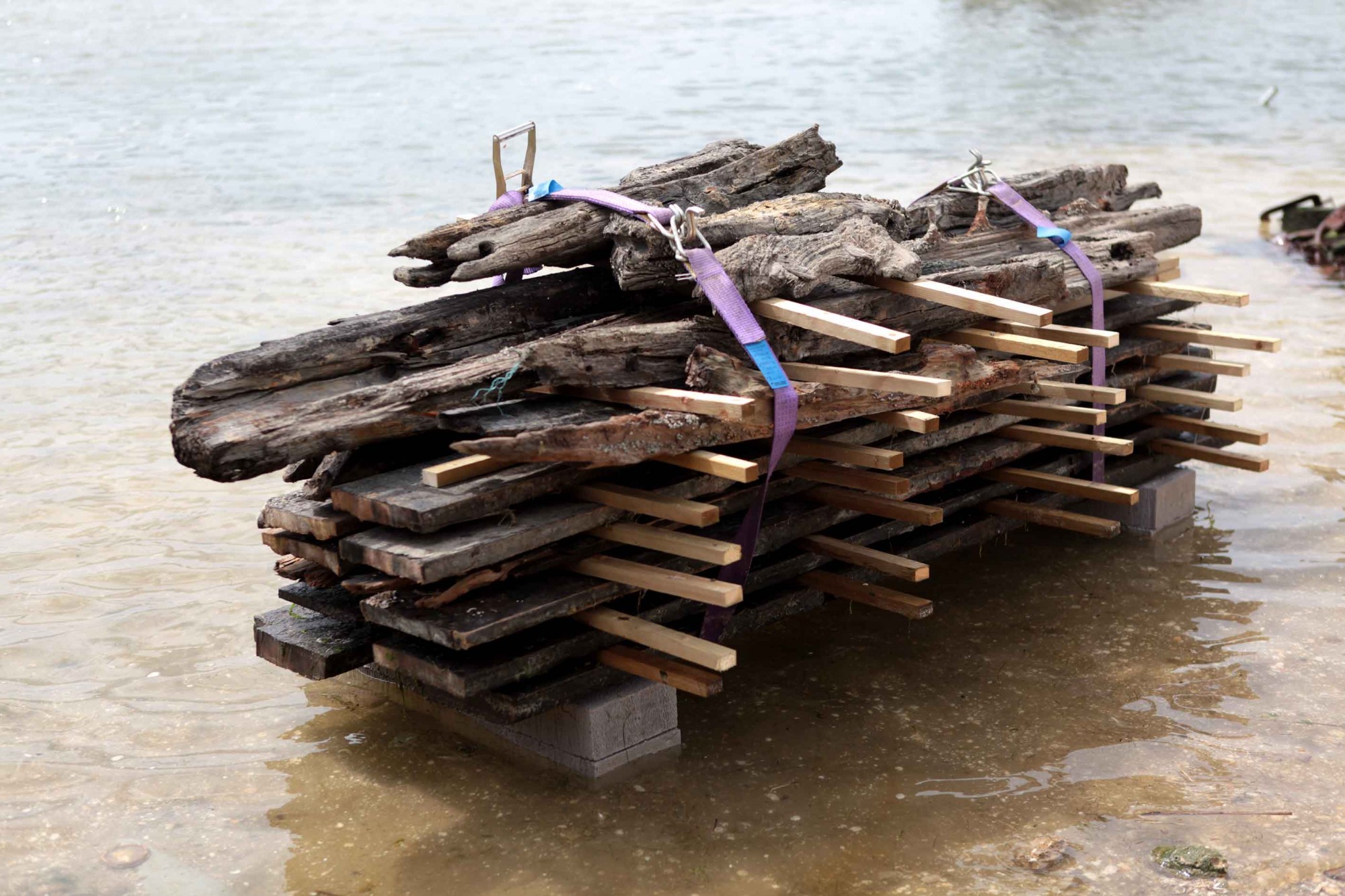
…
Indulgentia
Indulgentia
Indulgentia launched its initial coin offering with ‘Carbon Derivatives’ at the Palazzo Trevisan degli Ulivi in Venice on October 20th, 2017.
The Indulgence Coin engages with material and cultural discourses that legitimise green trade and the affective powers that emerge from it. The current epoch undergoing northern climate change and globalised anthropogenic impact can be putatively defined by the affective power embedded in flows of carbon and carbon derivatives: hydrocarbons fueling engines or metabolic processes, and financial trading systems such as green bonds, or emissions trading systems (ETS).
Utilising trees as carbon storage has the effect of abstracting their biological function to a commodity for the service economy, framing carbon as both material and economy. This argument facilitates the replacement of boreal forest by industrial forests, with more efficient carbon yield. In turn, these efficient storage sites increase a country’s collateral for the emissions trade.
This carbon market is contentiously emerging, while simultaneously destroying ecosystems and indigenous knowledge systems.
Indulgentia harnesses the power of the blockchain to offer a decentralised and anonymous approach to carbon trading, while exploring the relationship between speculation and carbon resources.
History of indulgentiārum
Indulgences were awarded by the Catholic Church as a remission of sin through a donation of money in the Middle Ages. The copious repenting of sinners funded the crusades (such as those against the ‘Turkish invasion’ of Venice) as well as the building of such monuments as the St Peter's Basilica. Indulgences are also the earliest dated printed European document by movable type, made possible by the Gutenberg press. The later printed indulgences as a side job while working on the Bible. It has been suggested by H.D.L. Vervliet that the invention of the press itself may have been prompted by the recognition of the need for large numbers of identical Indulgentia documents. With the printing of Indulgentia also emerged the automisation of labour rendering large amounts of scribes redundant.
Thus, the notion of capitalisation on repentance and deskilling labour is nothing new. Tried, tested and true, these have repeated throughout history and once again with carbon trading. As Richard Sandor tells us, with good derivatives “You CAN Put a Price on Nature”. Carbon credits emerged as a way to include ‘nature’ in the balance sheet, to insure that it would not be overlooked as a resource. Since these humble beginnings, the carbon market is projected to become the world’s largest commodity market by 2020. To ensure that companies do not resort to ‘carbon leakage’, that is to shift production to countries with less ambitious climate measures, manufacturing industries thought to be at risk of carbon leakage get free emission allocations. Free indulgence masked as emission control. Because industrial sectors are receiving more free pollution permits than the amount of CO2 they emit, which they then sell, they incur windfall profits. In short, speculation and EU regulations have facilitated the transfer of money from taxpayers to industry to the order of billions of EUR.
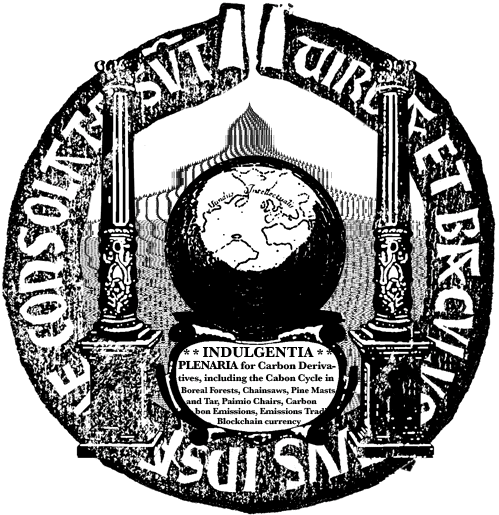

…
Tar Sorbet
Tar Sorbet
2 (13- to 15-ounce) cans full-fat coconut milk
1/2 cup sweetener, such as agave syrup, maple syrup, honey, turbinado sugar, or cane sugar
1/4 teaspoon salt
2 tablespoons cornstarch, or 1 tablespoon arrowroot starch
1 1/2 teaspoons flavour extract
Tar flavour (0.5dl of terva)
1/4 cup activated charcoal

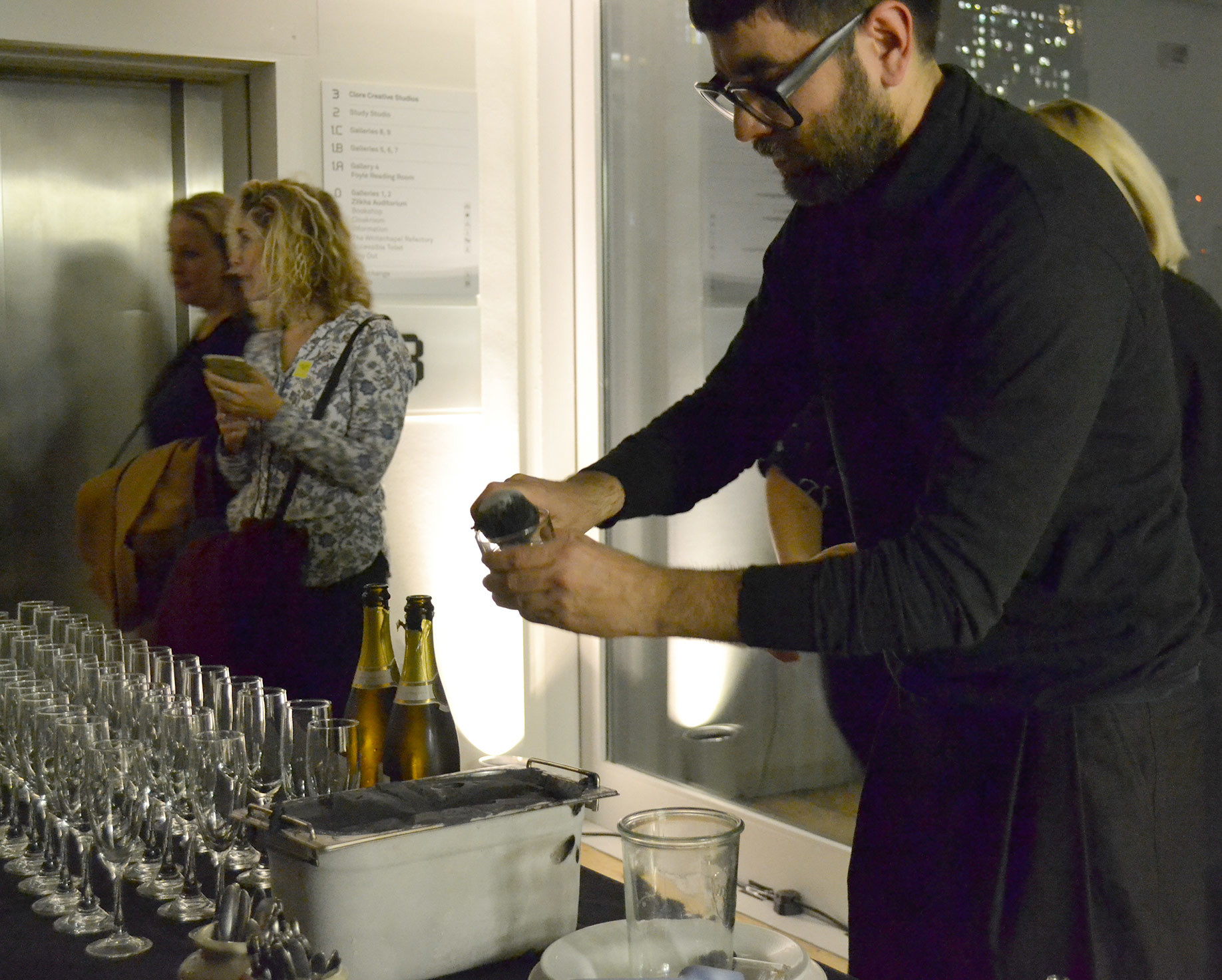


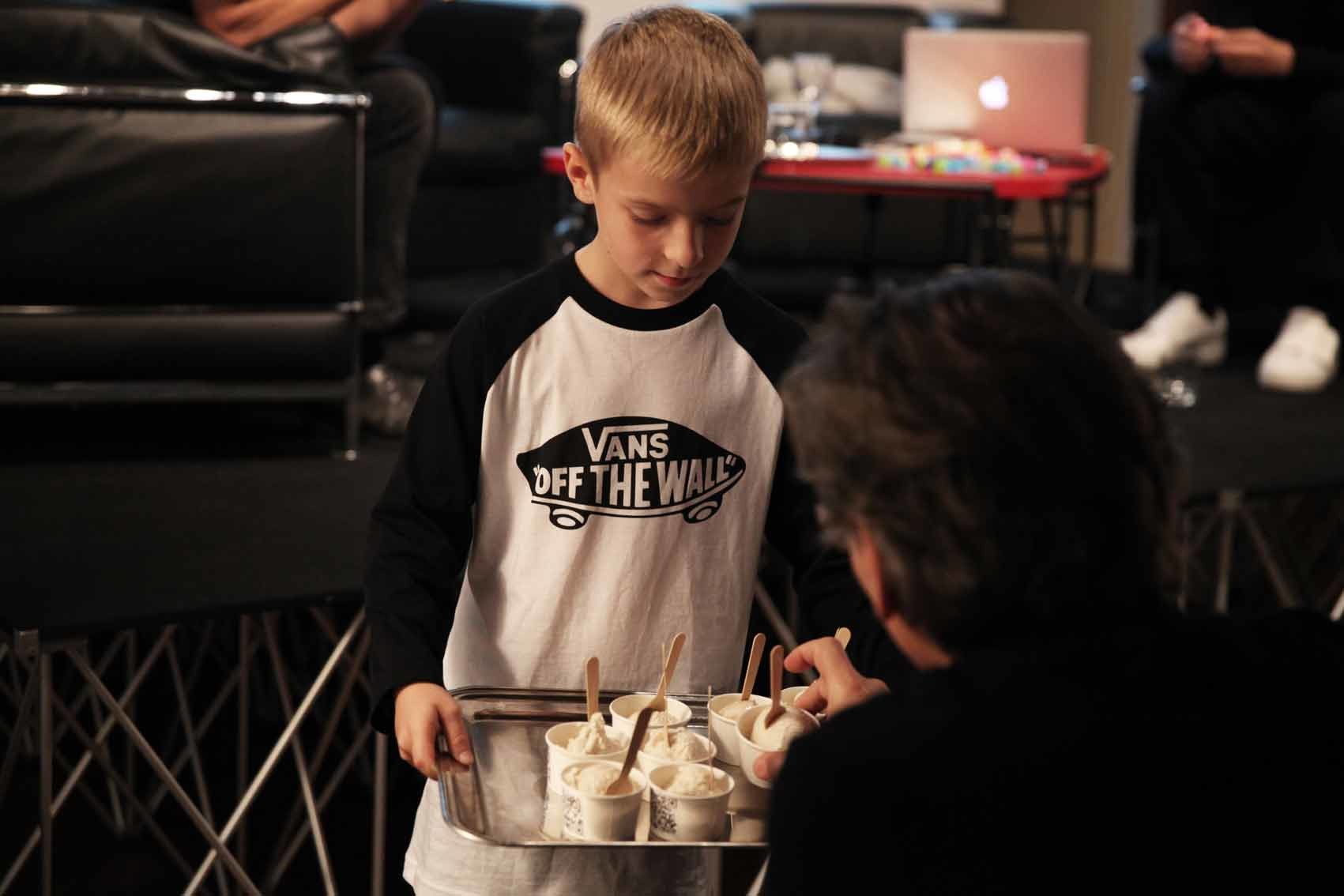

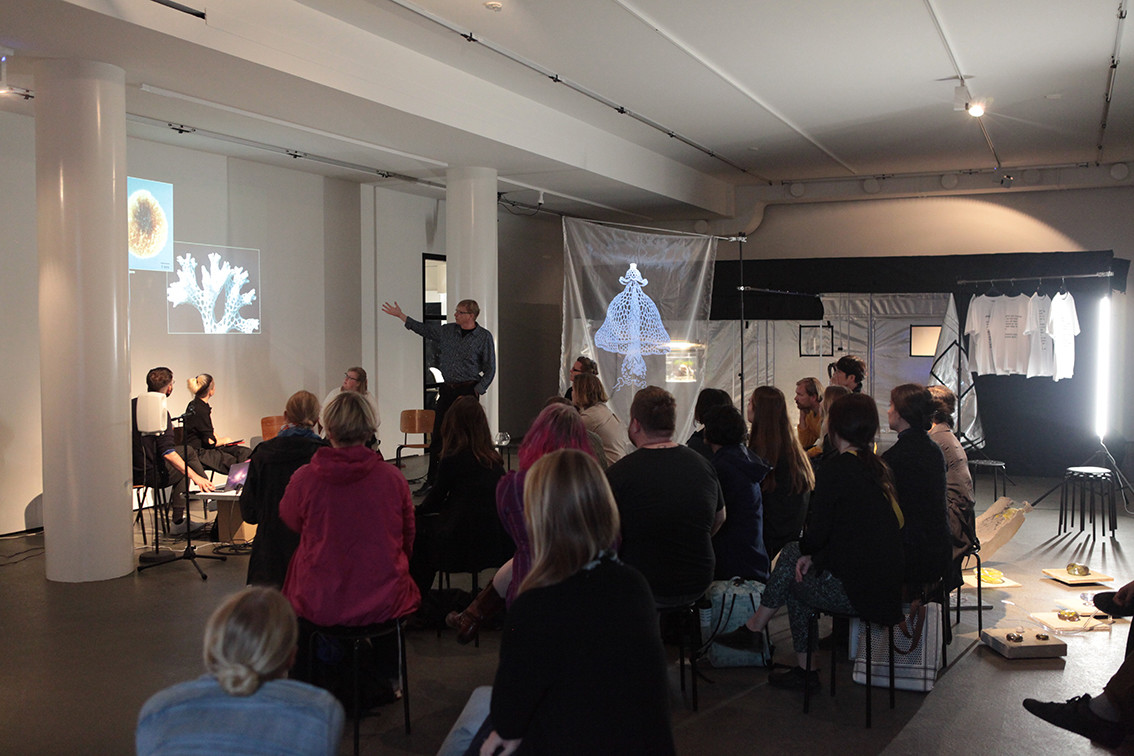

…
Midsummer Mast
Midsummer Mast
Midsummer Mast grew out of a research-led practice focused in forestry and arboriculture, examining their couplings with historical commodity chains (shipbuilding, timber and mast trades, wood derivatives and emission markets among others). Invited by CAA,

Context:
The mid-summer pole is a pre-modern summer-solstice related tradition celebrated in many European countries. This custom was also celebrated in certain villages in the west of Finland, including Fiskars, a legacy of the Swedish Empire’s rule.
Birch and pine garlands decorated masts which were erected in offering of good harvests, celebration of the beginning of the ‘light days’ (Celtic calendar), or as popular tribunals where governors, barons and kings were deposed and punished if ruled guilty. These May Poles were hoisted in fields and meadows known as the ‘Ey-commons’ or’ Fields of May’. Thus meadows operated as the highest court in popular law - now known for example in England as ‘commons law’.
The Sigyn, built in 1887, needed new masts in 2018. This wooden barque that crossed the oceans and seas for trade a hundred years ago, the last remaining of its kind, is now a museum ship in Turku. Unlike last century, when Finland provided most European Empires with the timber and tar to build their fleets, when scouting for the mast material in 2018, only a handful of trees in all of Finland were found to be of suitable size. The three trees ultimately used to re-mast Sigyn were found in Fiskars forest.
To foster an exchange between traditional and contemporary practices, the mid-summer mast in Fiskars has been conceptualised and built in collaboration with shipwrights and carpenters. It is made from salvaged discarded masts, spars and other maritime wares from the Sigyn, donated by Forum Marinum.
As the unprecedented environmental crisis creates further emergencies,

The work was supported by ONOMA, Forum Marinum, Sigyn Foundation, Fiskarin Laatupuu Oy, Ruusupapu, Fiskars Oy, and Fiskars Historical Archives. The work was made possible through a collaboration with Entisöinti Rinne Oy.
Acknowledgements:
A great many individuals have contributed to this project, we extend our gratitude to: Heikki Aska, Taru Elving, Emilia Hänninen, Matleena Kalajoki, Elias Lähdesmäki, Tommi Lavonen, Robert Louhimies, Tapio Maijala, Ville Poikola, Atte Pylvänäinen, Tuomo Rinne, Jukka Salo, Tapio Santala, Kenneth Silver, Saskia Suominen, Rhys Thomas, and Hanna Utriainen.
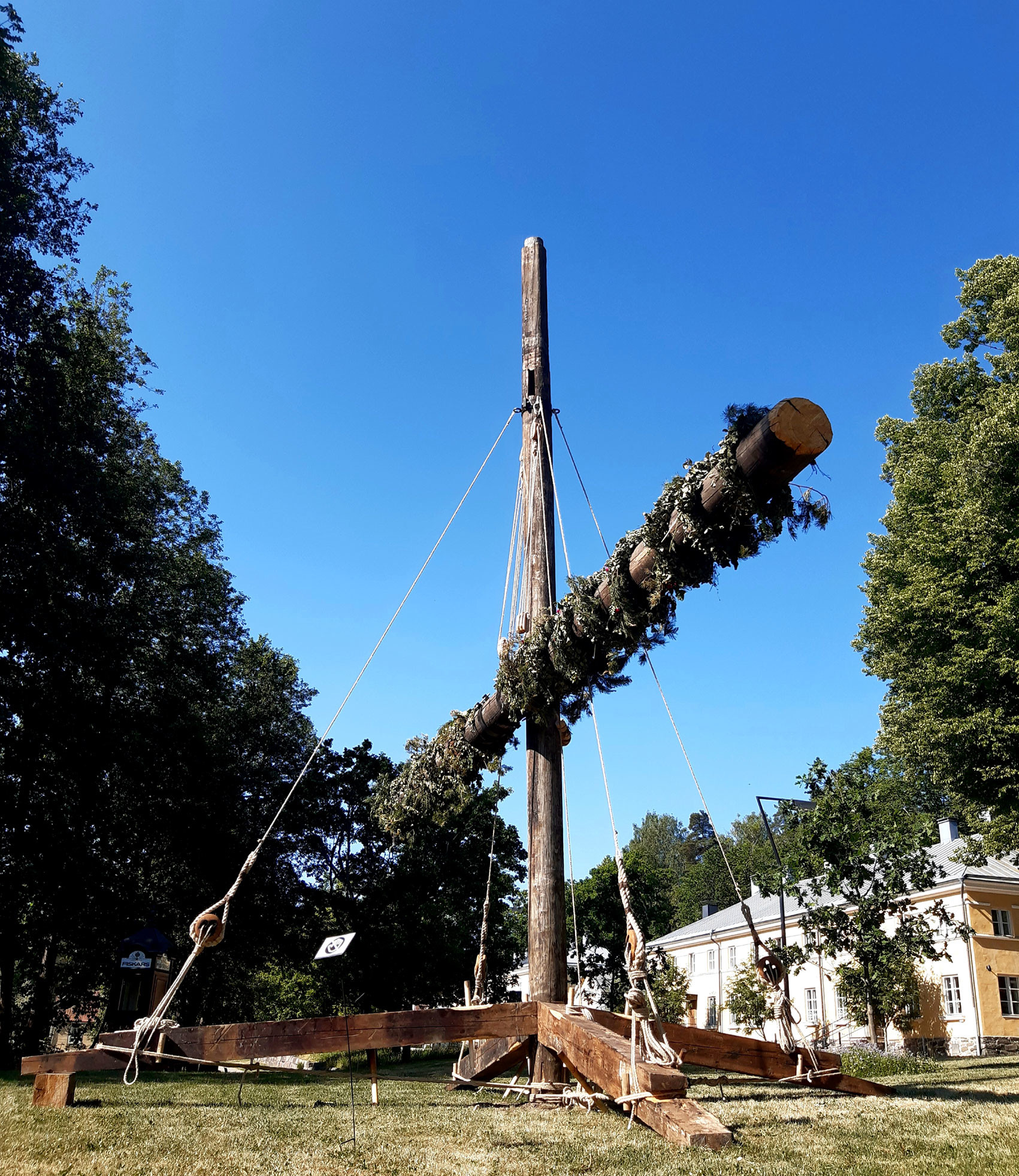


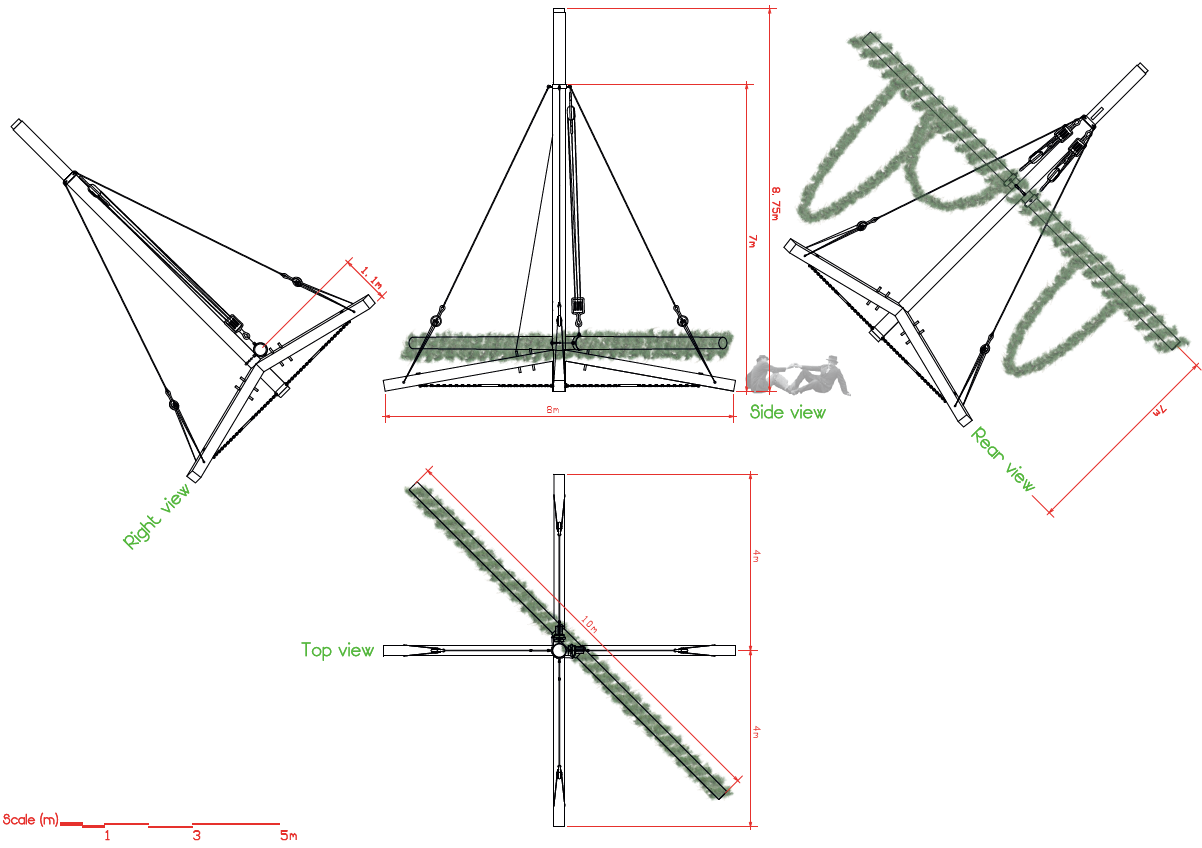

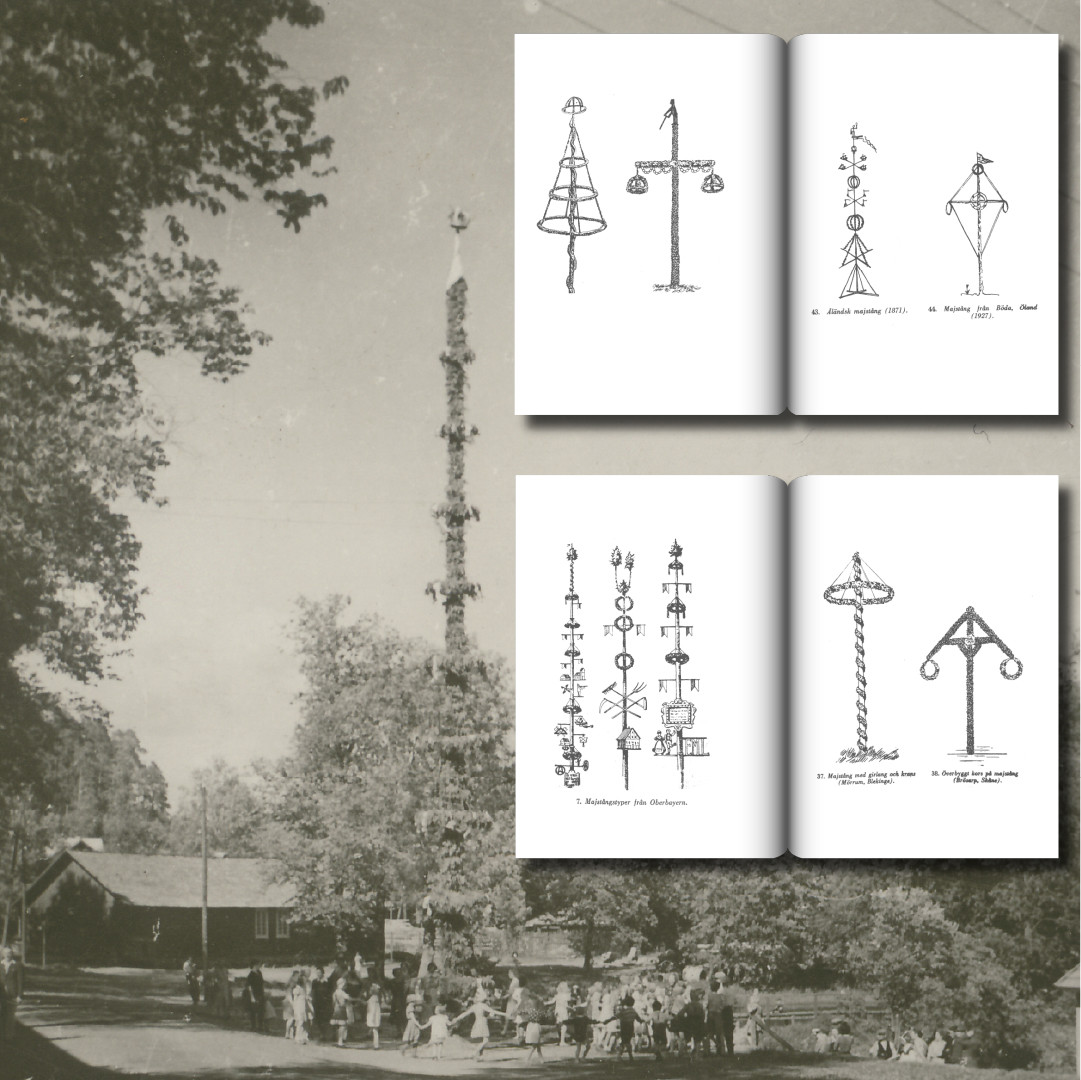
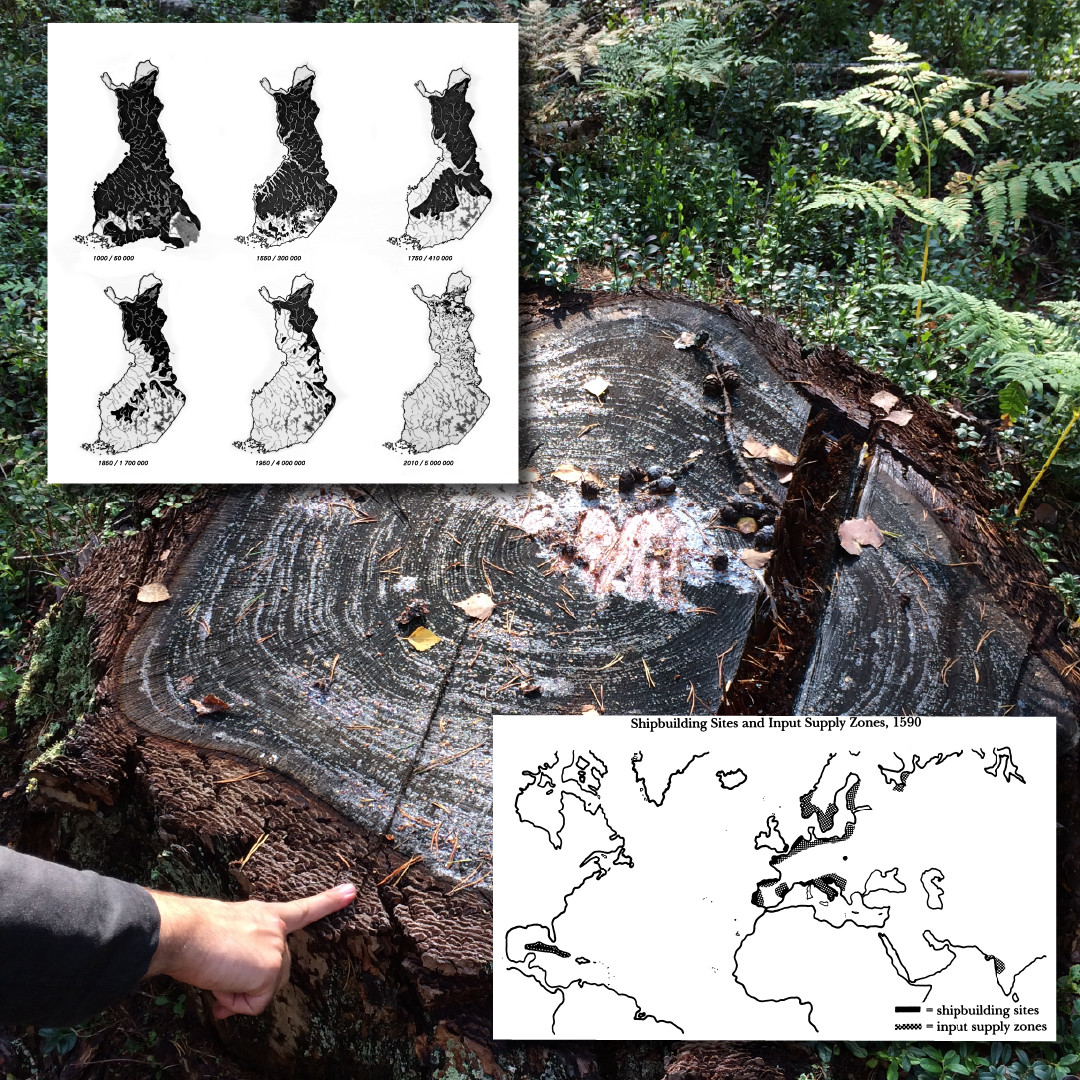
Main background image: Stump of larch tree in Fiskars forest which was cut to remast the Sigyn ship in 2018. Only a handful of suitably sized trees were available in all of Finland.
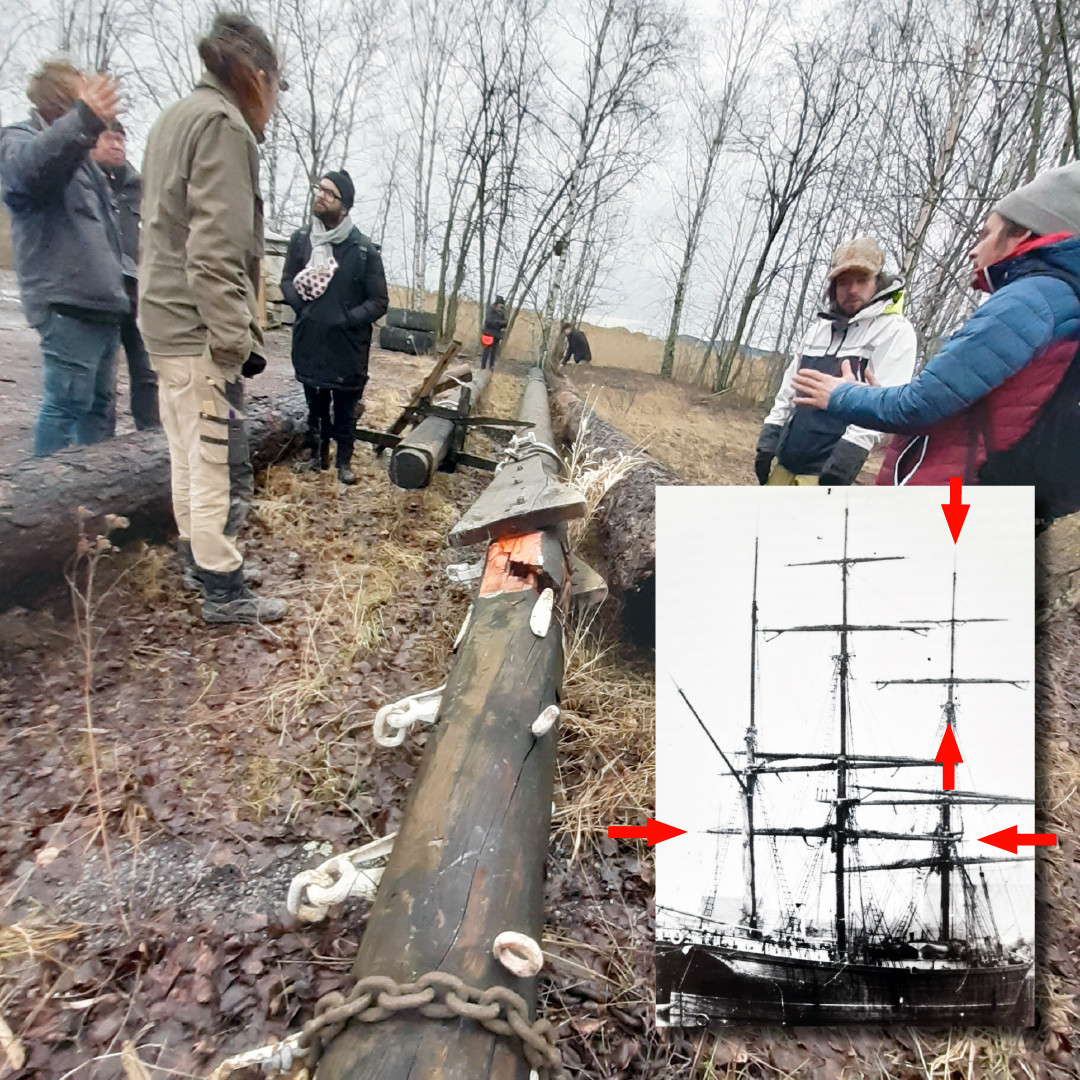
Main background image: the old mast donated to



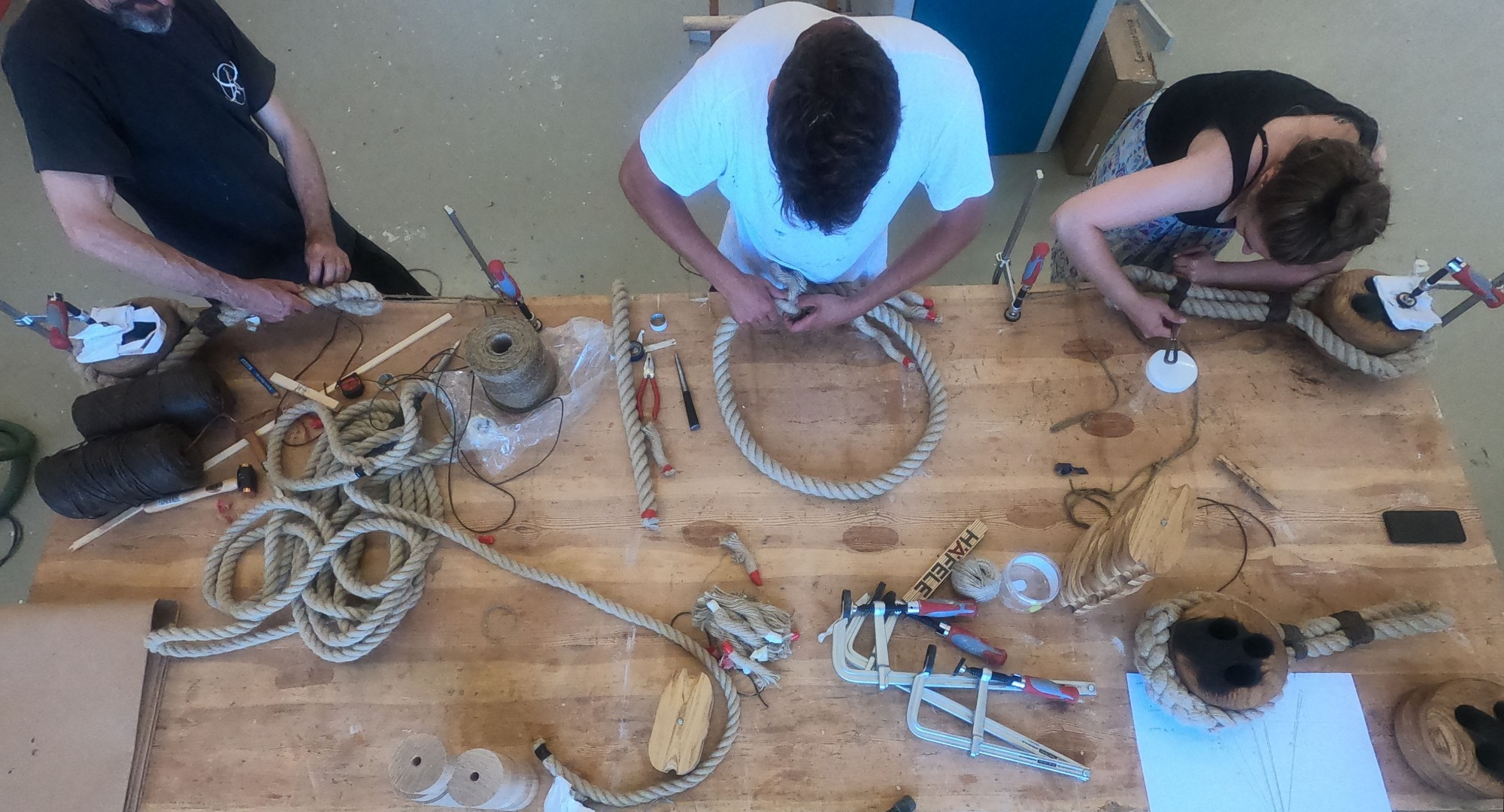
↓
Exhibitions
…
Istanbul Design Biennale
Istanbul Design Biennale
Partnerships is a research-led archive which engages with the EU-Morocco Fisheries Partnership Agreement and its devastating effects upon ‘extra-Mediterranean’ marine life, such as the exhaustion of fish stocks and local fisheries. Contextualised within a broader framework that examines the genealogy of the European Union’s extractive capitalist gaze, it aims to cultivate the active, intercultural and critical building of a counter-colonial cosmogony.
Partnerships has been produced as part of the Library of Land and Sea in the 5th Istanbul Design Biennial – Empathy Revisited: designs for more one, organised by the Istanbul Foundation for Culture and Arts, and curated by: Mariana Pestana, Sumitra Upham and Billie Muraben.
We acknowledge the support of the Canada Council for the Arts and Arts Council England.


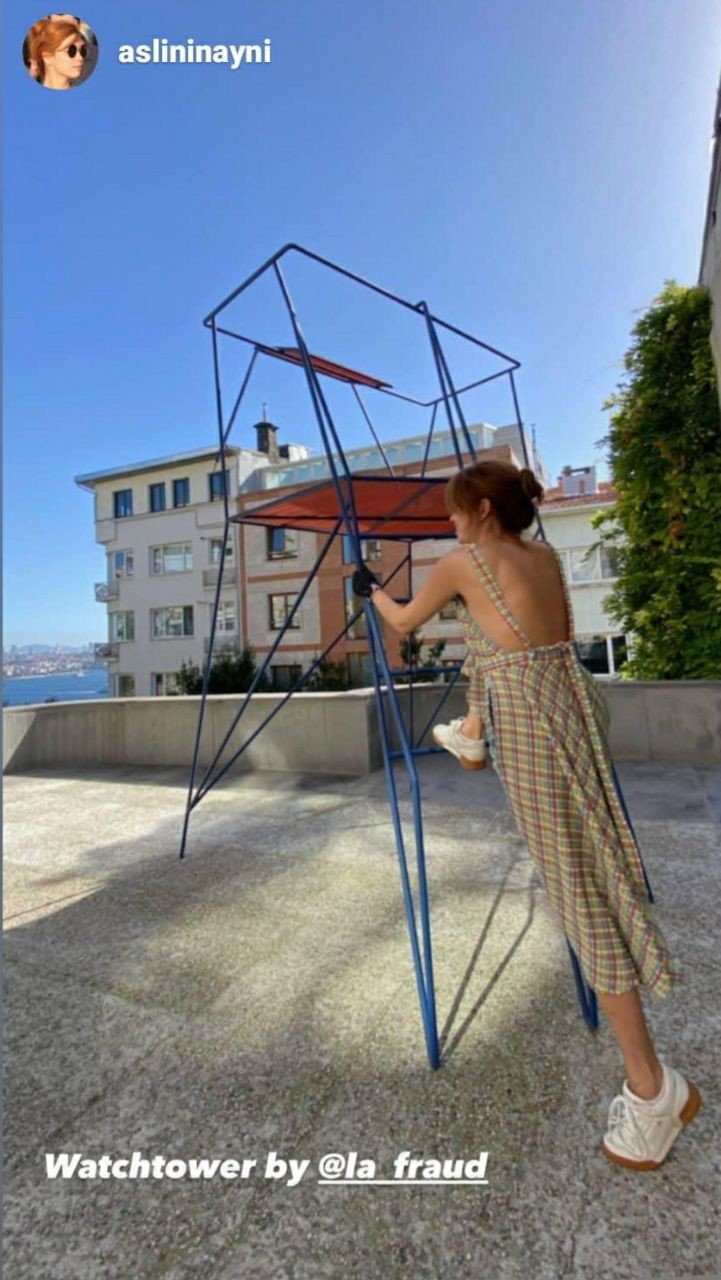





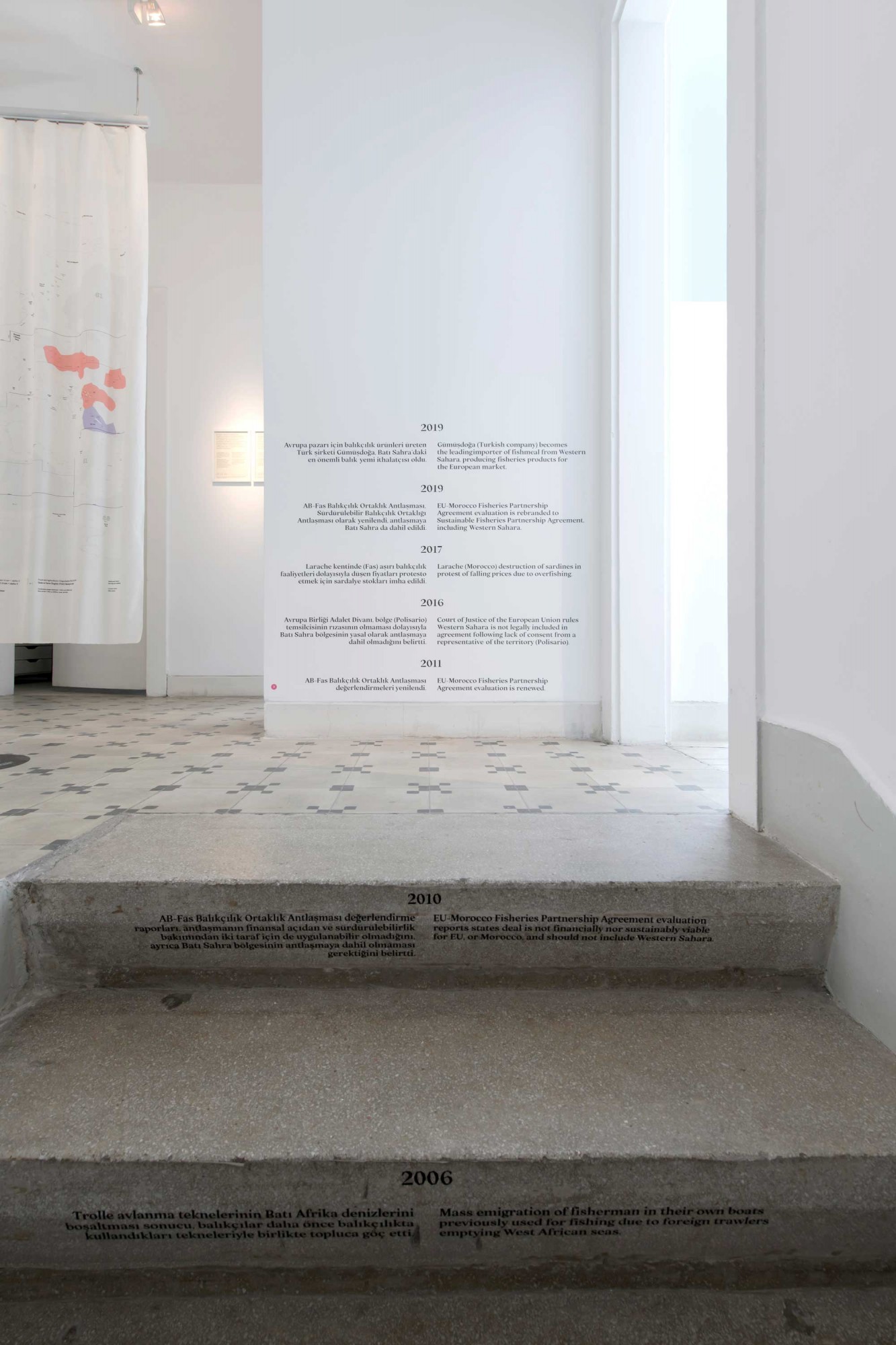





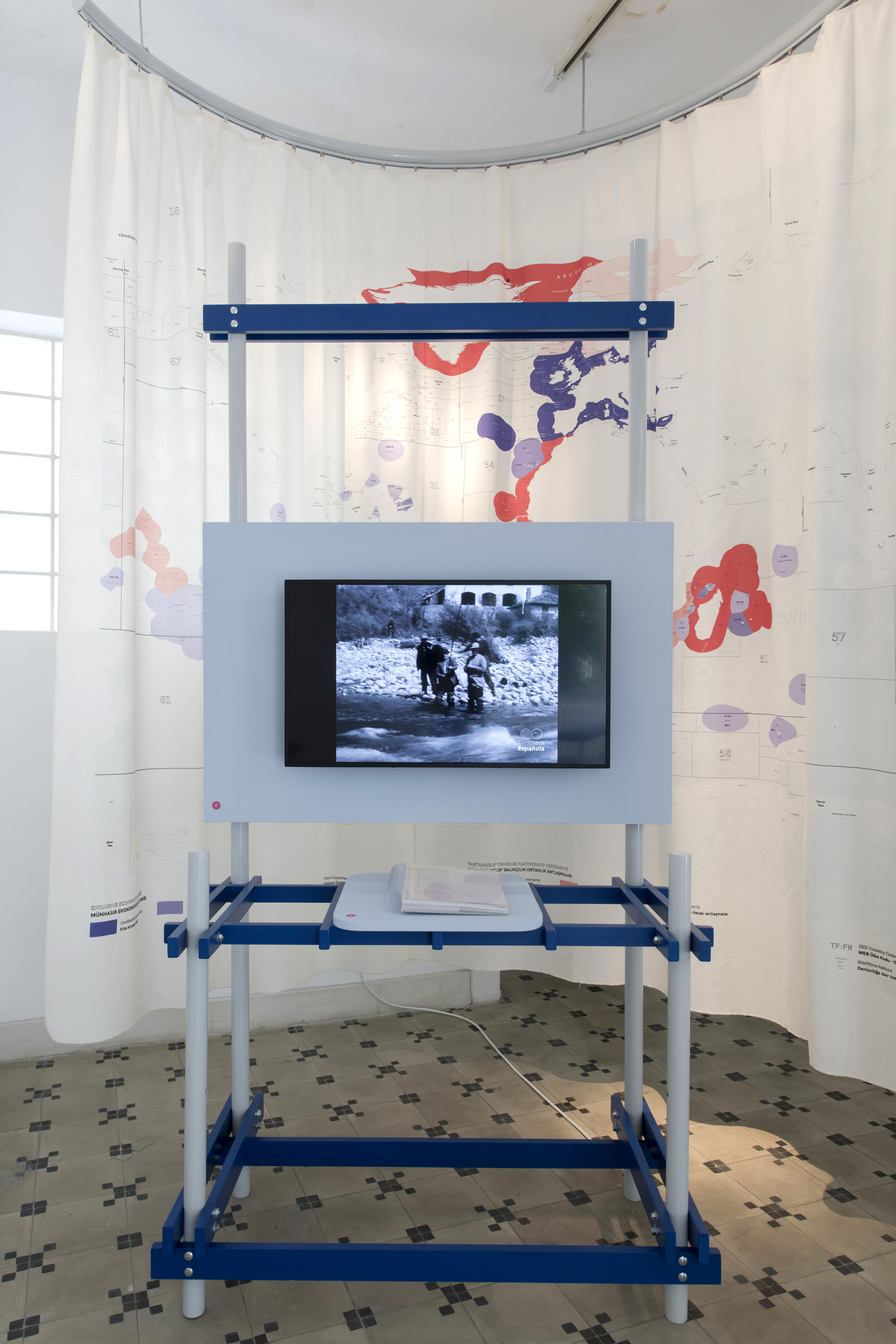

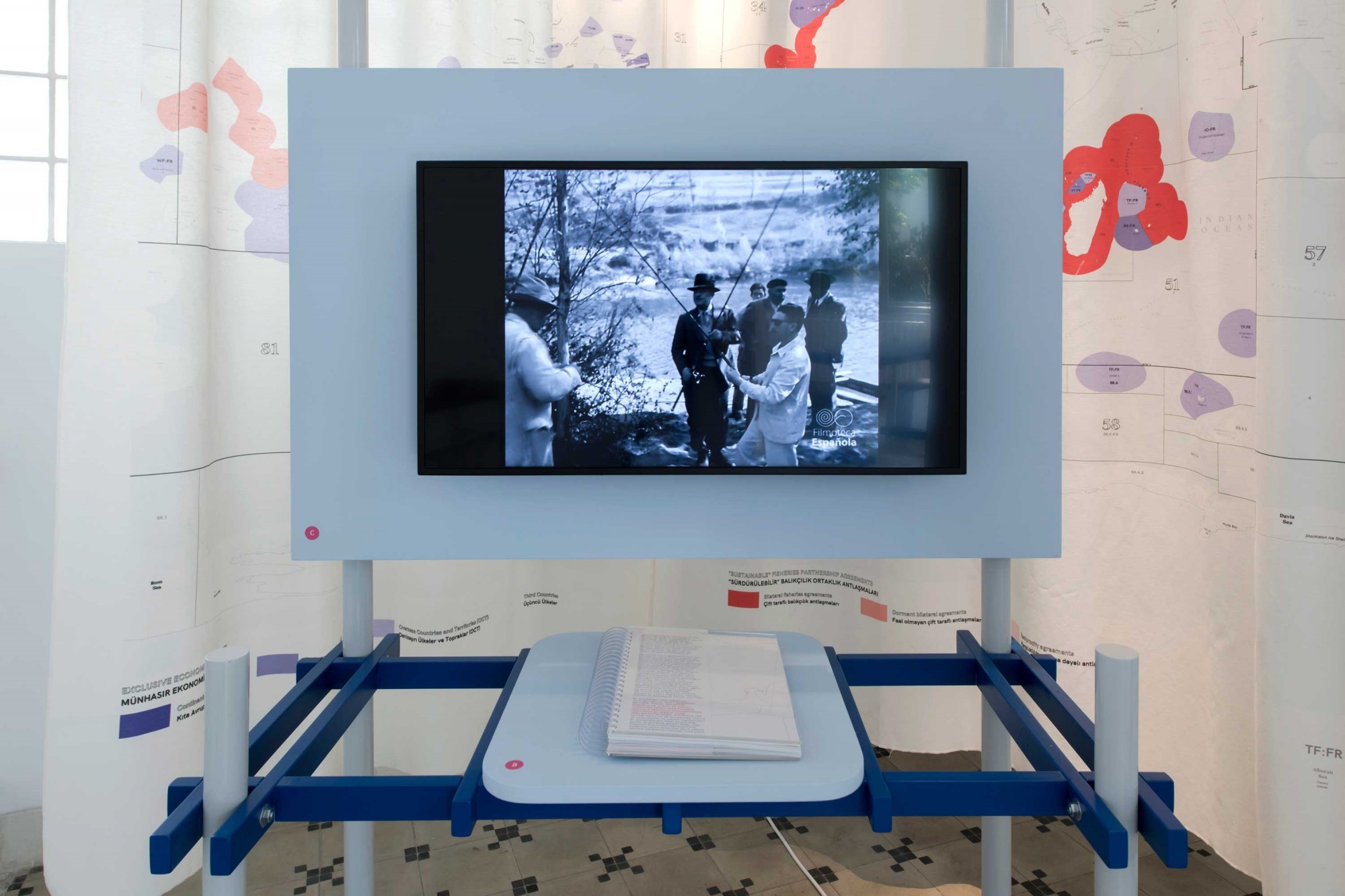

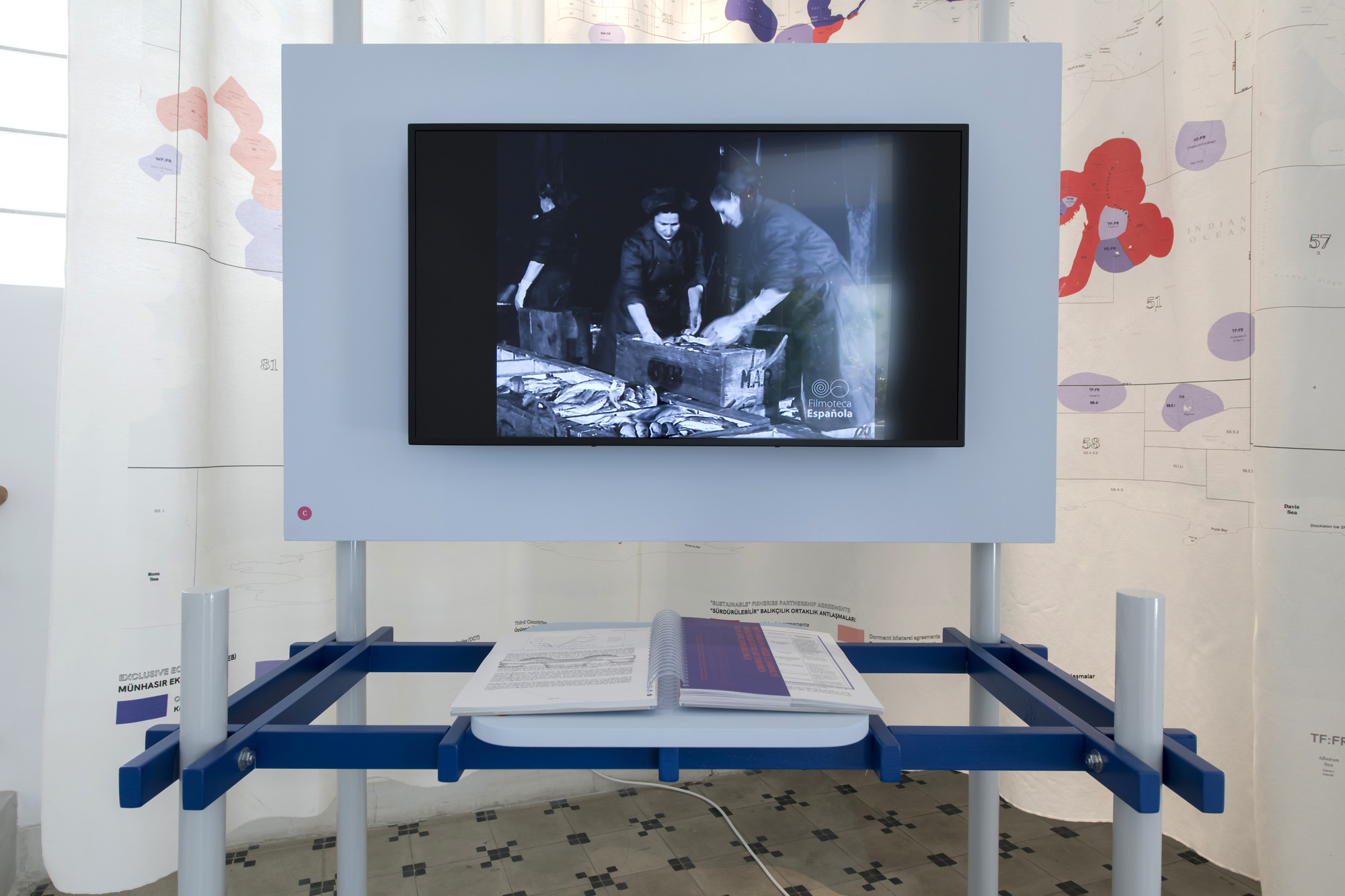

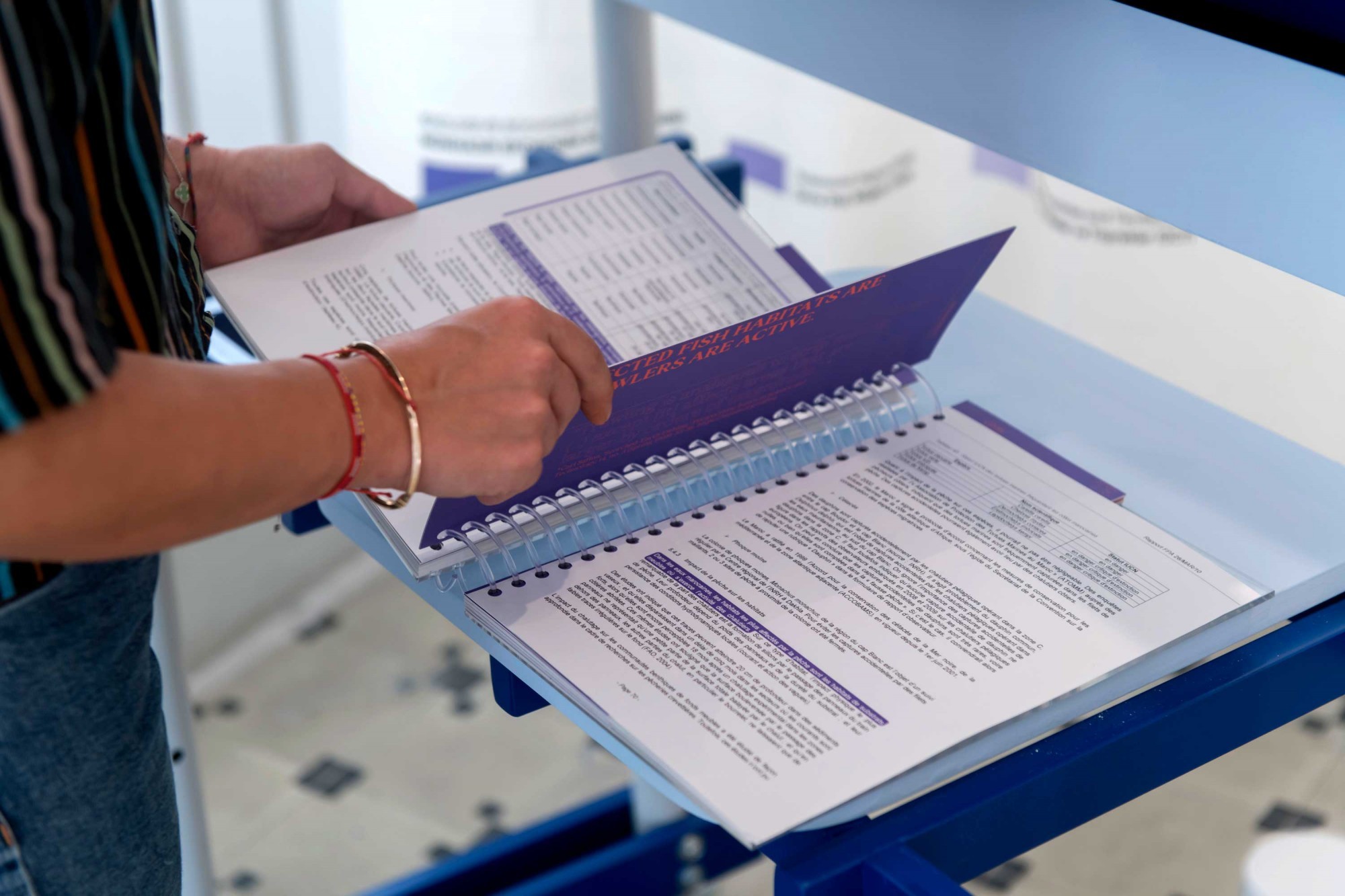

…
HBK Gallery
HBK Gallery
Further info: Jable Pardo
Acknowledgements:
Videographer: RYAN.MEDIA
Glass blowing: Torsten Rötzsch and Louise Lang
Art Handler: Sabrina Basten
With the incommensurable help of Manuel Ballehr, Sandra Bödecker, Clara Brinkmann, Hannah Jung, Peter Keyser, André Linpinsel, Martin Salzer, Keramik-Kraft, Western Sahara Resource Watch, and our Gran Canaria attaché.
With the mentorship of Prof Raimund Kummer, the support of HBK Braunschweig's BS Projects programme, and the Canada Art Council.



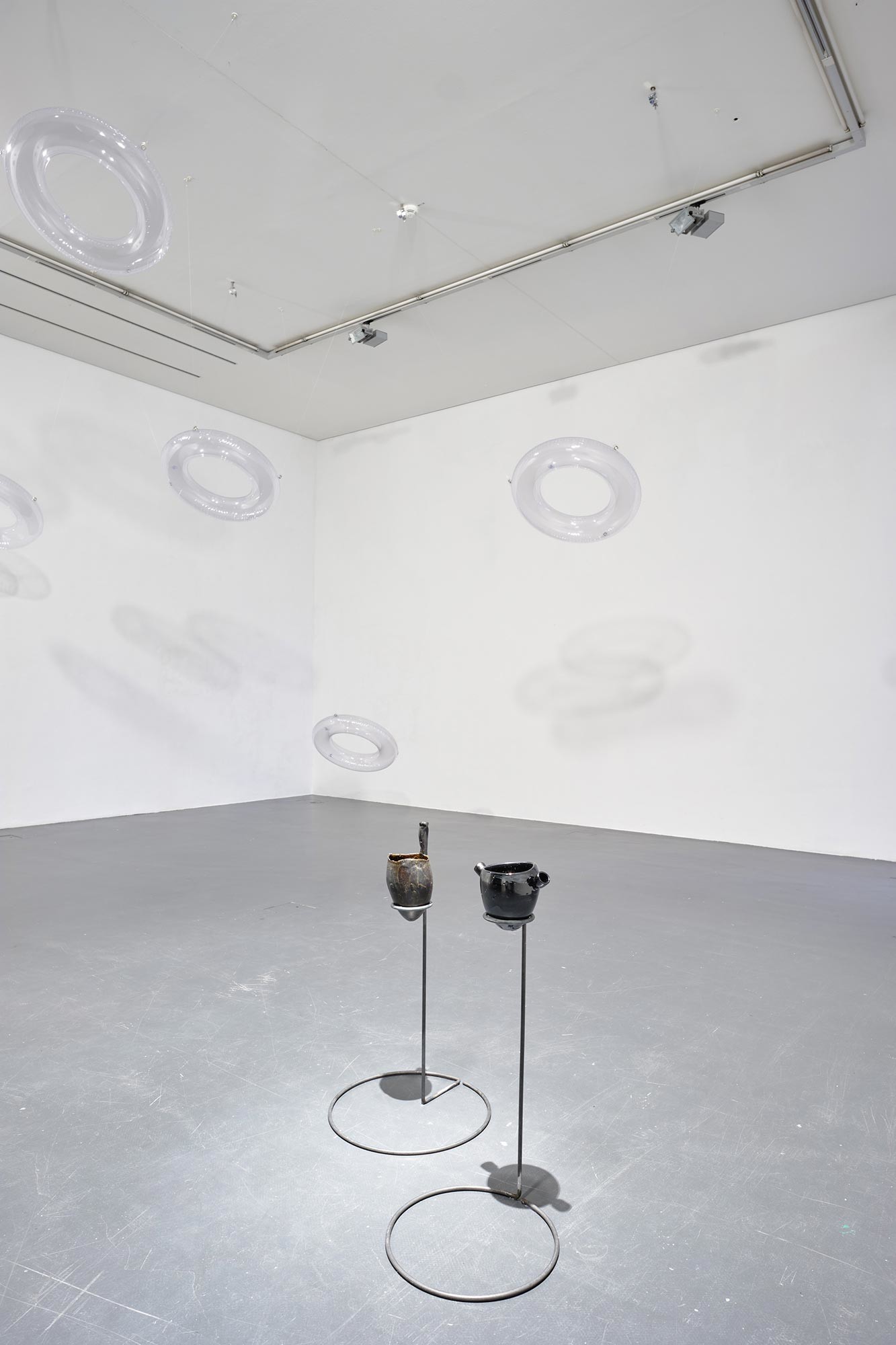

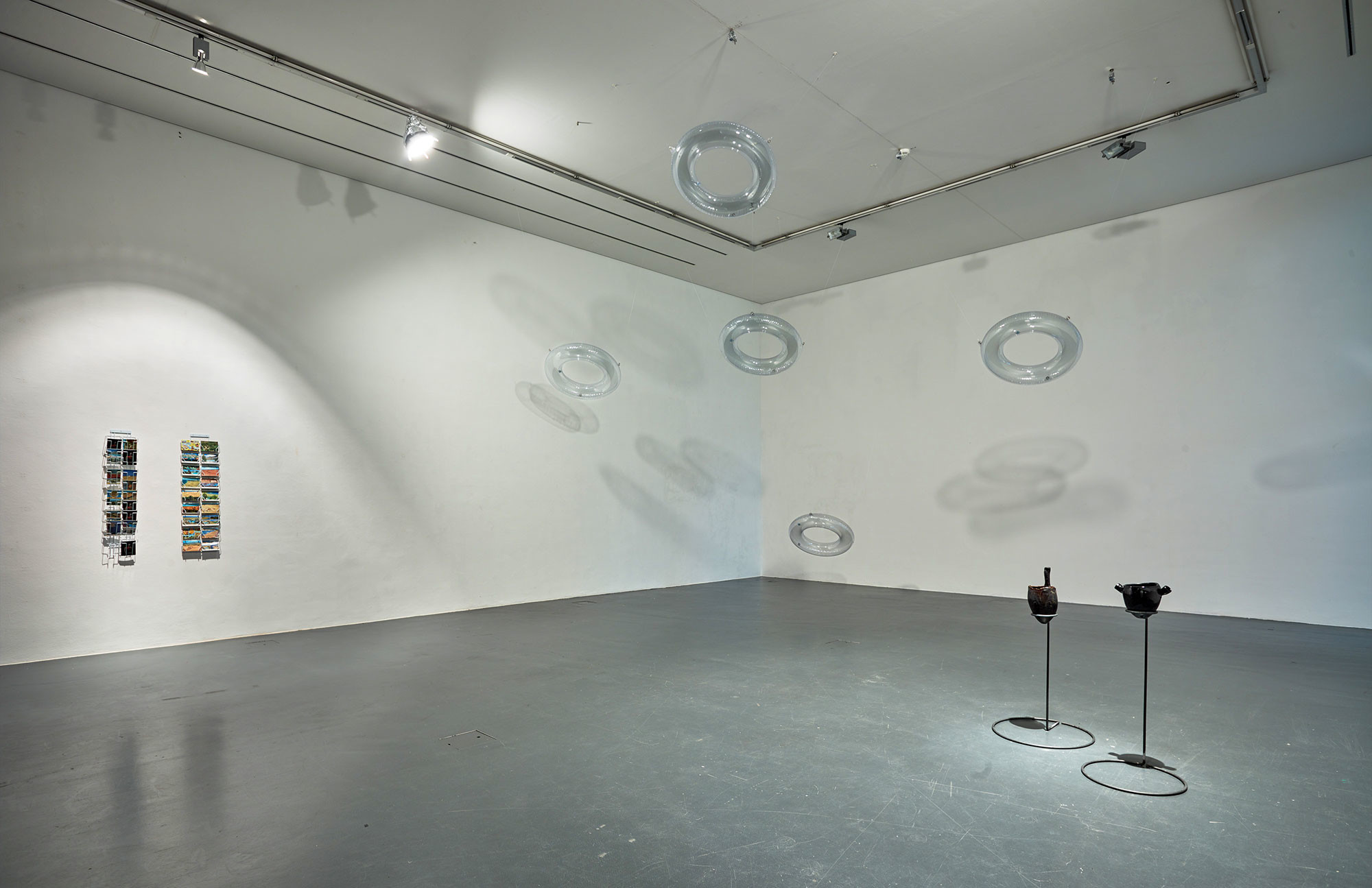

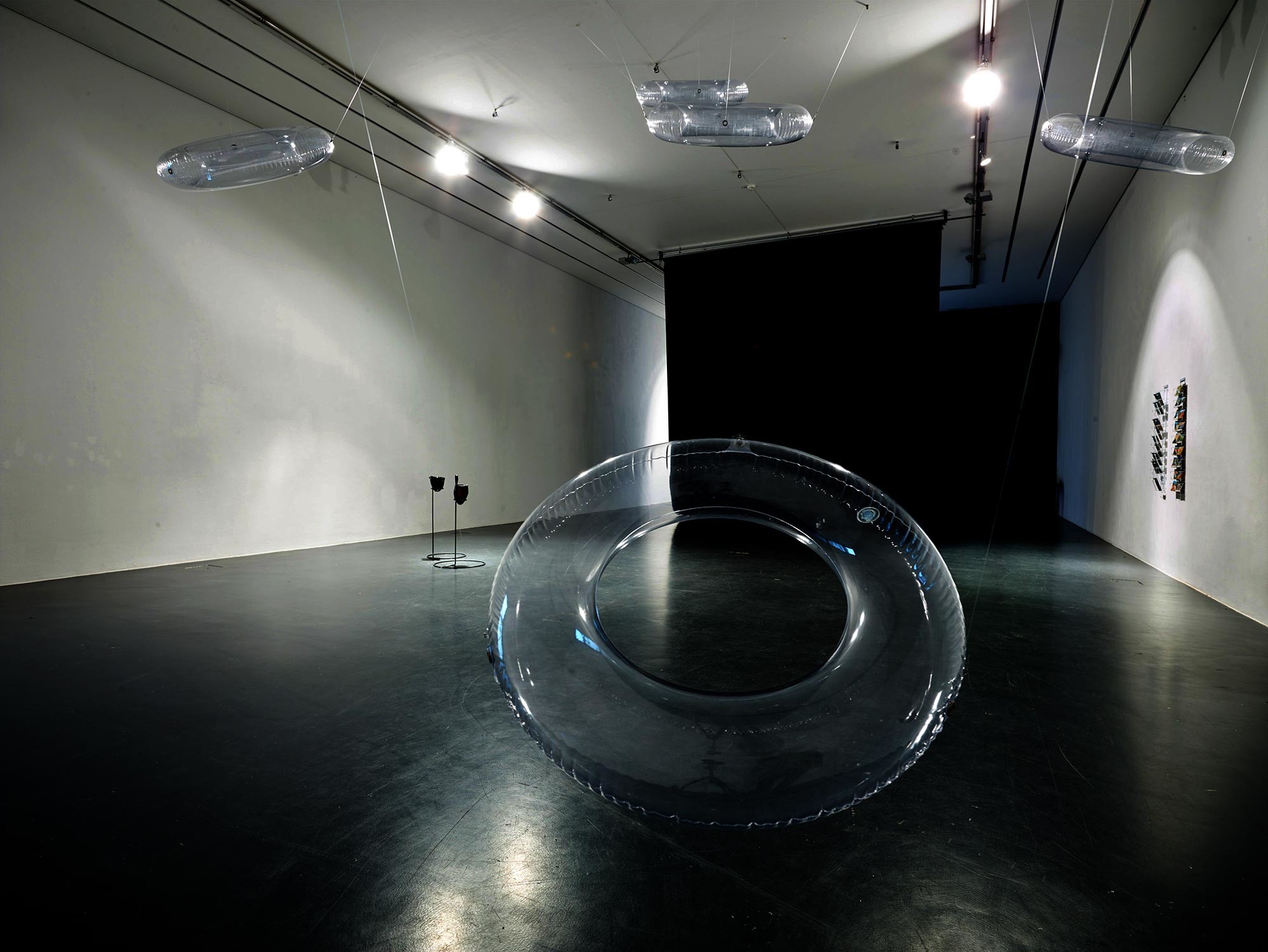



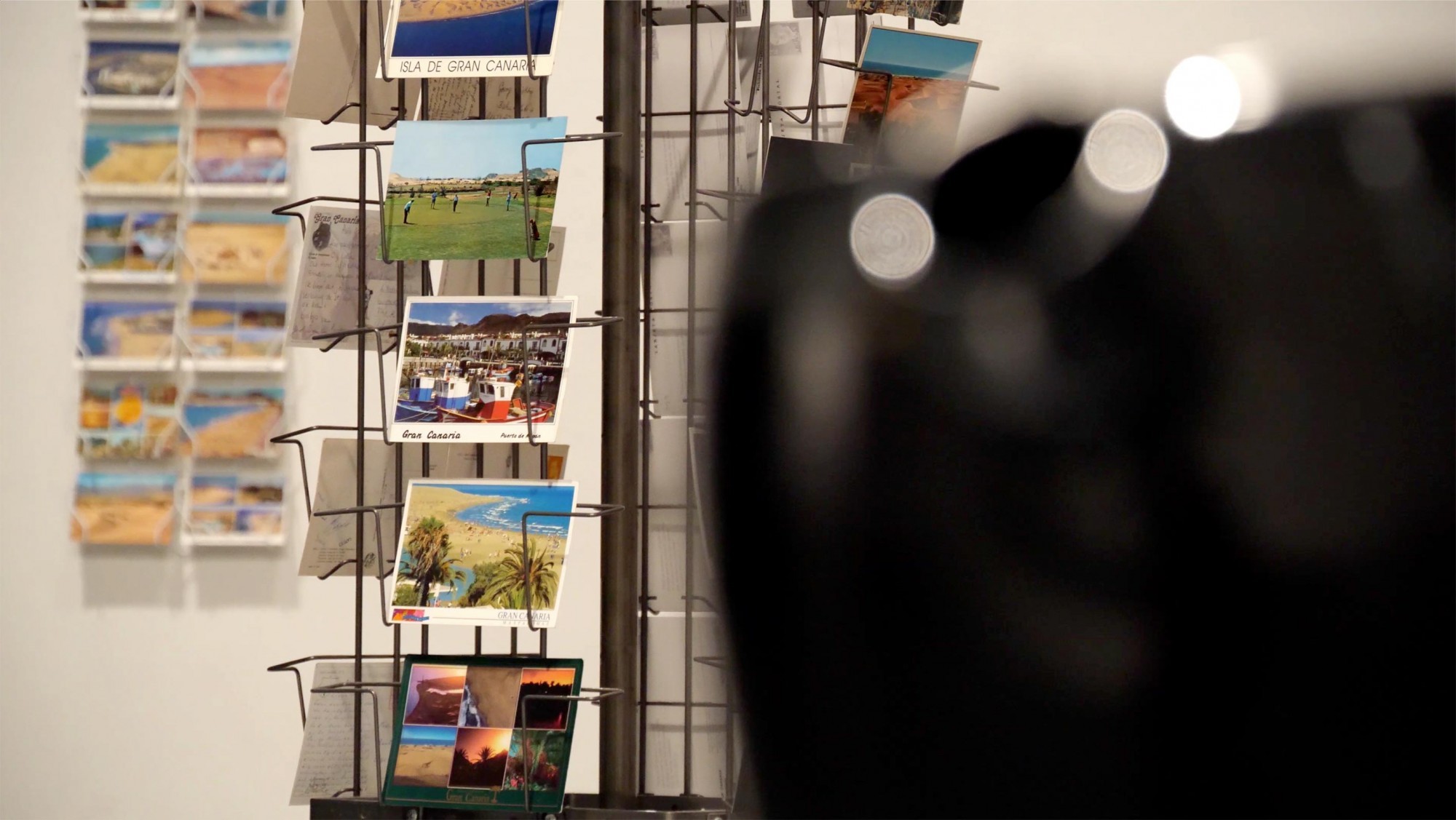

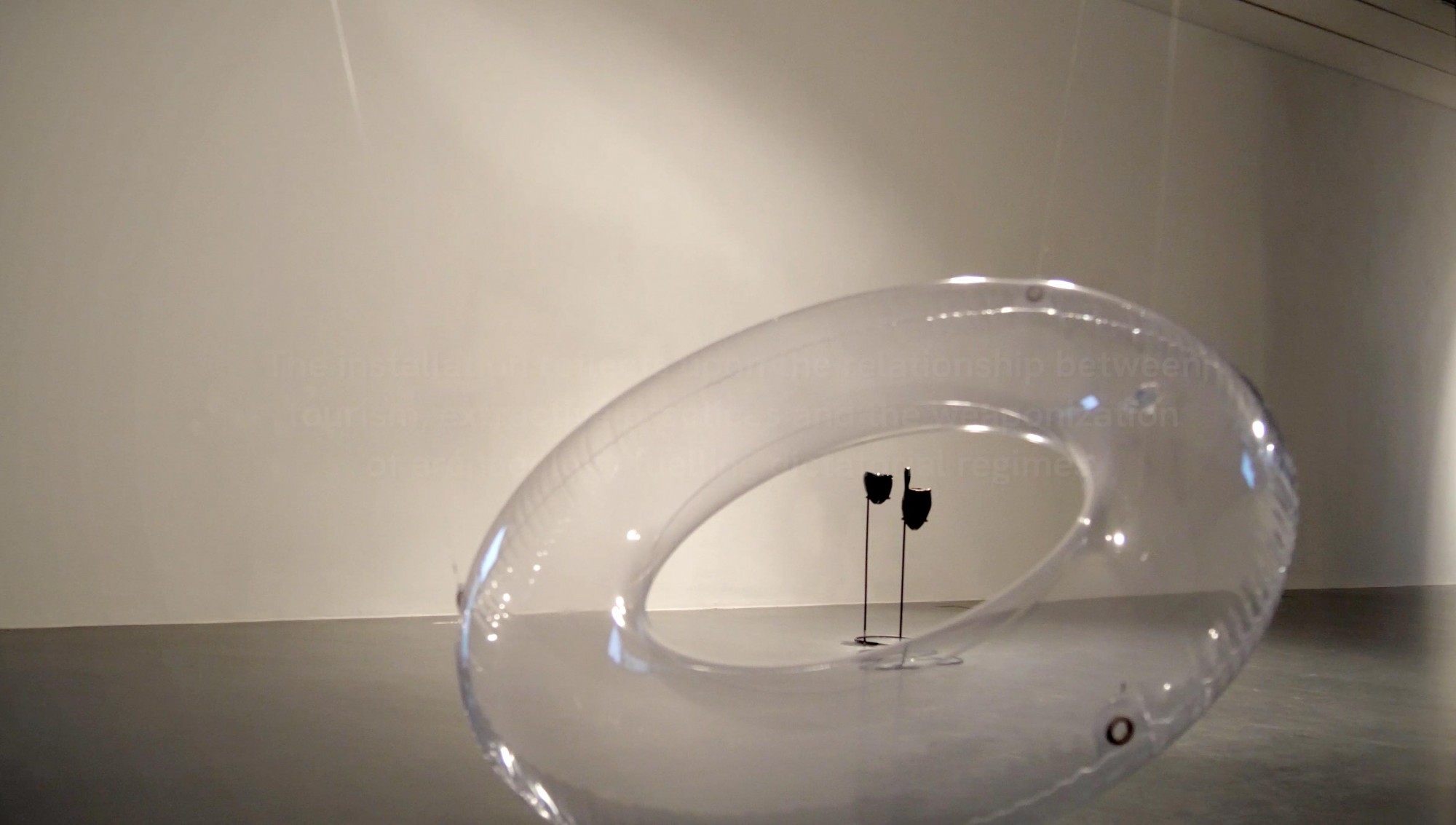

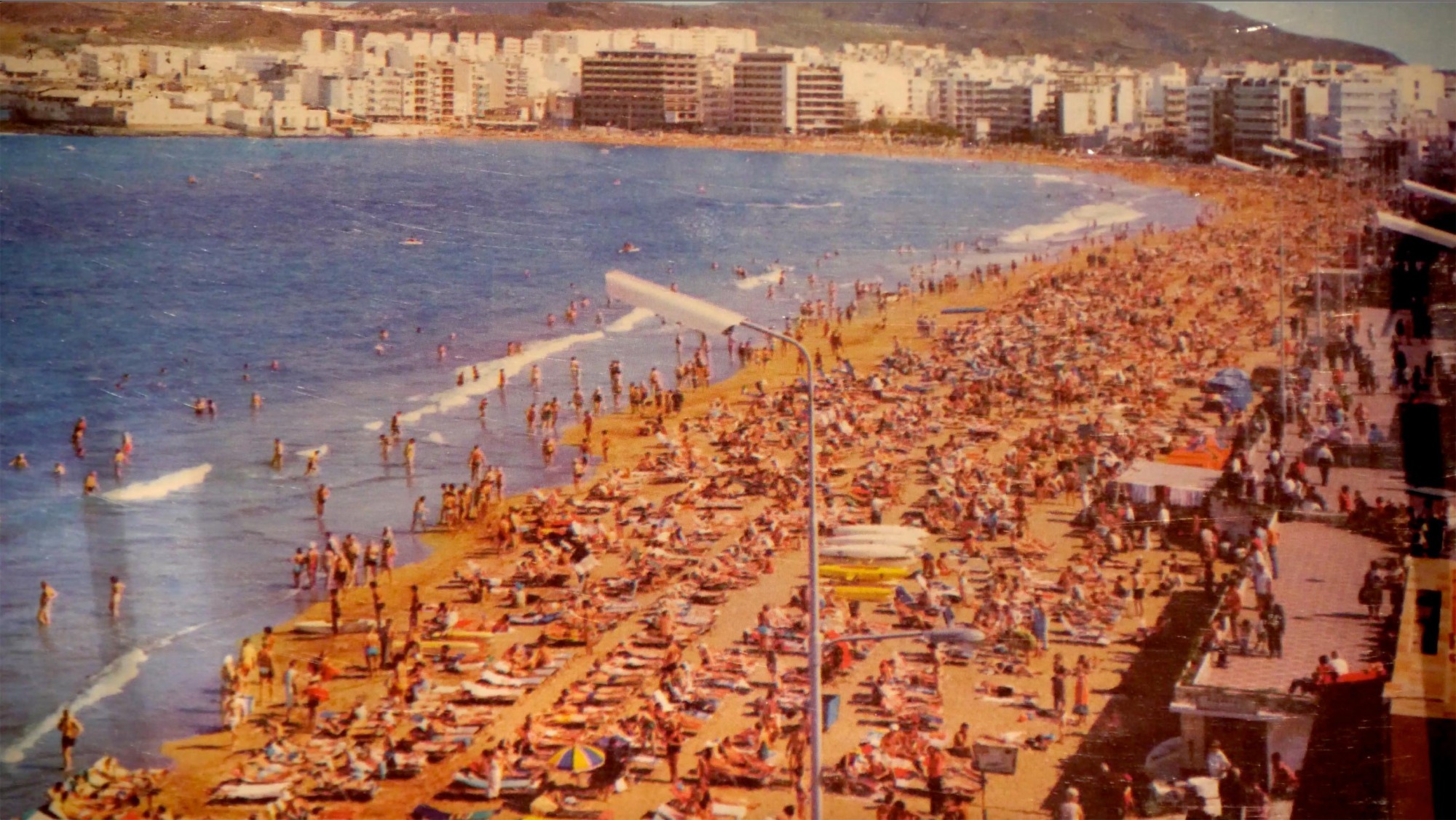

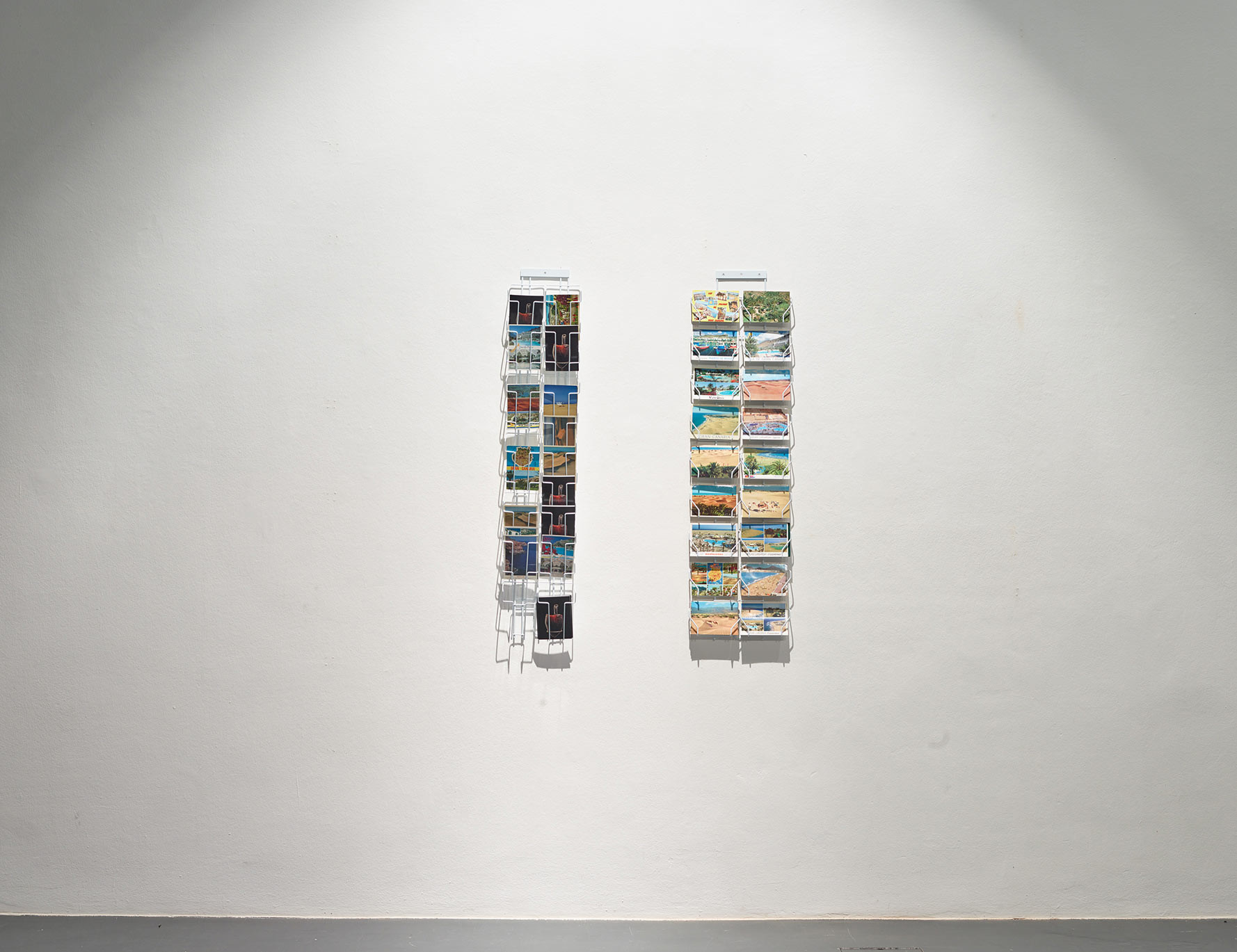

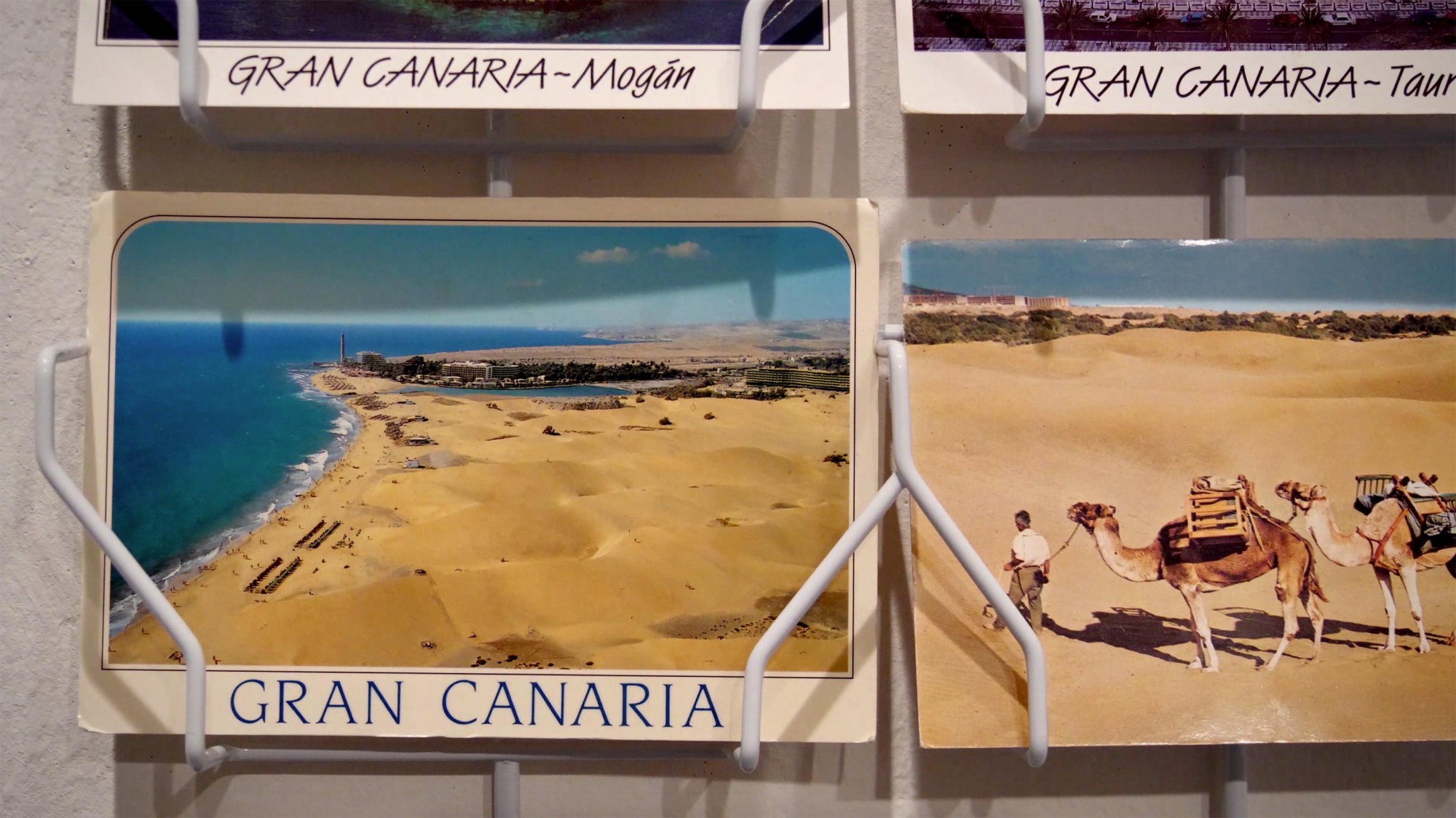

…
AMRO20 Festival
AMRO20 Festival
Carbon Rifts offers a critical gaze onto carbon emissions, mensuration and valuation through an experimental archaeology of wrecks. It is an art-led enquiry into forests and foreshores as salvage sites for carbon incorporating questions such as salvage accumulation,
waste management, and indentured labour. It ultimately questions the abstraction of valuing ‘nature’ by its weight in carbon.
rifts.fraud.la
Carbon Rifts was commissioned with the generous support of the London Community Foundation and Cockayne - Grants for the Art.

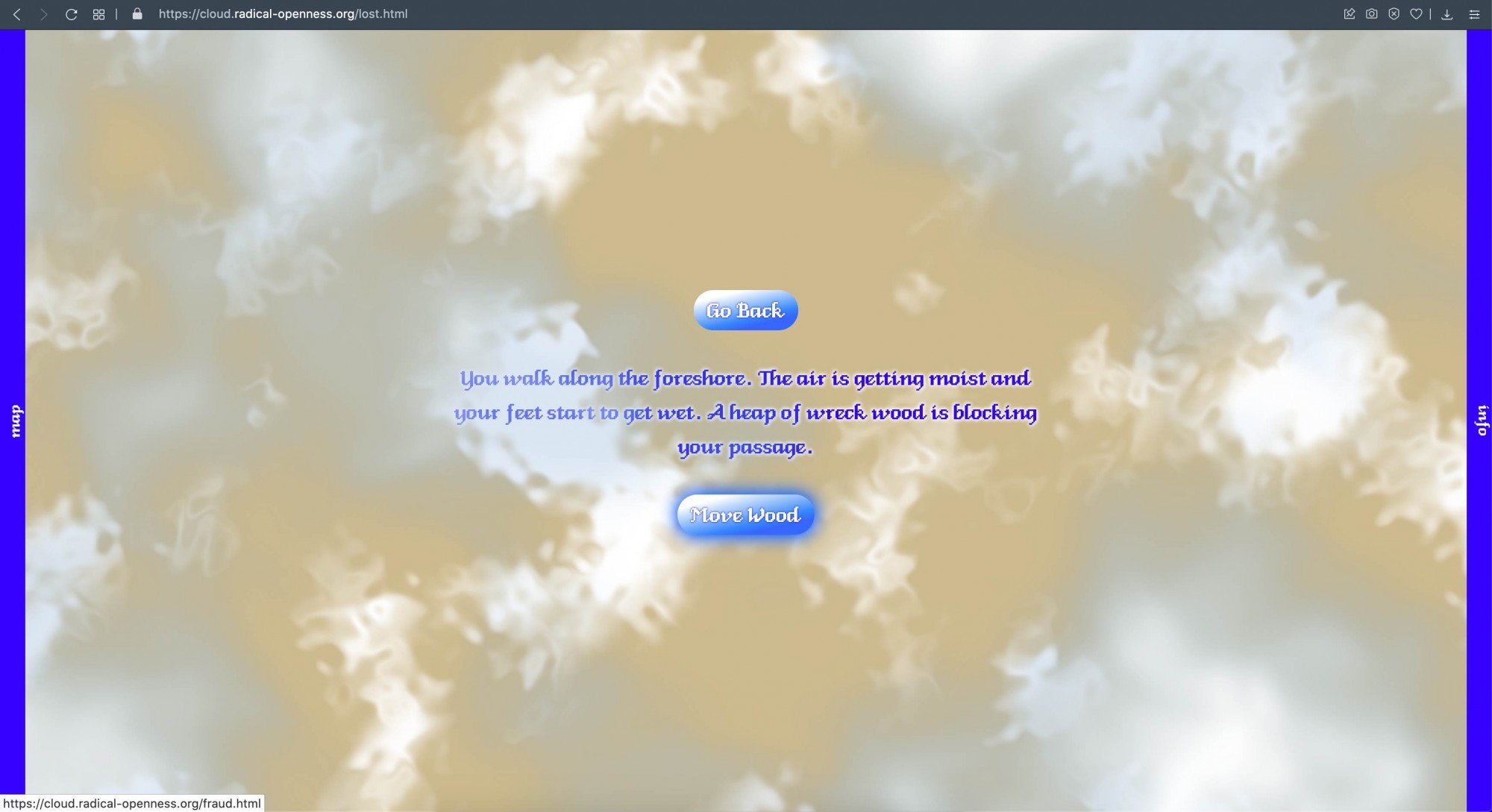


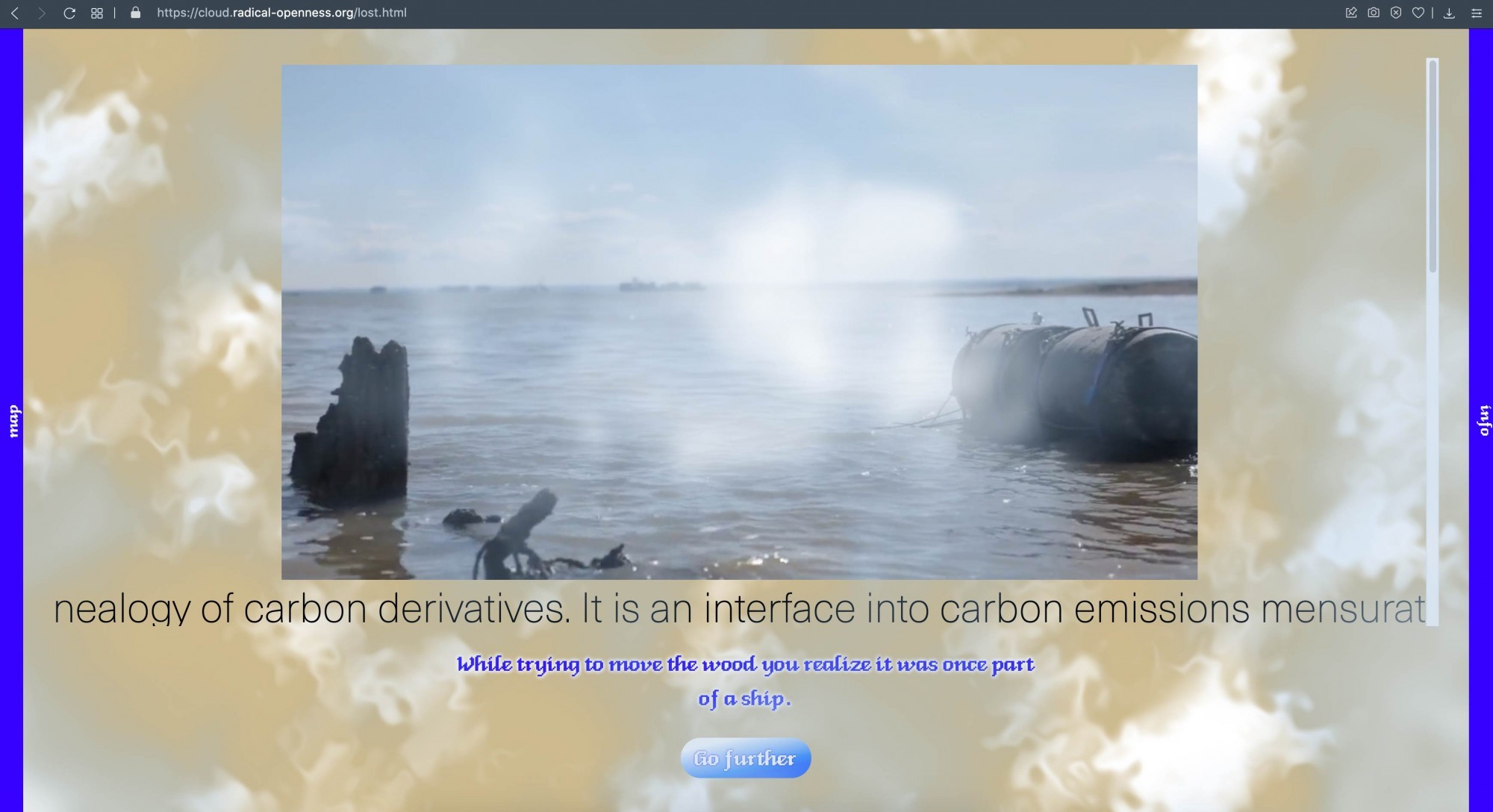

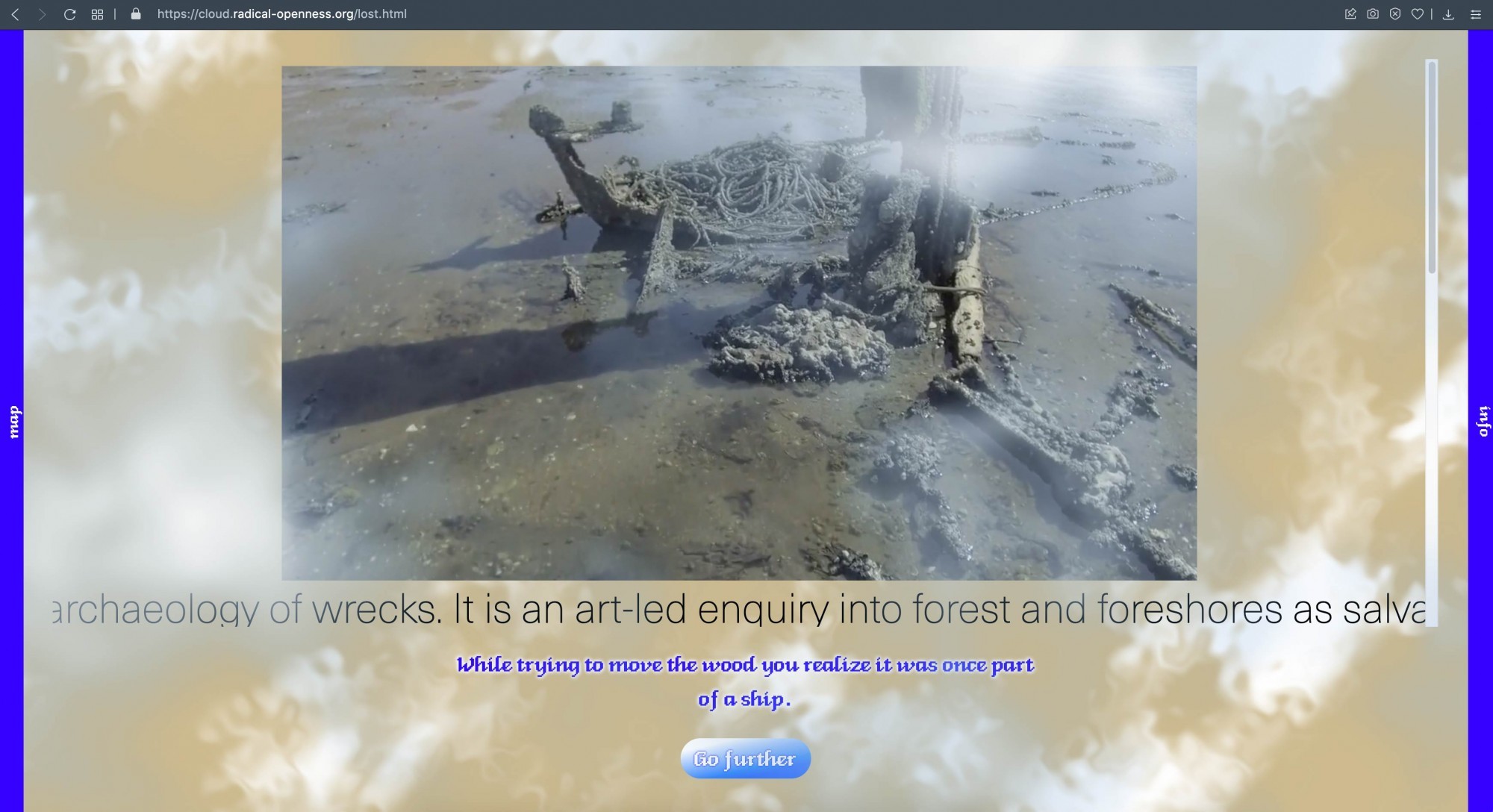

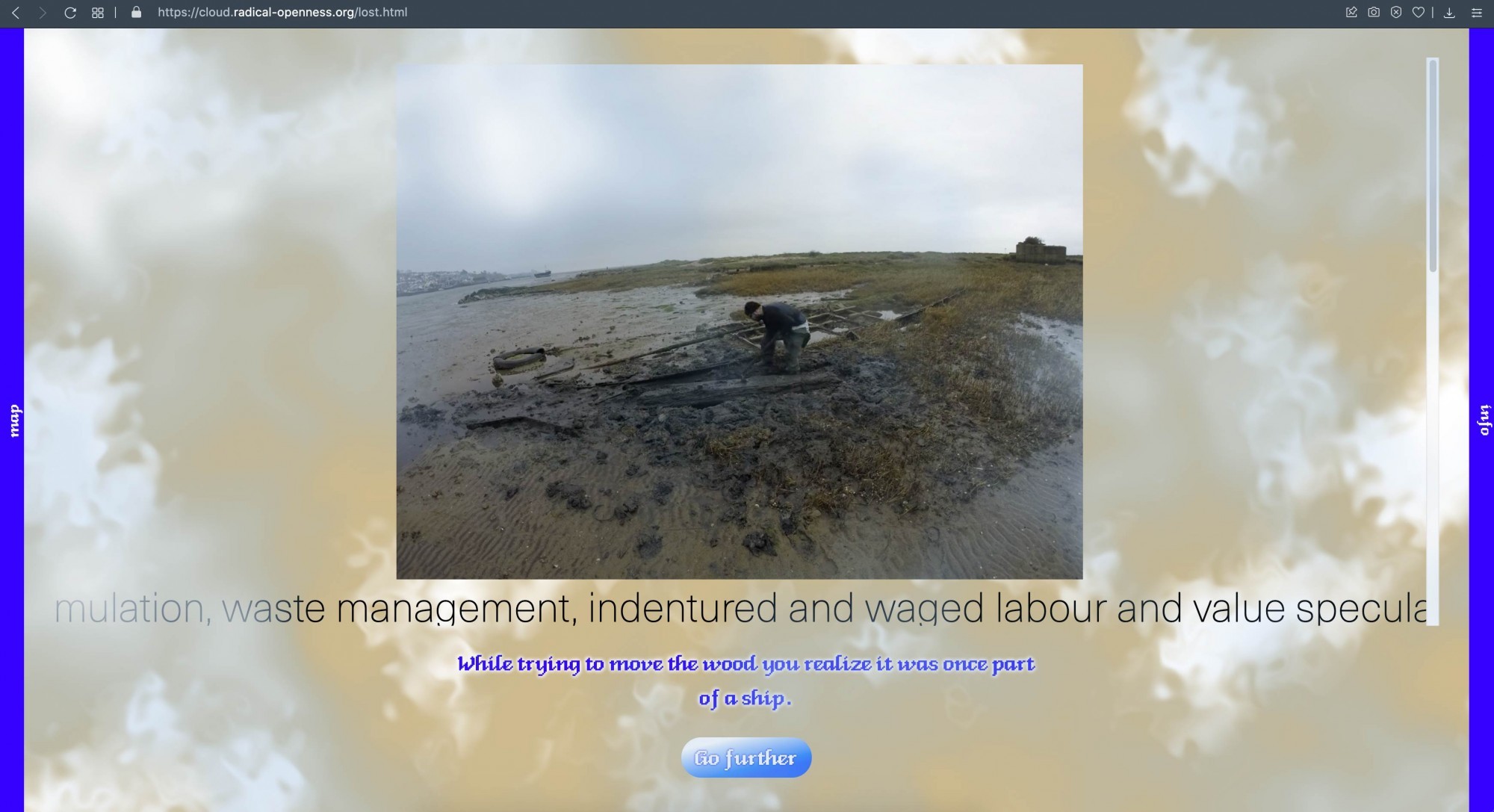

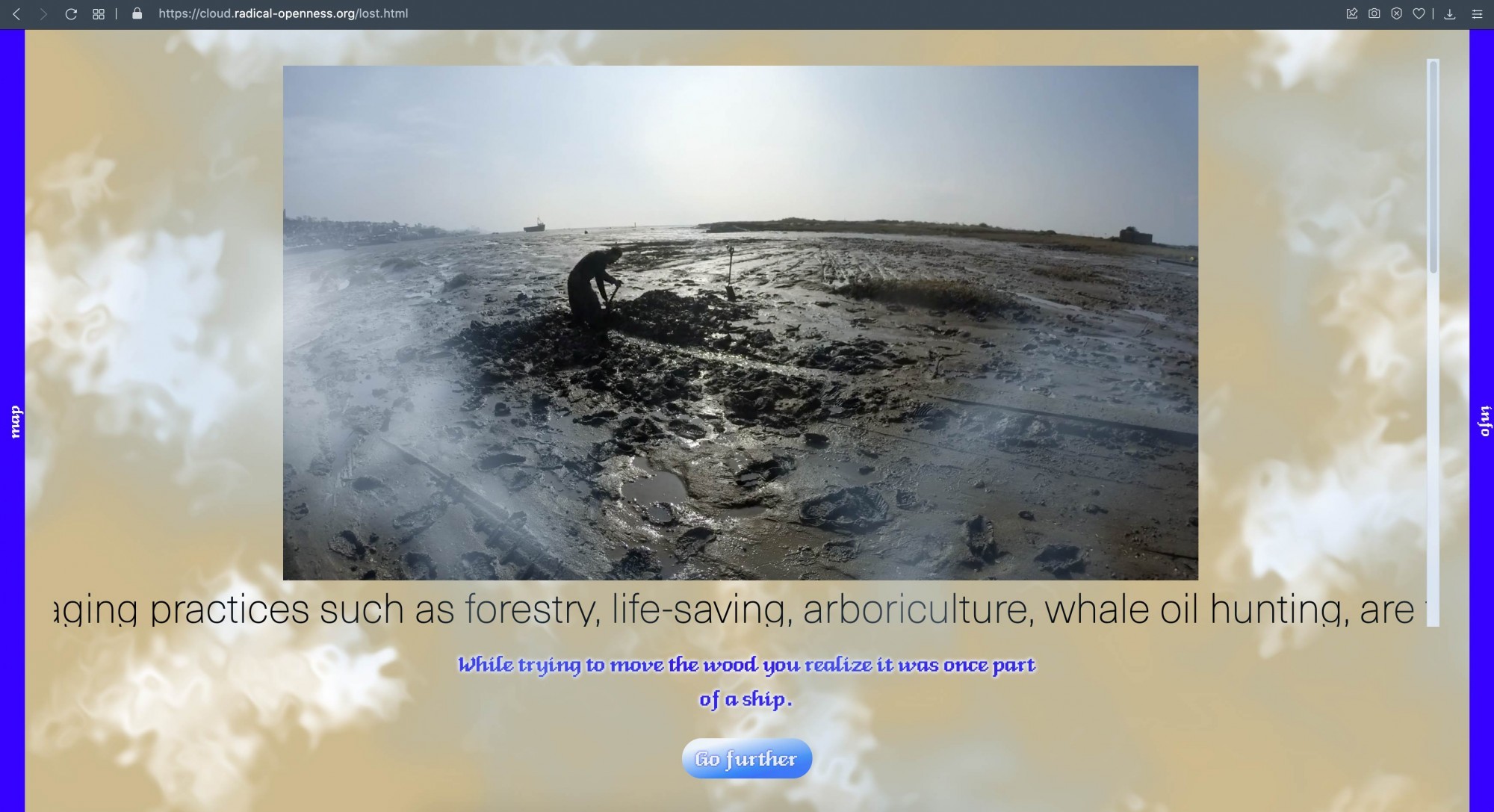

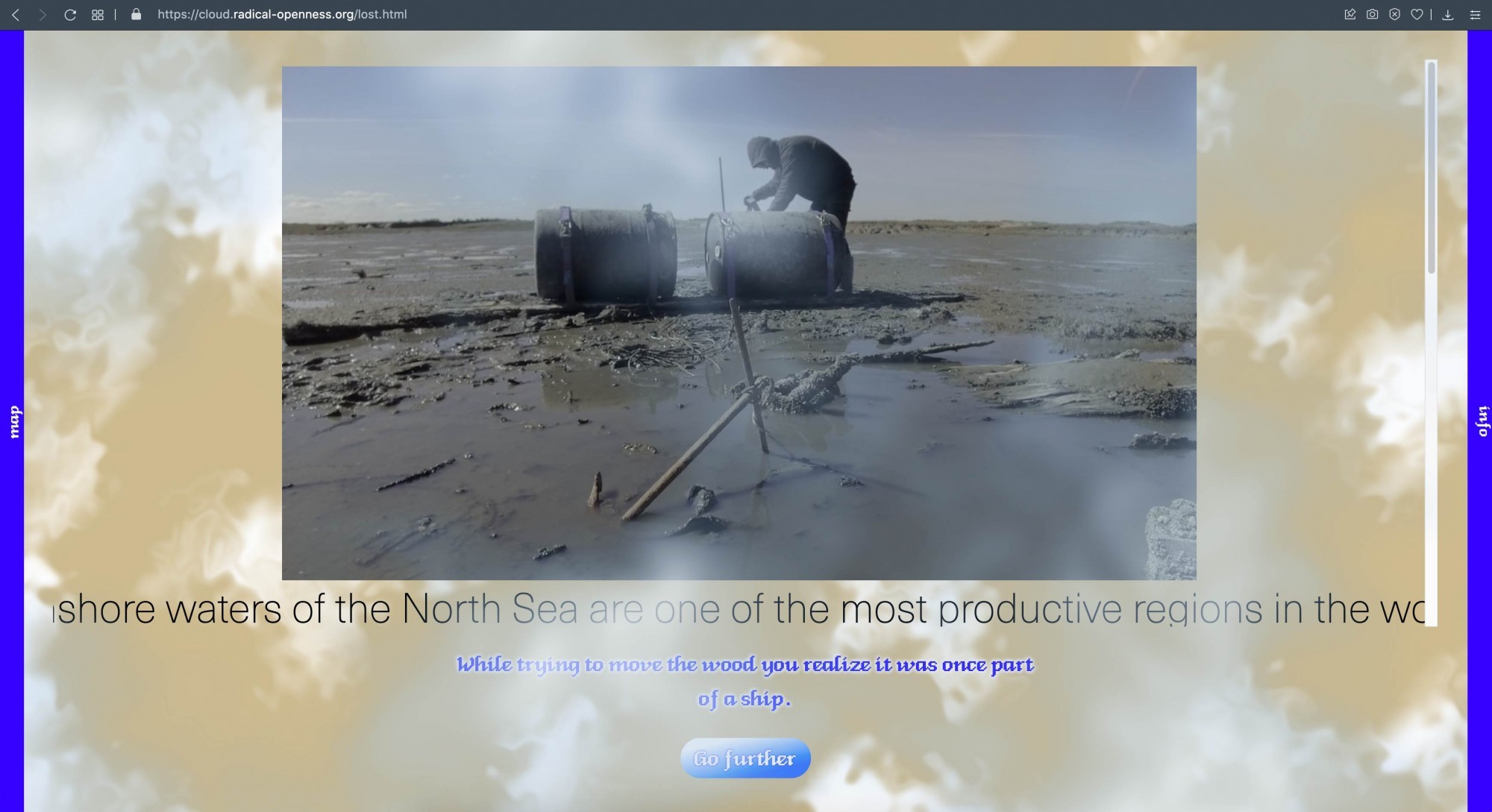

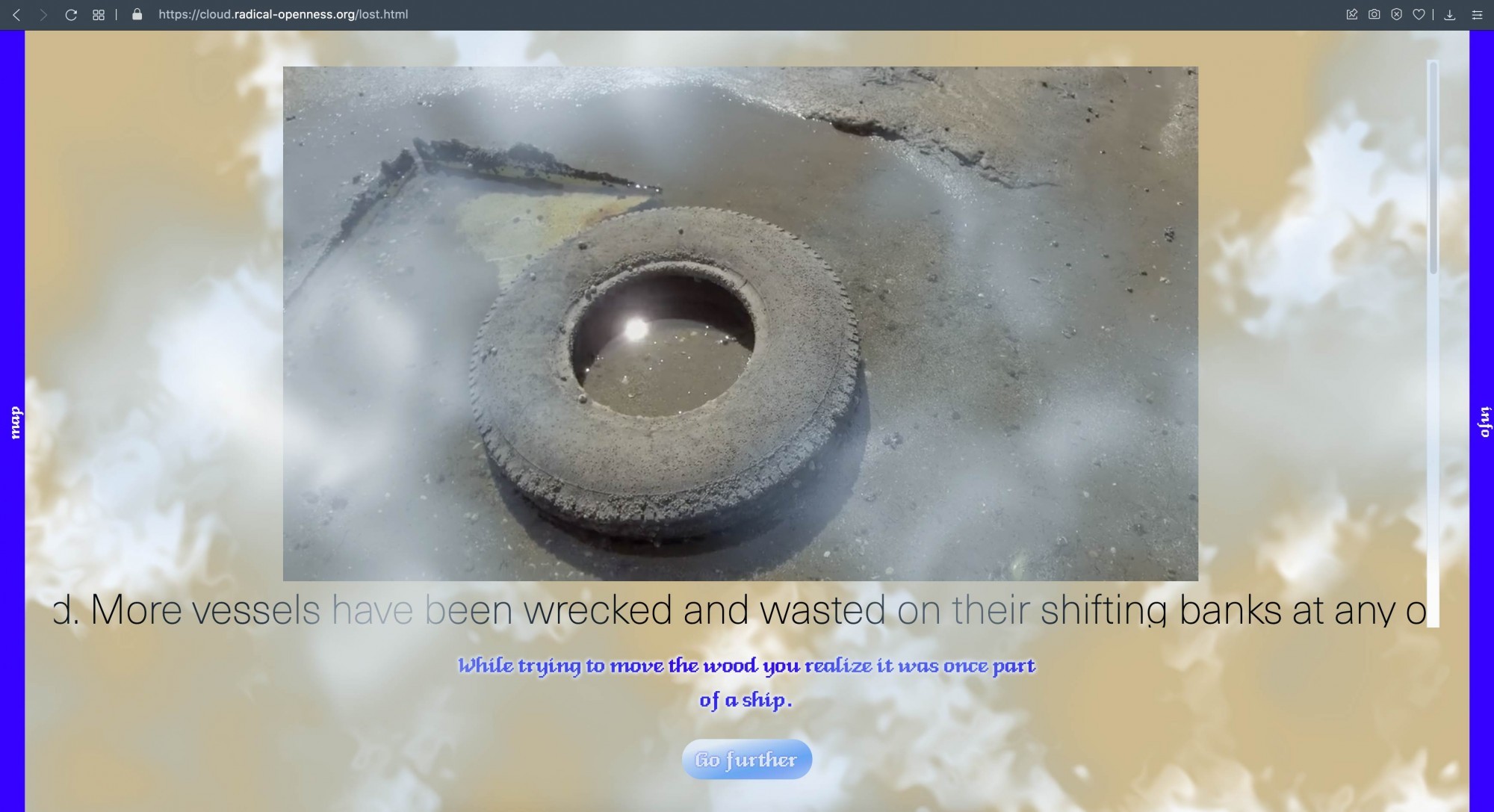

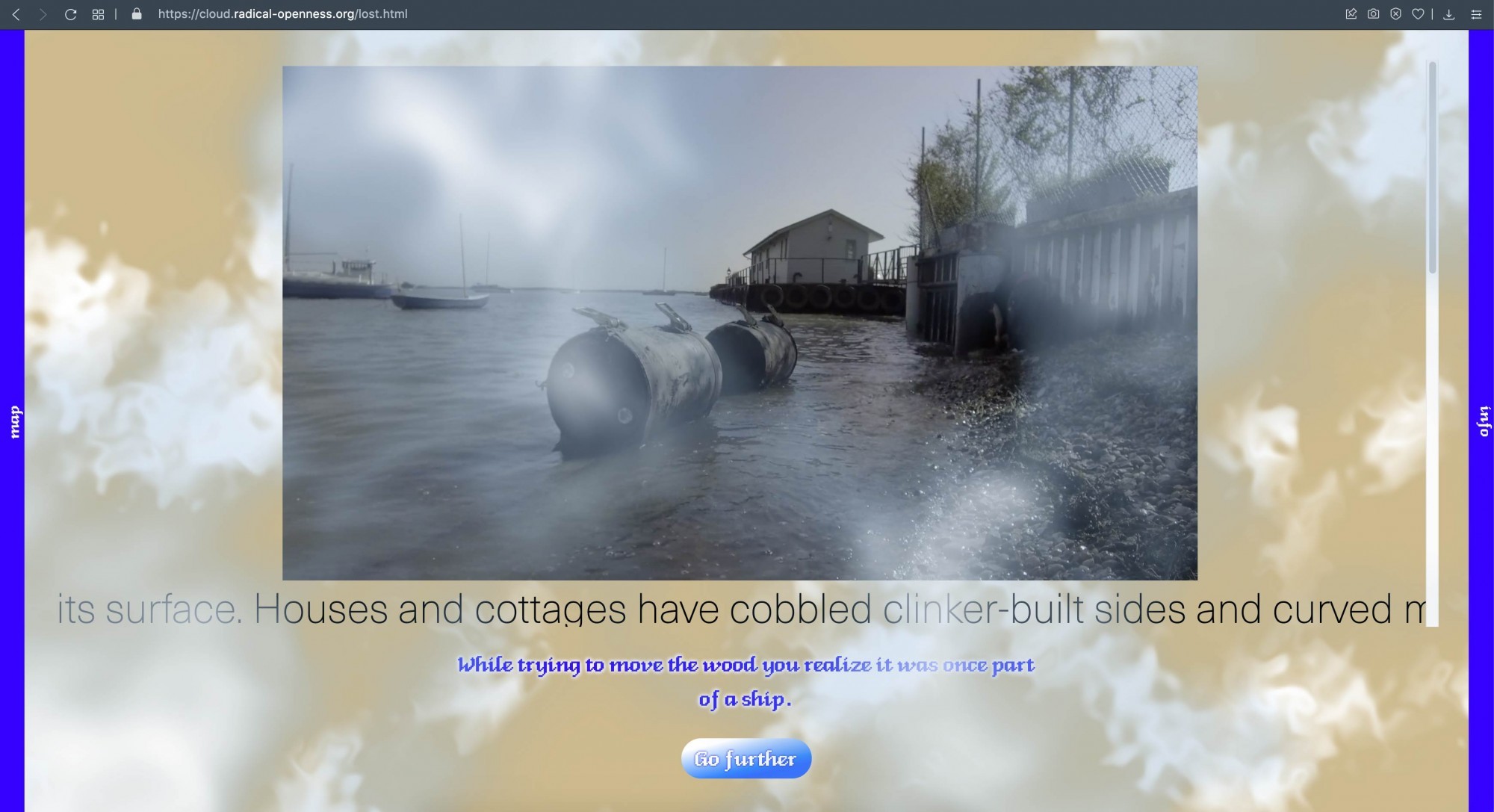

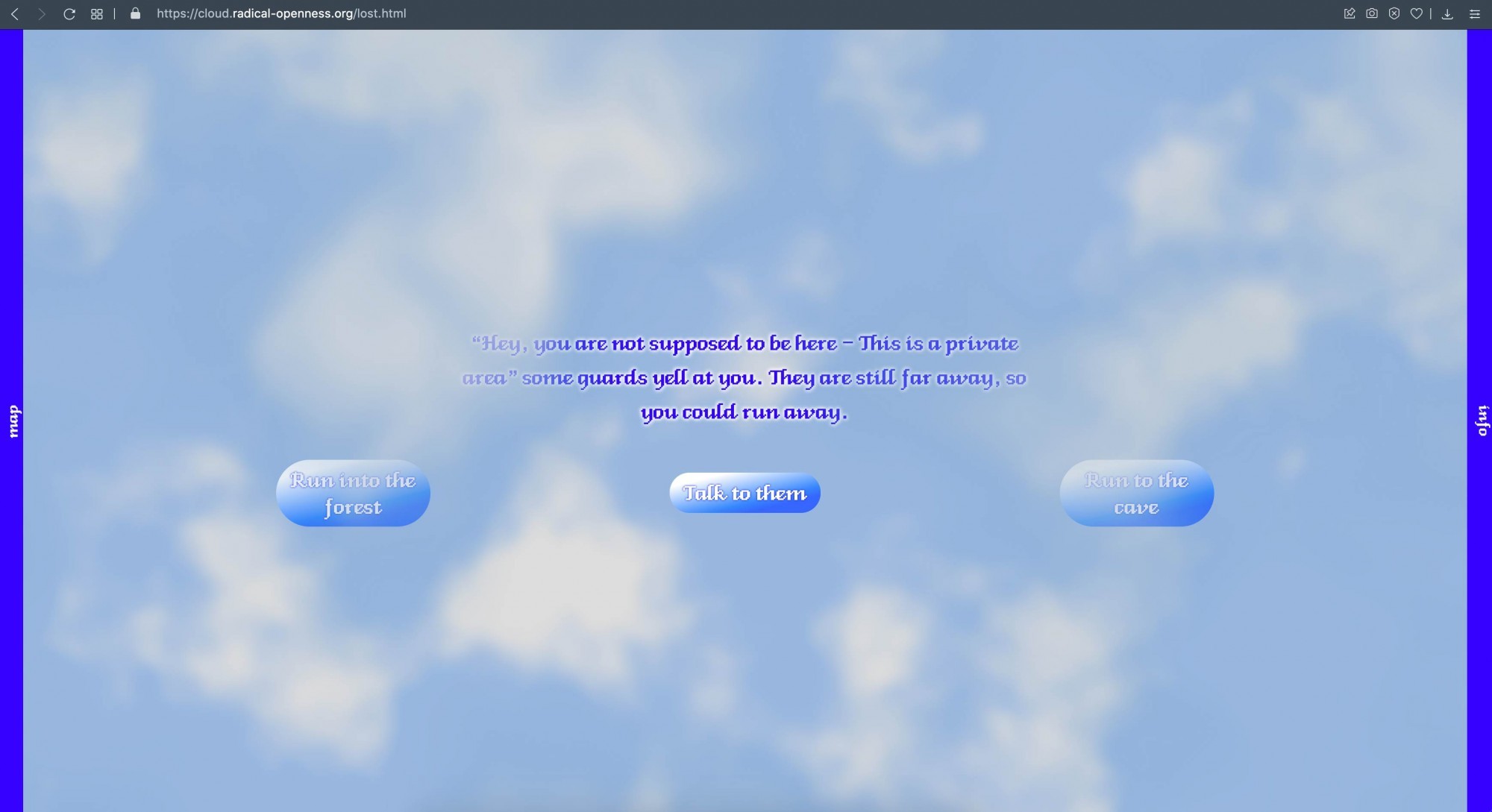
…
Somerset House Studios
Somerset House Studios
Carbon Rifts is an art-led enquiry which considers the ambiguity and complexity of carbon as a unit of measurement (of nature) and of abstraction. The installation offers a critical gaze onto carbon emissions, mensuration and valuation, through an experimental archaeology of wrecks. It proposes forests and foreshores as salvage sites for carbon incorporating questions such as salvage accumulation, waste management, indentured labour and slavery.
The installation questions the emphasis of the green economy on flow oriented ontologies and network structures whose systemic violence affords a tree to operate as the ultimate siphon between the exhaust of a sweatshop and climate change data banks; or in which designer furniture such as the Paimio chair can become a sleek apparatus for carbon storage, exchange or accumulation.
It contains an interface that randomly loads clips from a large database of Carbon Rifts documentation (the process of unearthing (floating) and gathering wreck wood), a "Slinger" salvaged Montague whaler wreck, a scale, a database video (indefinite length), a video loop 9'00", a wreck wood carbon value (updated in real-time) 600cm x 300cm, asphalt deposit from Pitch Lake (Trinidad) and Sperm Whale oil.
Credits:
The interface is a fork of YoHa's automaton editor.
Live carbon futures pricing was programmed by Alessia Milo, and can be found at carbonderivation.space.
Acknowledgements:
Carbon Rifts would not have been possible without the special support of YoHa (Yokokoji, Harwood) and collaboration from Belton Way Small Craft Club, Leigh Heritage Centre, Southend Borough Council, Alessia Milo, Lani Harwood, Paul Huxler, Brum, Michael Meddle, & Norman Day, among many others. Carbon Rifts was commissioned with the generous support of the London Community Foundation and Cockayne - Grants for the Art, for the Complex Value$ exhibition at the Somerset House Studios.
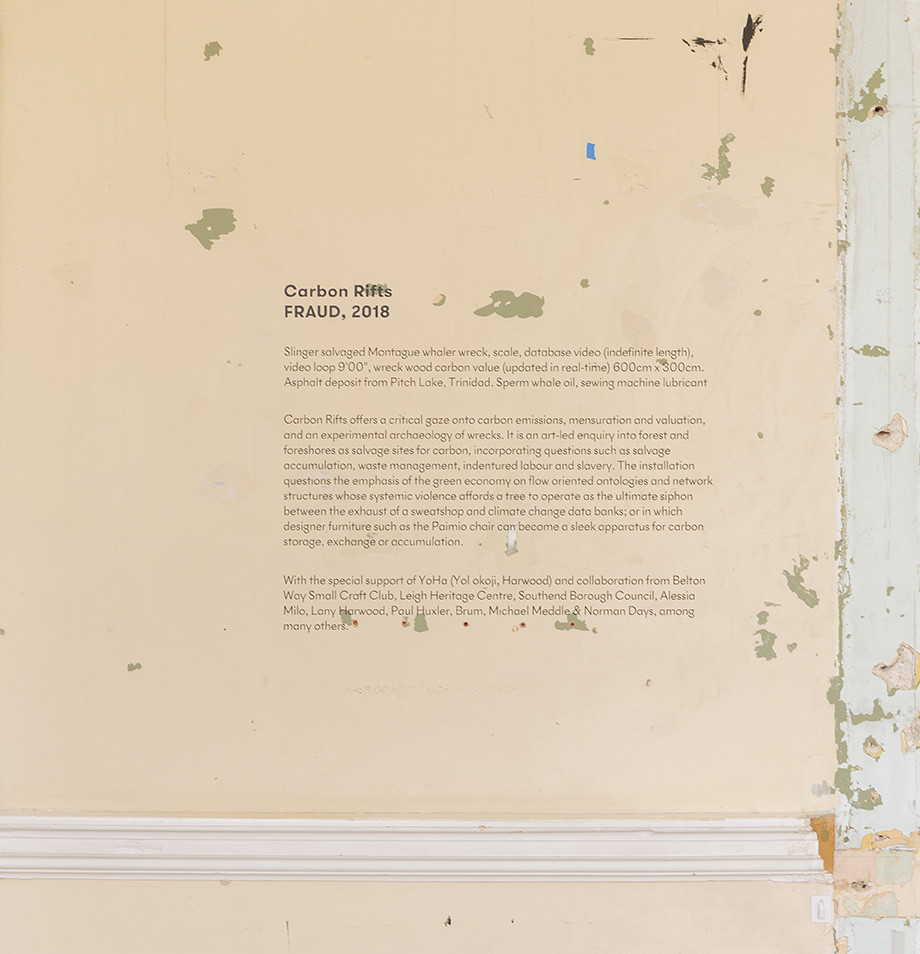
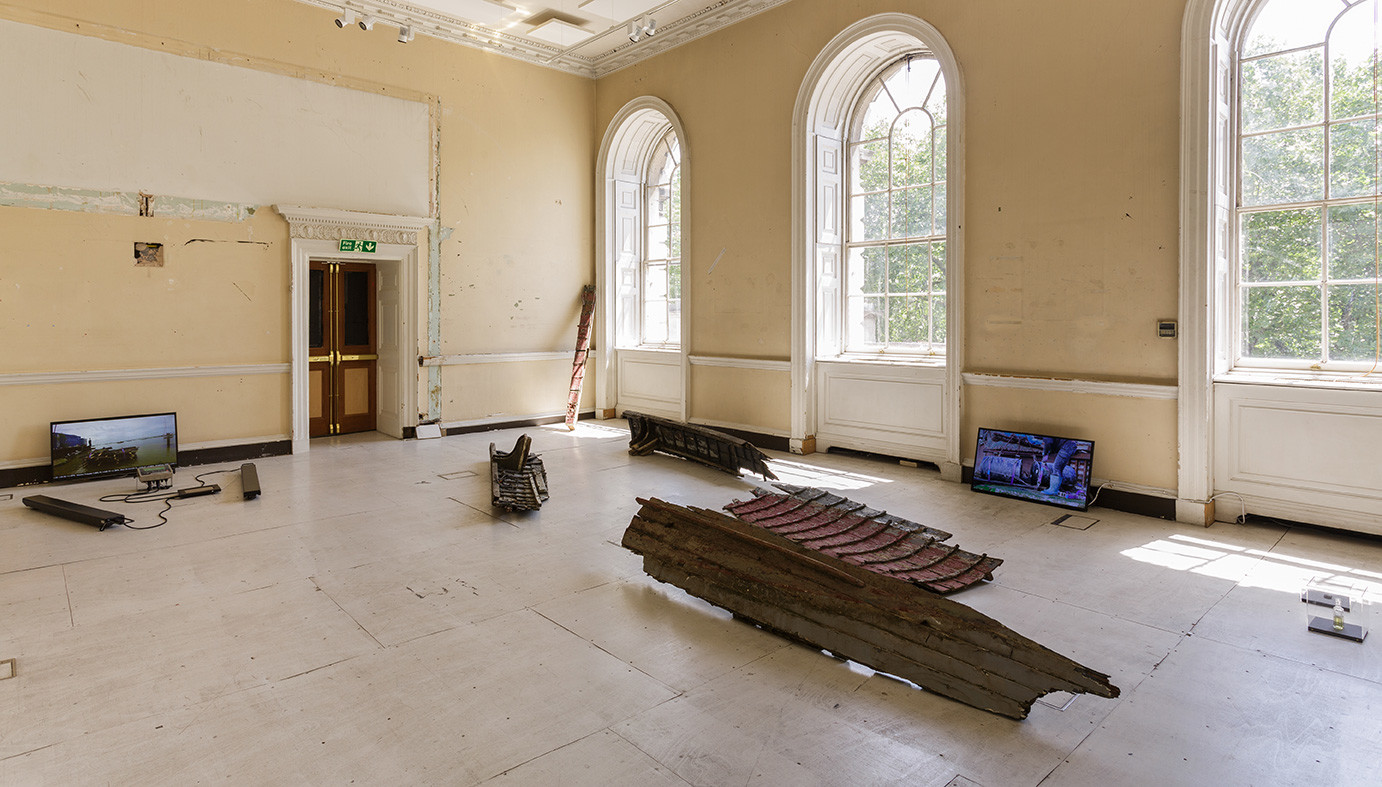

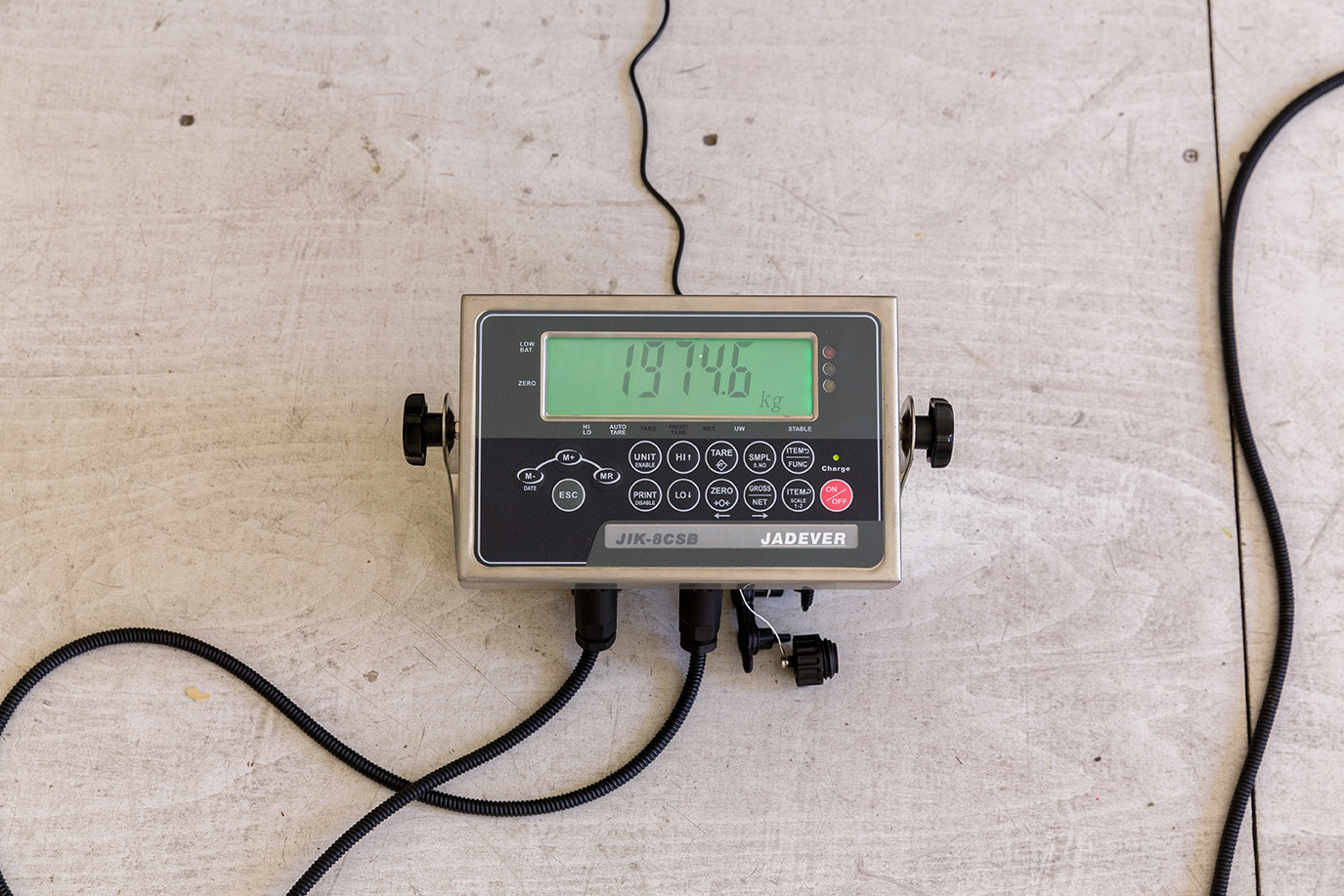
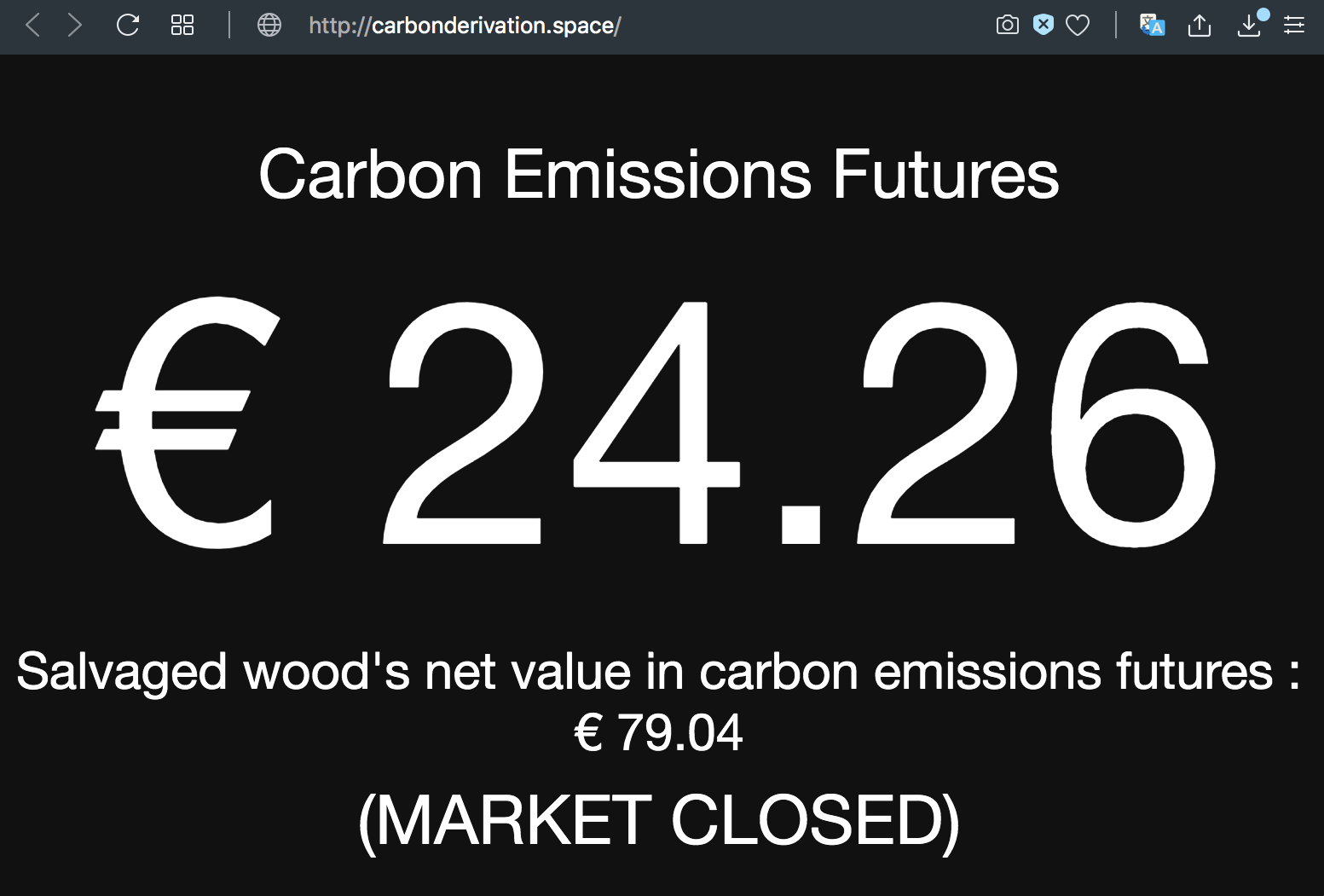
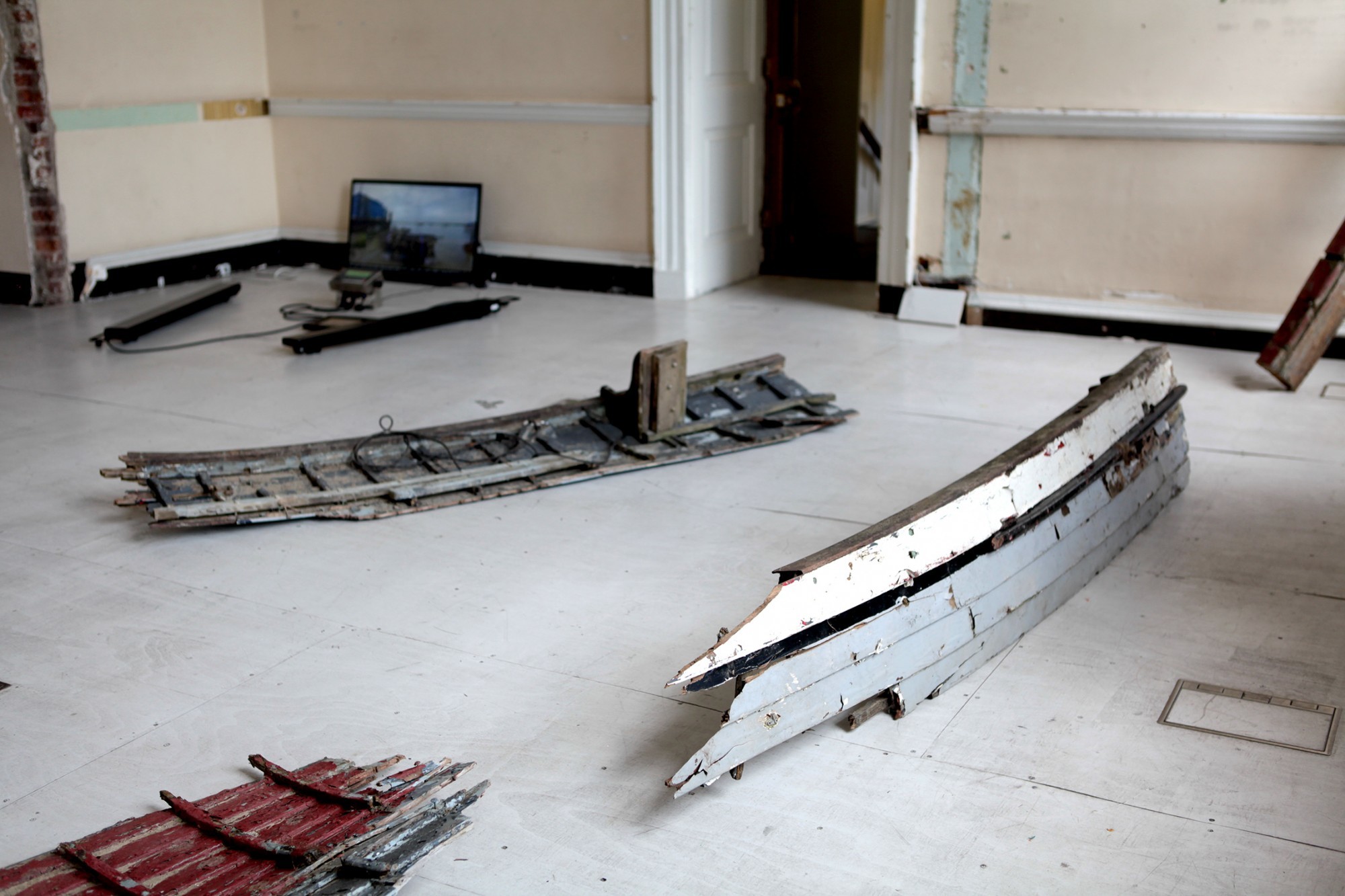
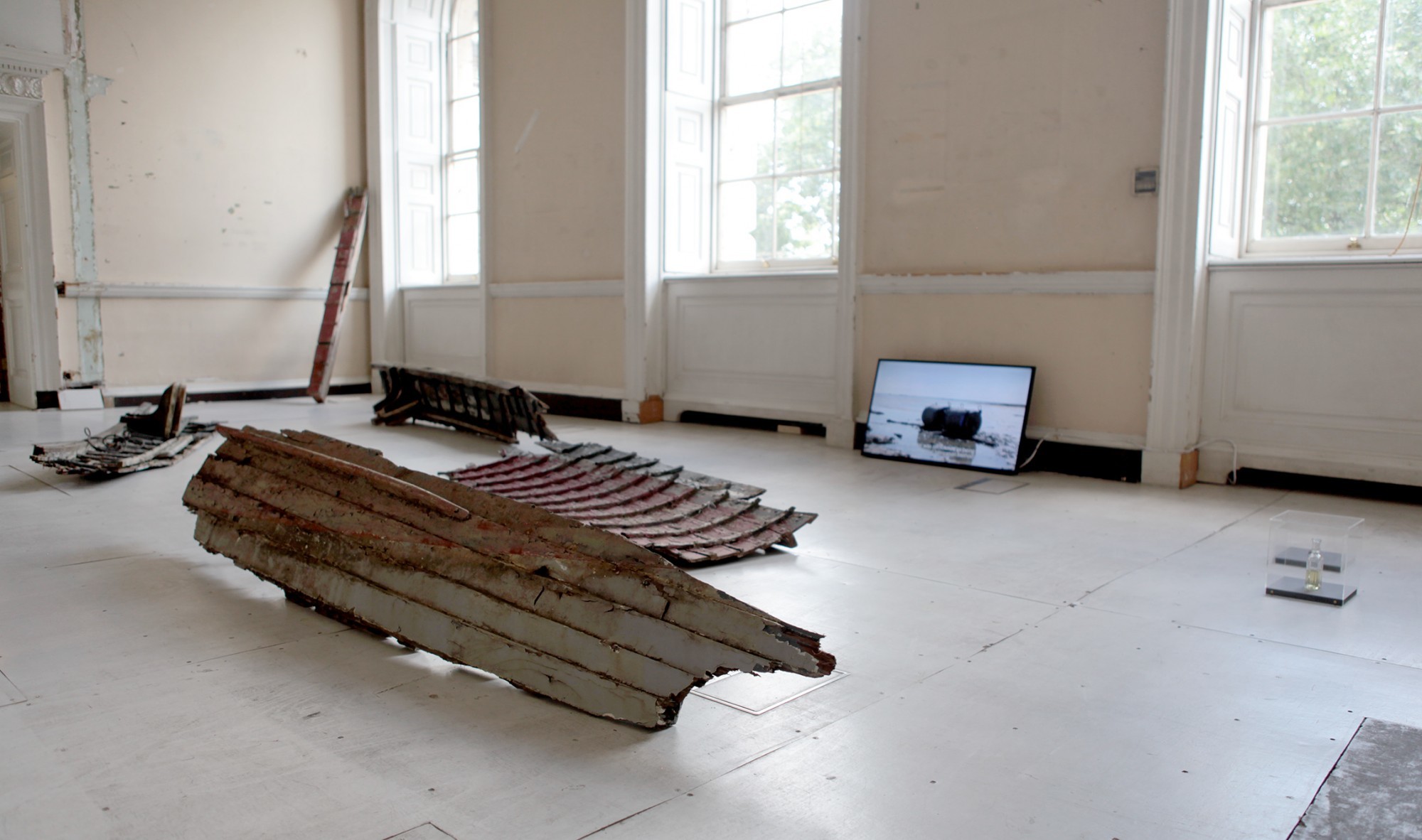

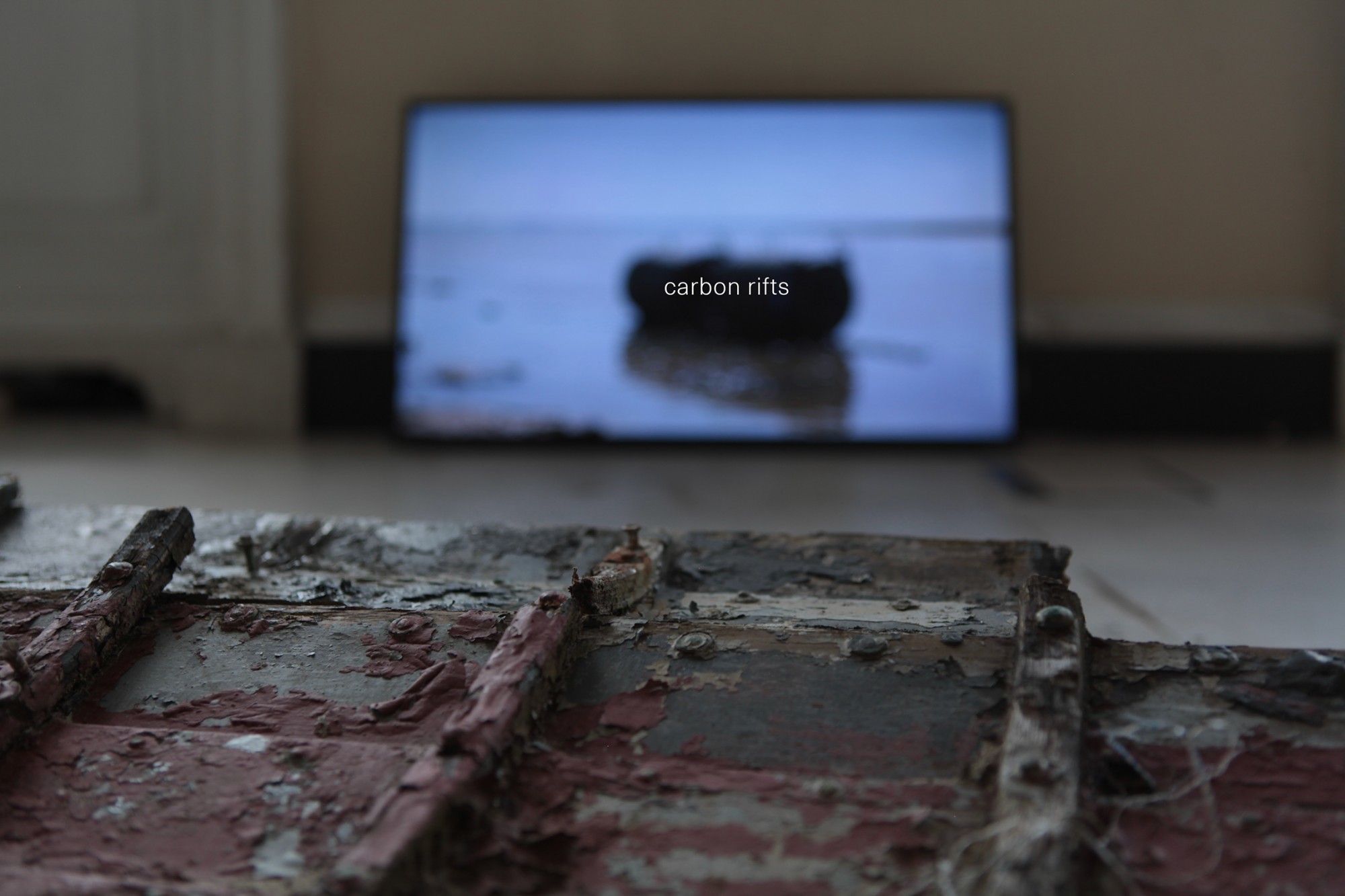



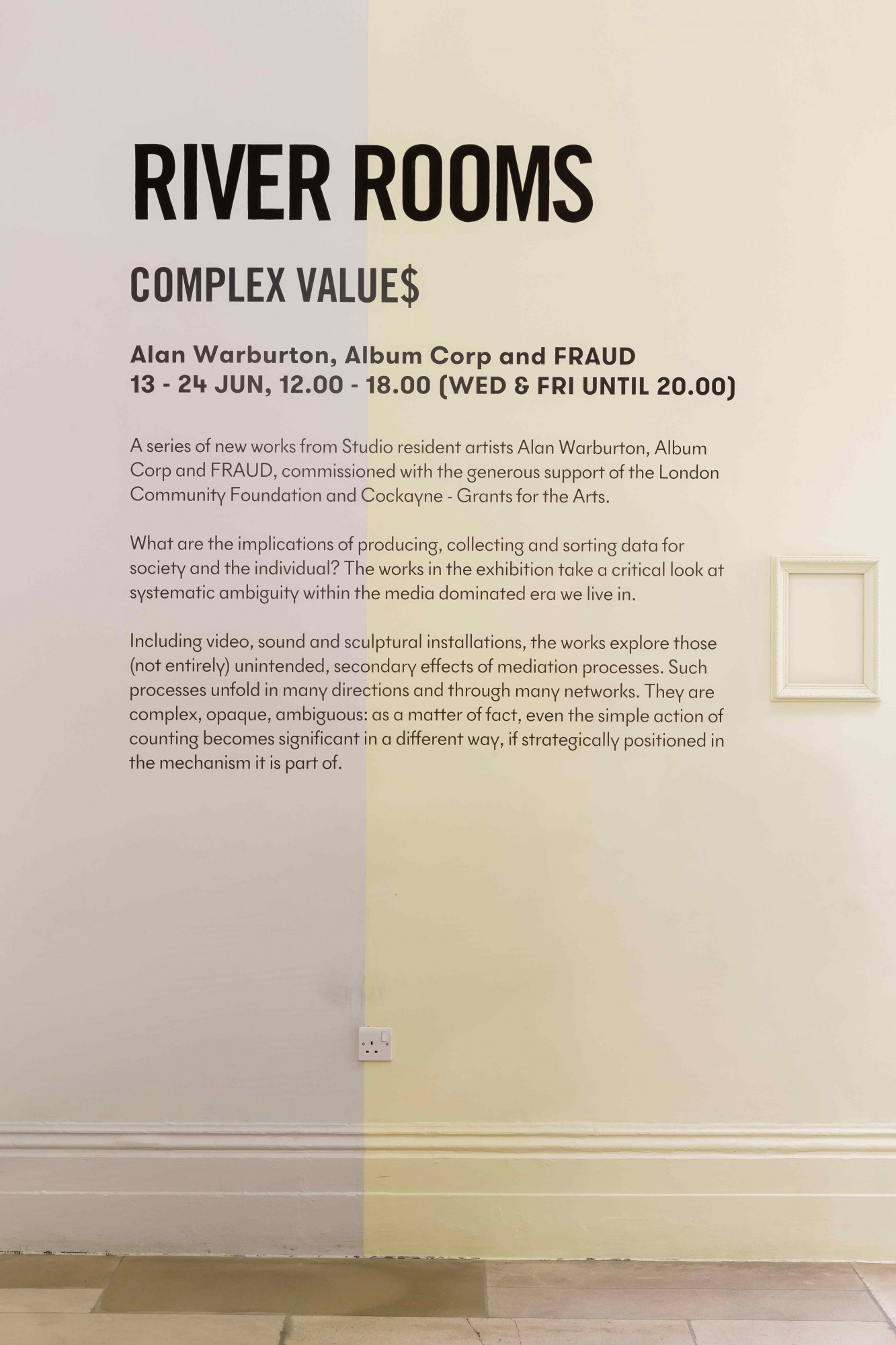
…
Salon Suisse
Salon Suisse

Carbon Derivaties examined the conflicts arising from market involvement in the management of ‘nature’, and the ties between the forest as a storage resource of carbon, the boreal forest’s disappearance and emission trading systems (ETS). For ATARAXIA,





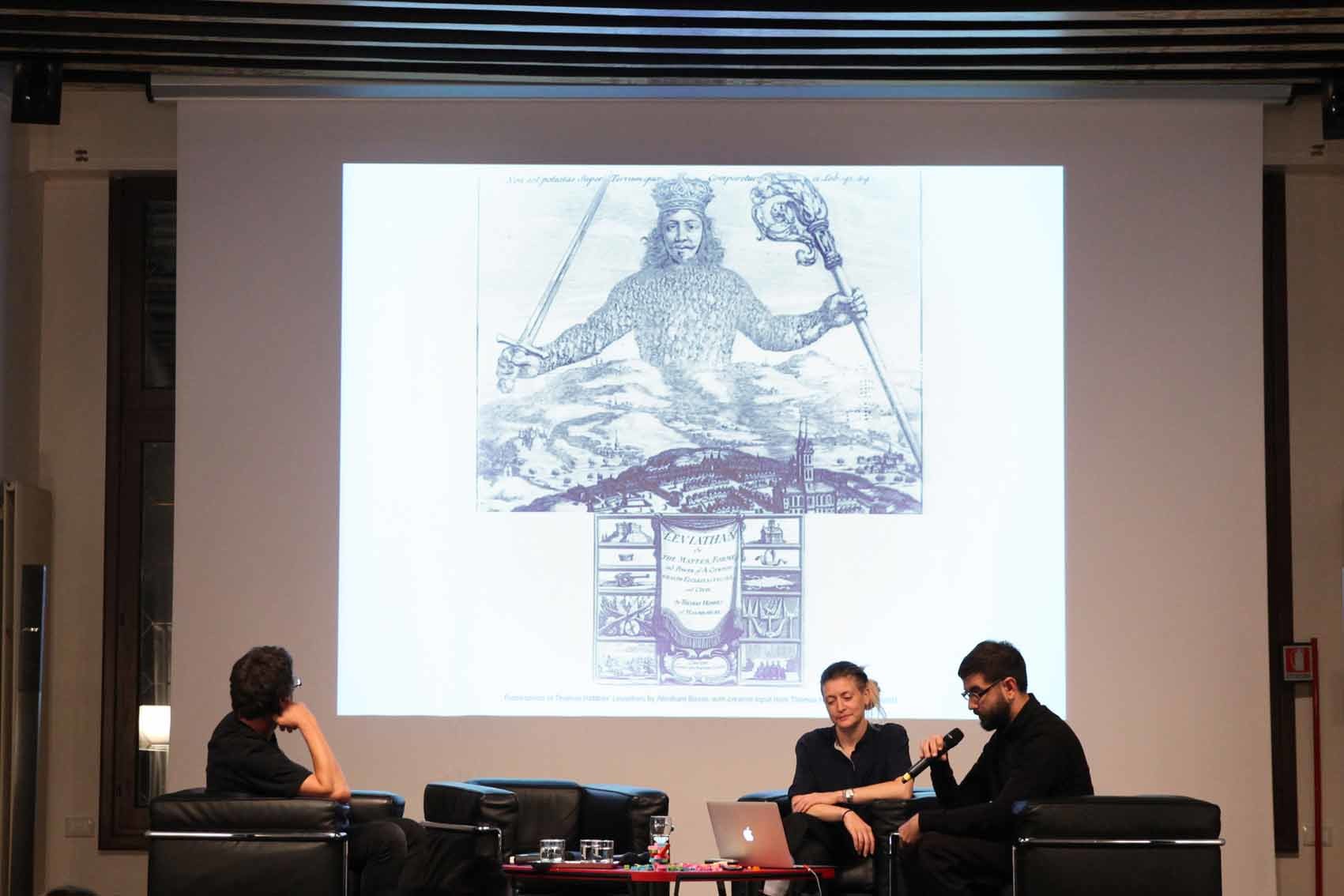

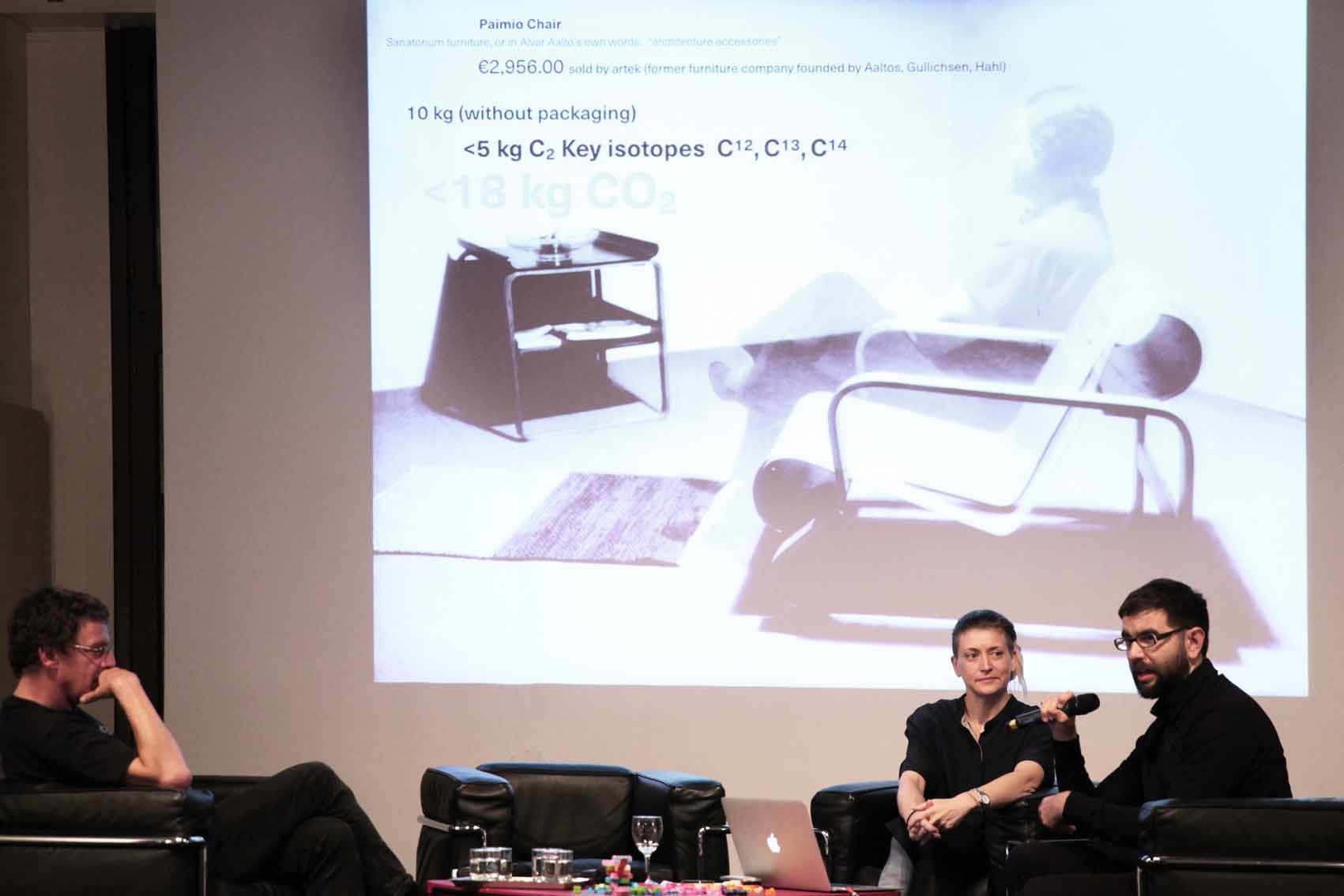

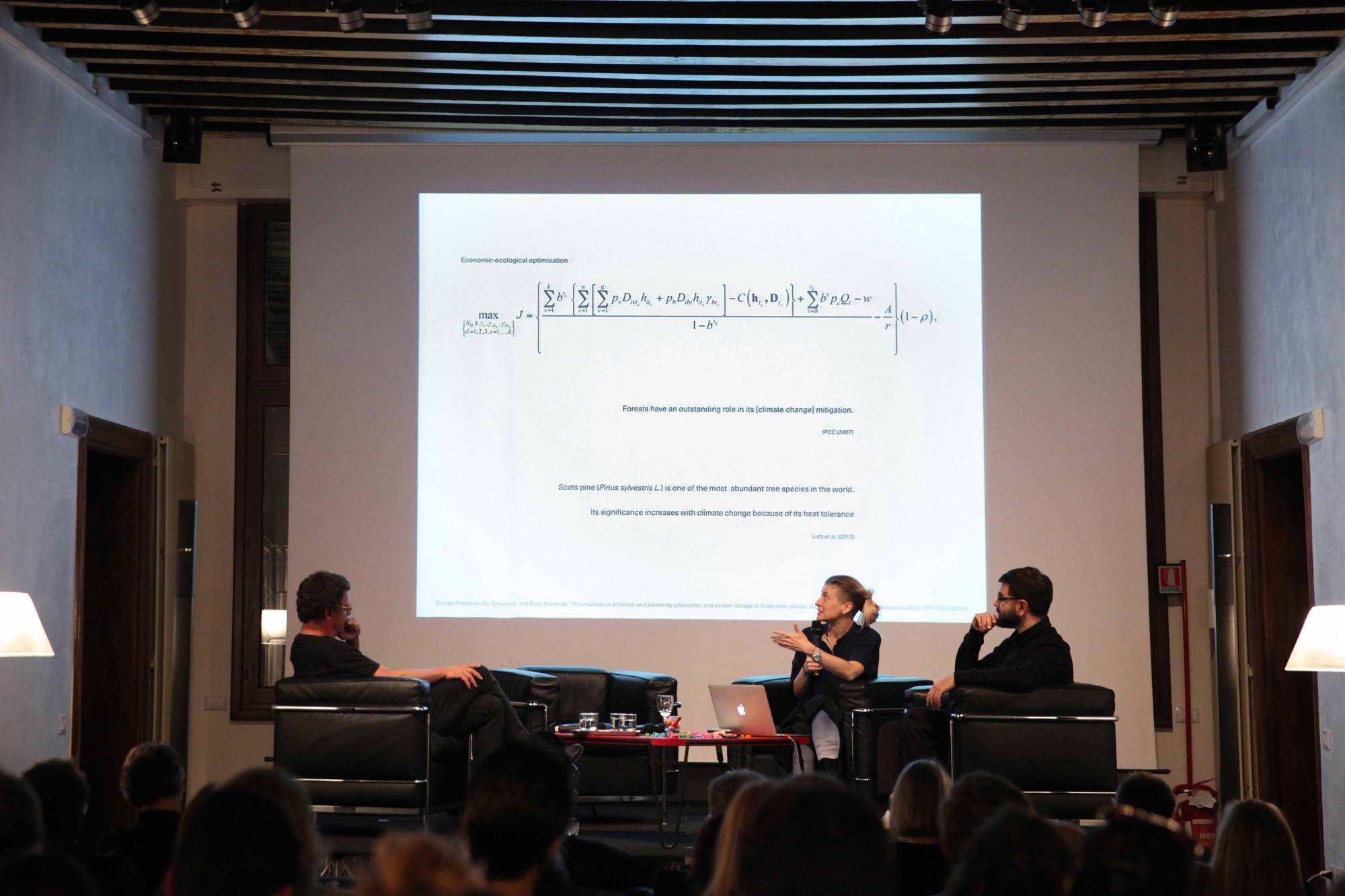

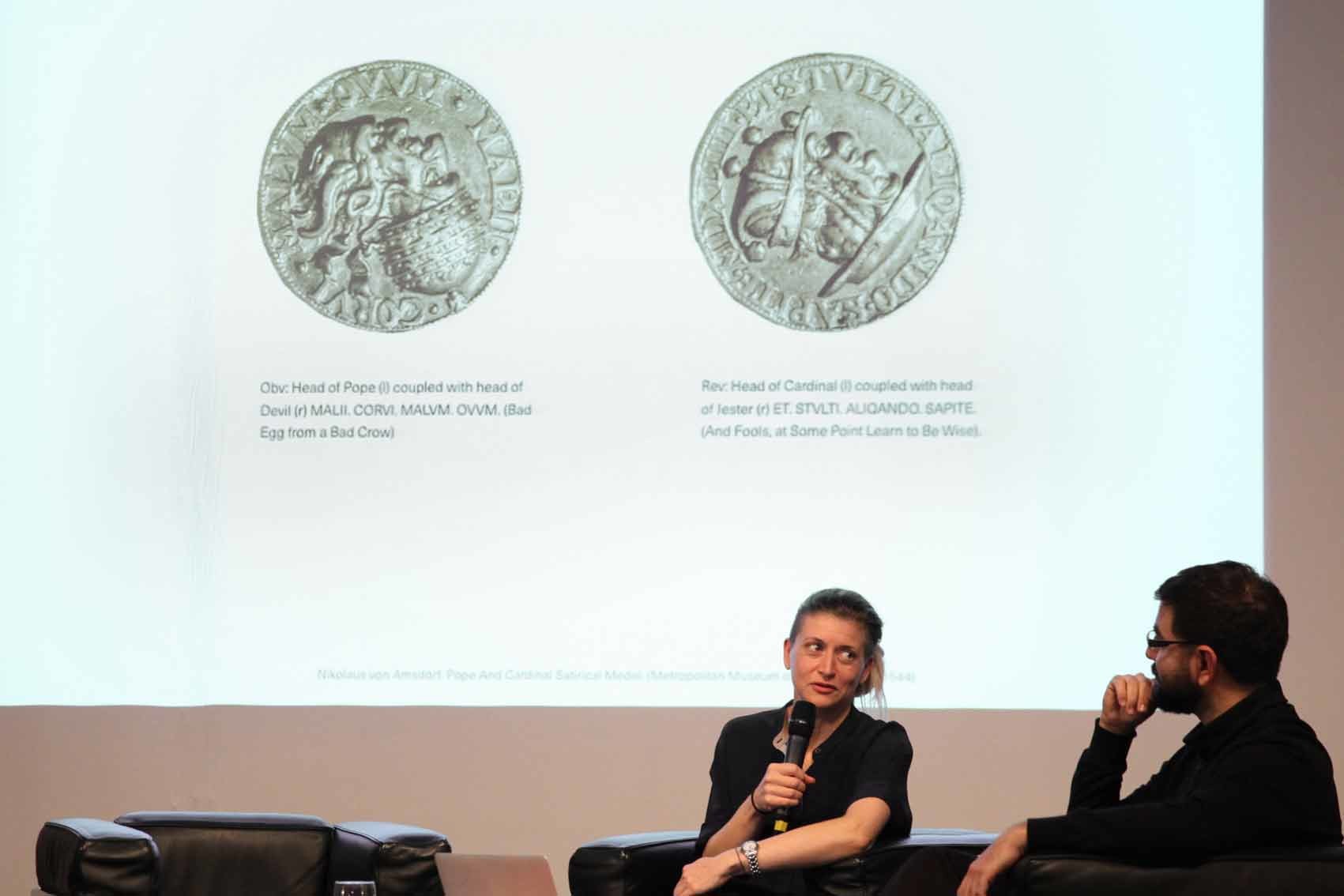



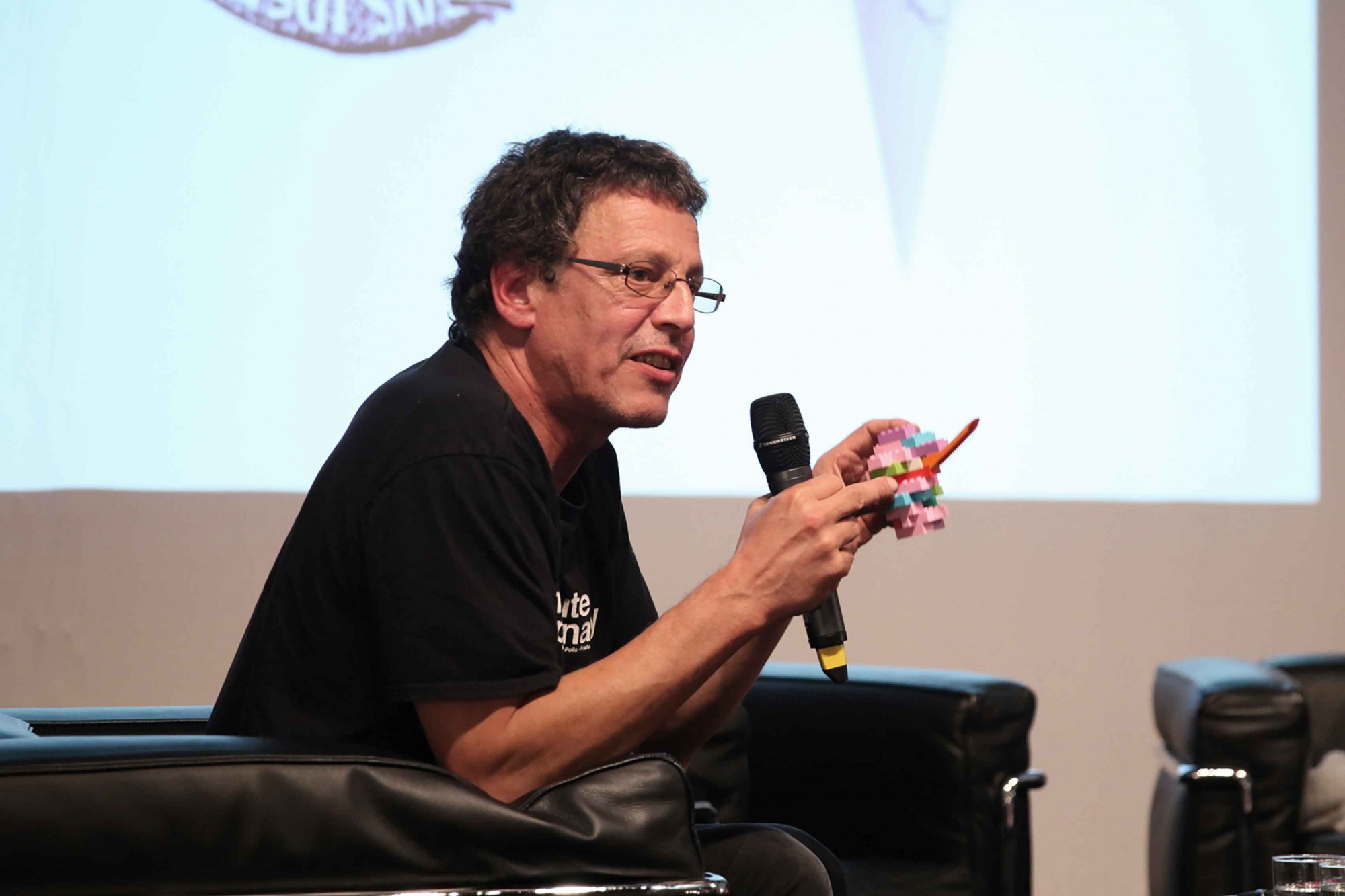



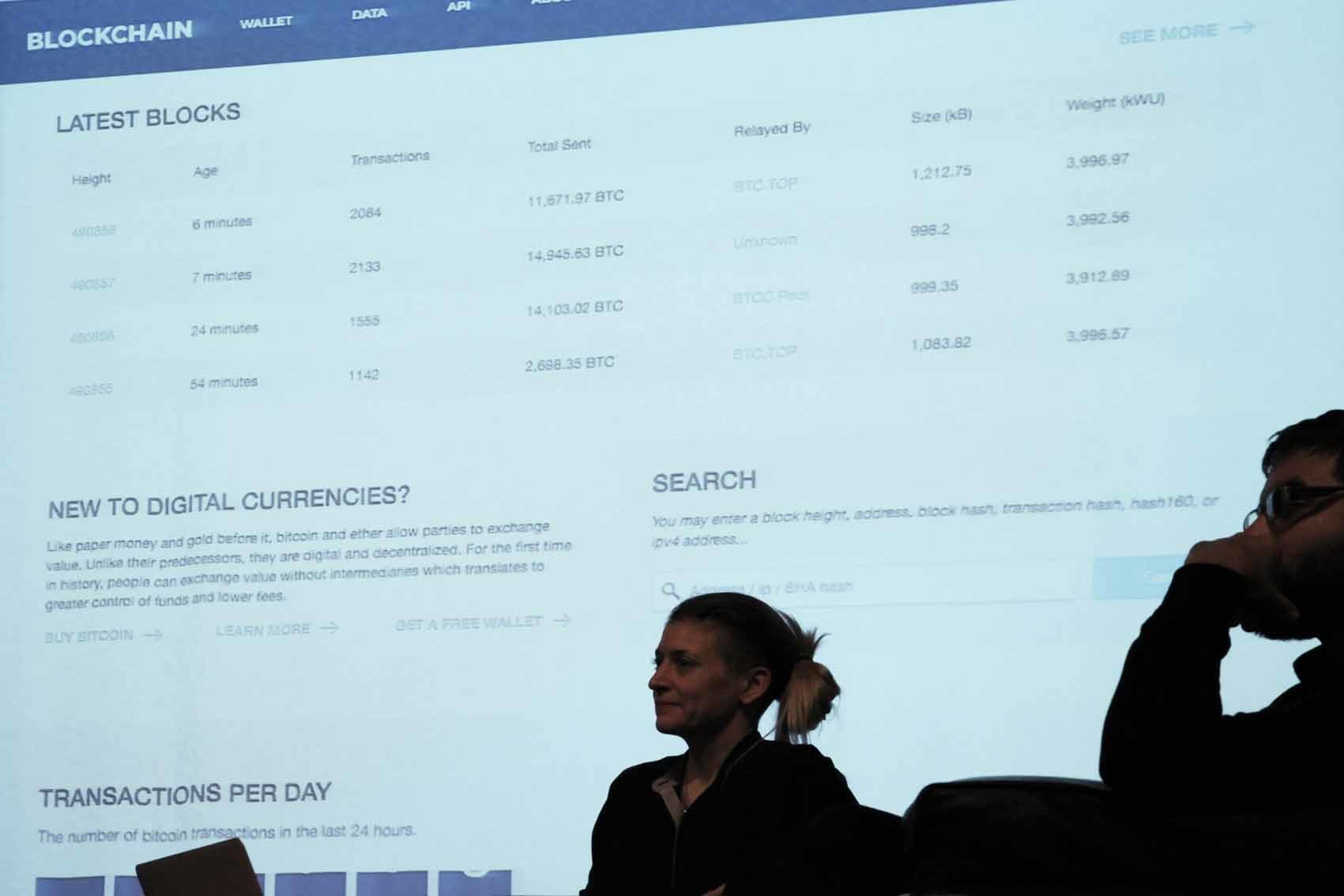



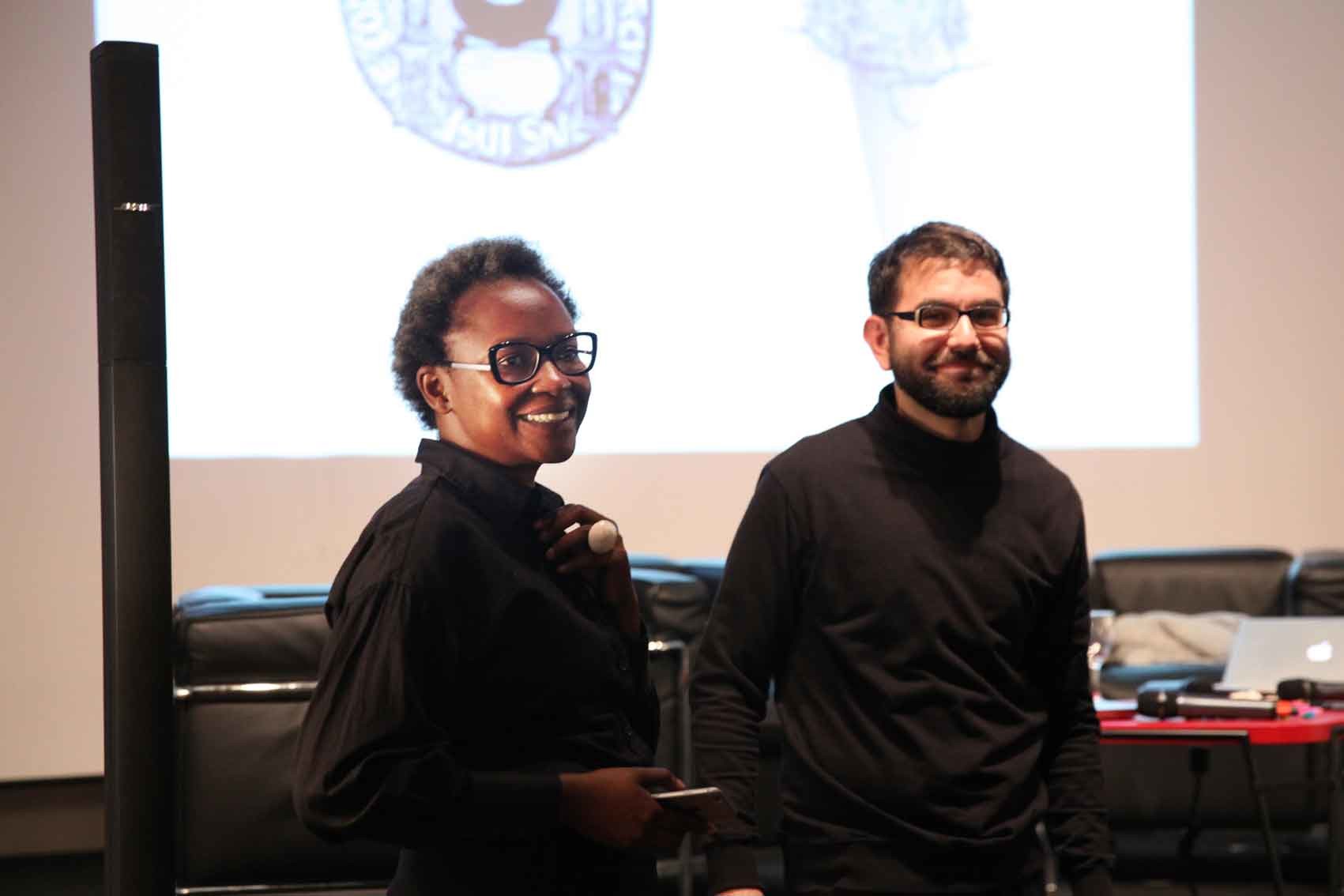

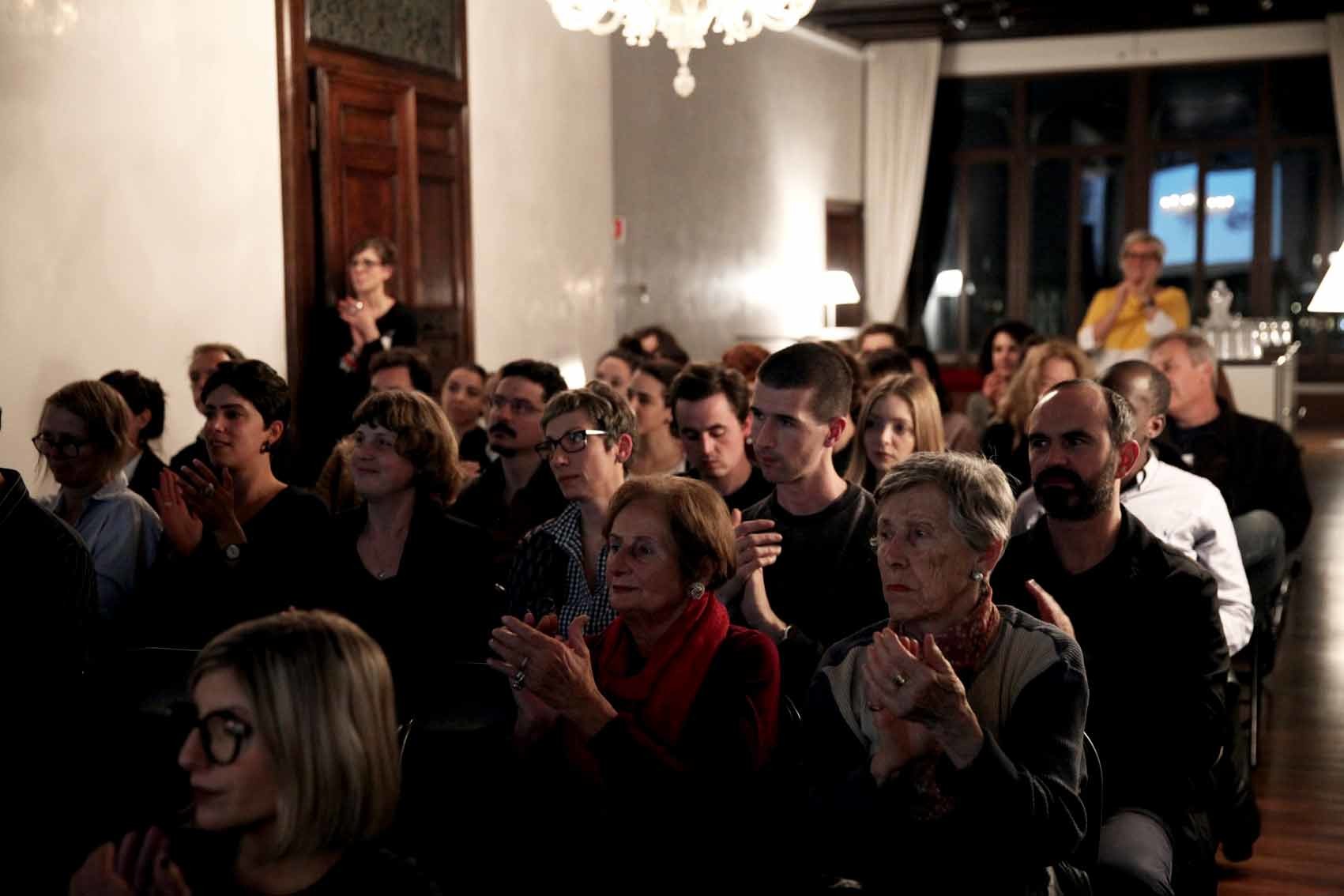

…
TEA Tenerife Espacio de las Artes
TEA Tenerife Espacio de las Artes
Para que haya fiesta tiene que danzar el bosque is curated by Michy Marxuach in collaboration with multiple transhemispheric voices. The show runs from the 2nd of July to the 26th of September 2021 at TEA Tenerife Espacio de las Artes in the Canary Islands, Spain.
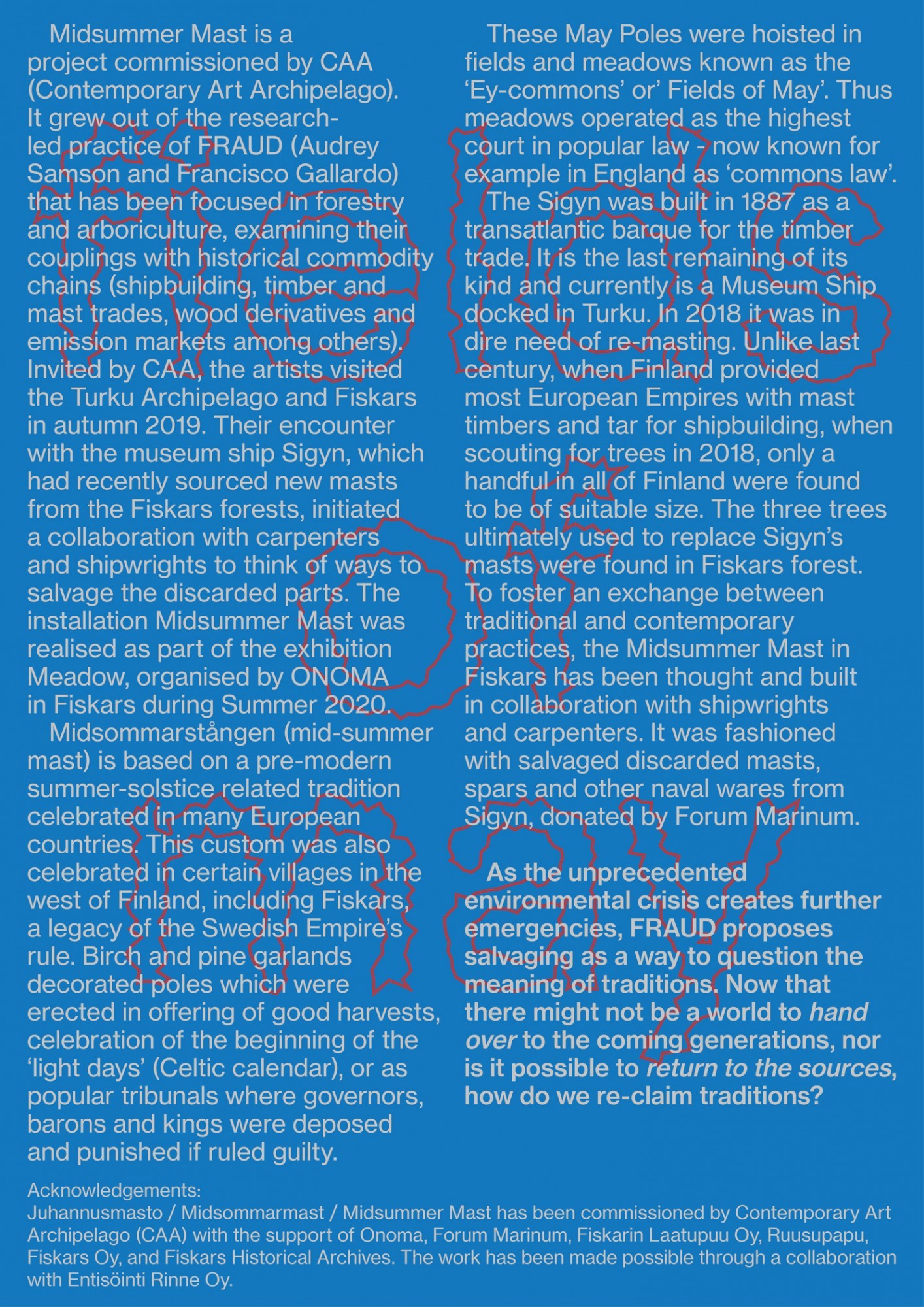

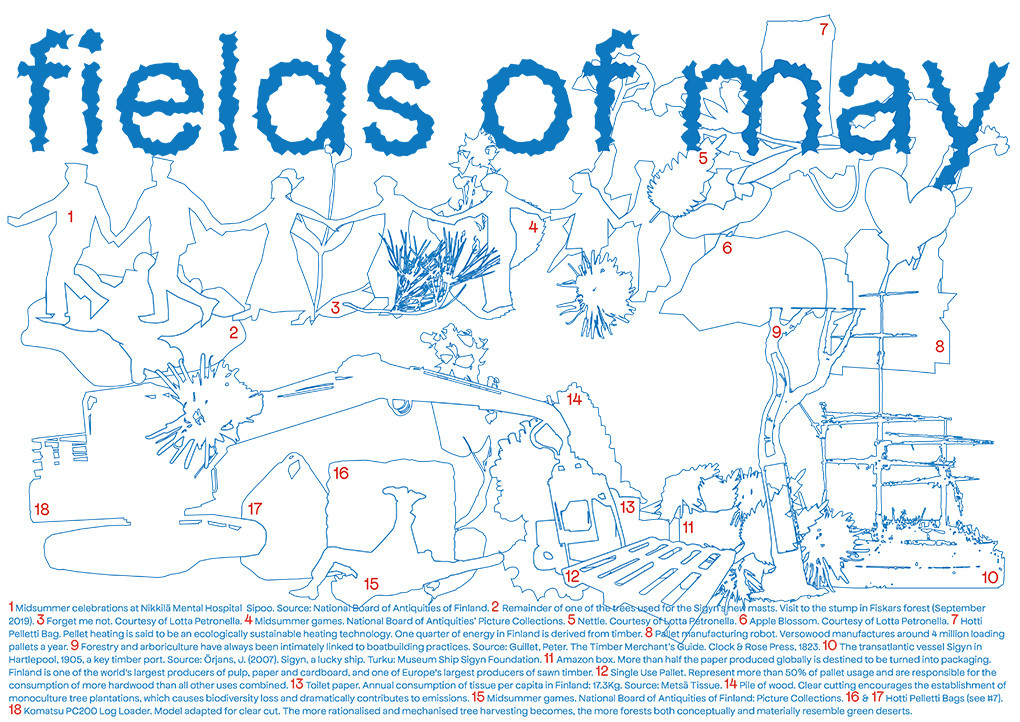

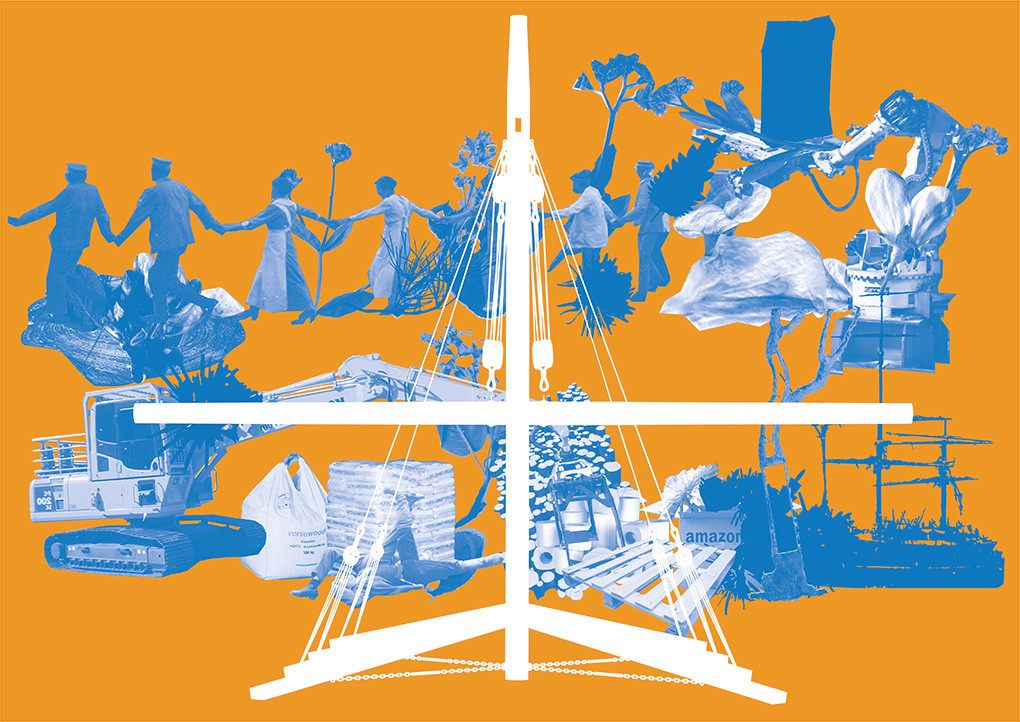

…
Fiskars Village
Fiskars Village
Meadow was curated by Taru Elfving and produced by The Cooperative of Artisans, Designers and Artists in Fiskars ONOMA.

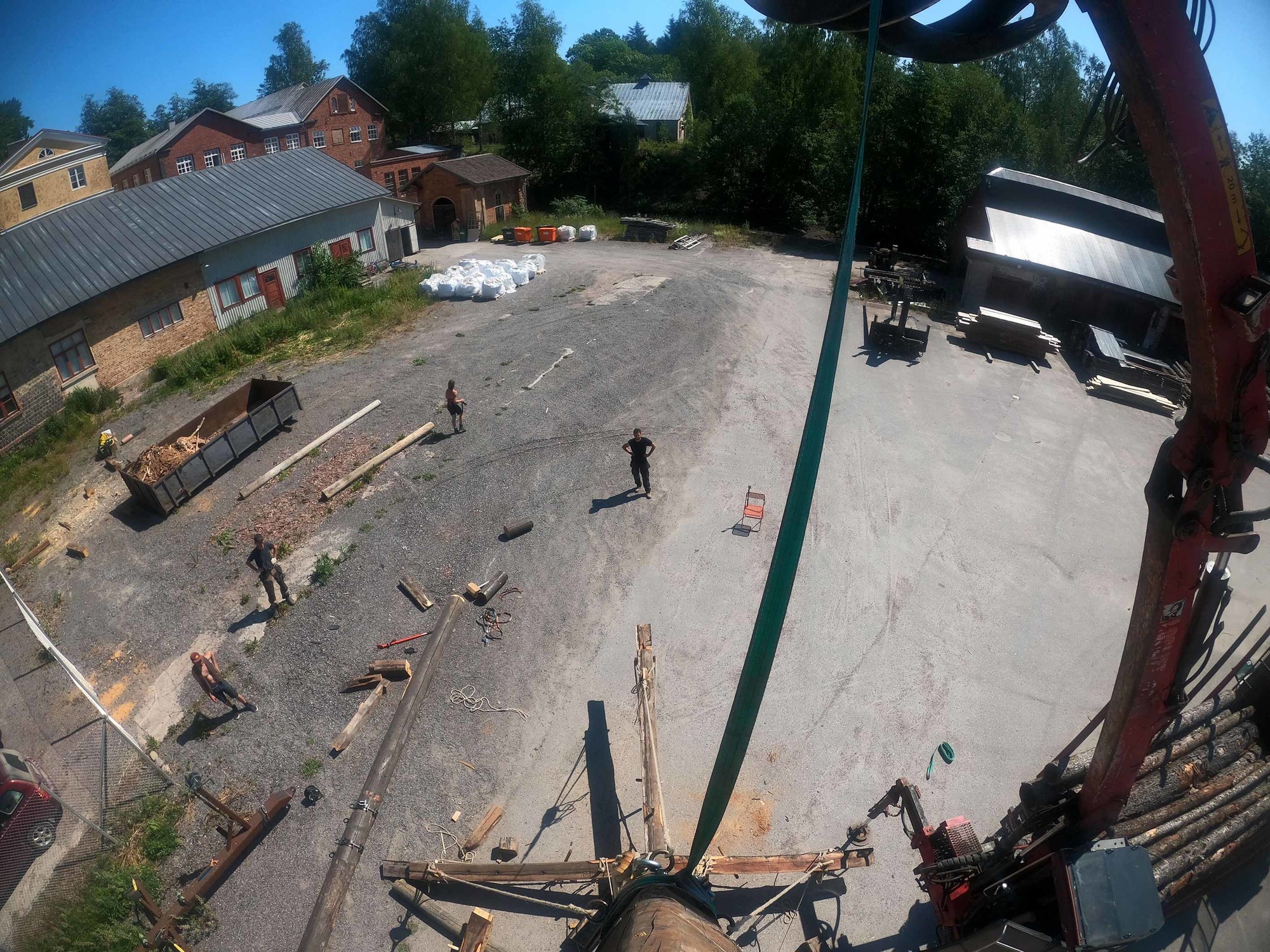

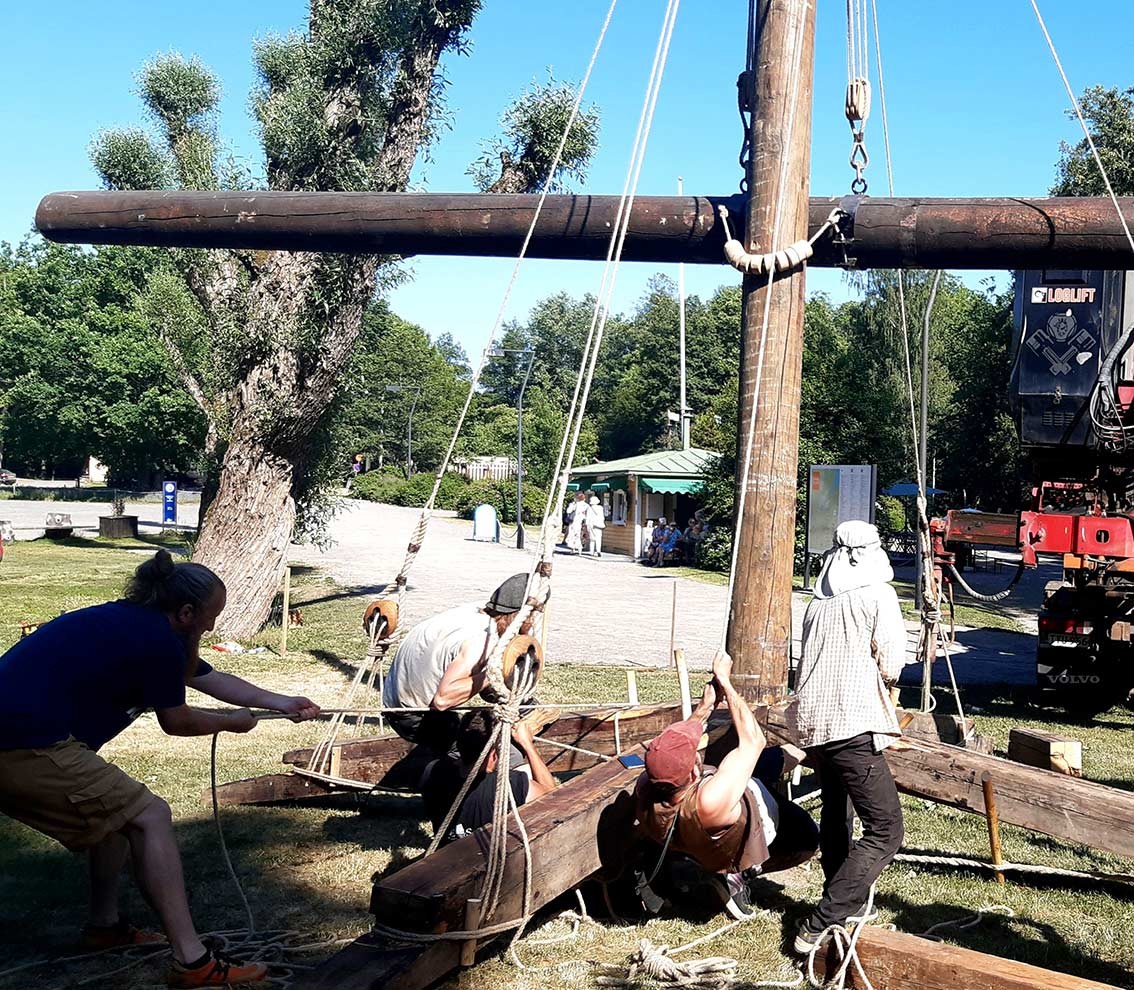

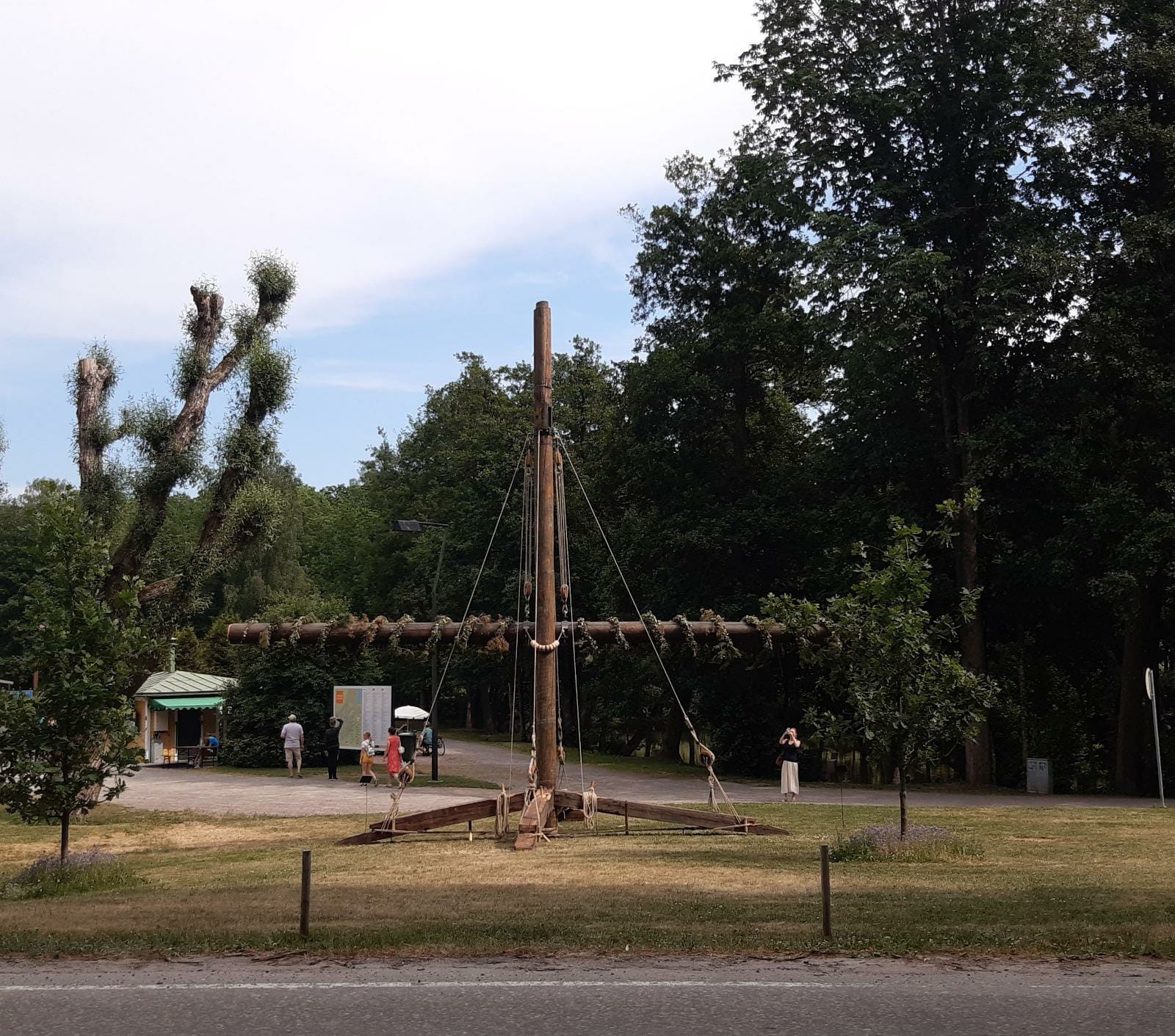
…
Varvintori Square
Varvintori Square
On the occasion of its hoisting, Midsummer Mast was adorned on Saturday 29th May with a birch garland, wild flowers and medicinal herbs in collaboration with artist Lotta Petronella. On Sunday 30th May we began the collection of testimonies before the mast, inspired by the tradition of Fields of May as popular tribunals, to interrogate blue growth and the bioeconomy. This is part of an ongoing project that will continue on the island of Seili (see Fields of May).
Midsummer Mast is commissioned and produced by CAA as part of Spectres in Change project, funded by Kone Foundation. It is presented in Turku in co-operation with Forum Marinum and supported by the City of Turku. The mast was first presented in Fiskars as part of the exhibition Meadow during summer 2020 in collaboration with ONOMA.

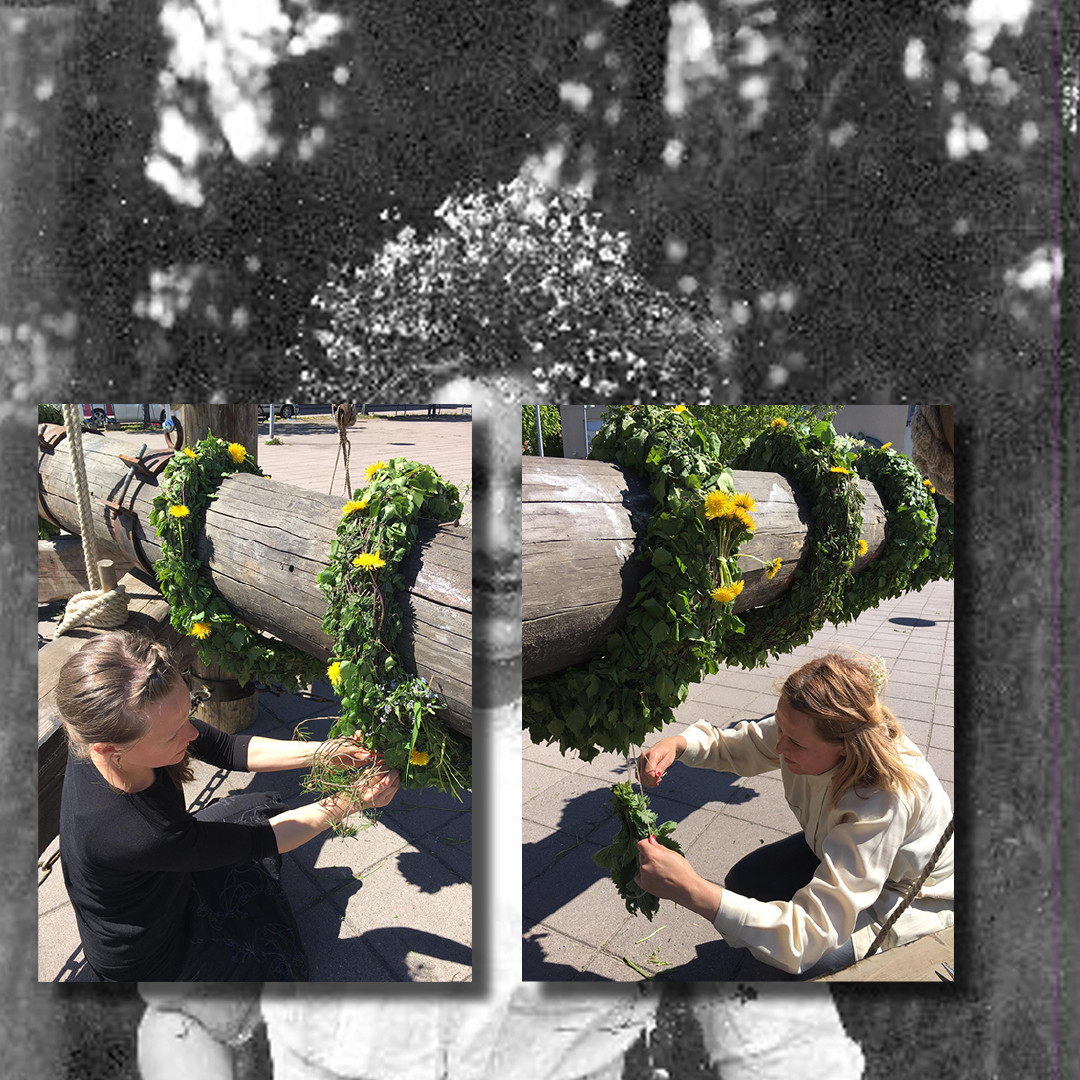


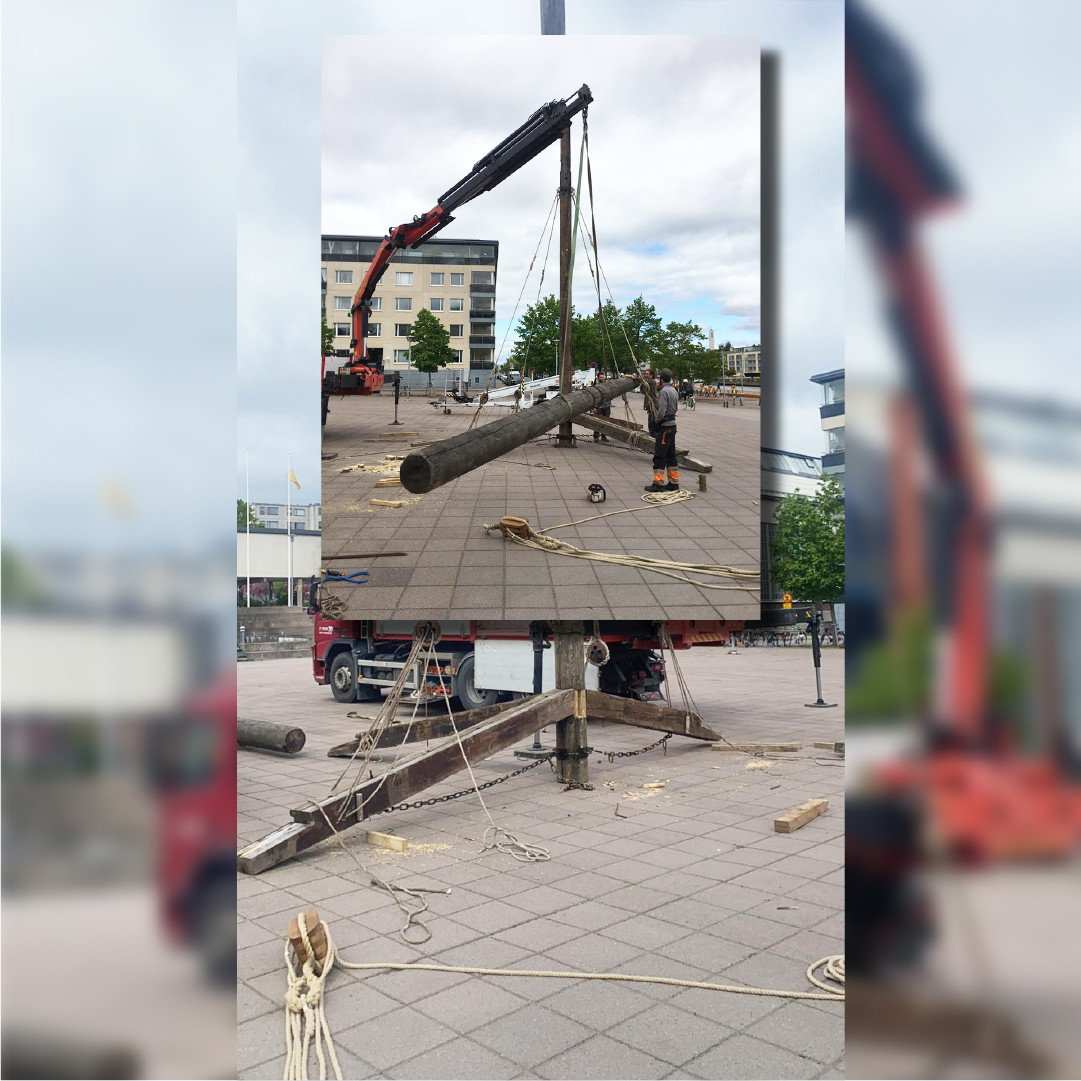
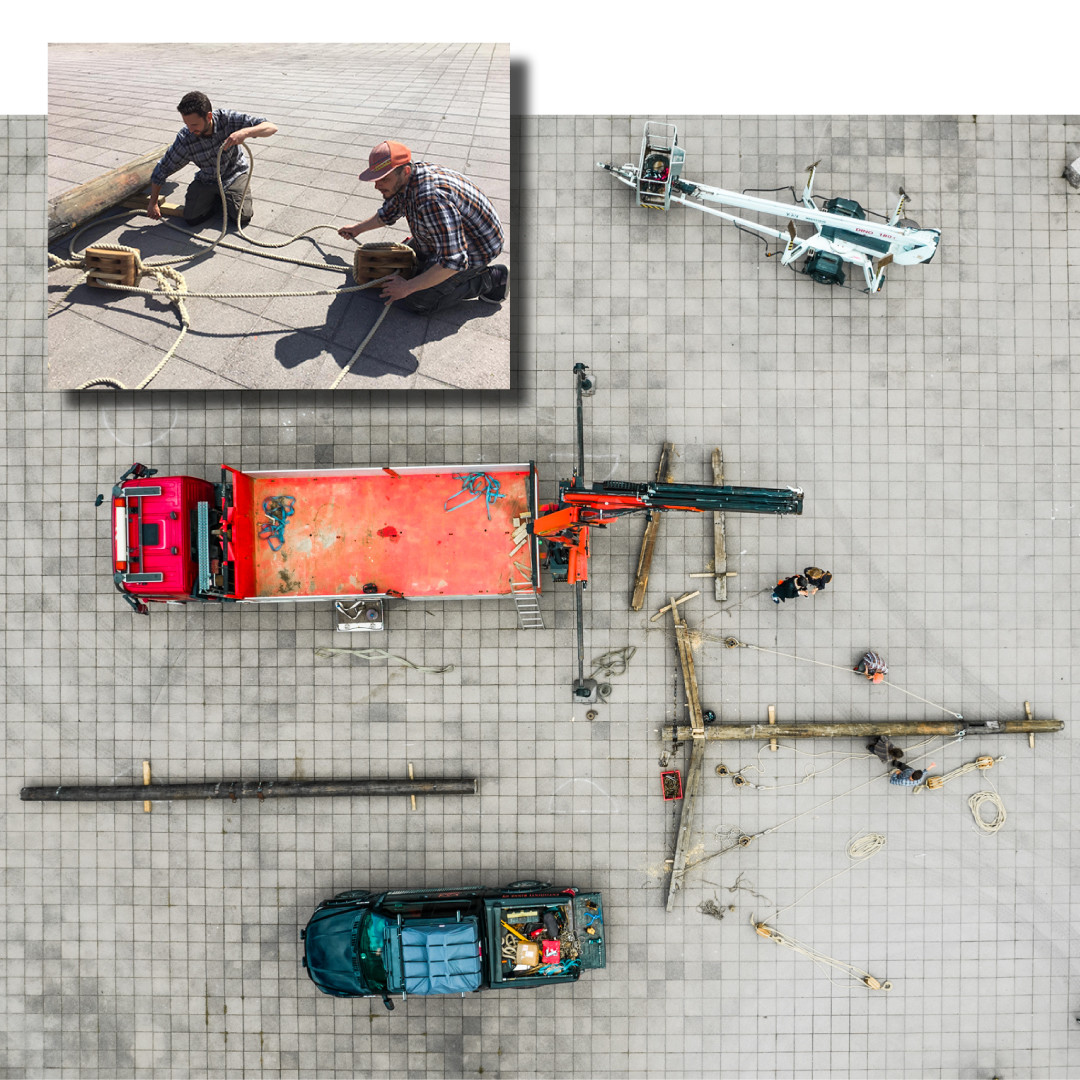
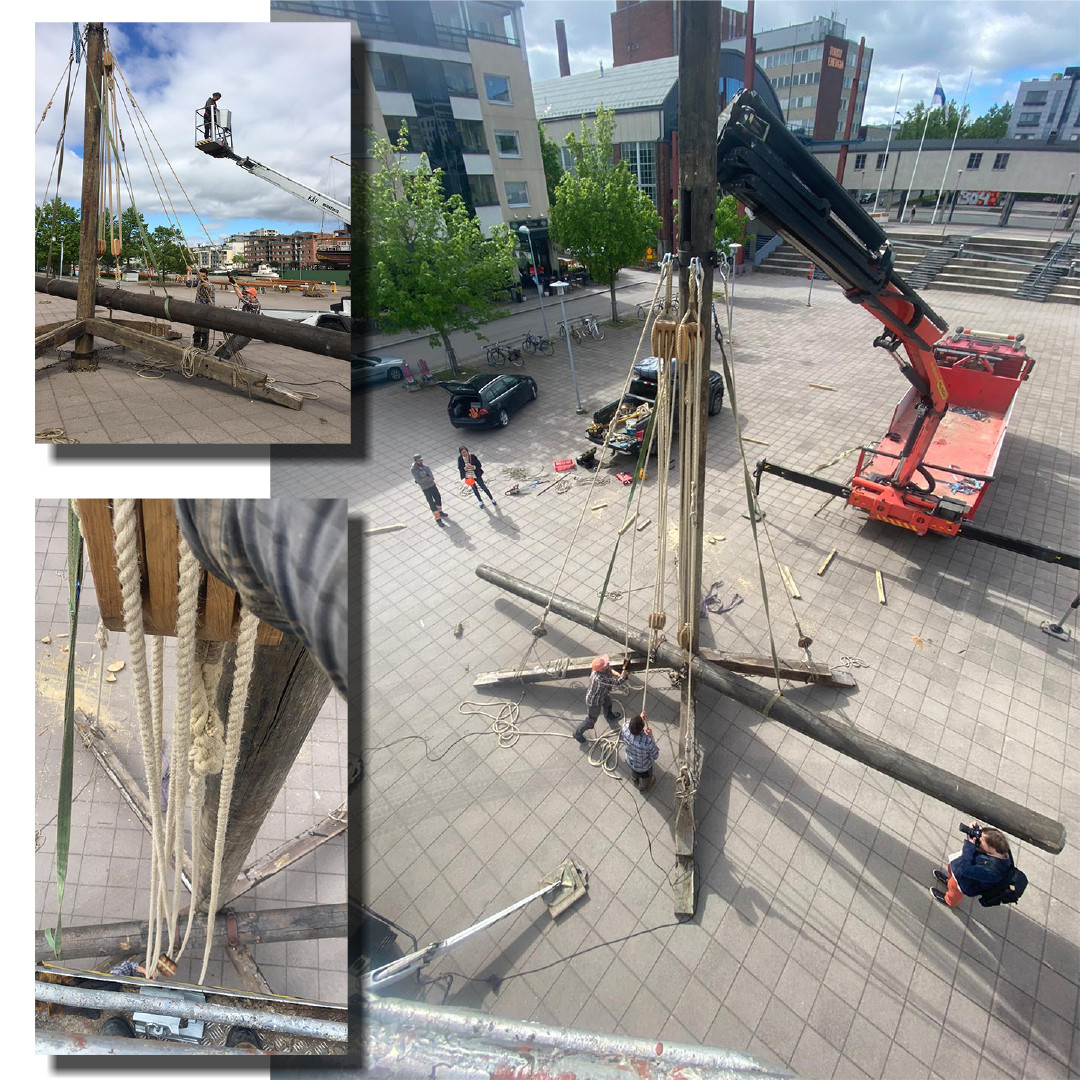
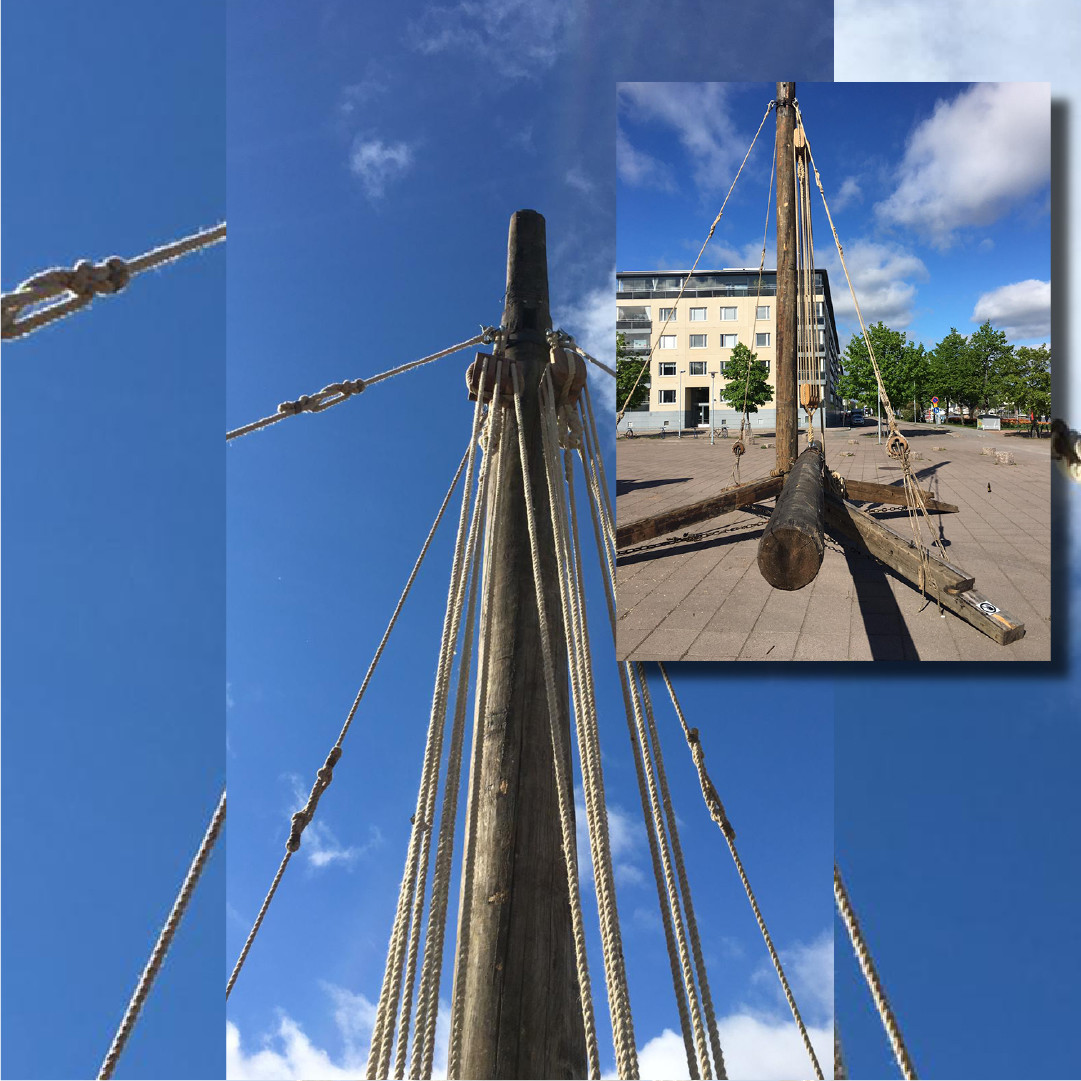
…
Contemporary Art Archipelago
Contemporary Art Archipelago
The installation consists of salvaged discarded masts, spars and other maritime wares donated from the museum-ship Sigyn (Turku, FI), a wooden barque built in 1887 that crossed the Atlantic and Indian oceans - as well as the North and Baltic seas - for trade. As Seili is situated next to the old Baltic maritime timber trade route, where passenger ferries pass today, Sigyn routinely sailed past this island. In 2018, the ship needed new masts. Unlike last two centuries, when Finland provided most European Empires with the timber and tar to build their fleets, when scouting for mast timber in 2018, only a handful of trees were found to be of suitable size. The masts which compose the seating area bear witness to the commodification of trees, the transatlantic timber trade as much as to the changing nature of Finnish forests, now largely servicing pulp production or the blue bio-economy at large.
Fields of May is commissioned by Contemporary Art Archipelago as part of Spectres in Change, and it is funded by Canada Art Council, Acción Cultural Española, and Kone Foundation.
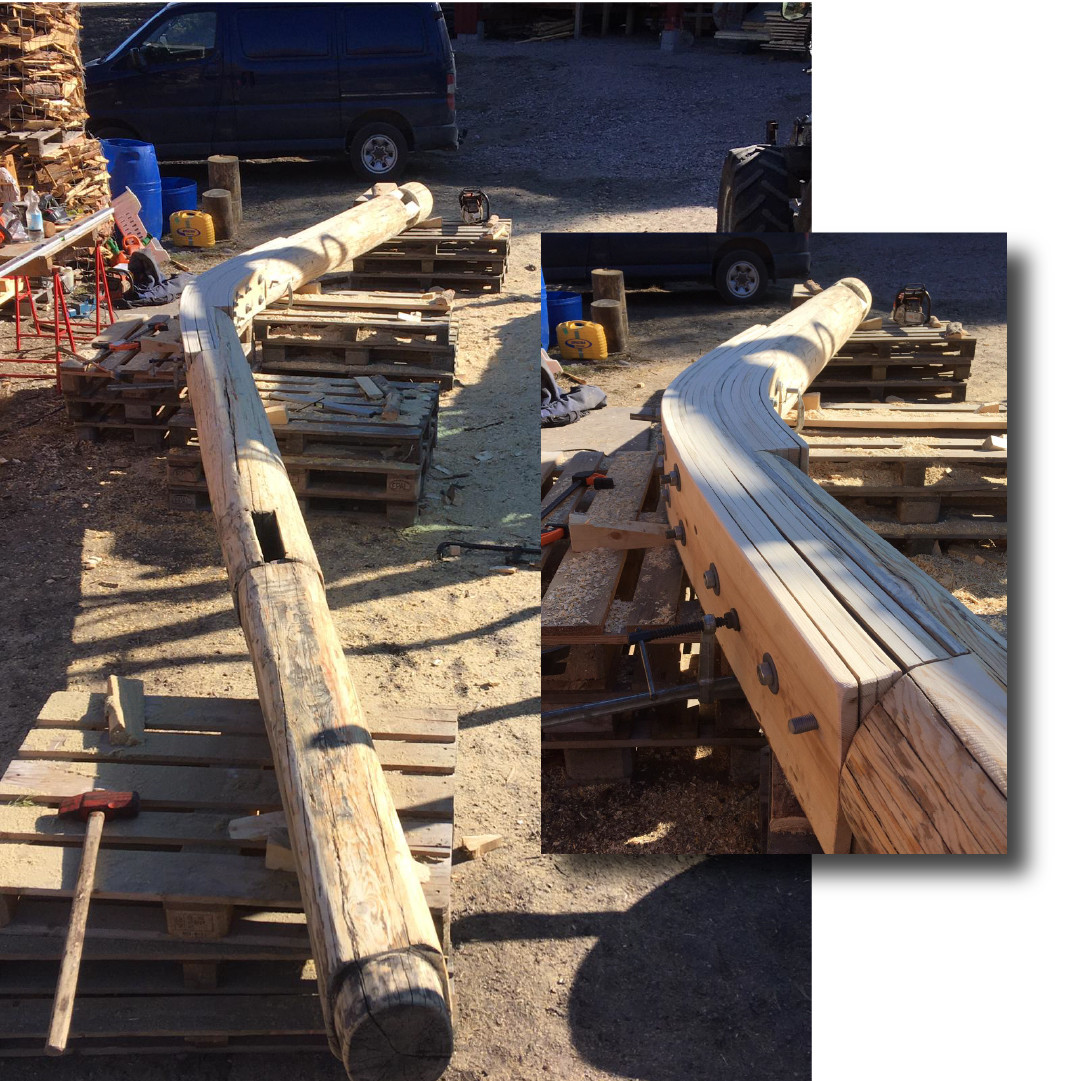
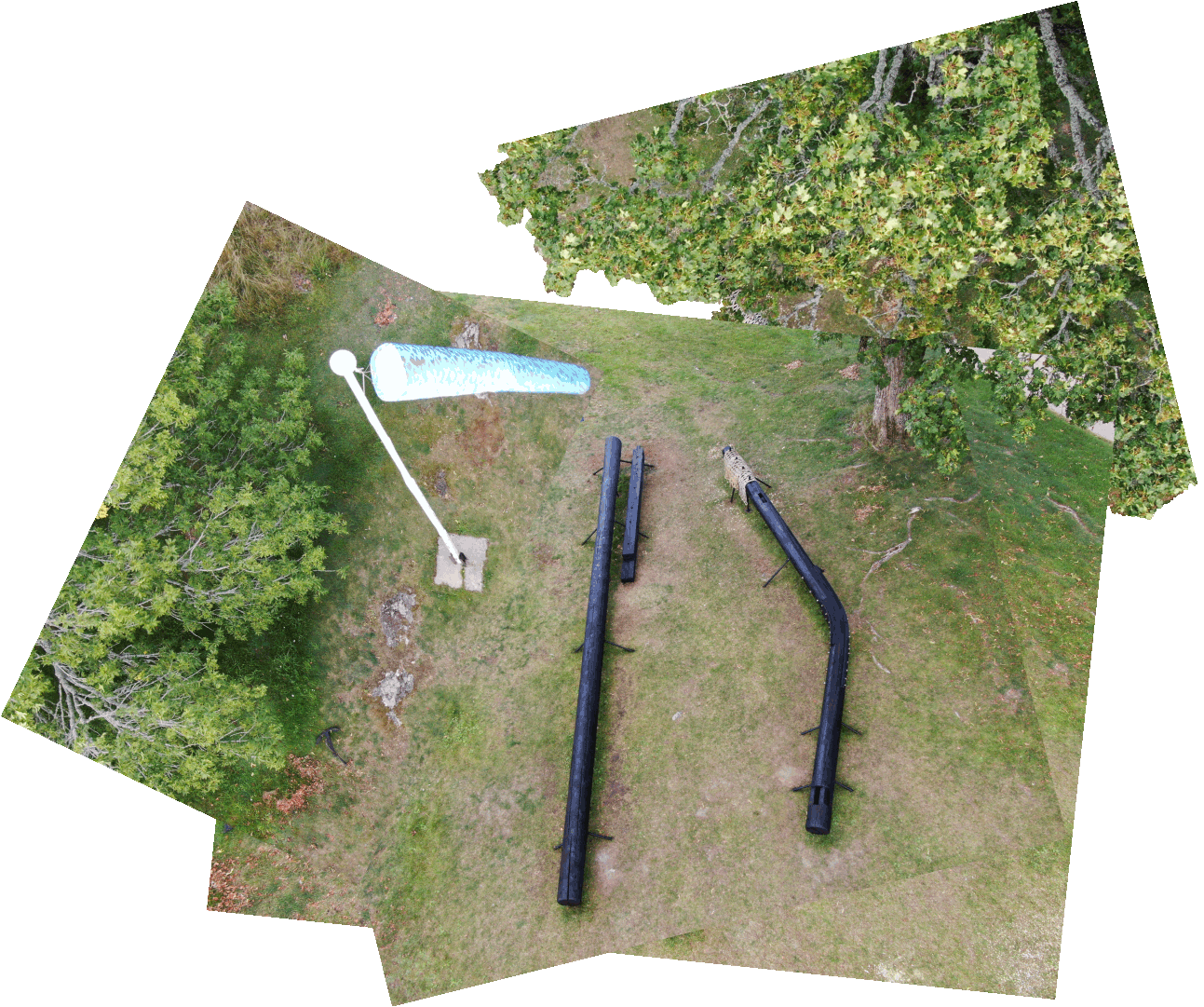
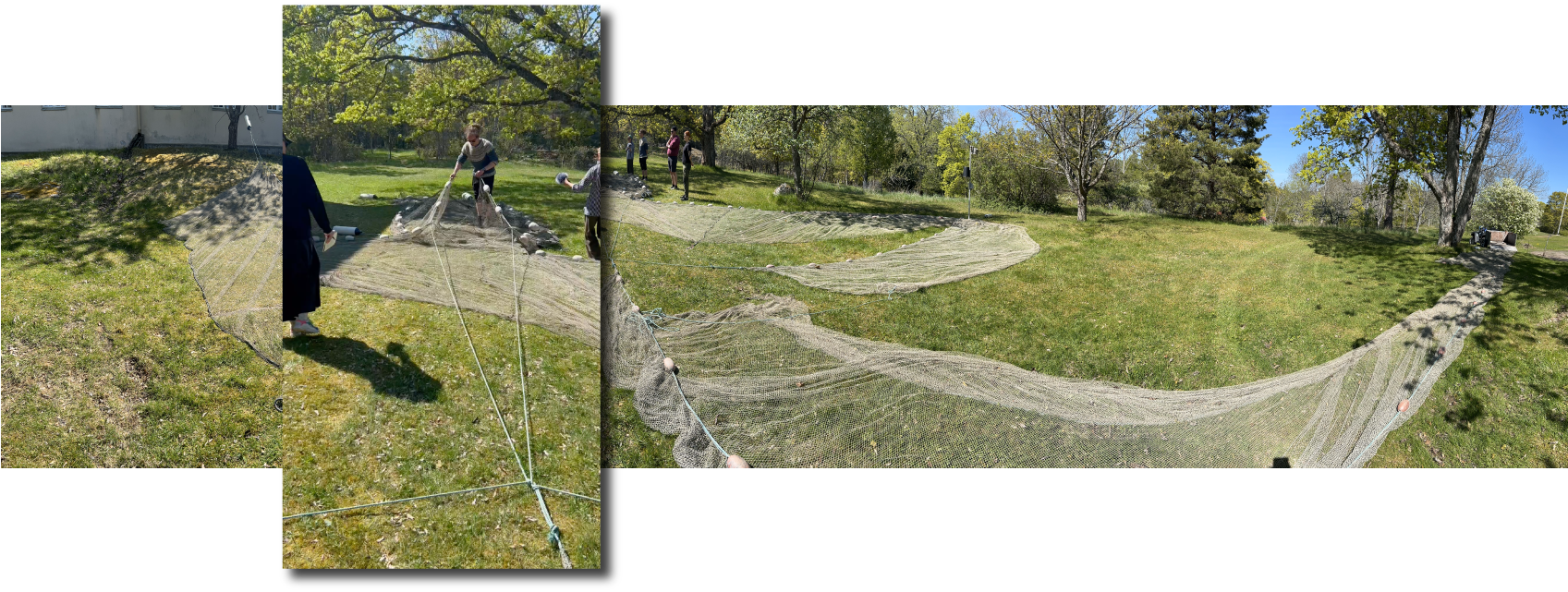
↓
Book
↓
Podcast
↓
Articles
↓
Booklet
EURO—VISION Undergrounding the Critical Mineral
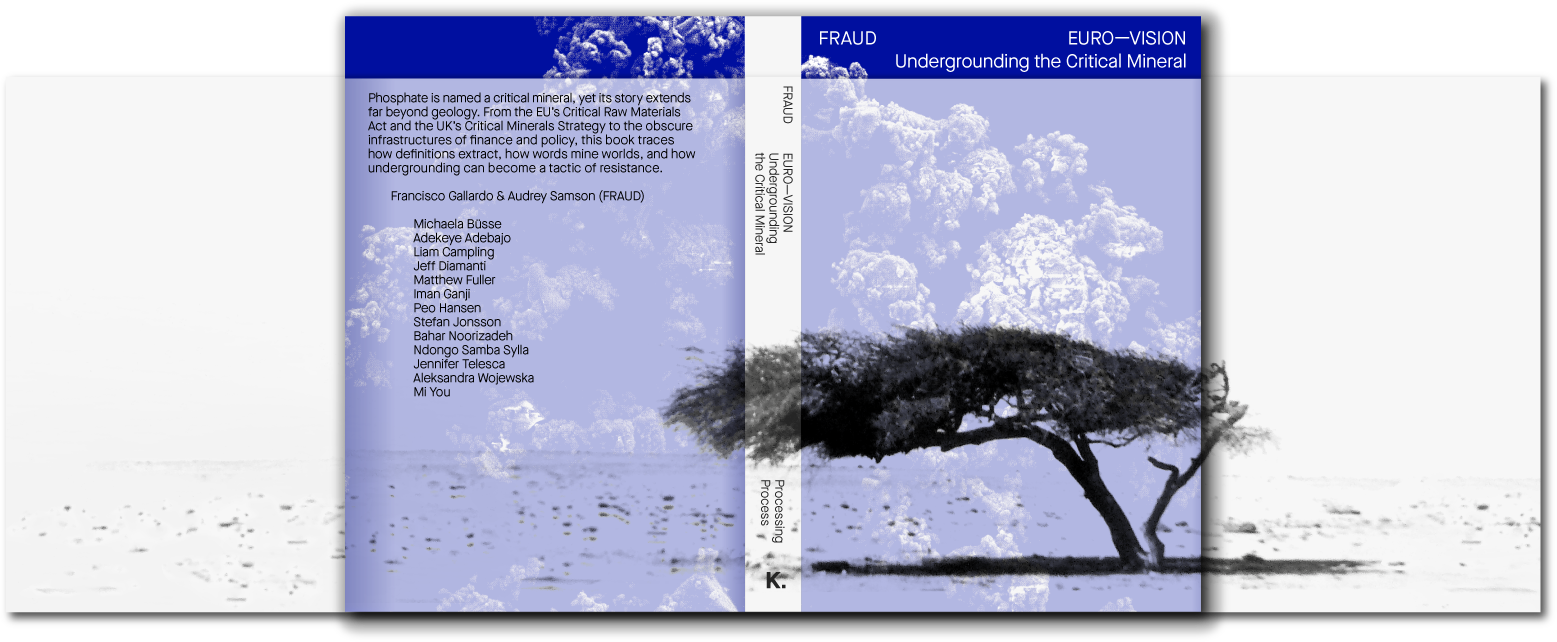
Developed by the artist duo

Link to online purchase here
EURO—VISION was made possible with support from the Canada Council for the Arts, the Flanders State of the Art, and the
British Academy.
Episode 10
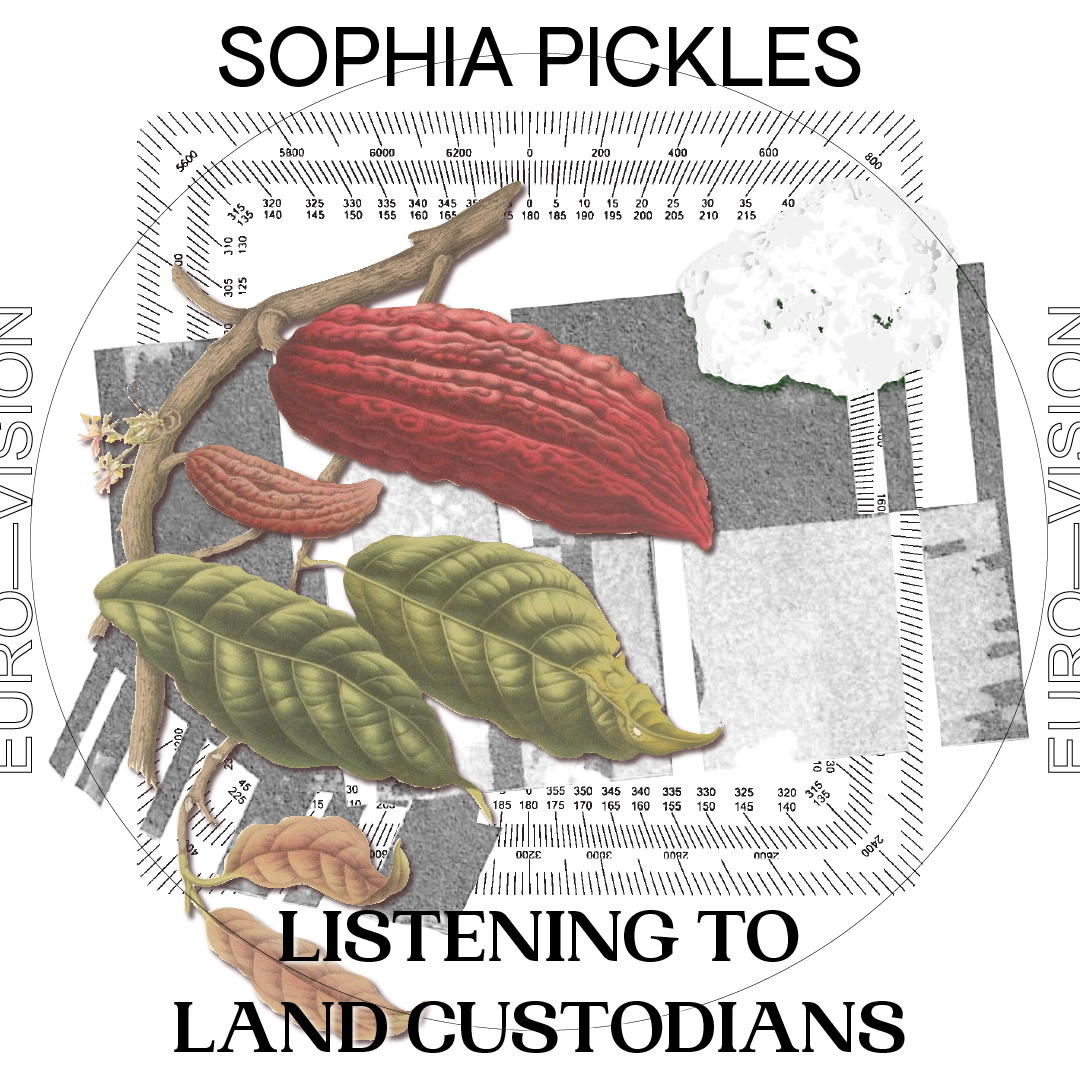
Listen this episode on your preferred podcast player via Audioboom
Play Episode
Download PDF
Episode 9

of trade, labour, and environmental extraction. Through the lens of price-setting, the entangled relationships between finance and resource management are rendered visible and open to critique.
Listen this episode on your preferred podcast player via Audioboom
Play Episode
Download PDF
Episode 8
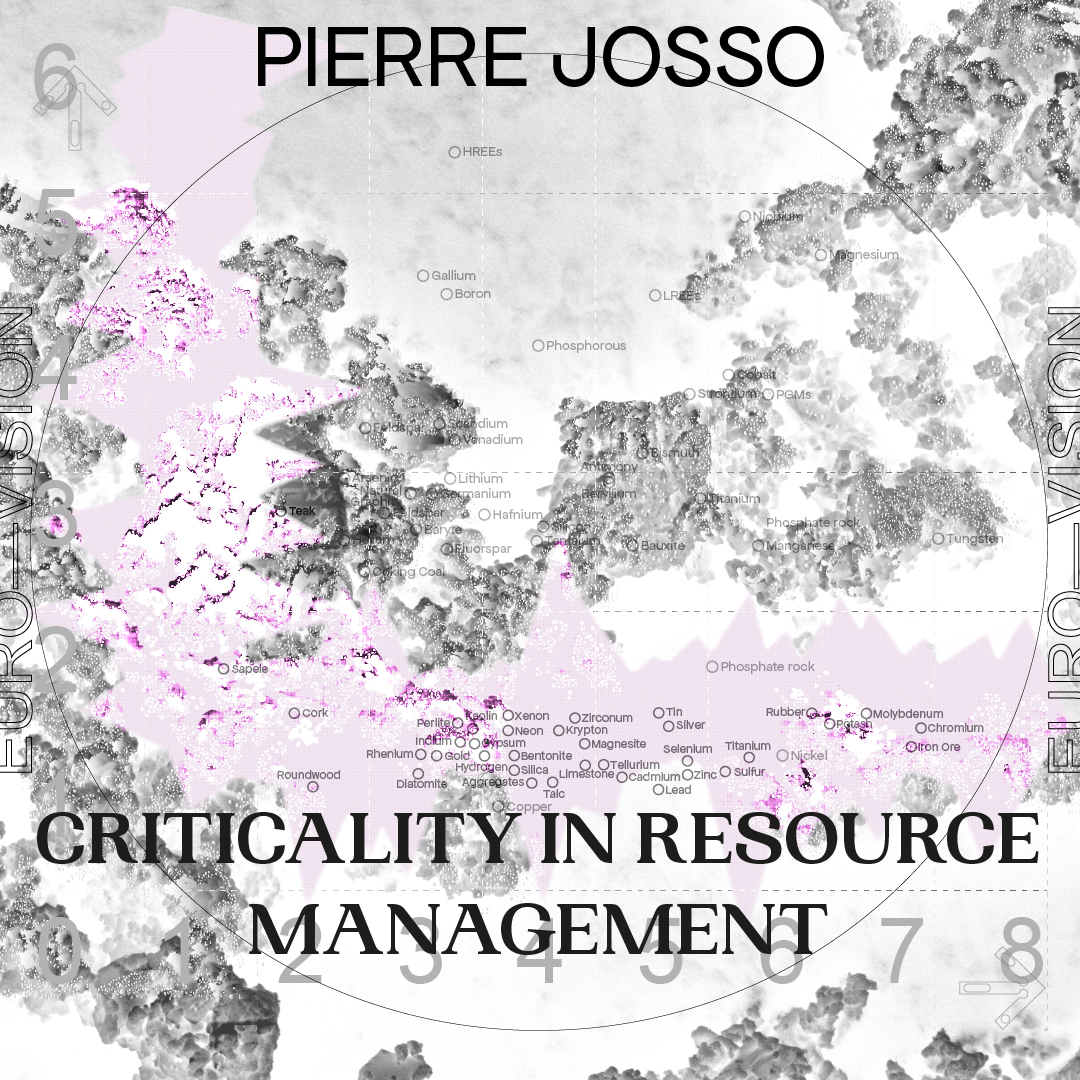
Listen this episode on your preferred podcast player via Audioboom
Play Episode
Download PDF
Episode 7

Listen this episode on your preferred podcast player via Audioboom
Play Episode
Download PDF
Episode 6

Listen this episode on Soundcloud
Listen this episode on your preferred podcast player via Audioboom
Play Episode
Download PDF
Episode 5

Listen this episode on Soundcloud
Listen this episode on your preferred podcast player via Audioboom
Play Episode
Download PDF
Episode 4

Listen this episode on Soundcloud
Listen this episode on your preferred podcast player via Audioboom
Play Episode
Download PDF
Episode 3

Listen this episode on Soundcloud
Listen this episode on your preferred podcast player via Audioboom
Play Episode
Download PDF
Episode 2

This institutionalised the colonies' role as purveyors of raw materials. Hansen and Jonsson have summarised it as follows: “Eurafrica is able to make sense both of the political and discursive discontinuity and the infrastructural or economic continuity between the late colonial period and an emerging Neo-colonial globalisation.” This is supported by archival research, foremost into the inter-governmental negotiations that led up to the signing of the Treaty of Rome in 1957, and numerous other sources. As one analyst put it in 1957: “It is in Africa that Europe will be made”.
Listen this episode on Soundcloud
Listen this episode on your preferred podcast player via Audioboom
Play Episode
Download PDF
Episode 1

Listen this episode on Soundcloud
Listen this episode on your preferred podcast player via Audioboom
Play Episode
Download PDF
About the EURO—VISION podcast series
A series of weekly podcasts featuring conversations with activists, scholars, fisherpeople and artists, hosted by
Speakers include:
Prof. Adekeye Adebajo, Director of the Institute for Pan-African Thought and Conversation at the University of Johannesburg, South Africa.
Dr Epifania Akosua Amoo-Adare, artist, architect and independent scholar based in Accra, Ghana.
Dr Nishat Awan, Topological Atlas, Delft University of Technology, The Netherlands.
Prof. Liam Campling, International Business and Development, School of Business and Management of Queen Mary, University of London, England.
Collectif des Communautés Subsahariennes au Maroc (Subsaharan Community Collective, Rabat, Morocco.
Ms Micheline Dion Somplehi (vice-president of the National Federation of Fisheries Cooperatives in Ivory Coast (FENACOPECI), and head of the Women’s Programme of the African Confederation of Artisanal Fisheries Professional Organisations (CAOP), based in Abobodoumé, Ivory Coast.
Dr James Esson, Reader in Human Geography, Loughborough University, England.
Ms Béatrice Gorez, coordinator for the Coalition for Fair Fisheries Agreements, based in Brussels, Belgium.
Prof. Peo Hansen, Political Science, Division of Migration, Ethnicity and Society (REMESO), Linköping University, Sweden.
Prof. Stefan Jonsson, Ethnic Studies, Division of Migration, Ethnicity and Society (REMESO), Linköping University, Sweden.
Mr Nii Ayitey Sackey, traditional fisherperson from the Greater Accra area, Ghana.
Mr Solomon Sampa, traditional fisherperson from the Greater Accra area, Ghana.
Dr Ndongo Samba Sylla, development economist at the Rosa Luxemburg Foundation, Dakar, Sénégal.
Original music by Frédéric Laurier
Sound editing by Kitty Turner
Listen this series on soundcloud
Listen this series on your podcast player via audioboom
More-than-Human Legal Ecologies
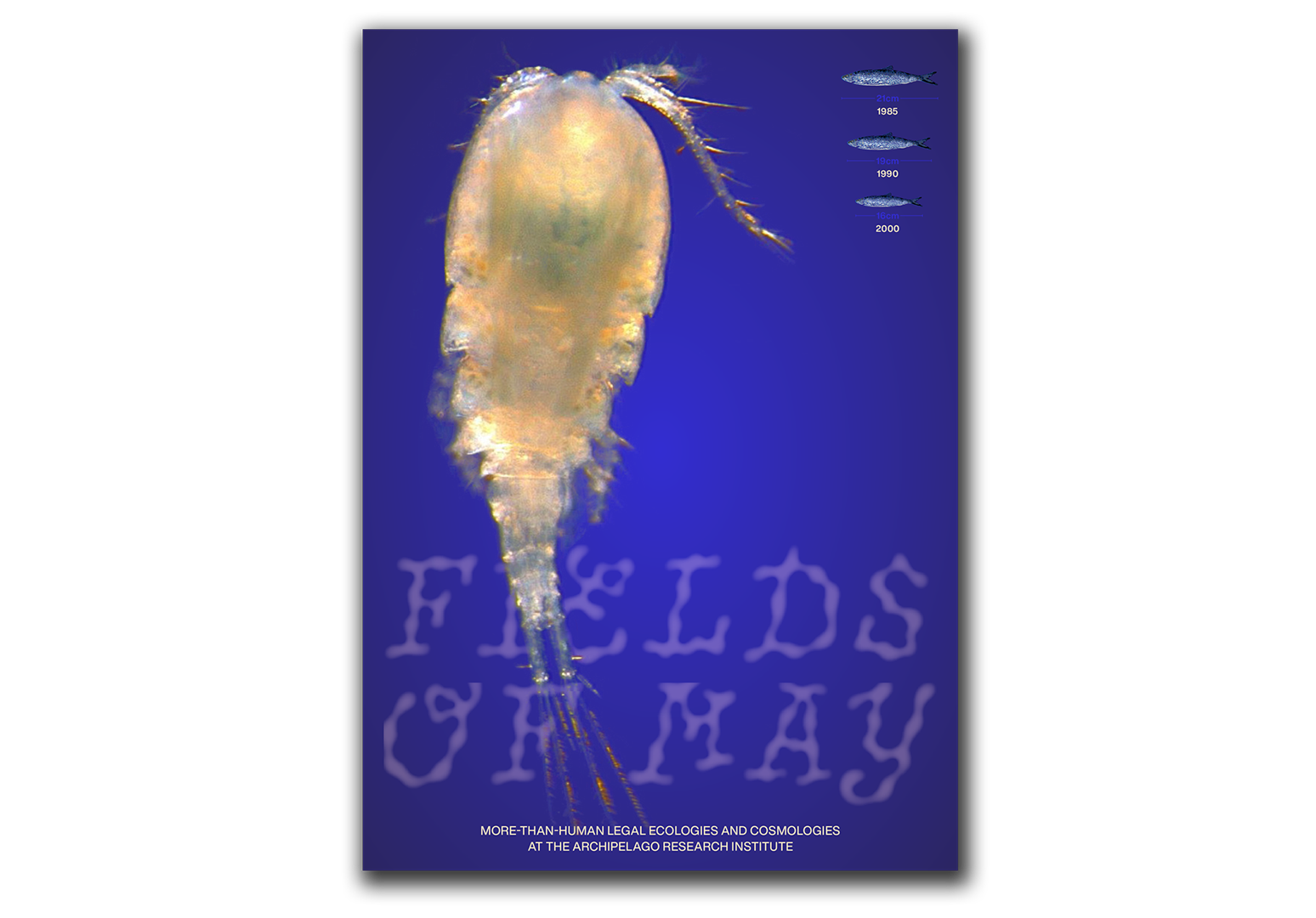
Download PDF
Partnerships; or how to reap without sowing

Download PDF
Geographies of Toxic Wellness

Download PDF
Immutability, Management, Trees
The following presents an asynchronous and tangential exchange between Chris Lee and
Download PDF
Carbon Leakage

Forests, footprints, industry pollution, credits, emissions, animate and non-animate alike are measured and valued in terms of carbon, and their potential to sequester it. In the wake of climate catastrophe, carbon as currency becomes a tool that capitalises in the present upon the uncertainty of the future.
Following this logic, carbon has been introduced as commodity on the futures market, to be traded, exchanged, and subjected to market speculation, leading to heavy industry polluters incurring windfall profits.
This text was included in Jesper Eriksson's 'COAL: POST FUEL', for the Swedish Pavilion presented at the London Design Biennale 2018.
Download PDF
COMMERCIAL EXTINCTION: The Exhaustion of Exhaustion
In this article for the Empire Shop Remains,
Download PDF
EURO—VISION: the booklet

Download PDF
✕